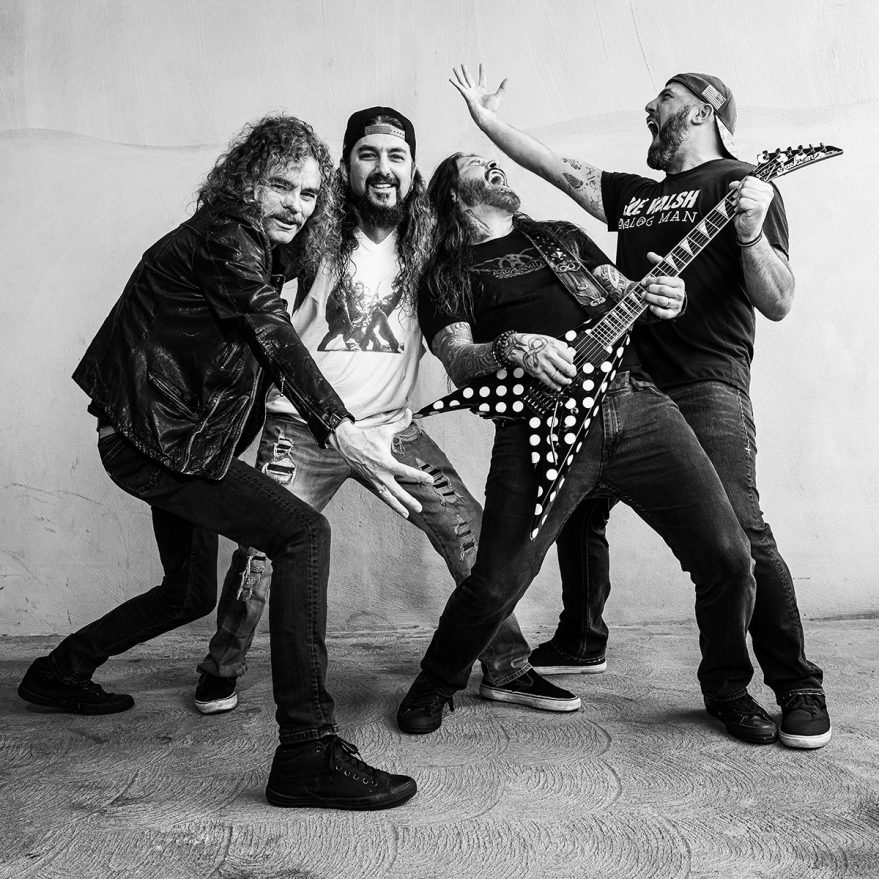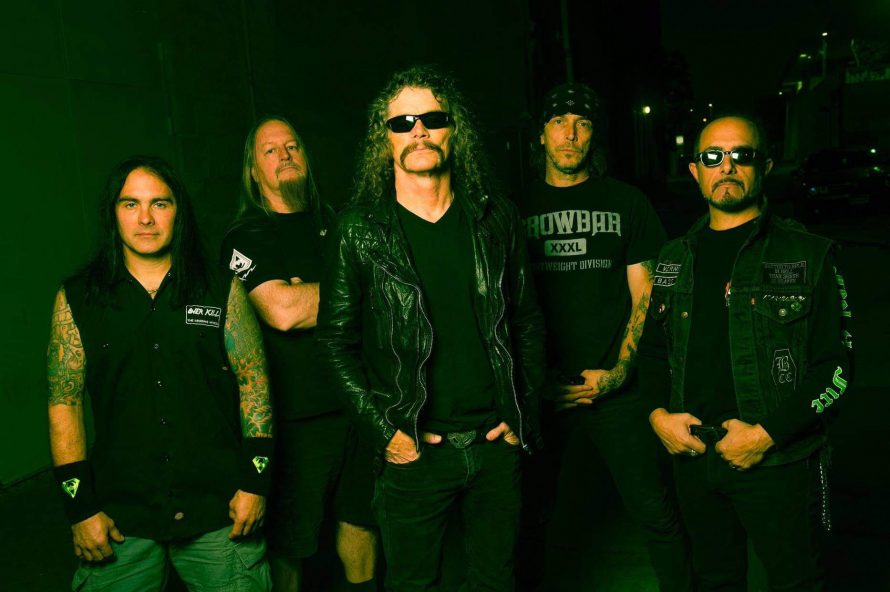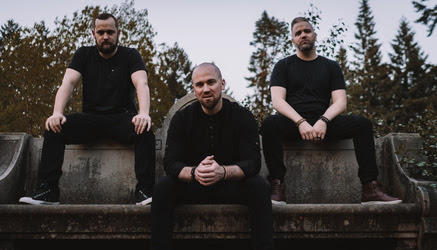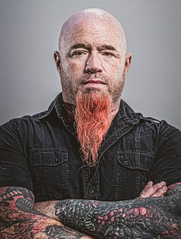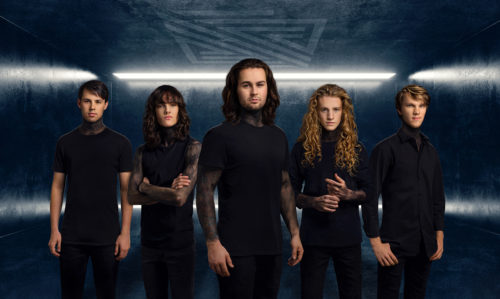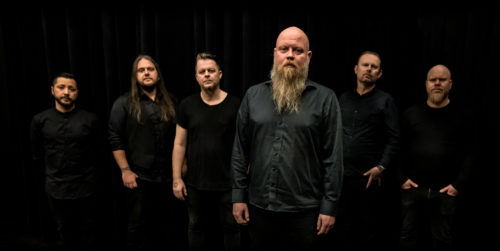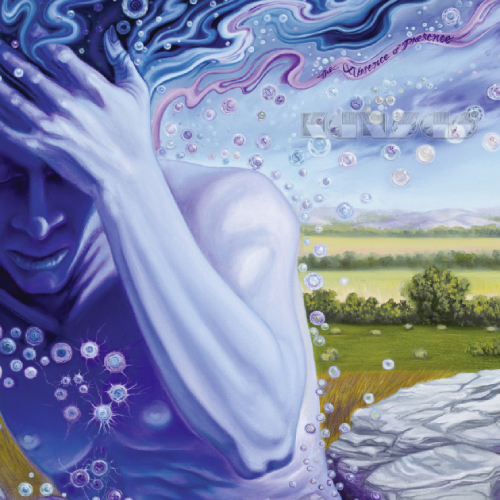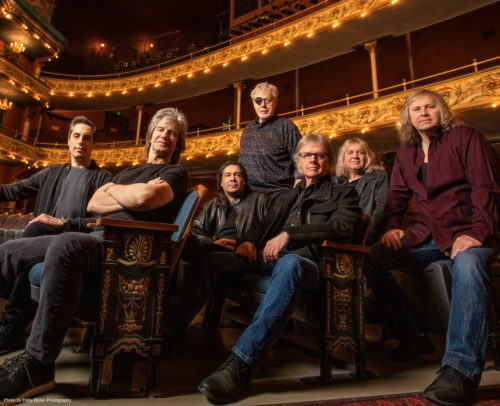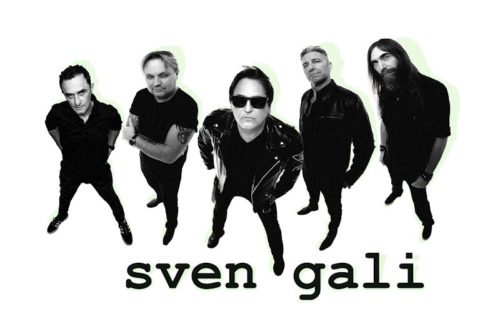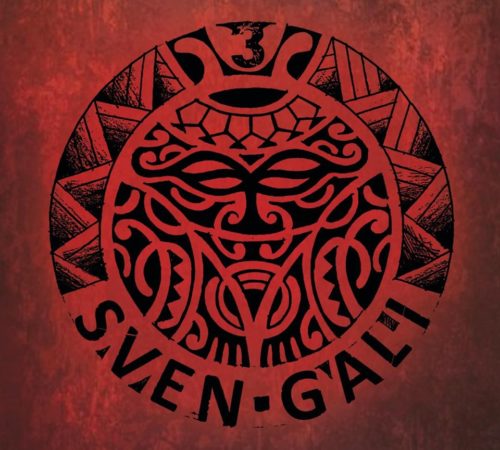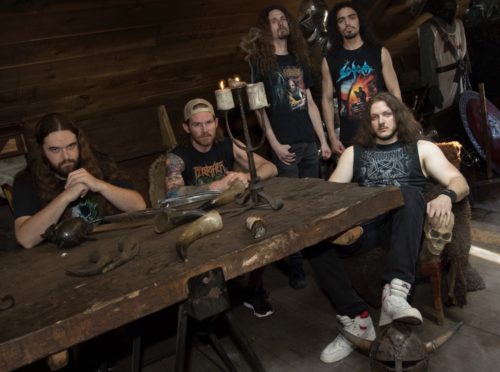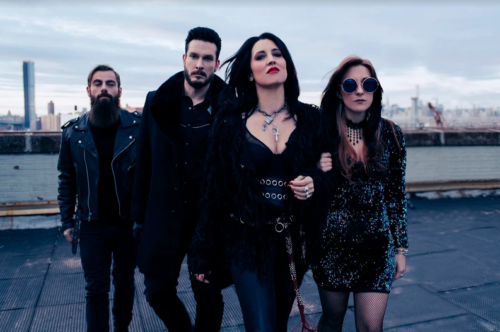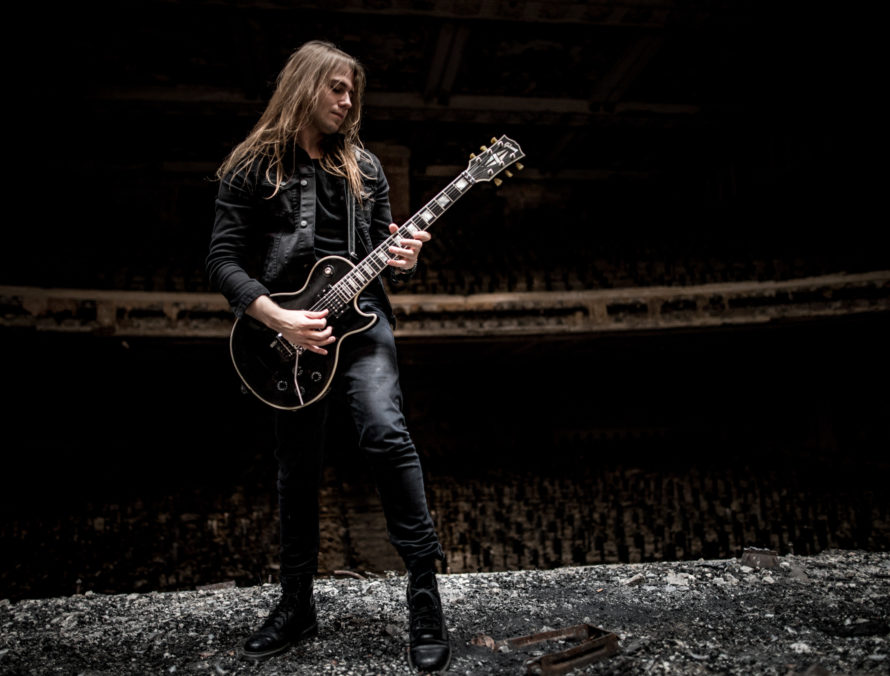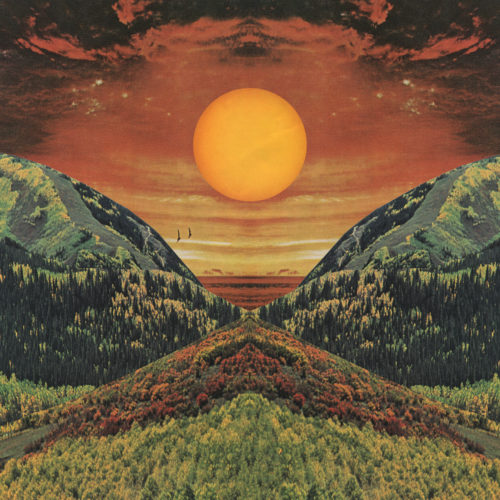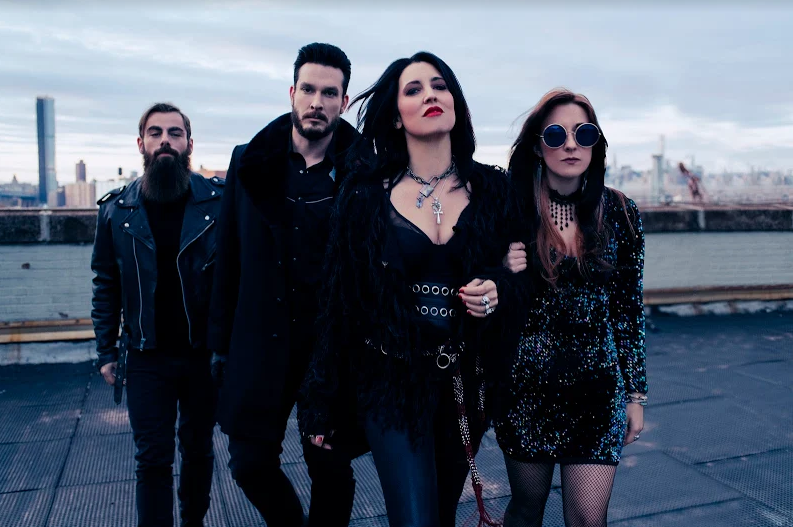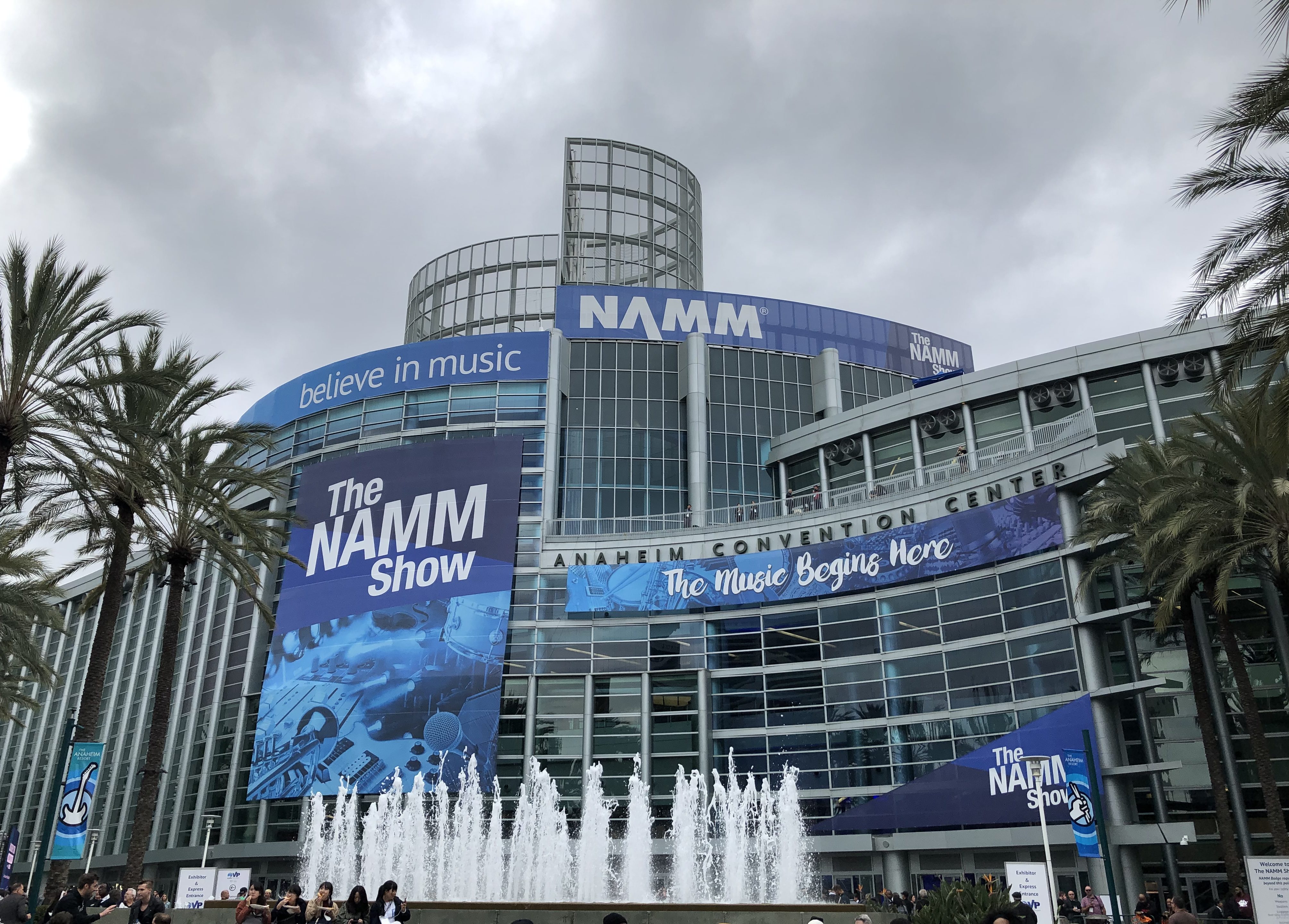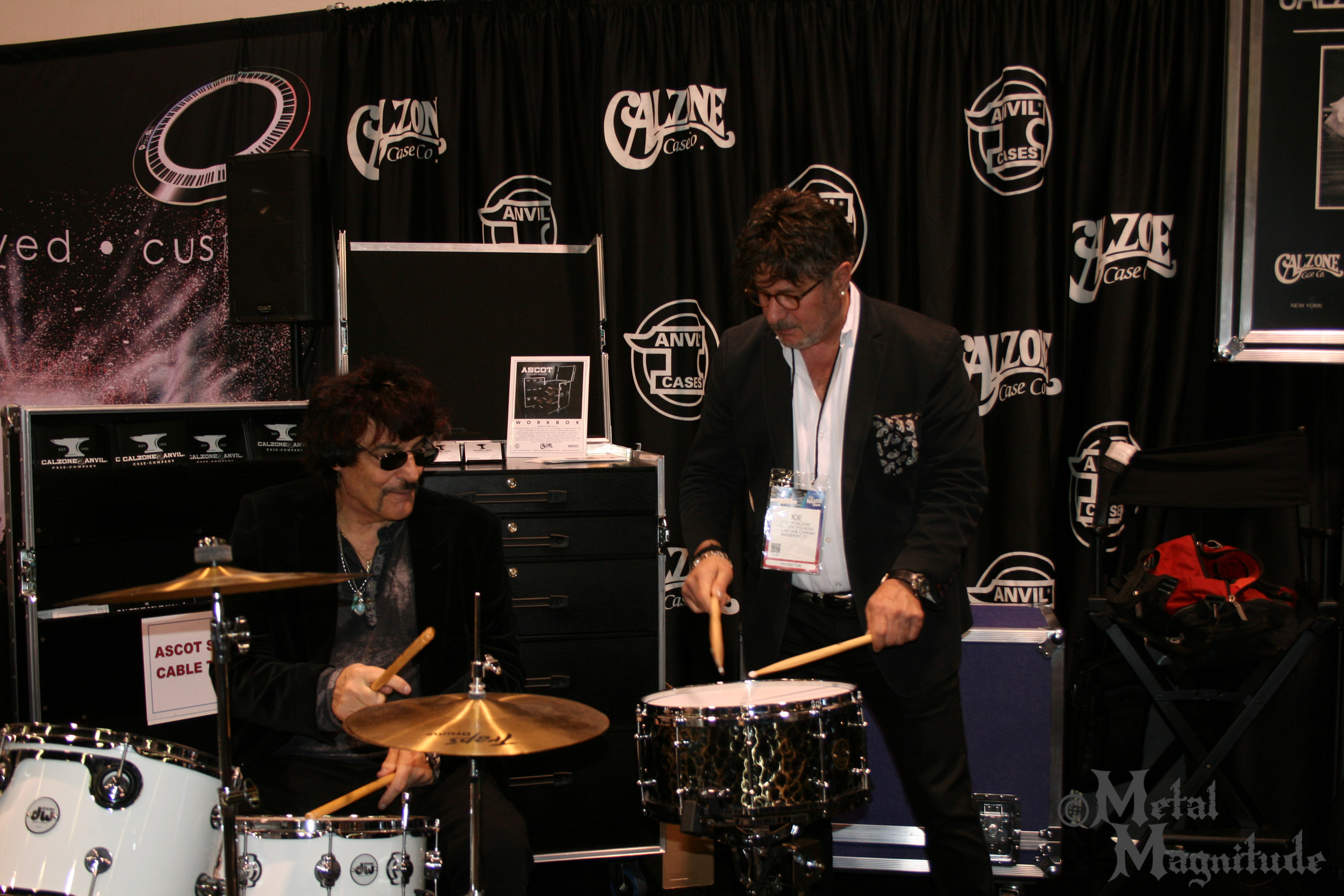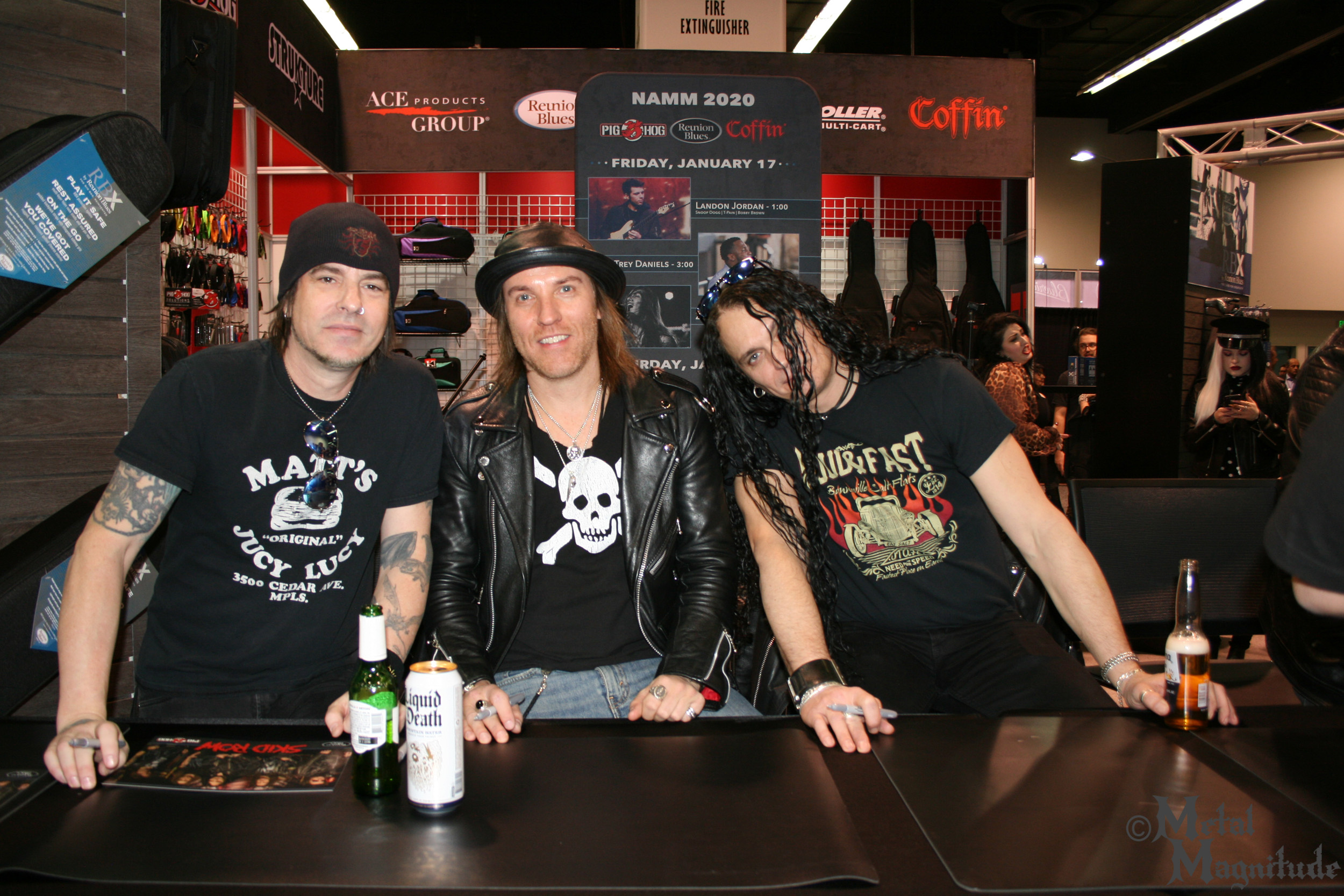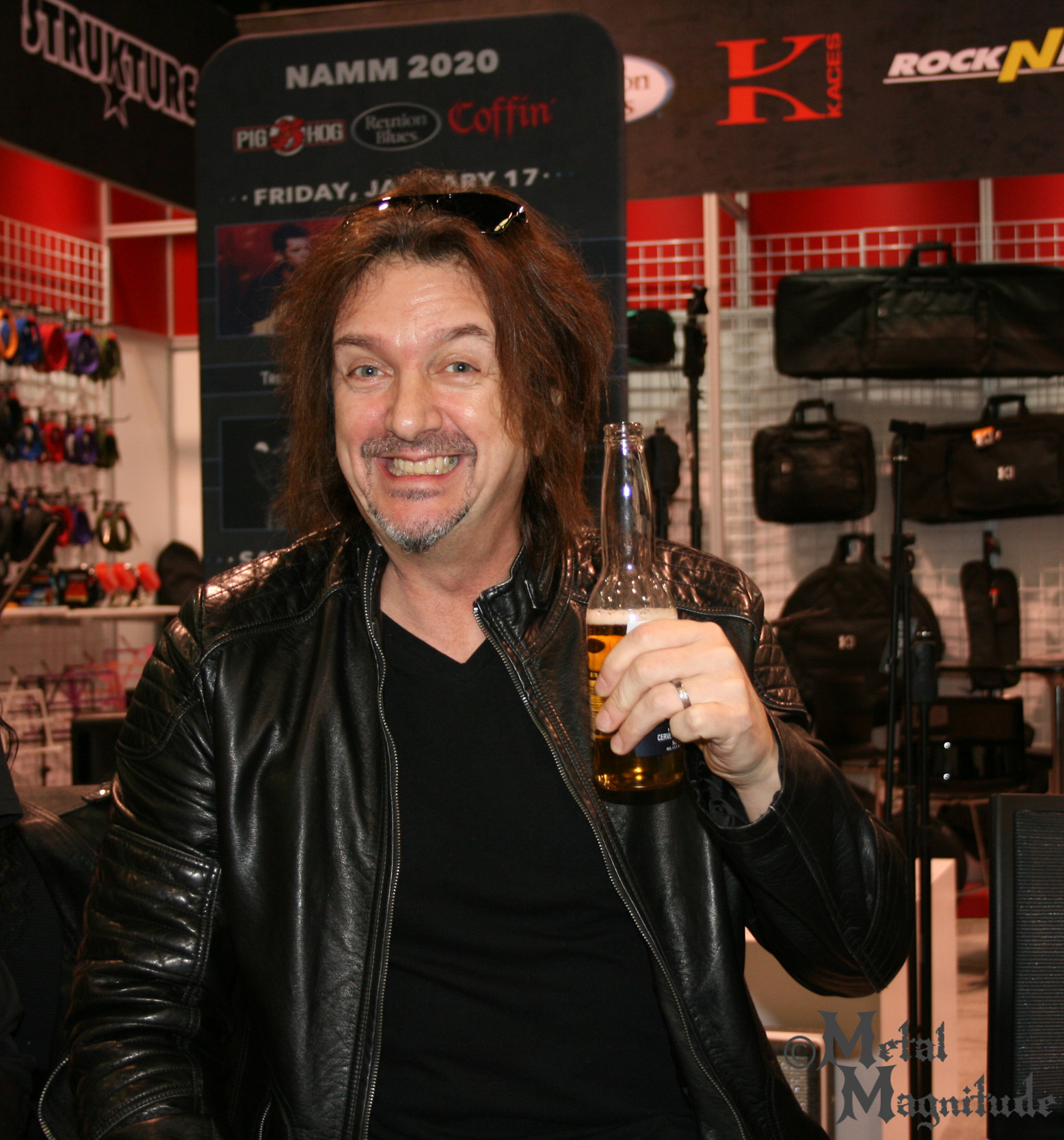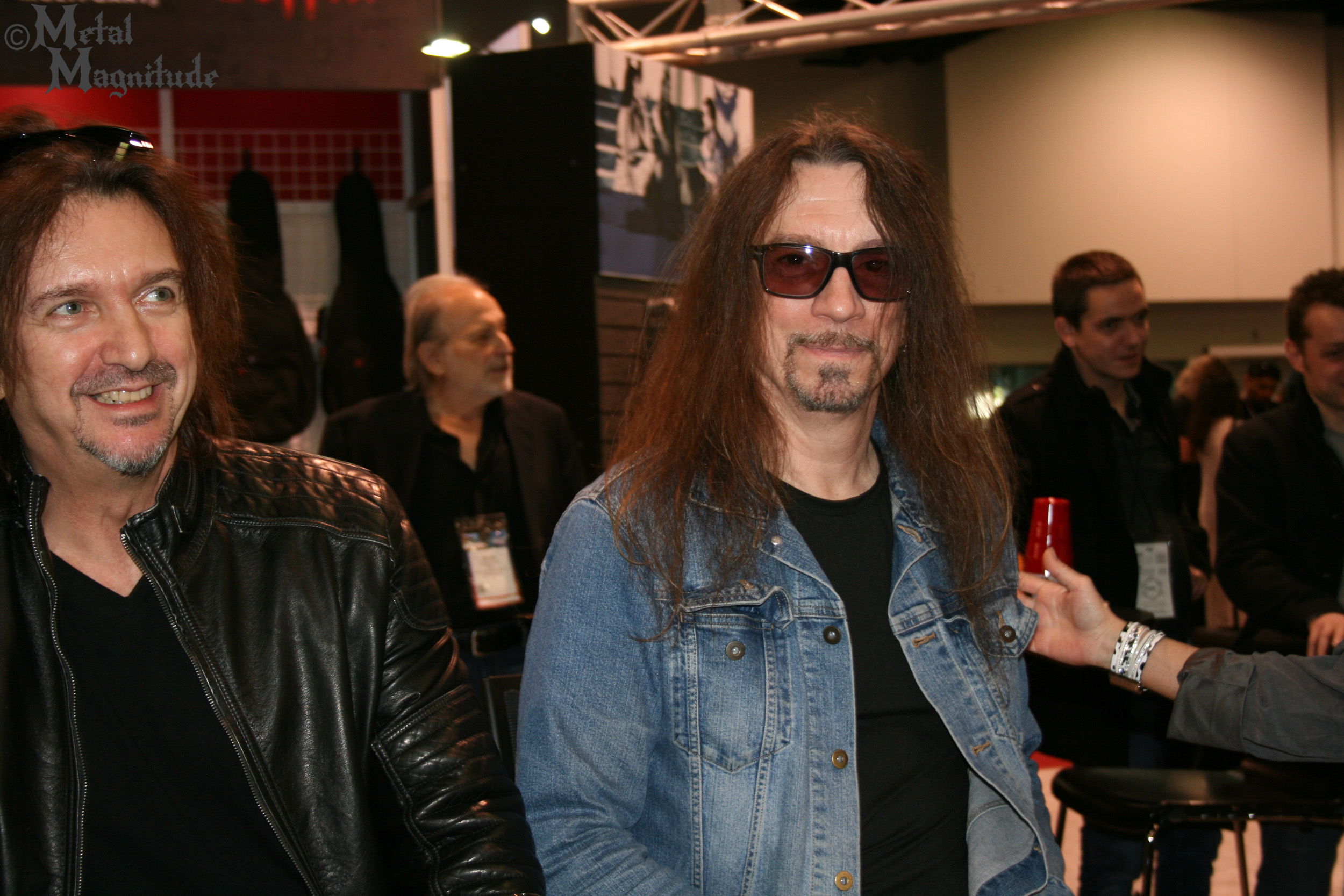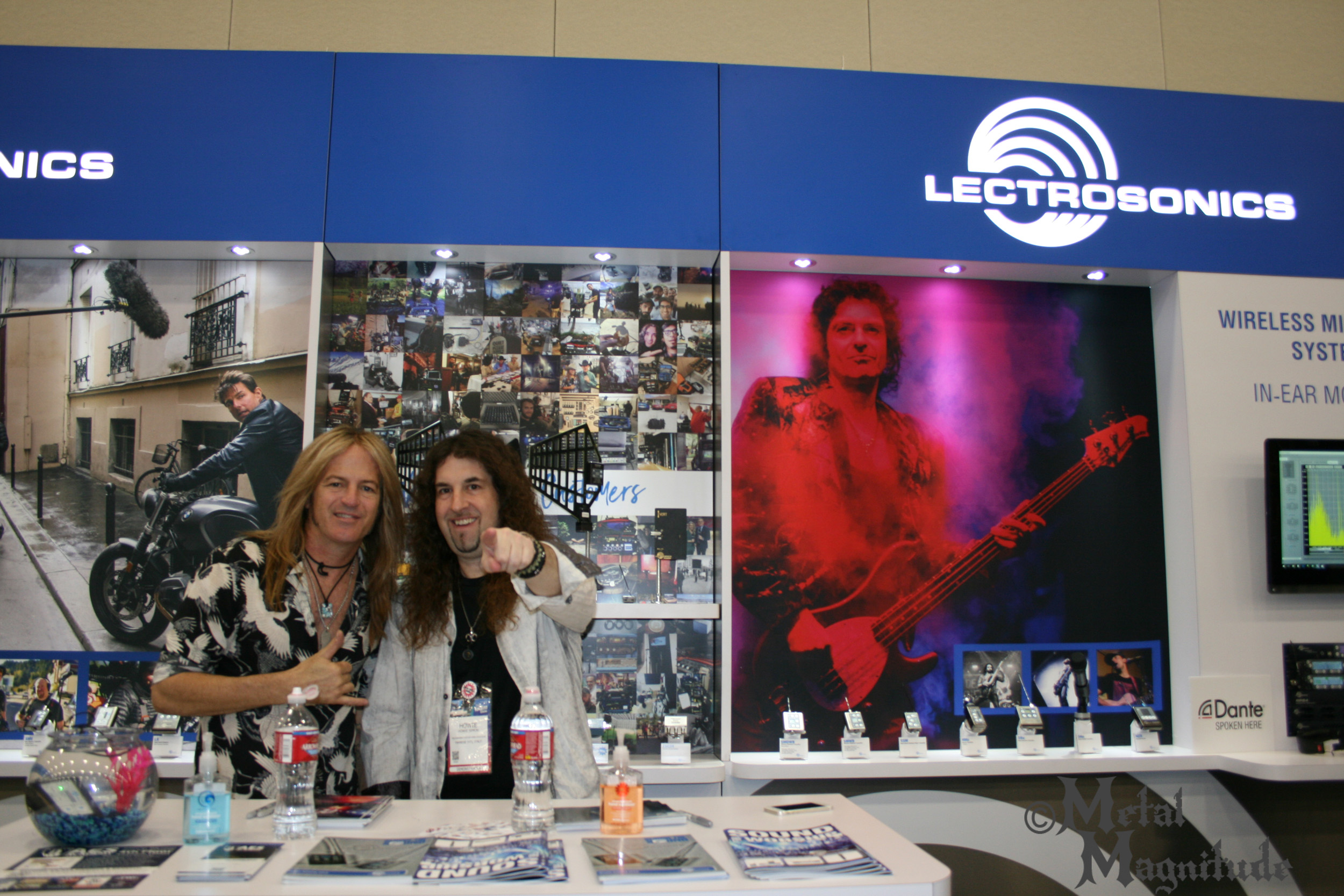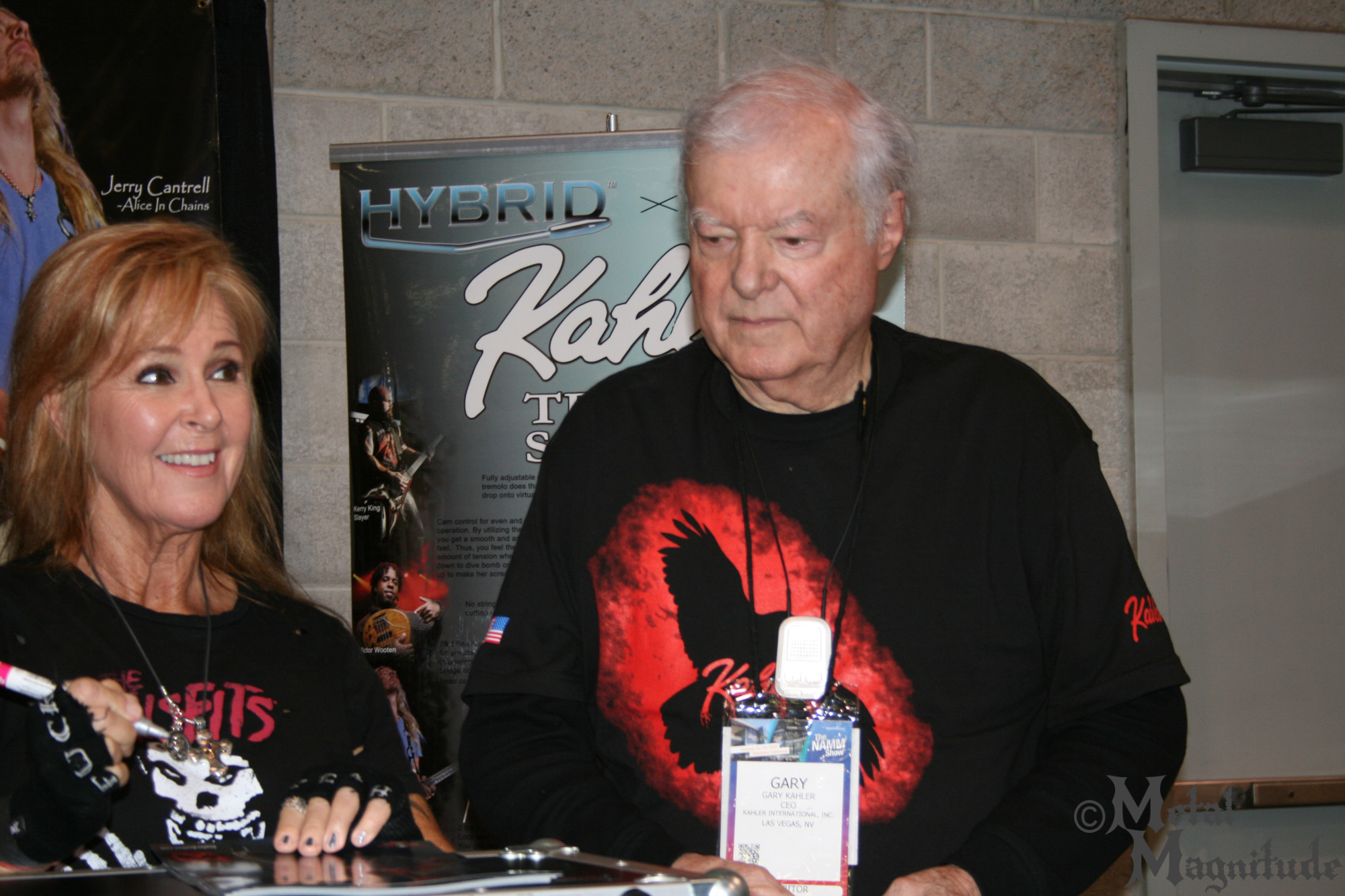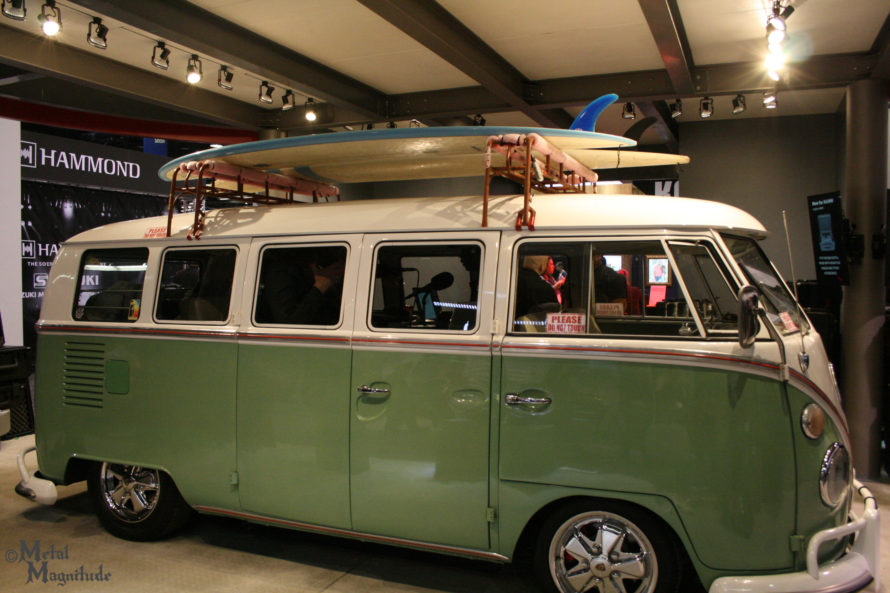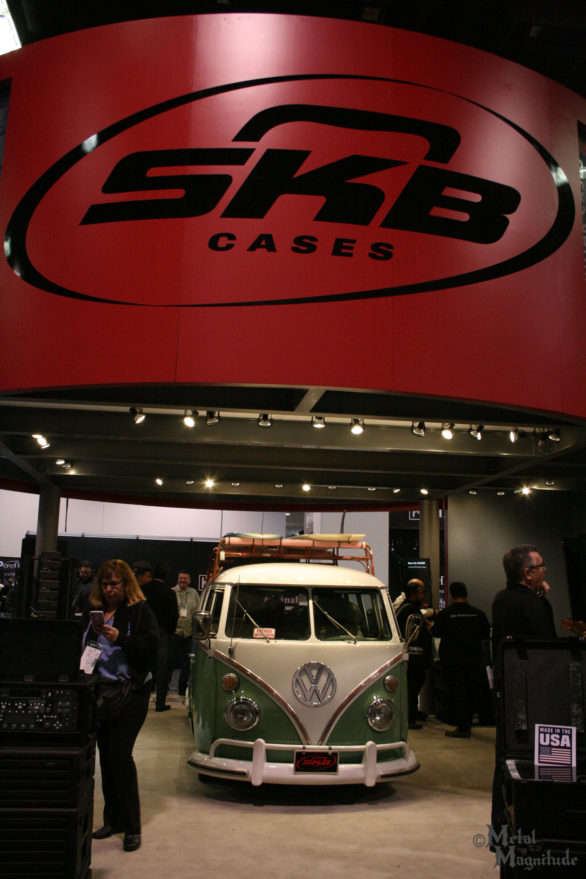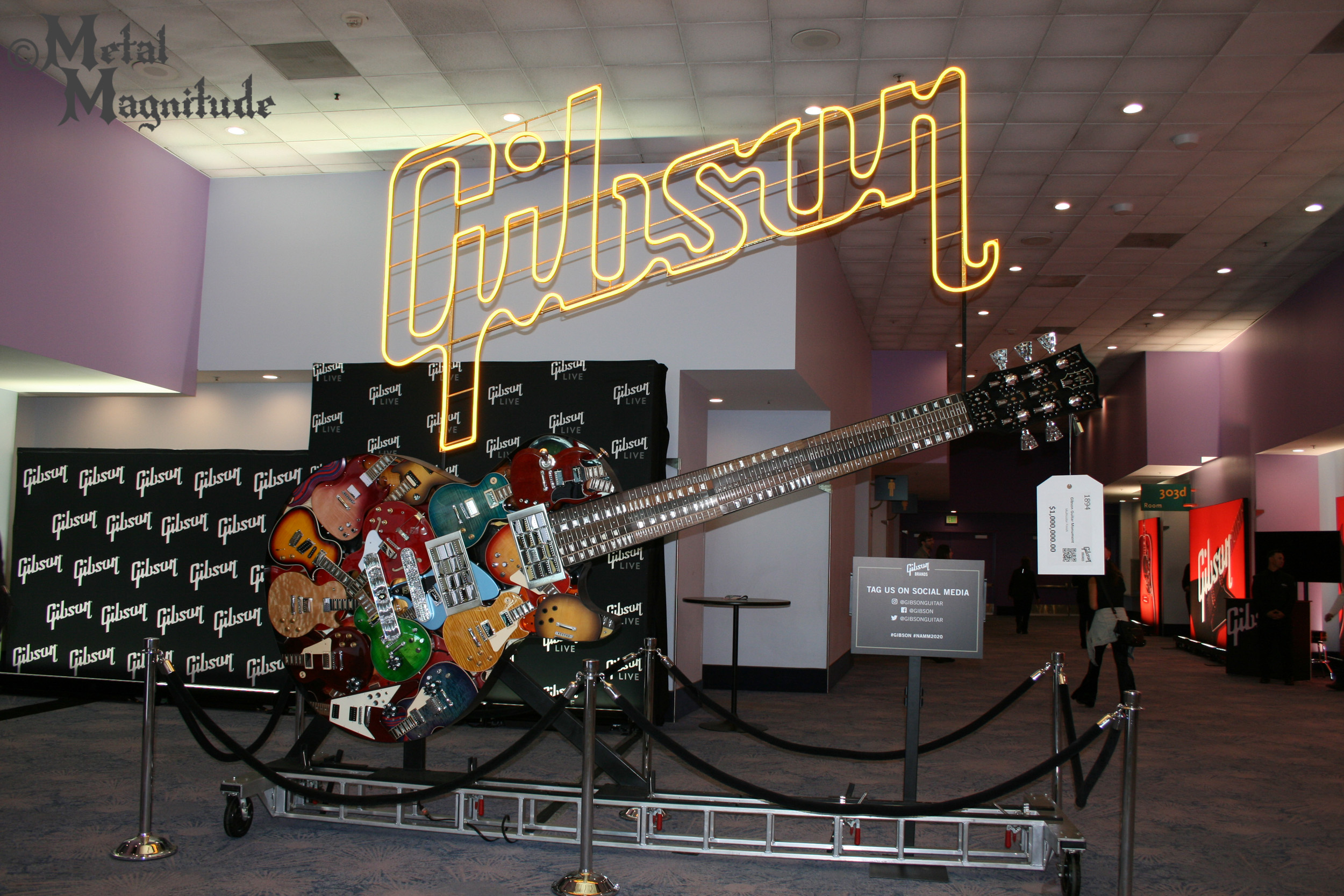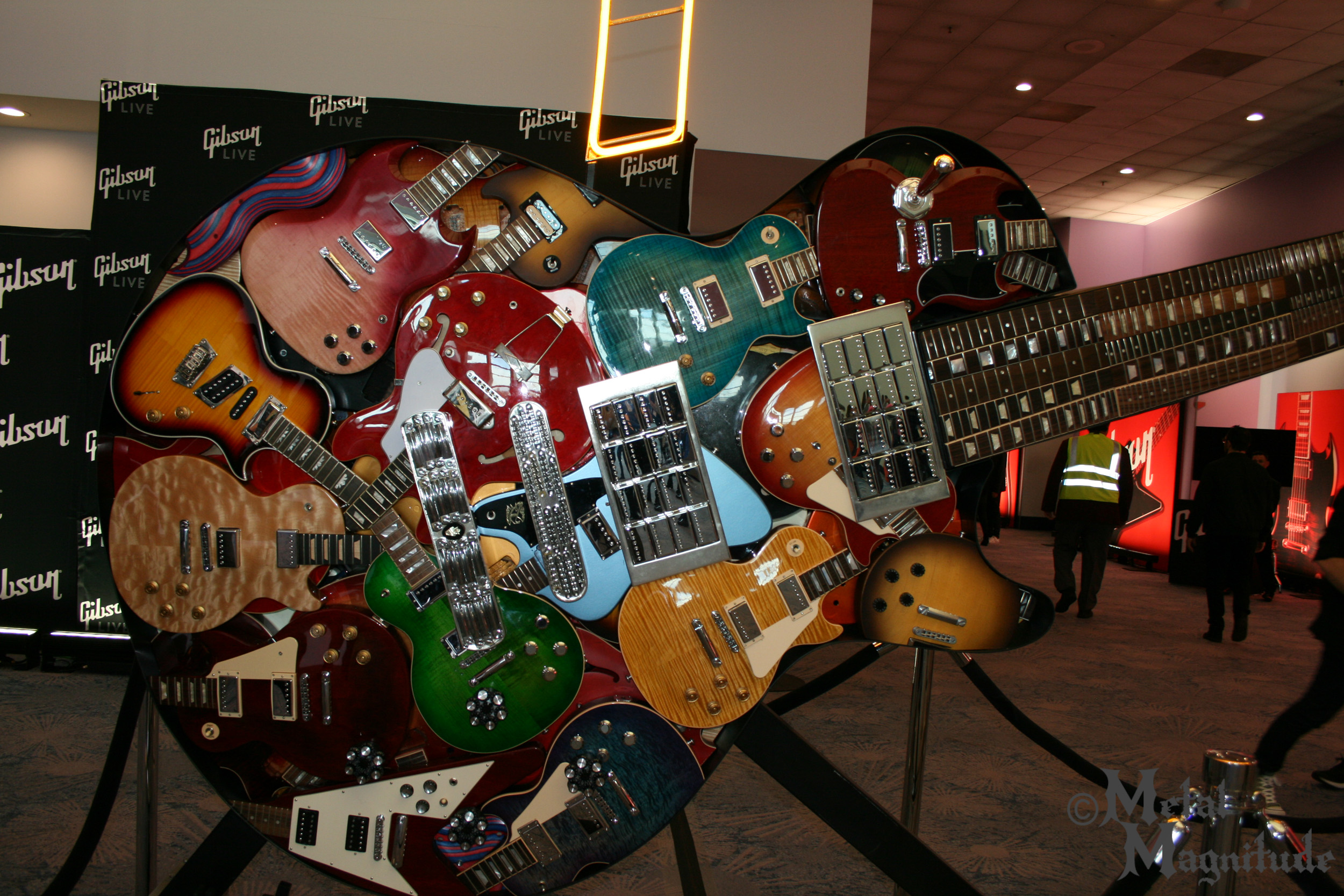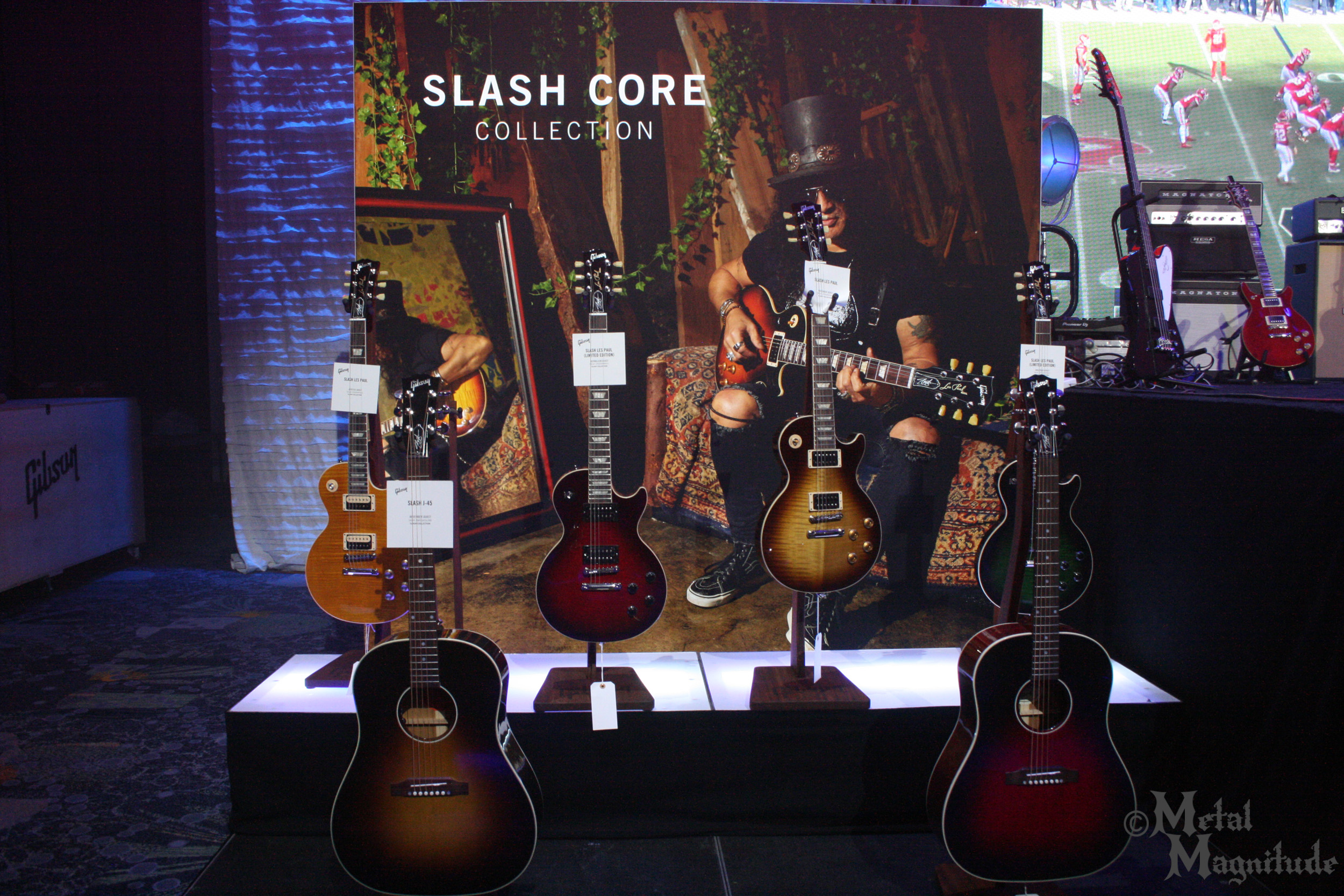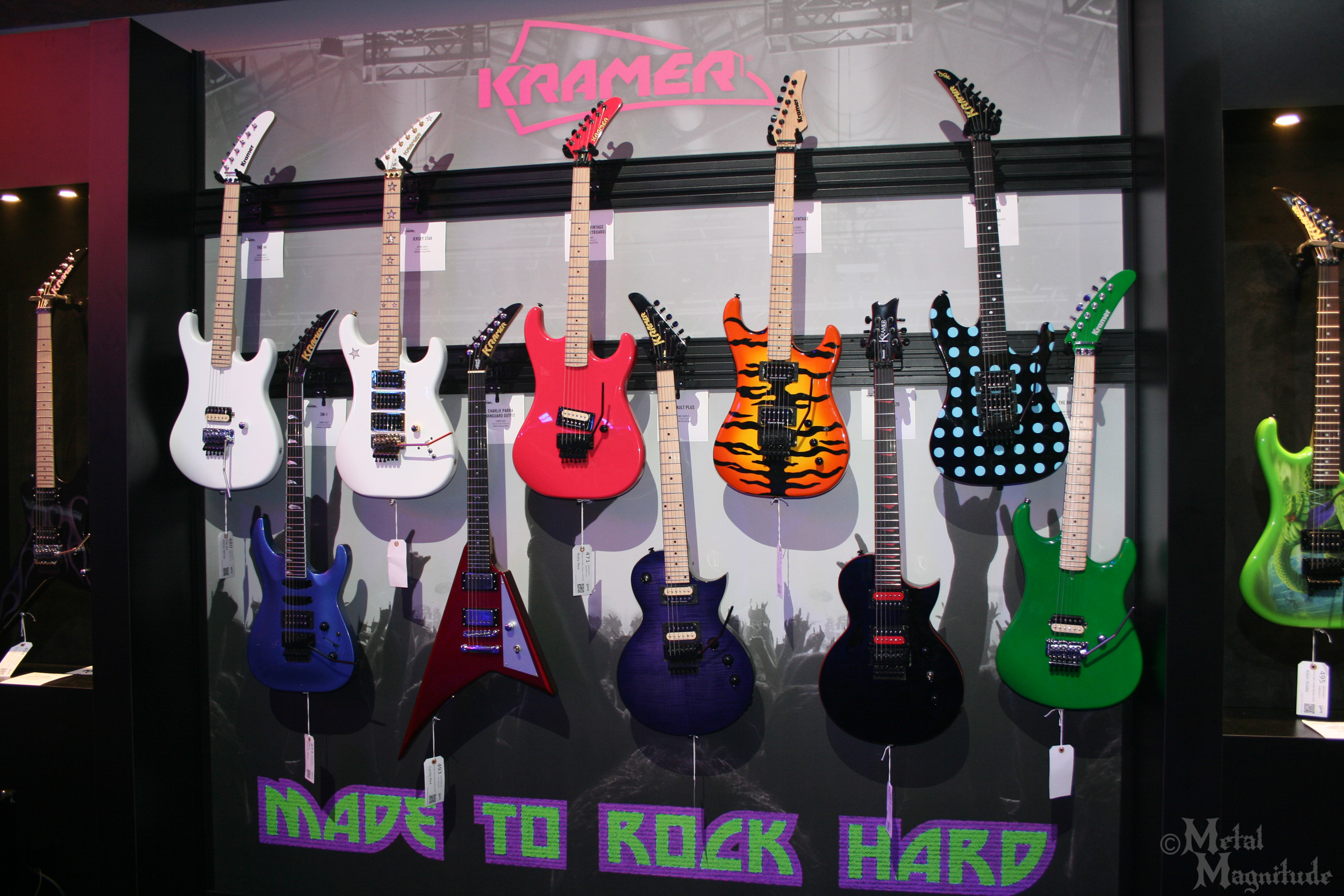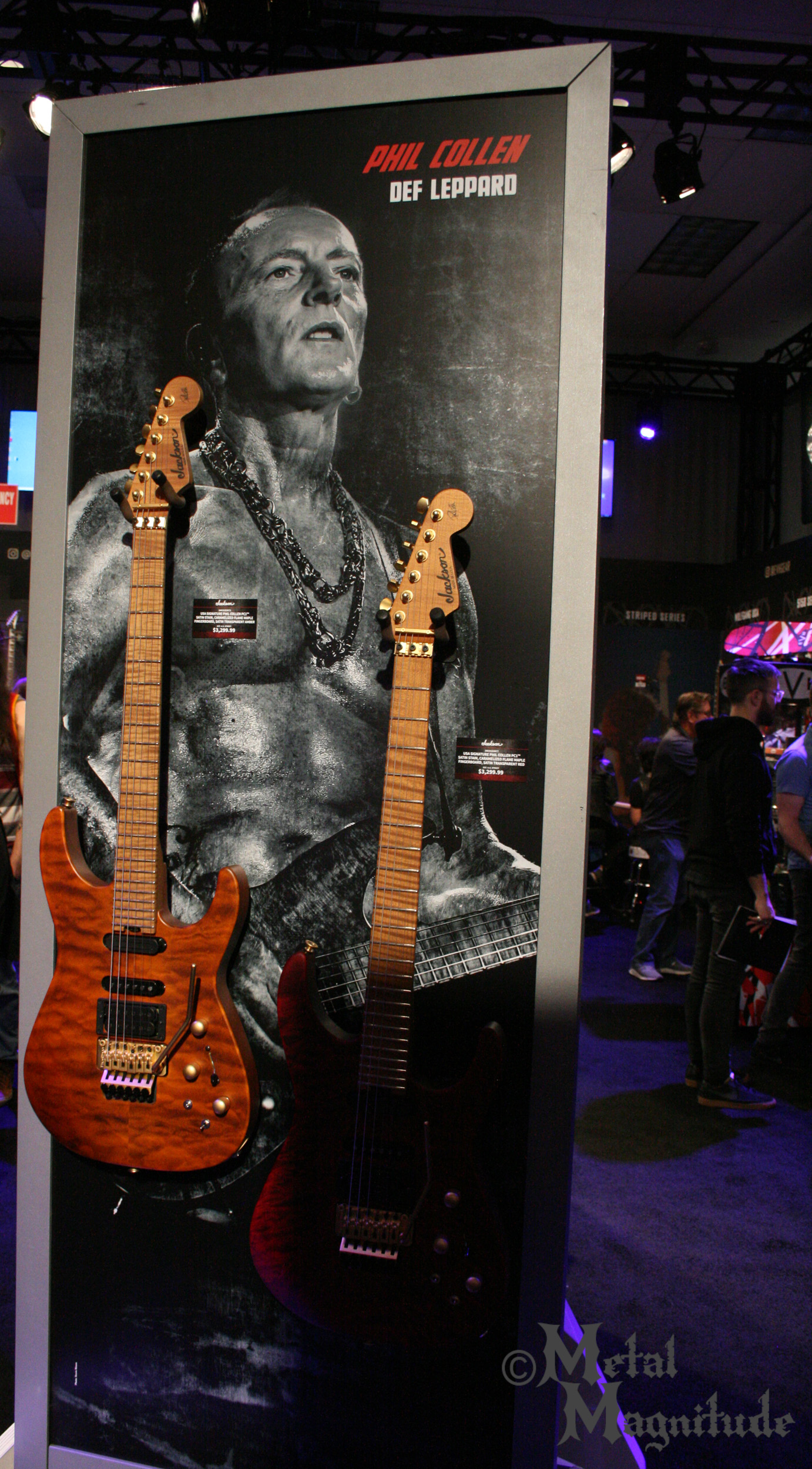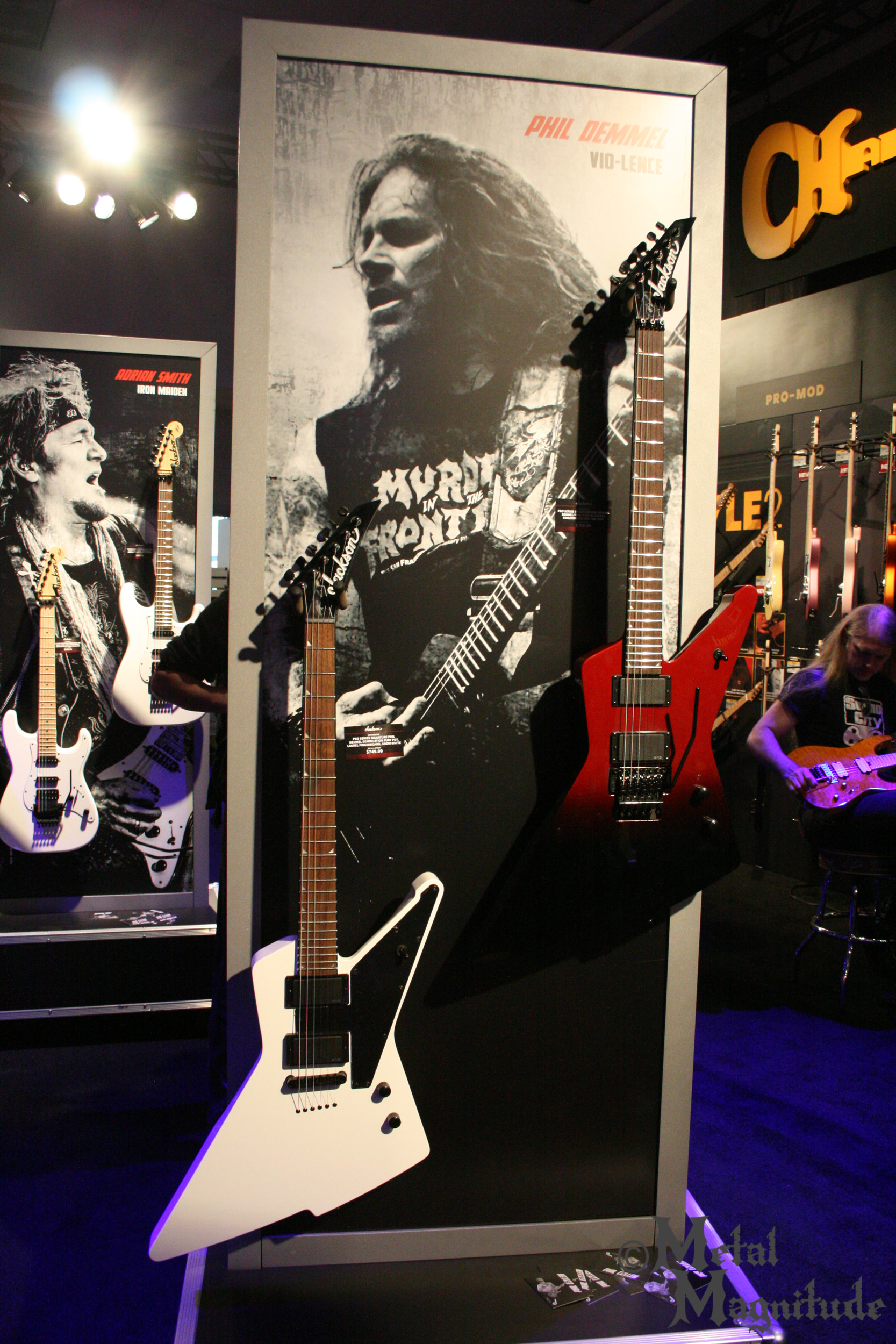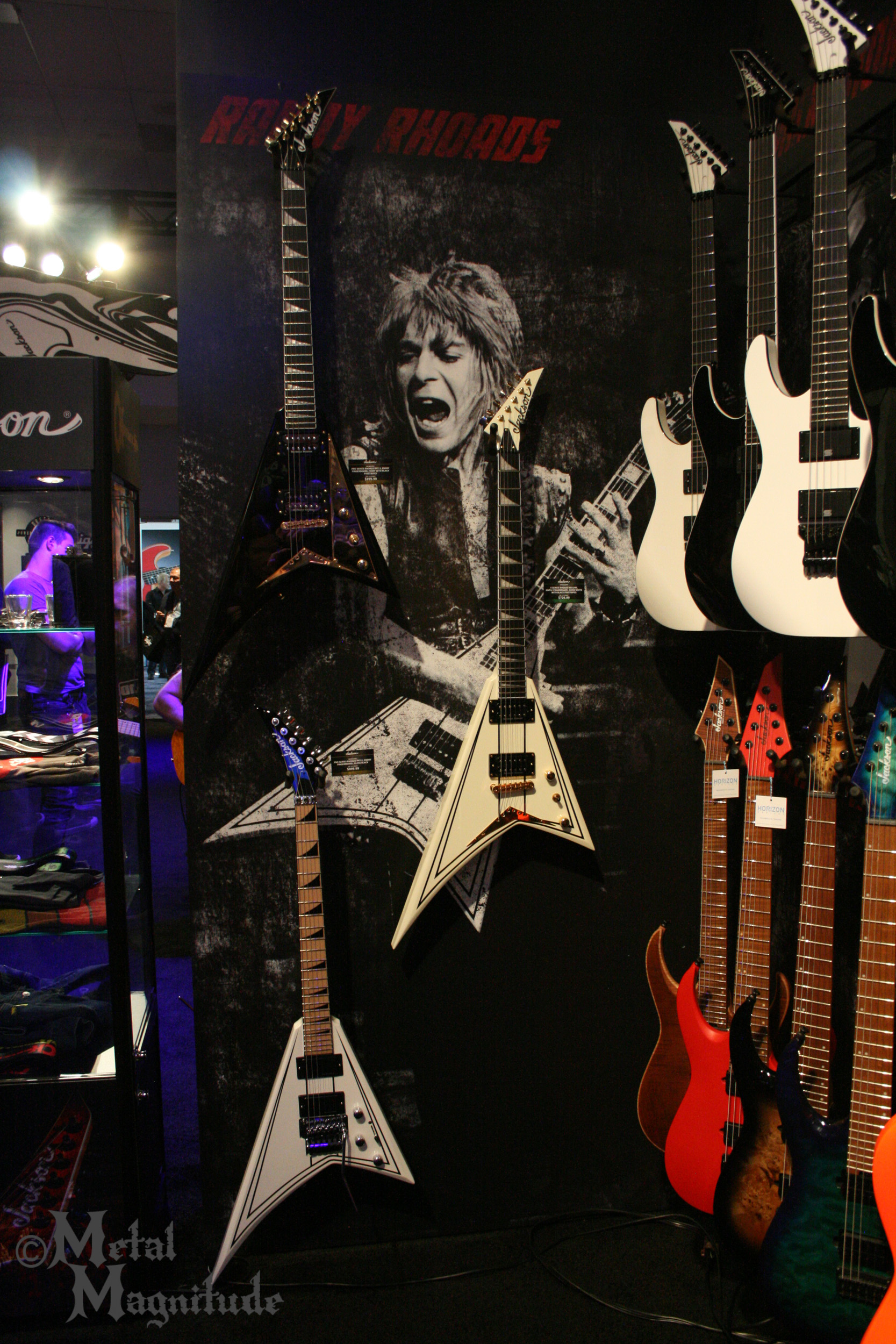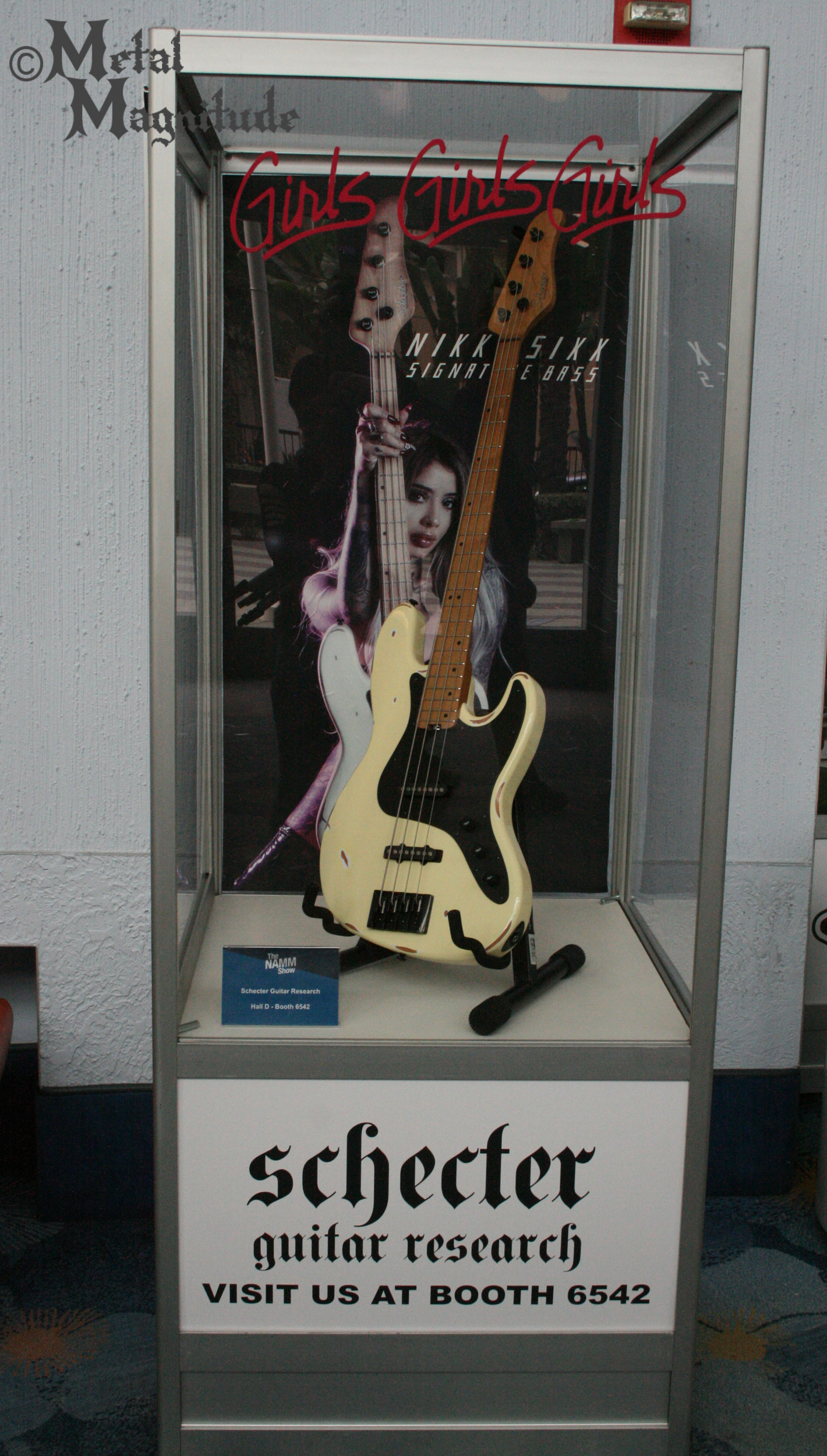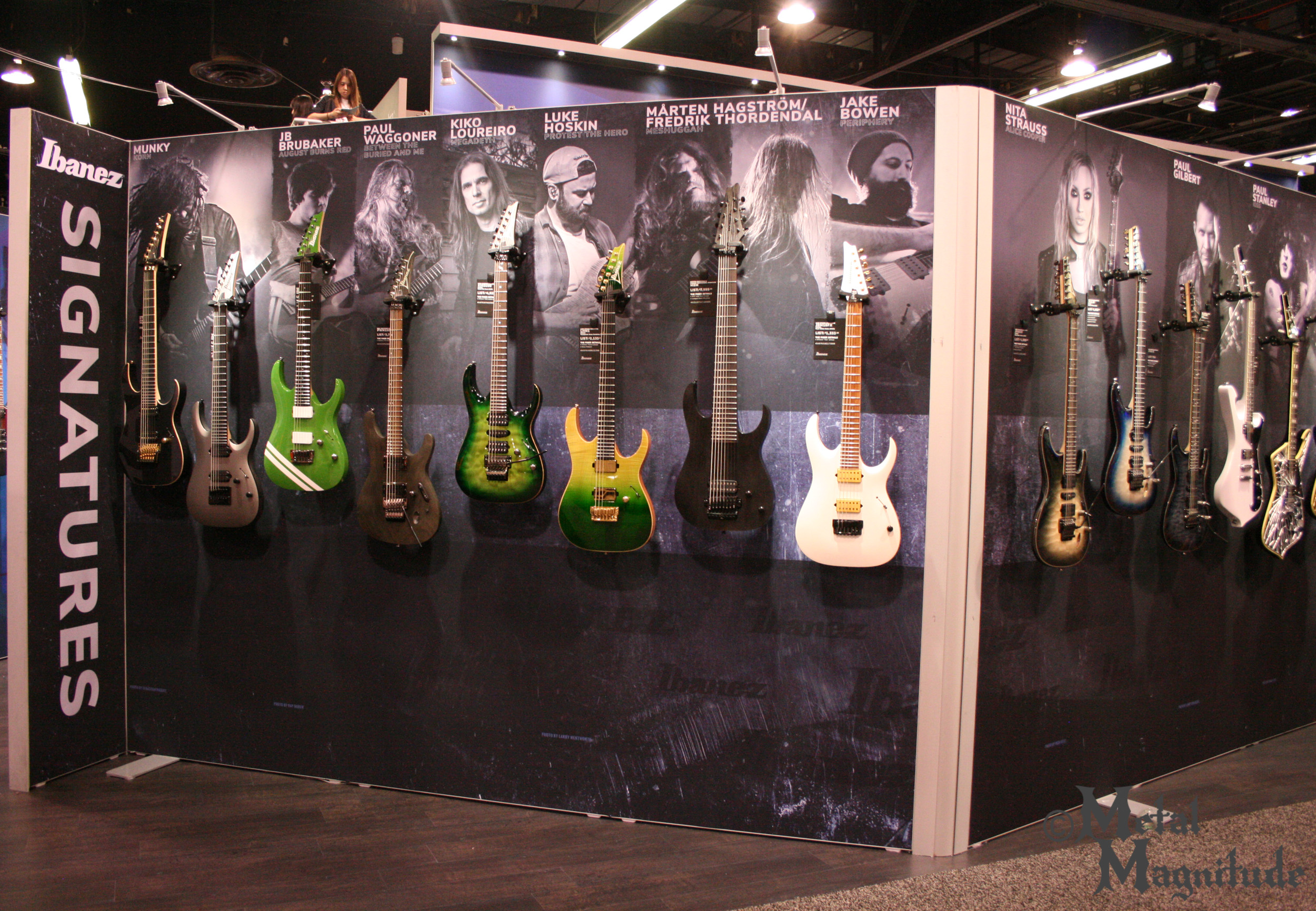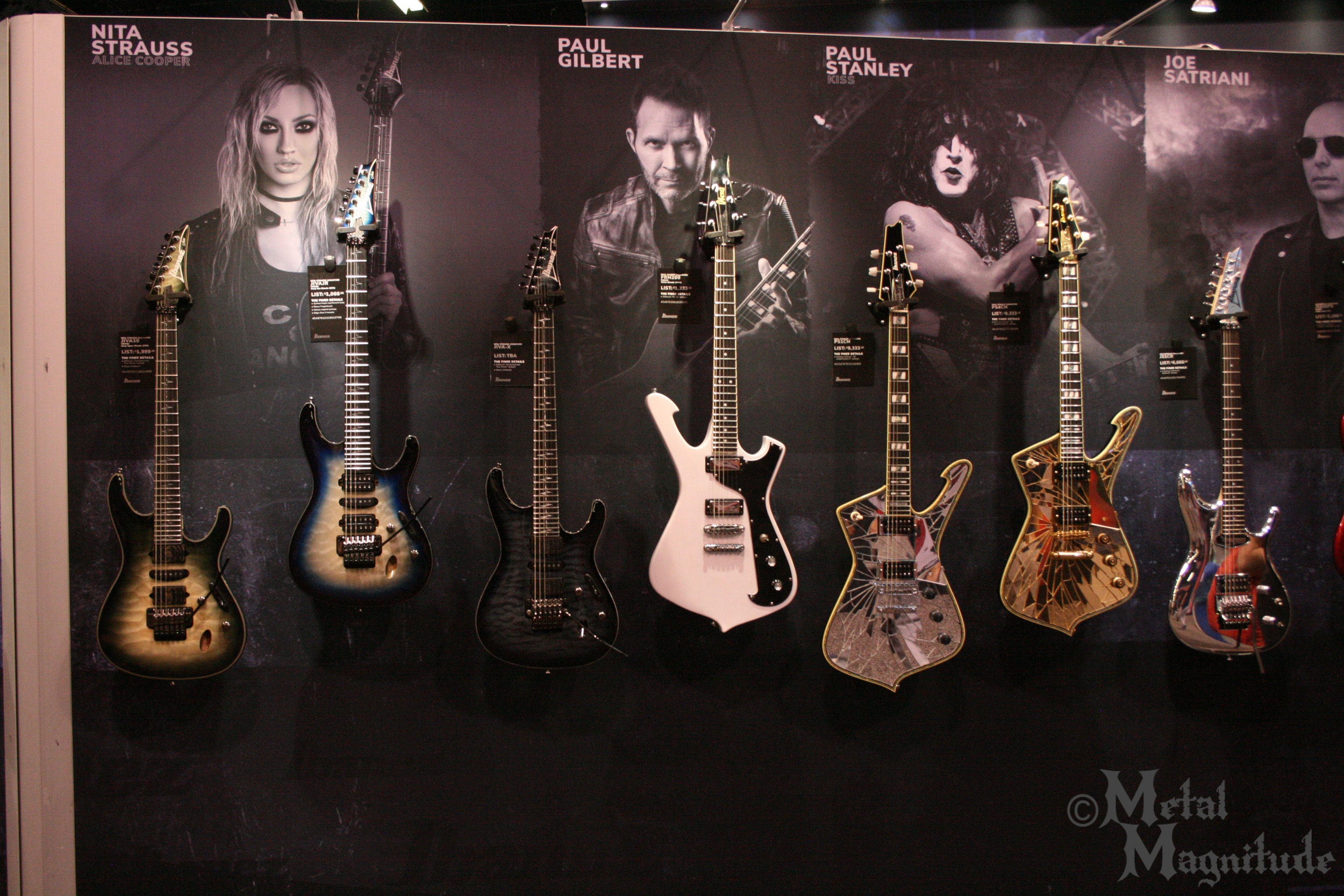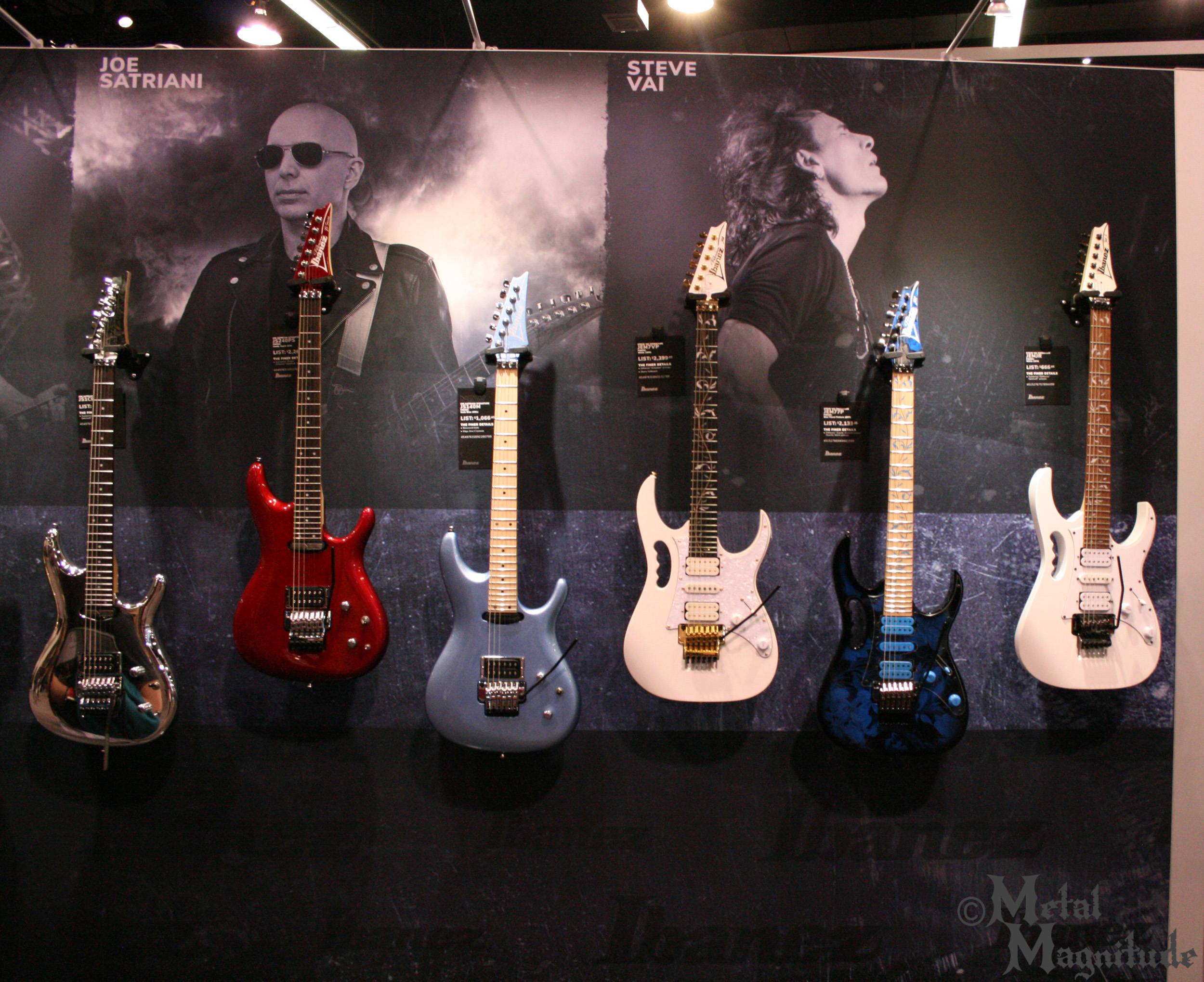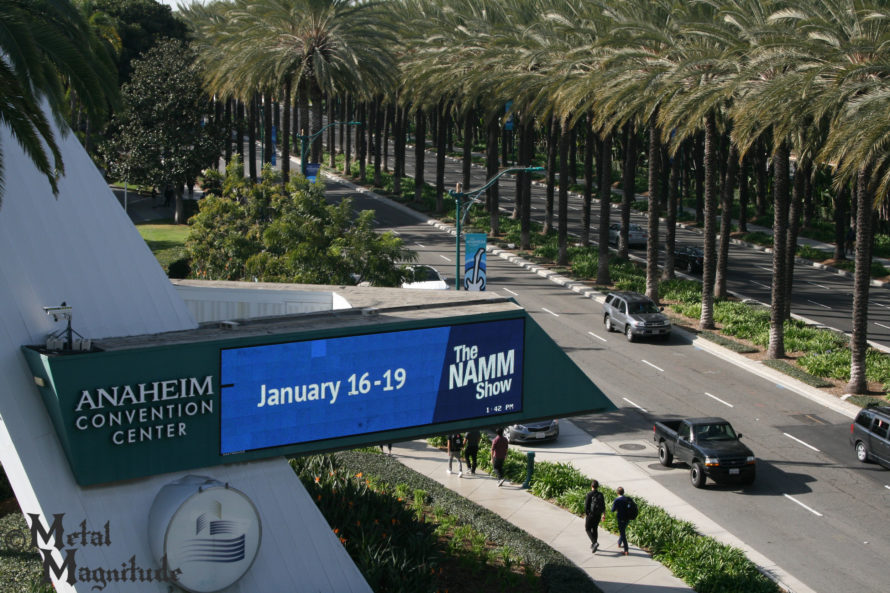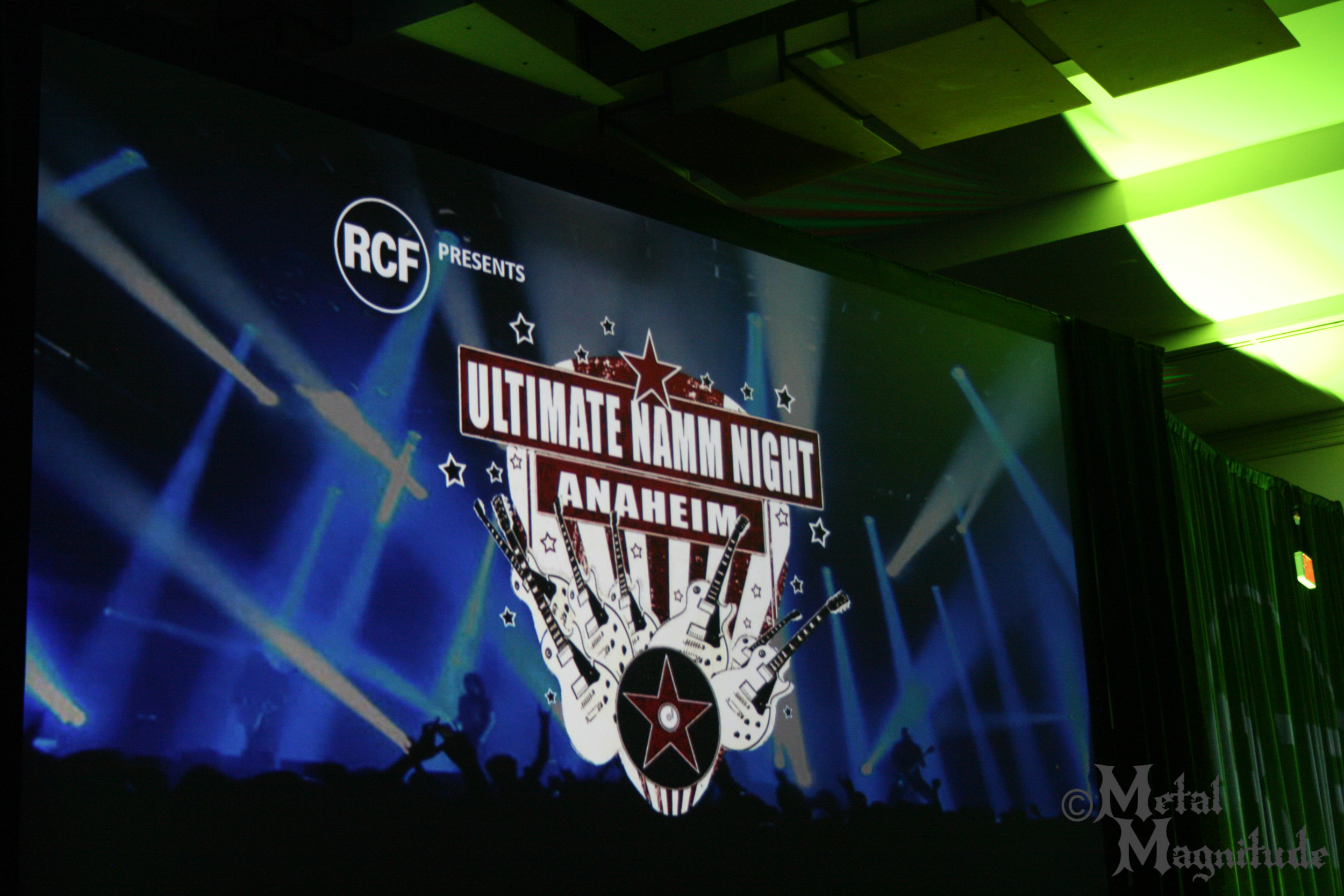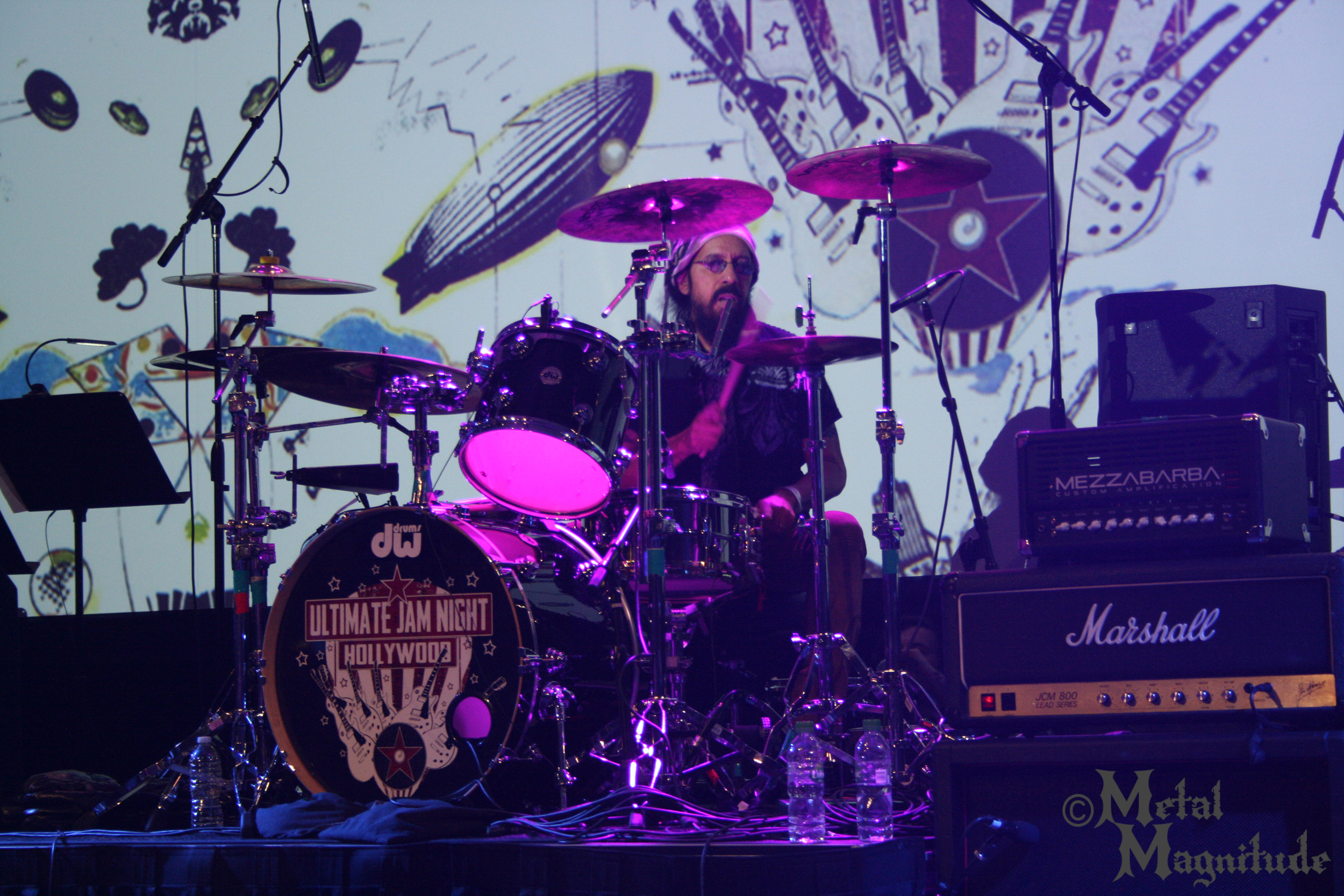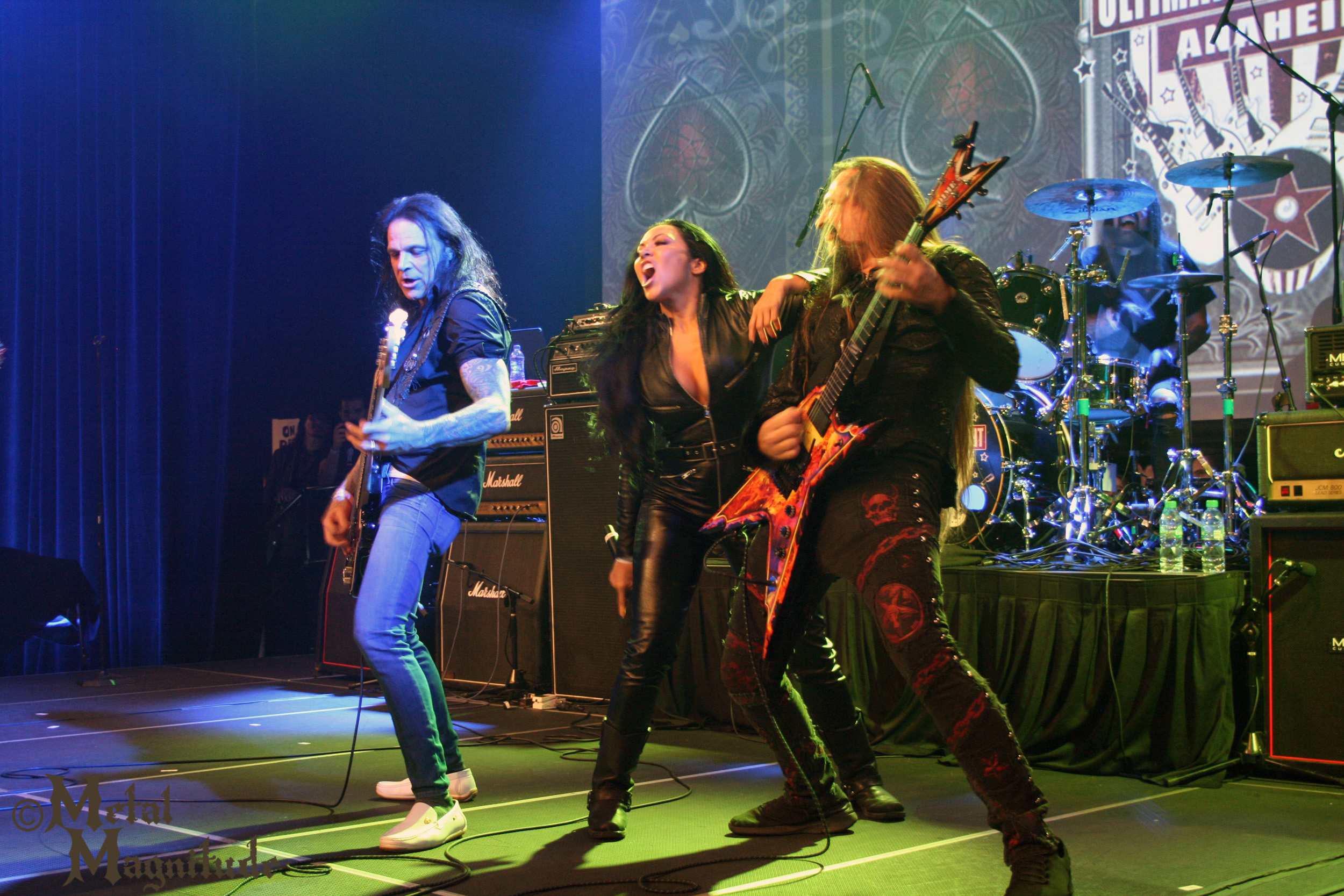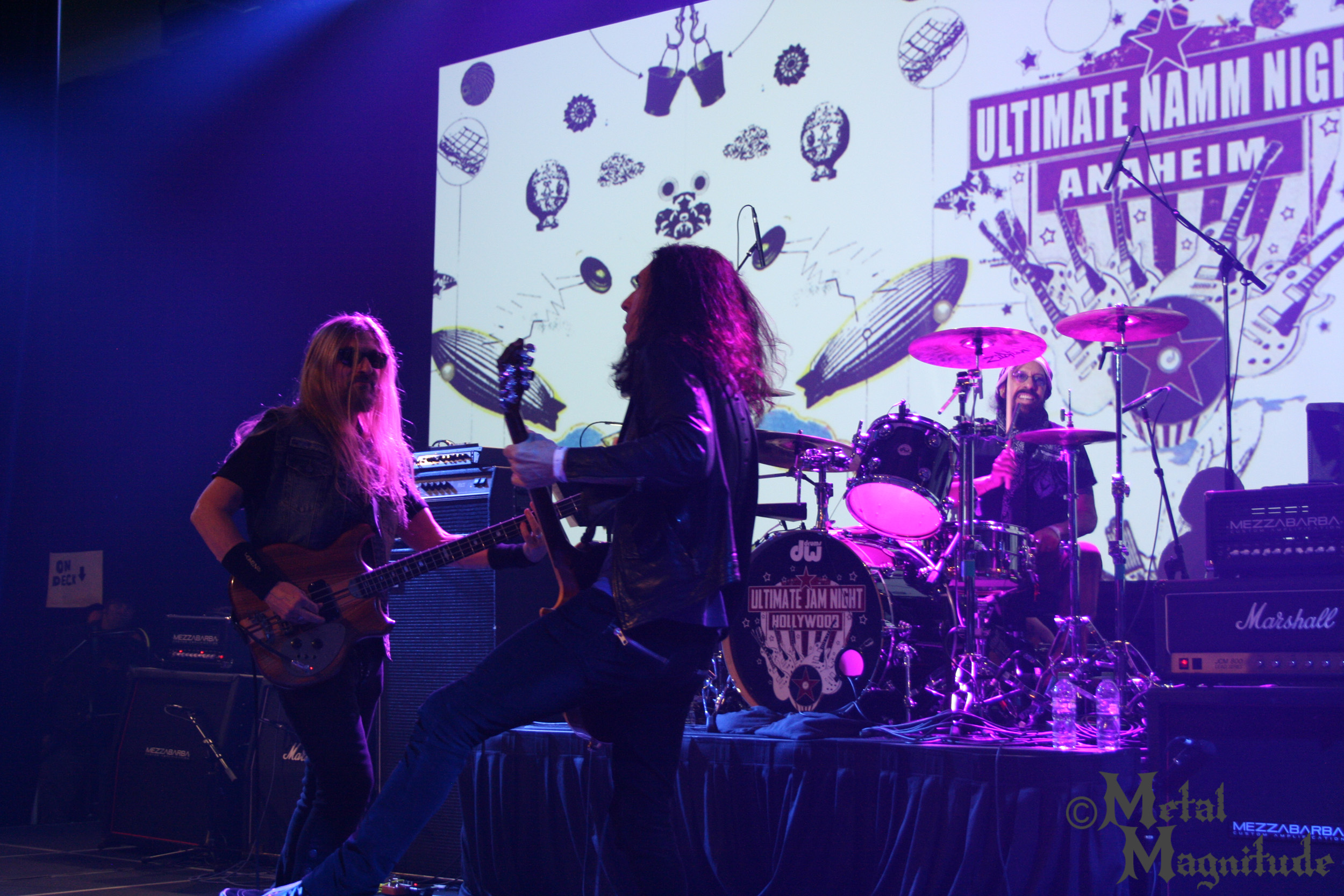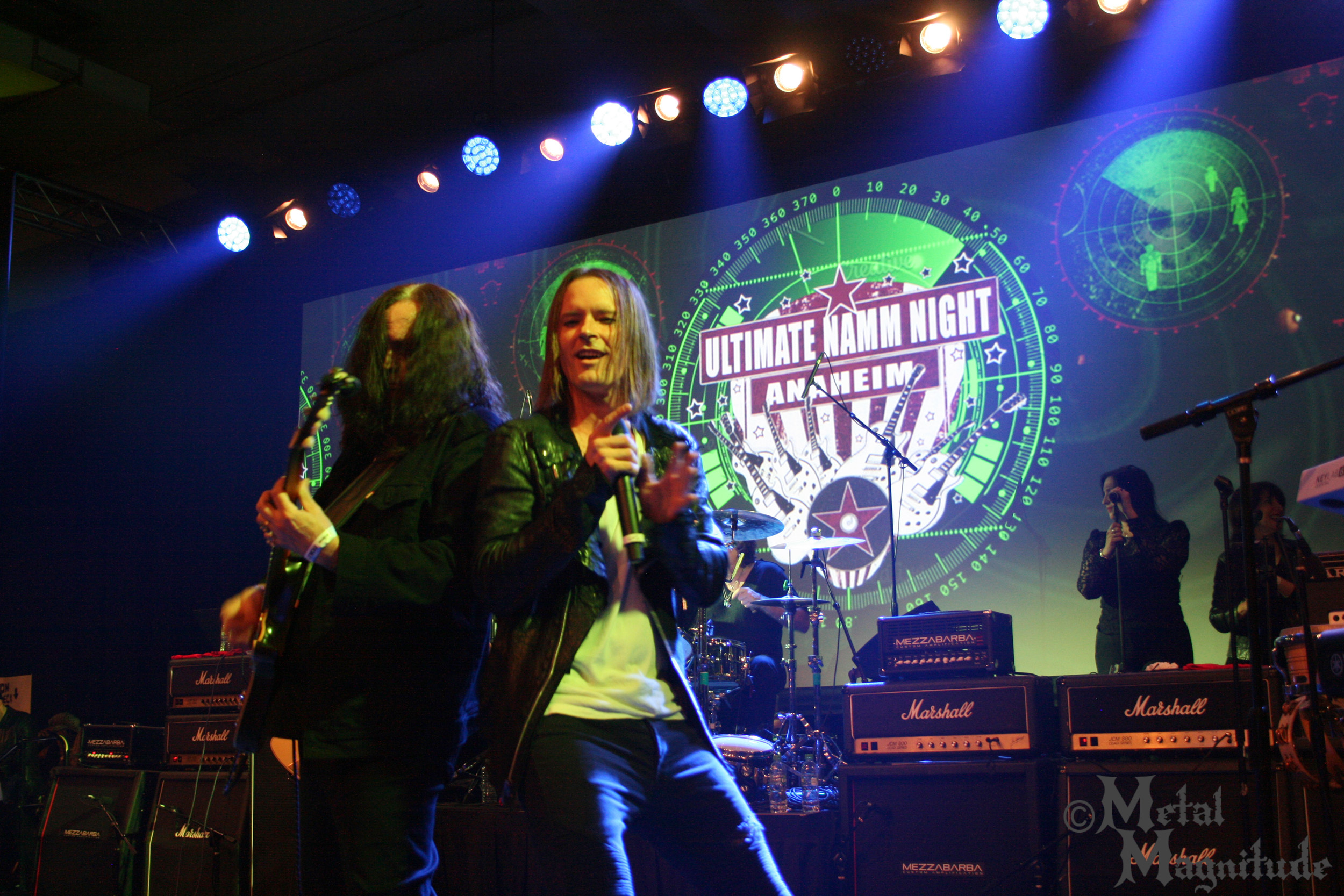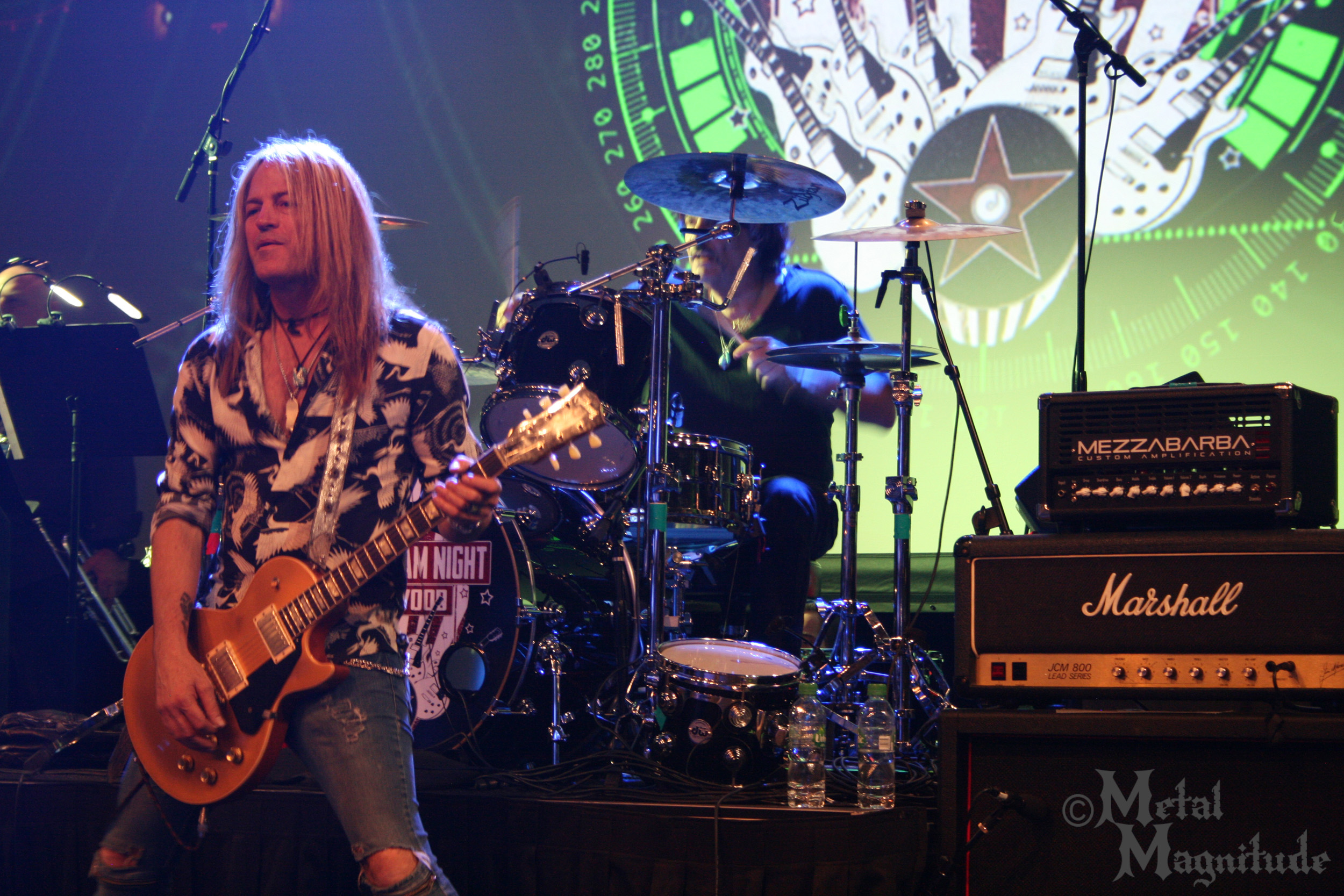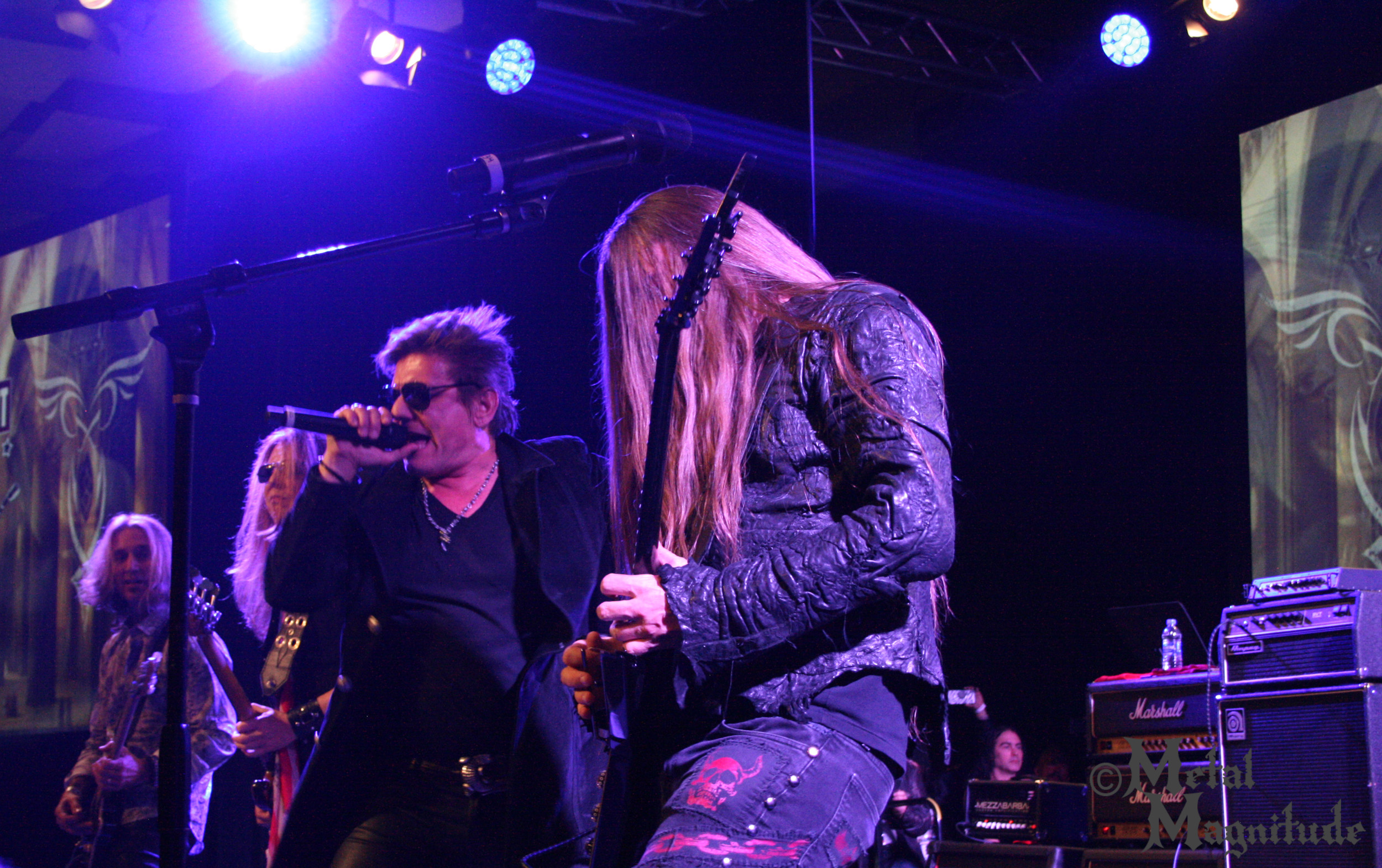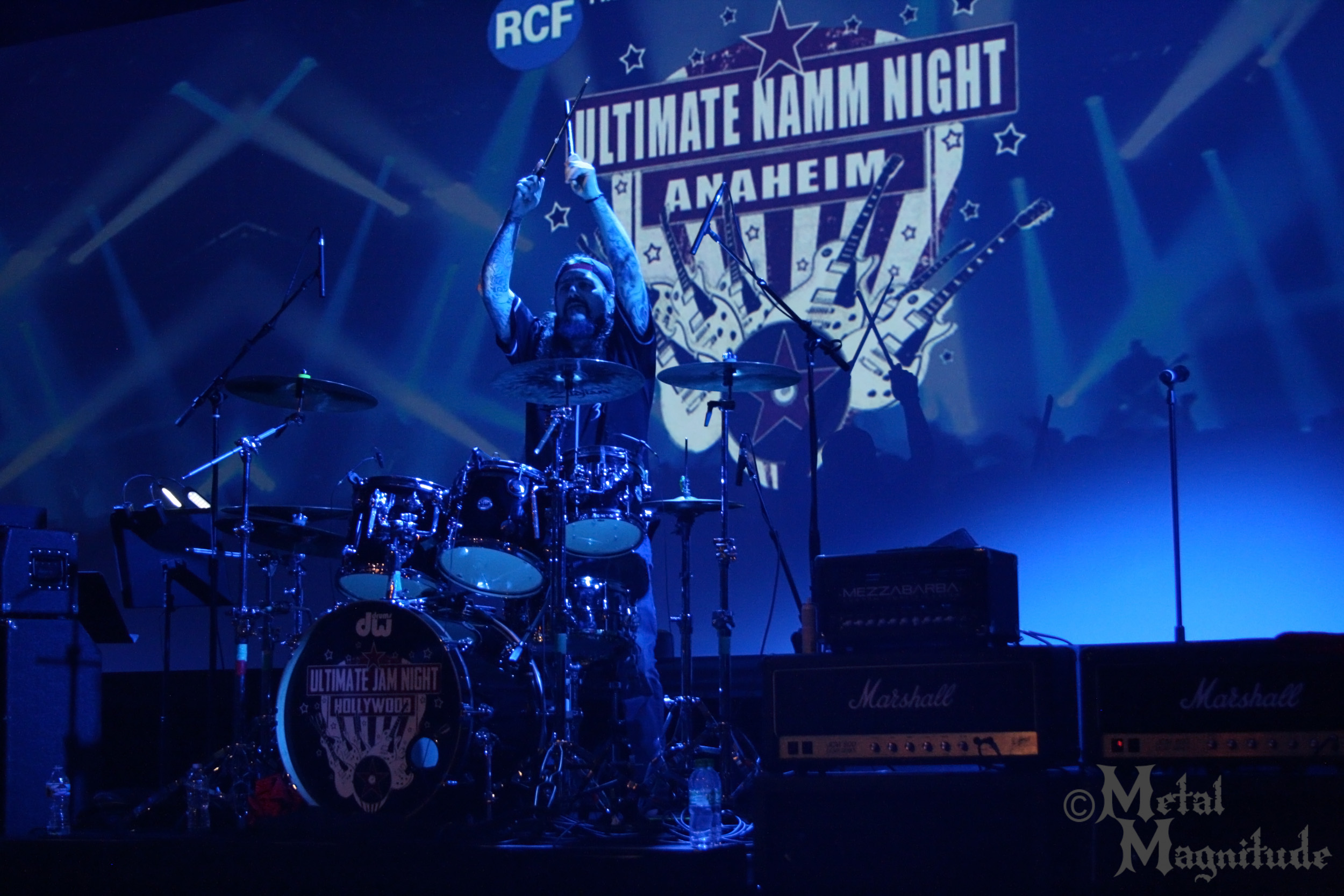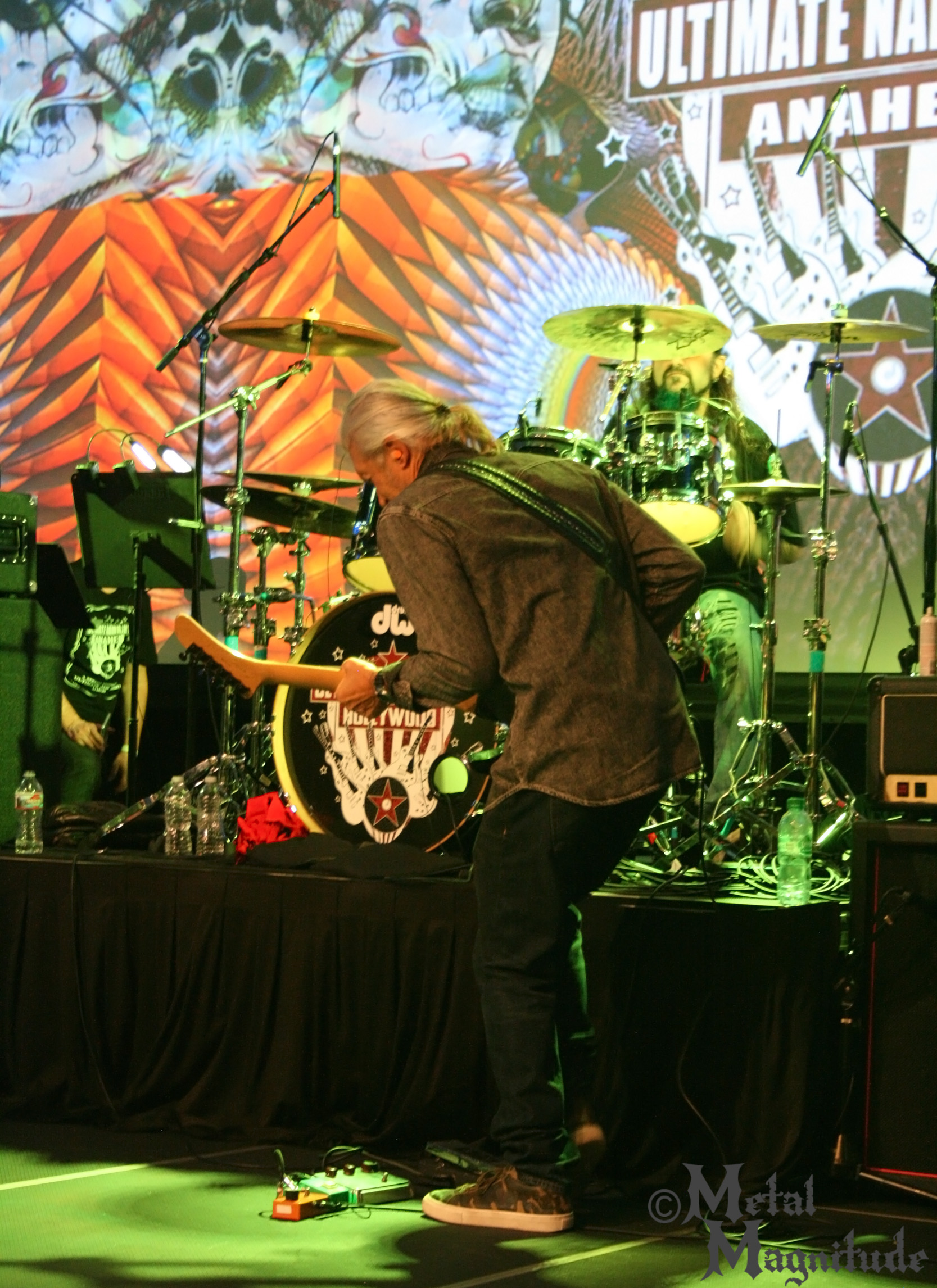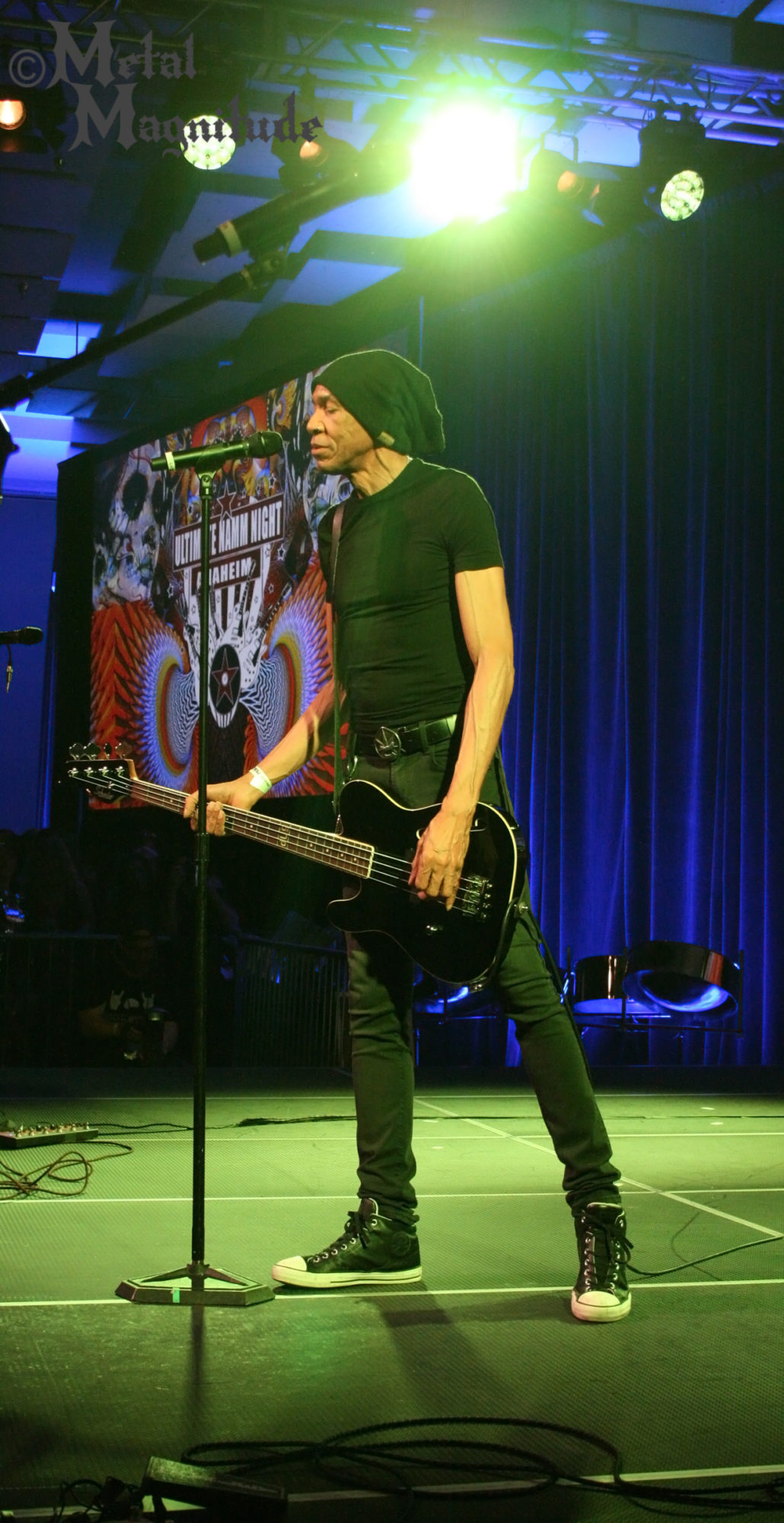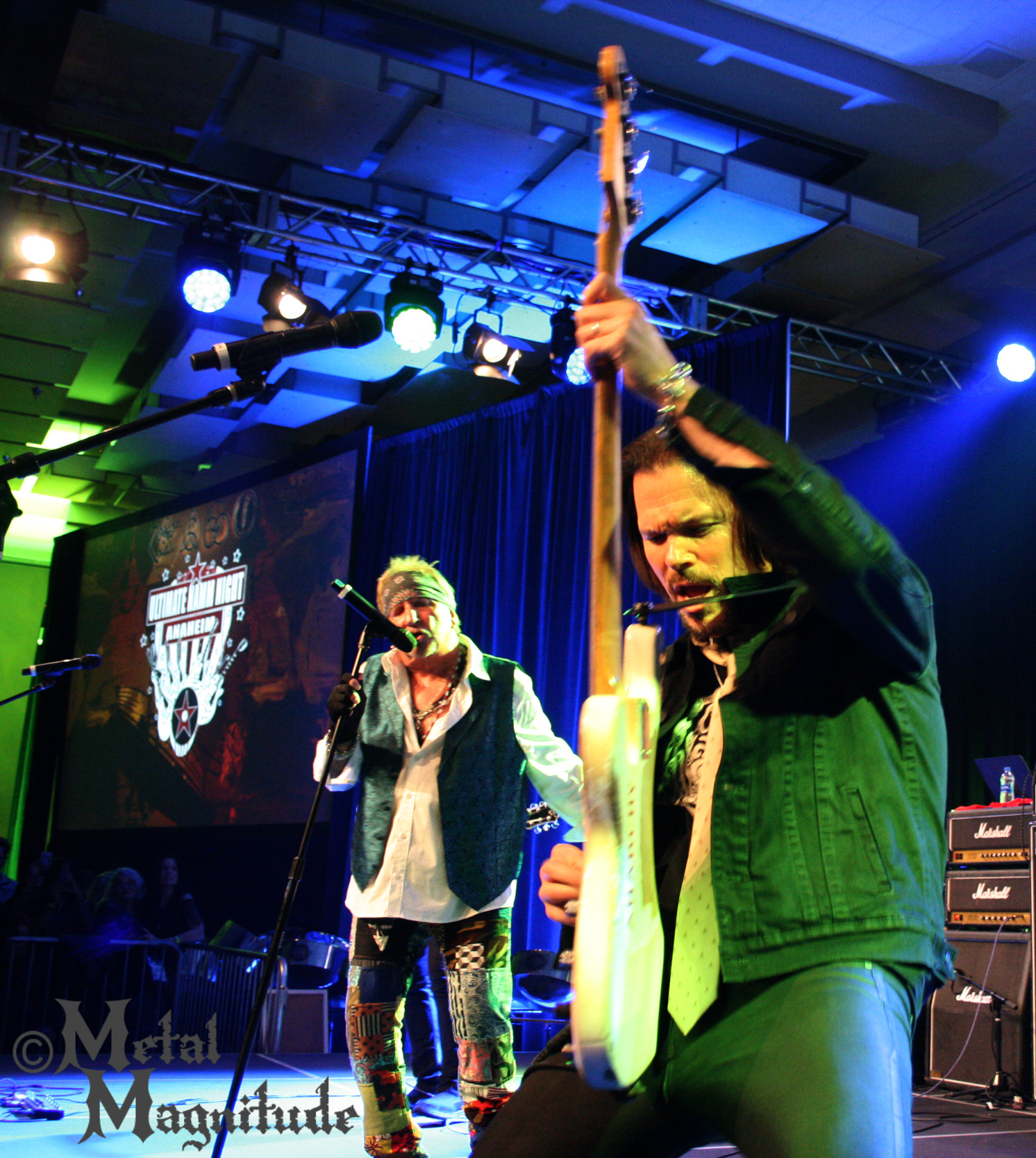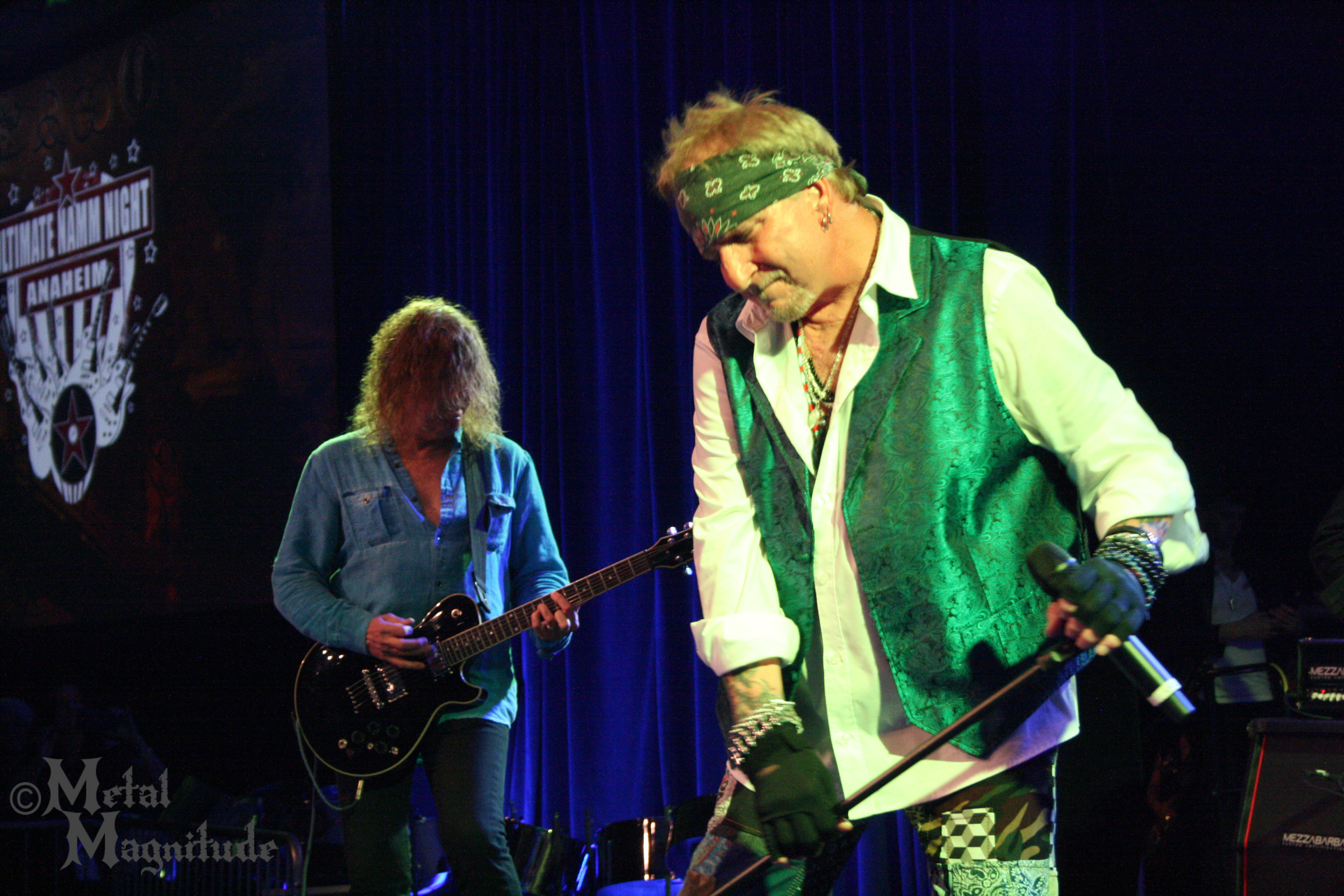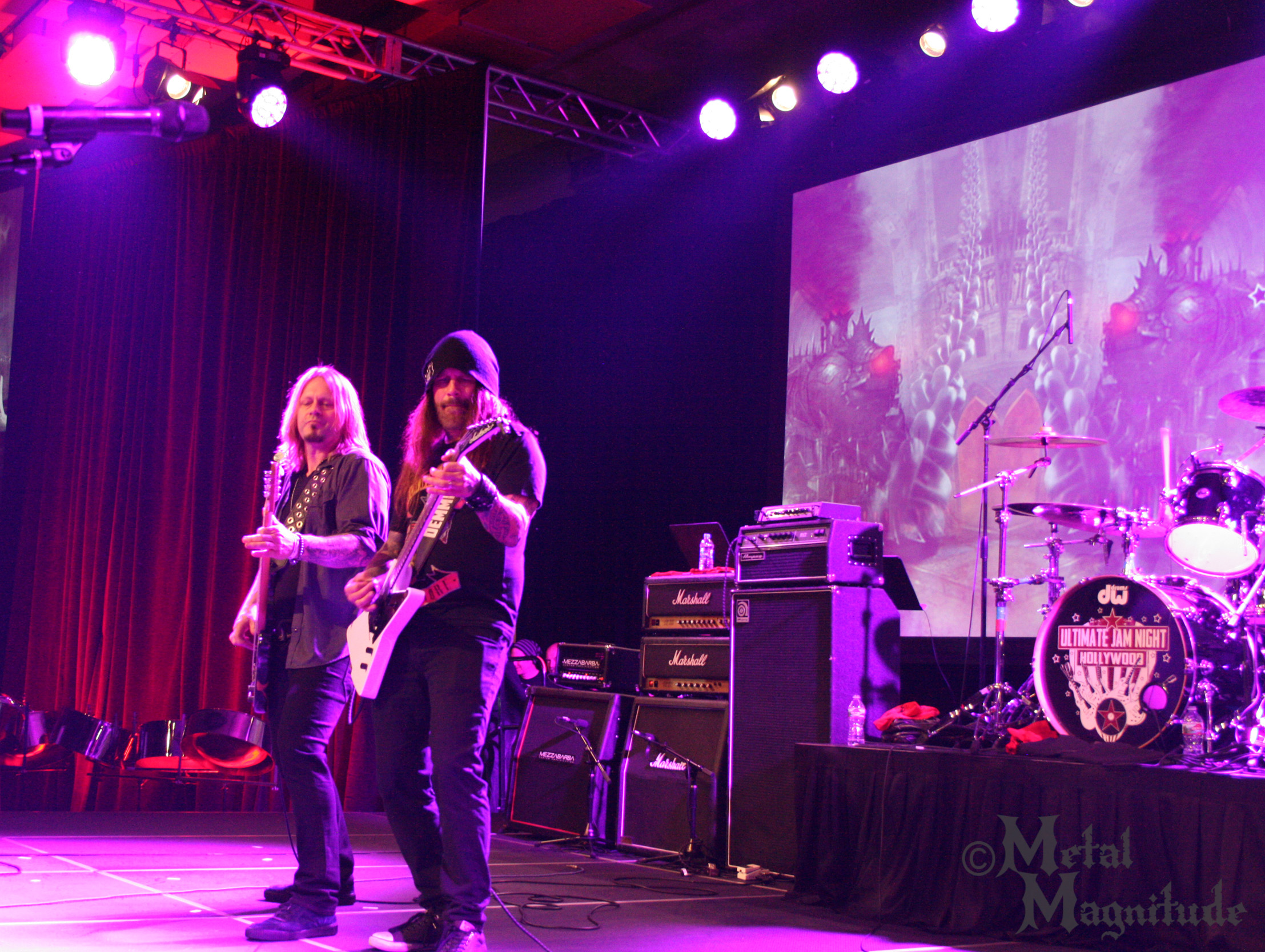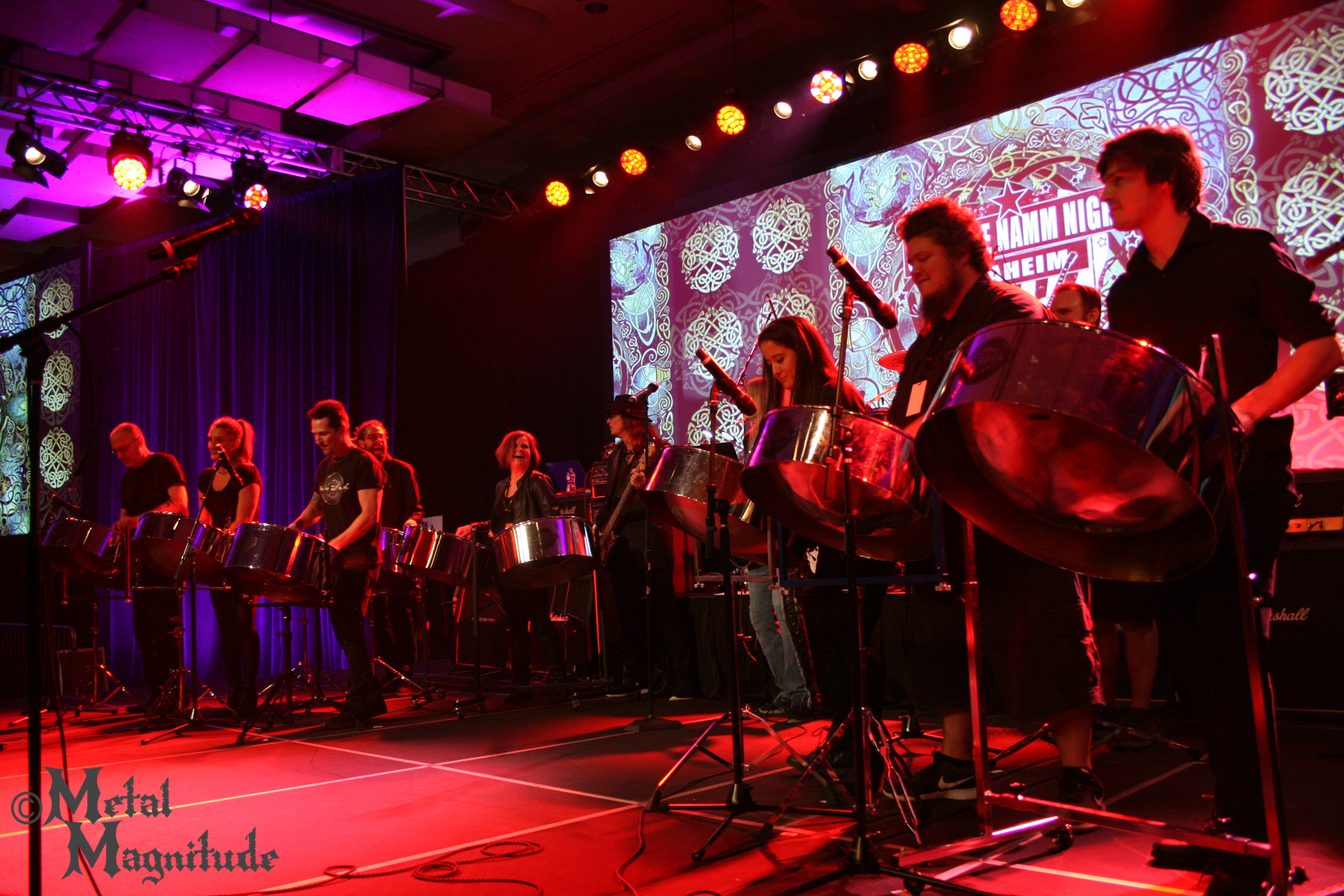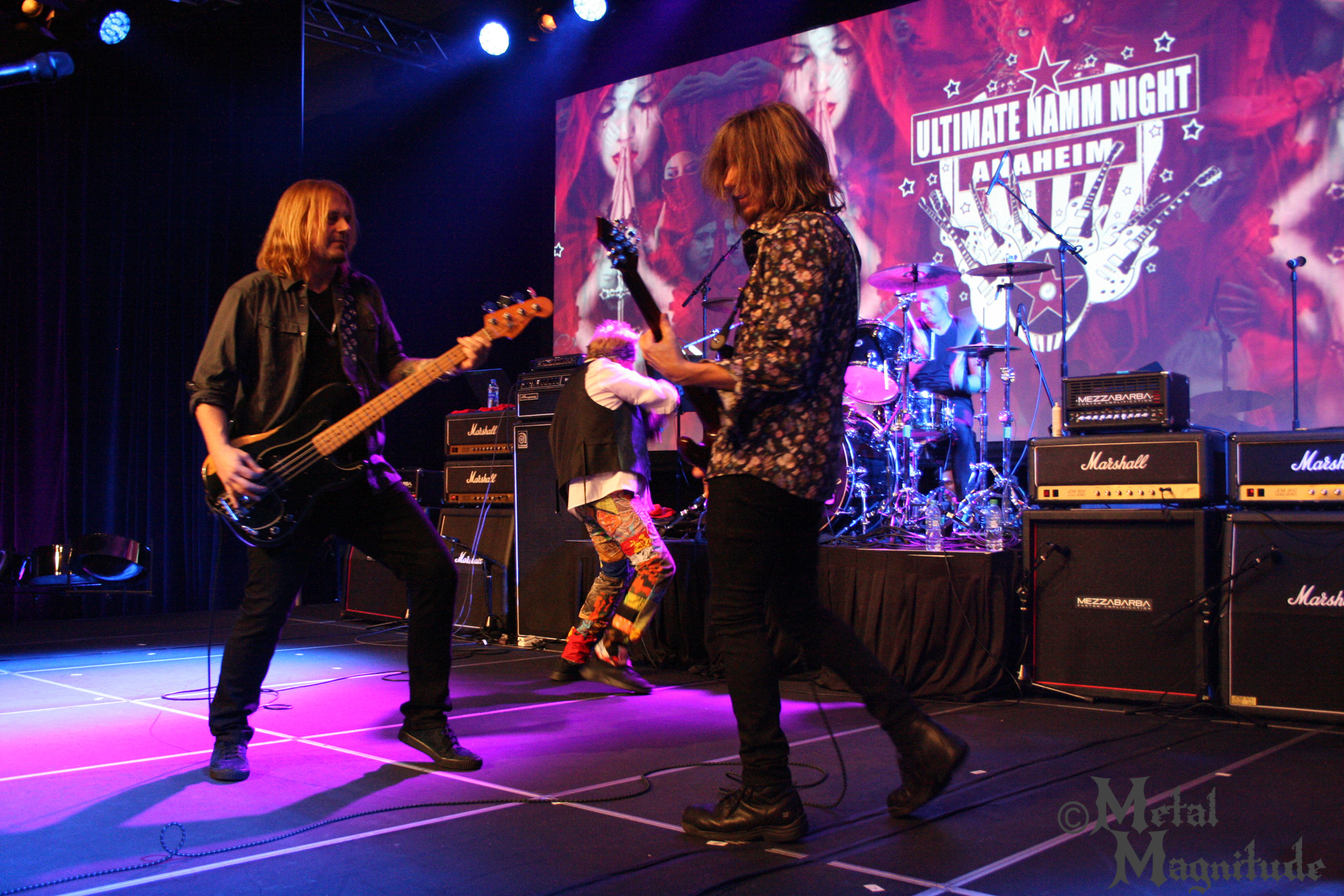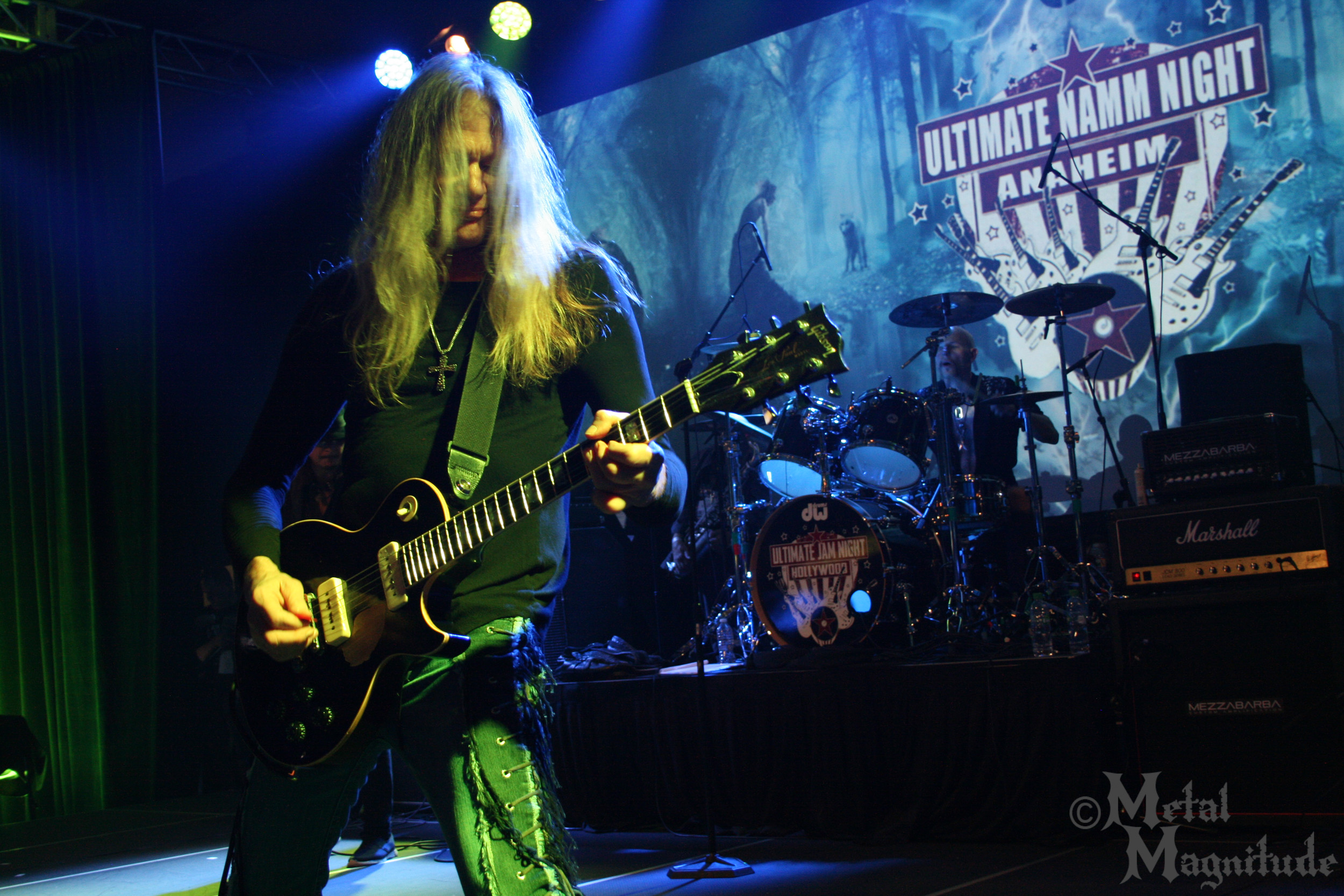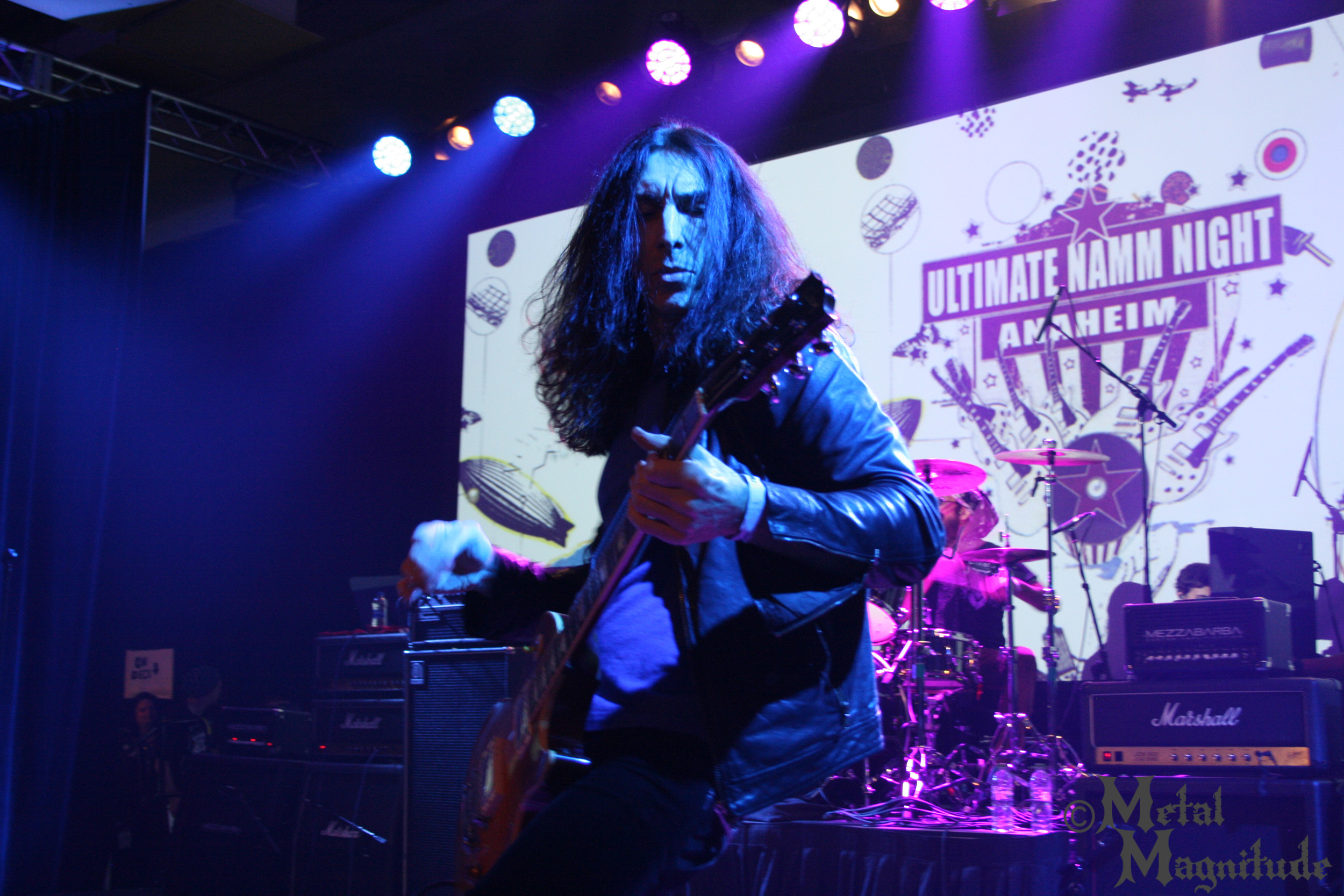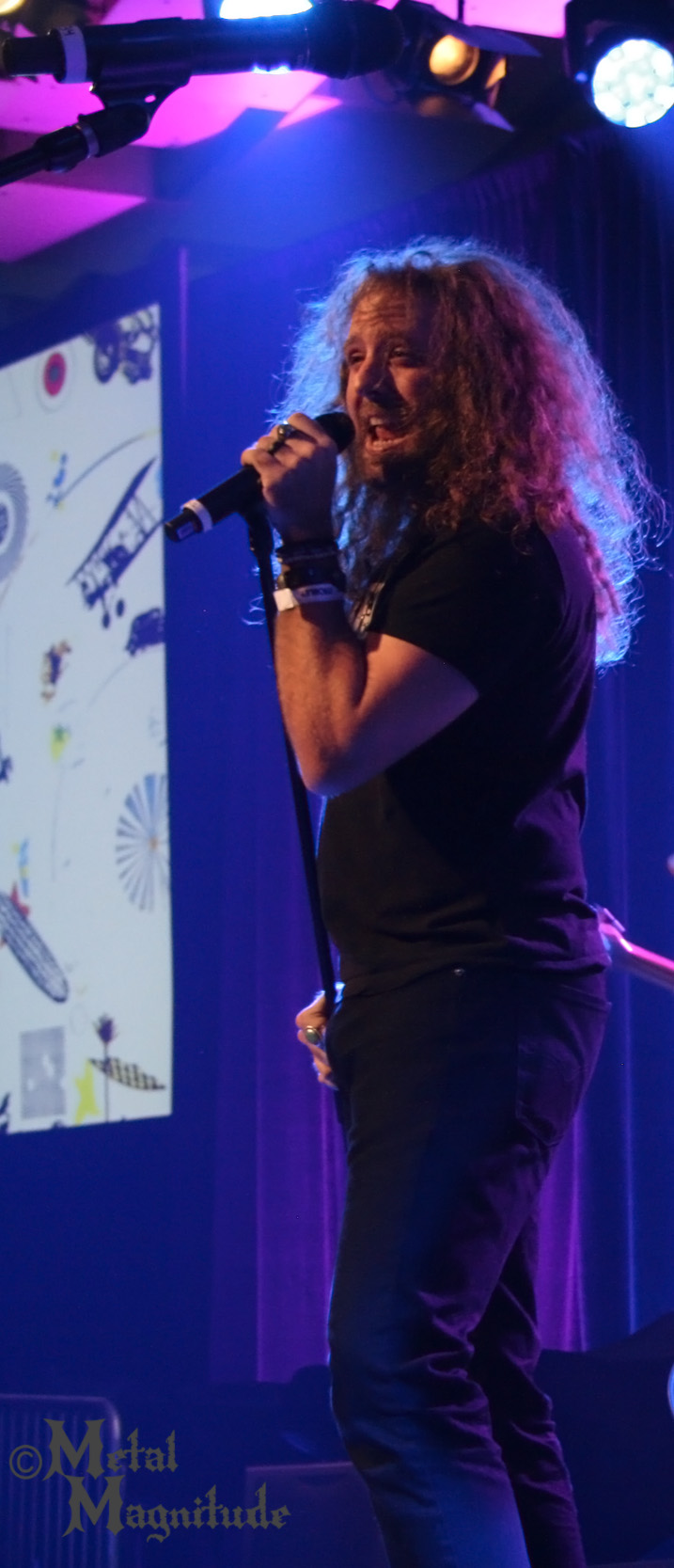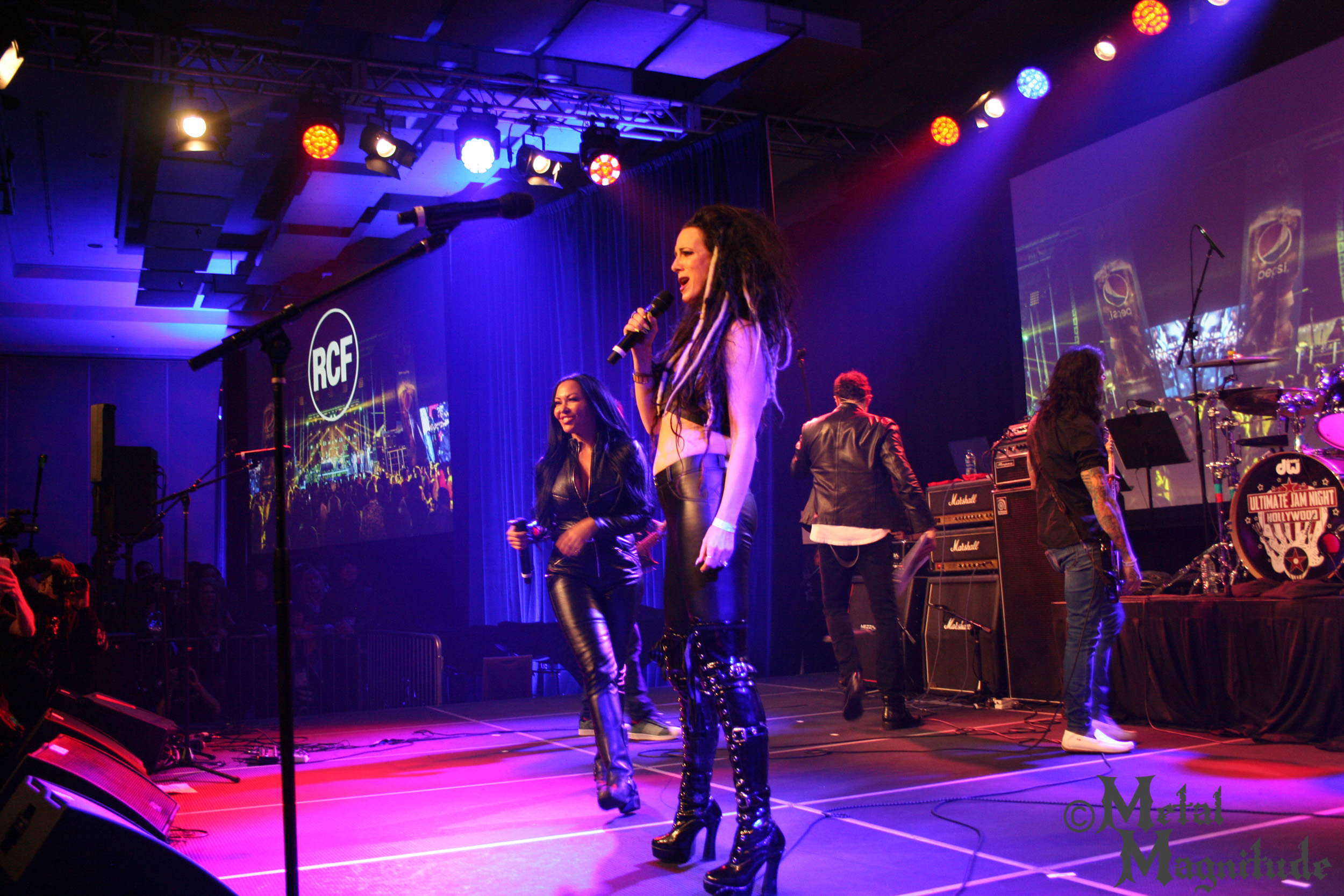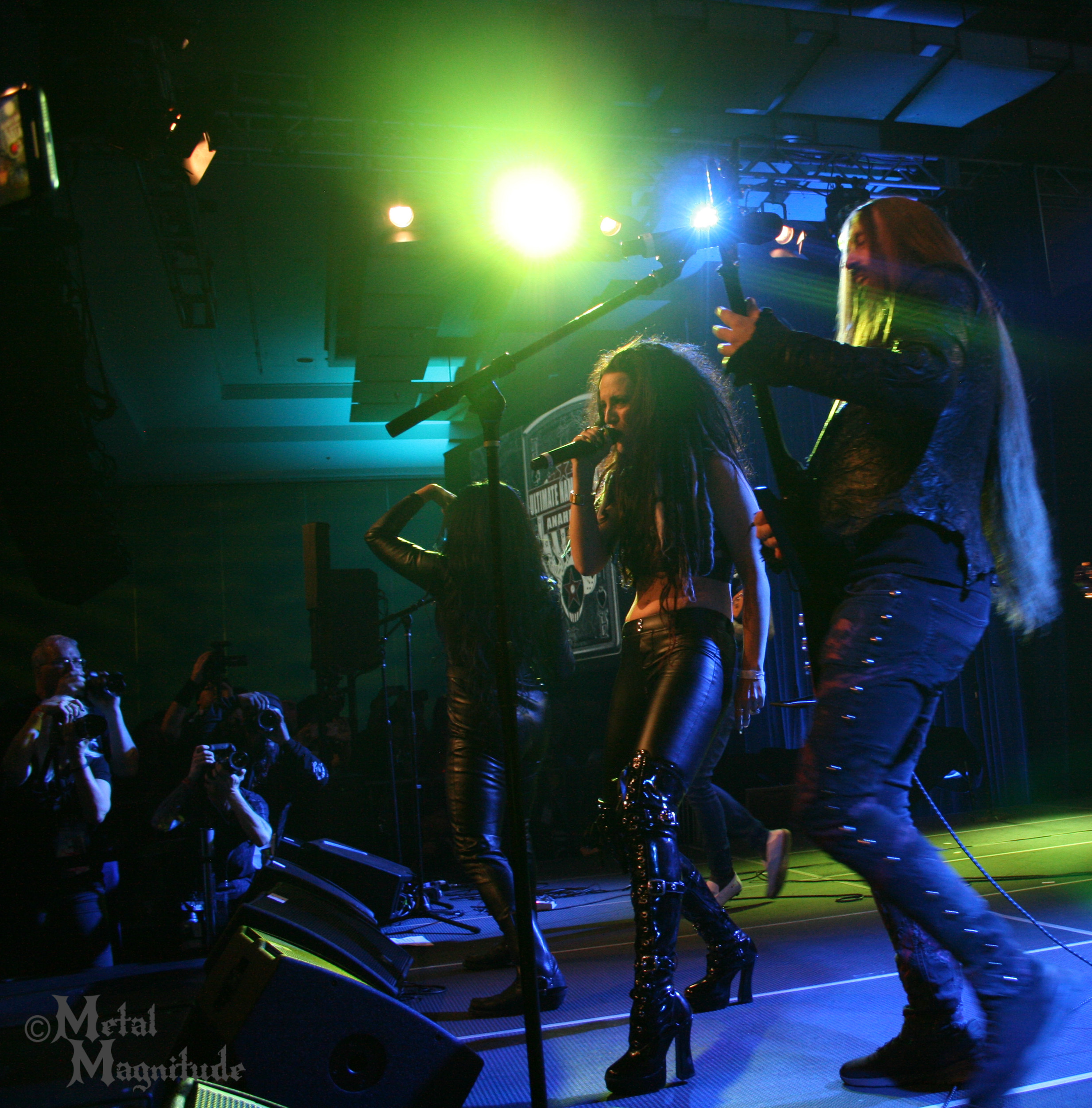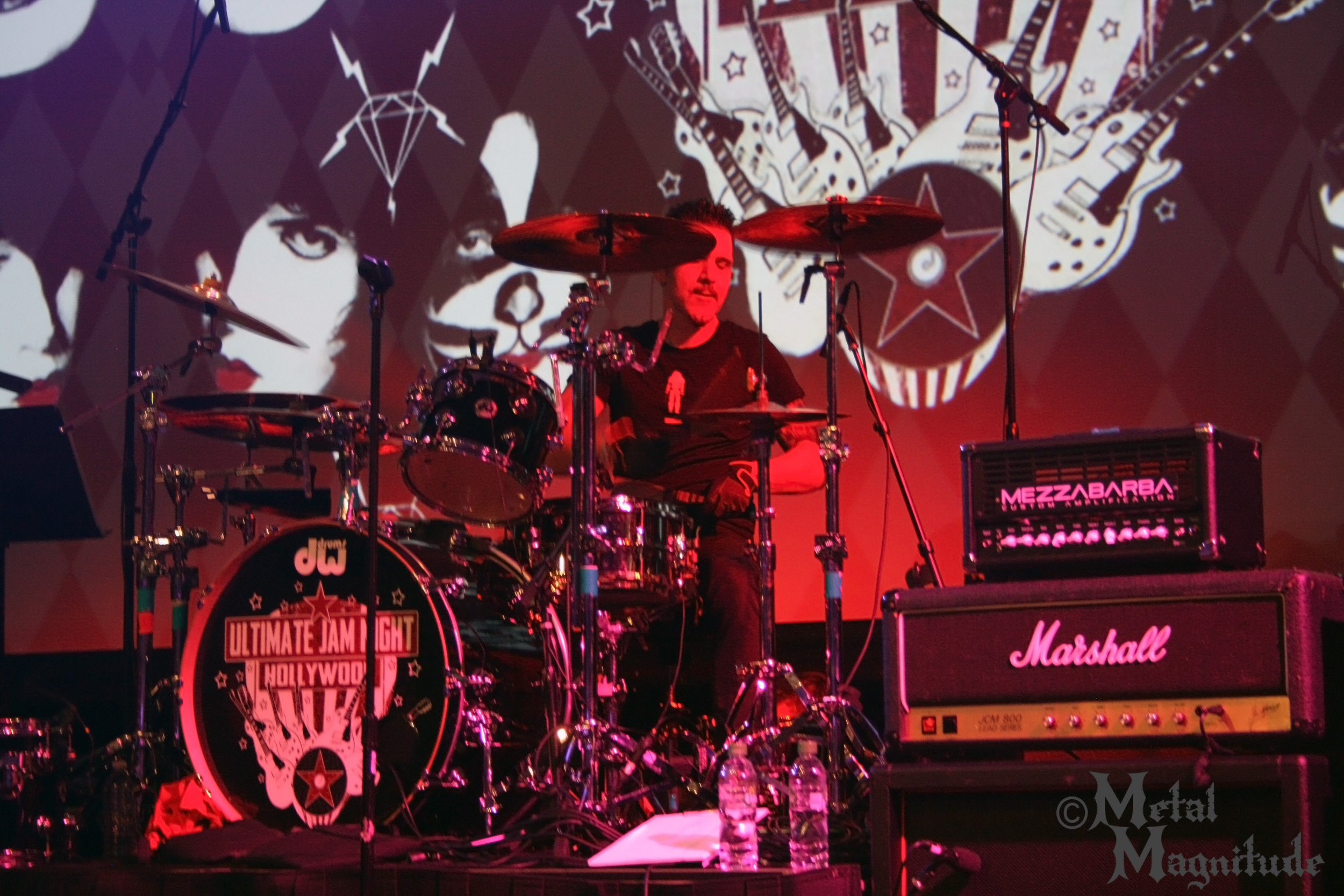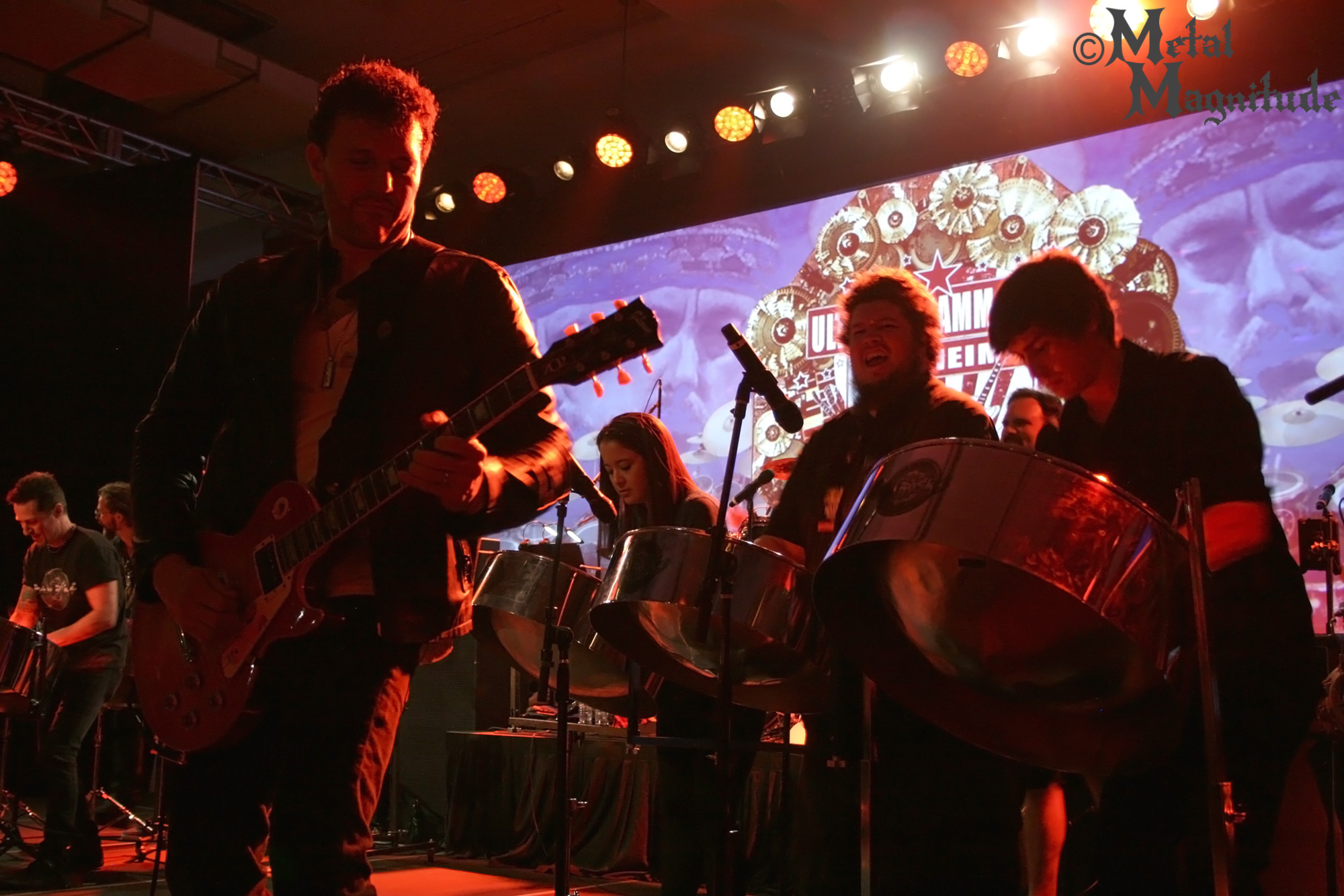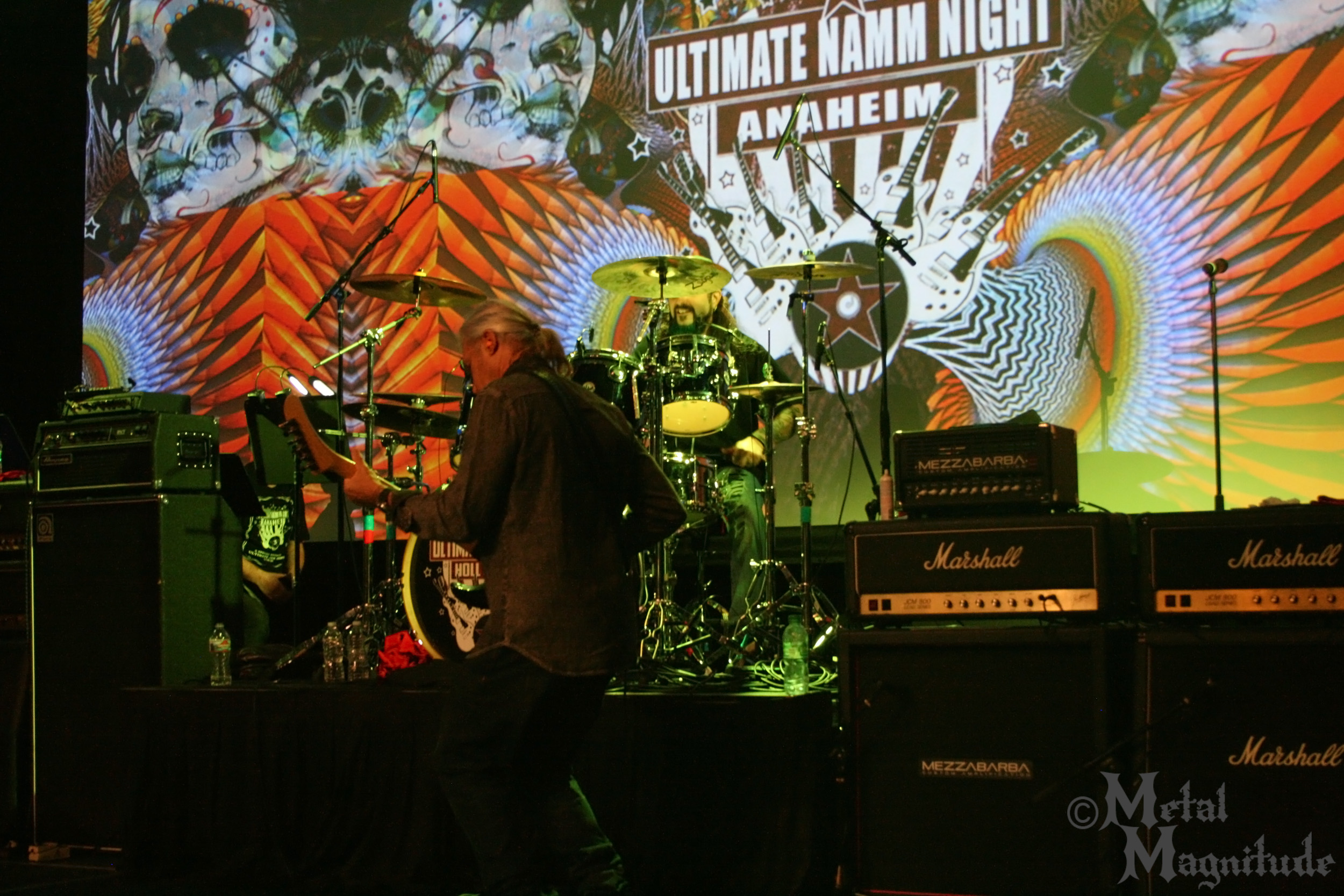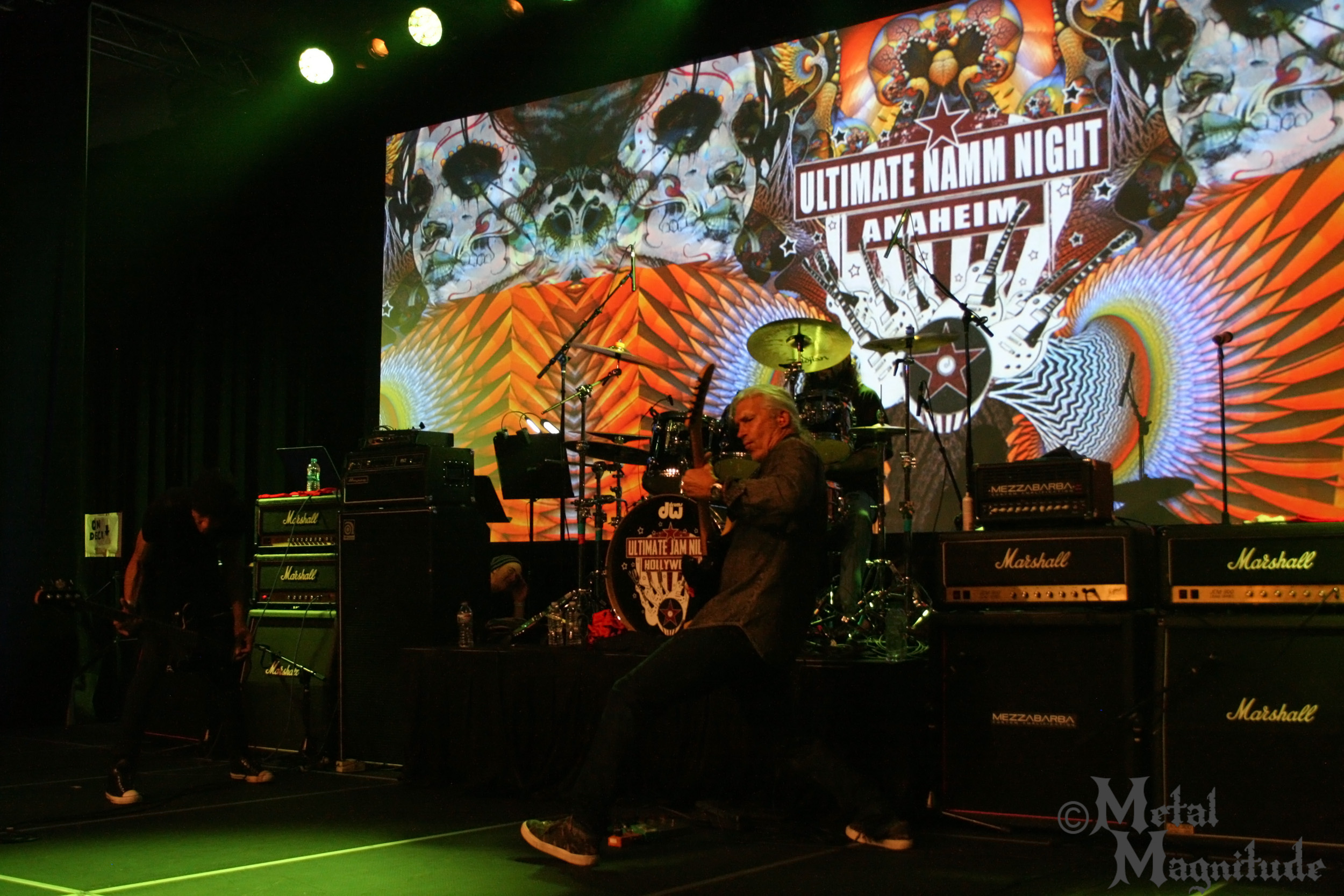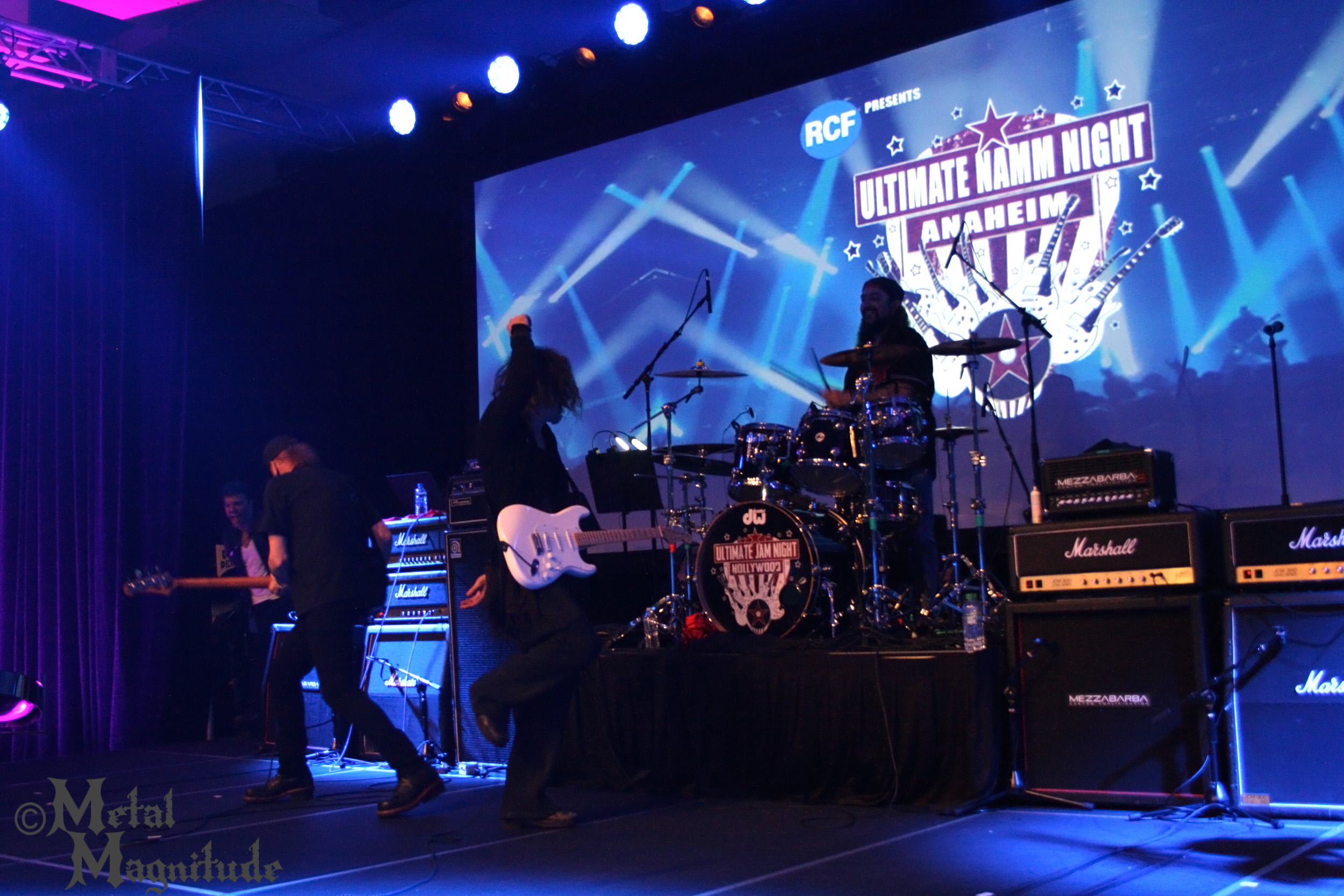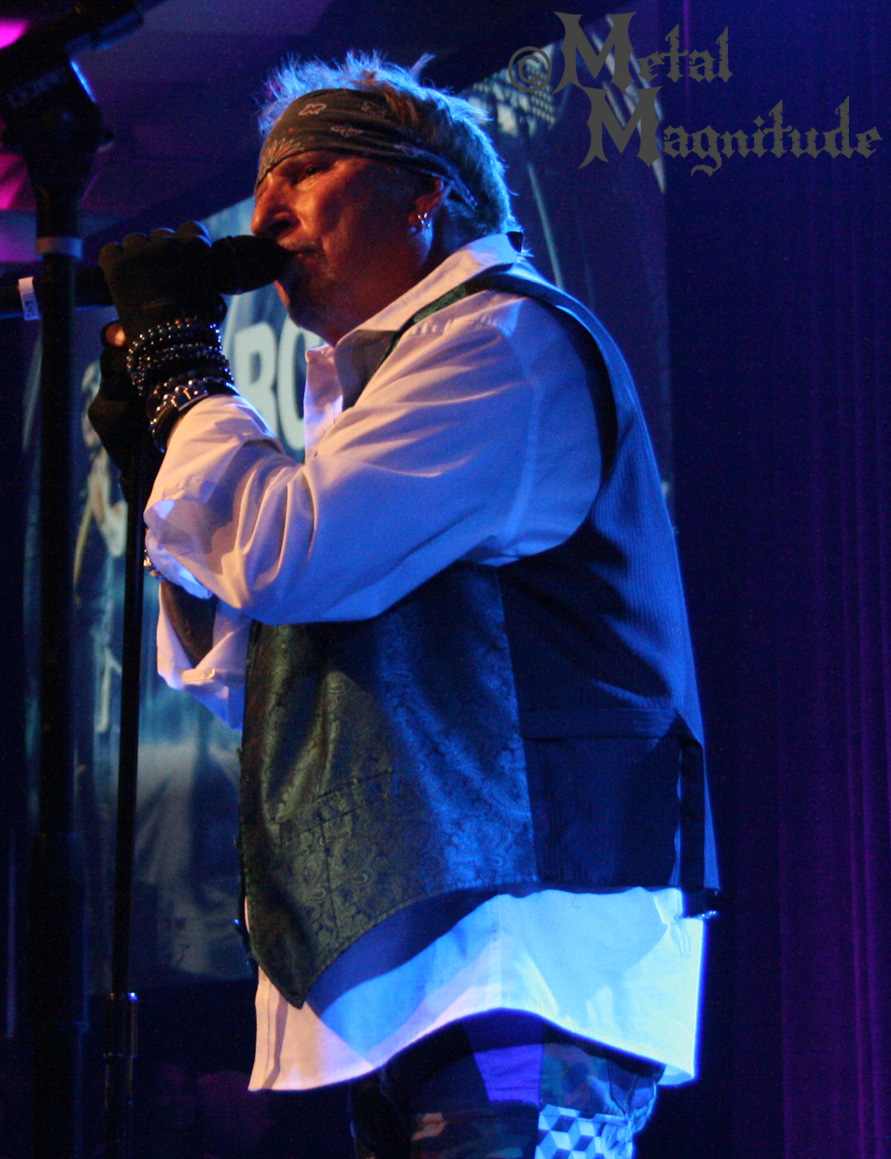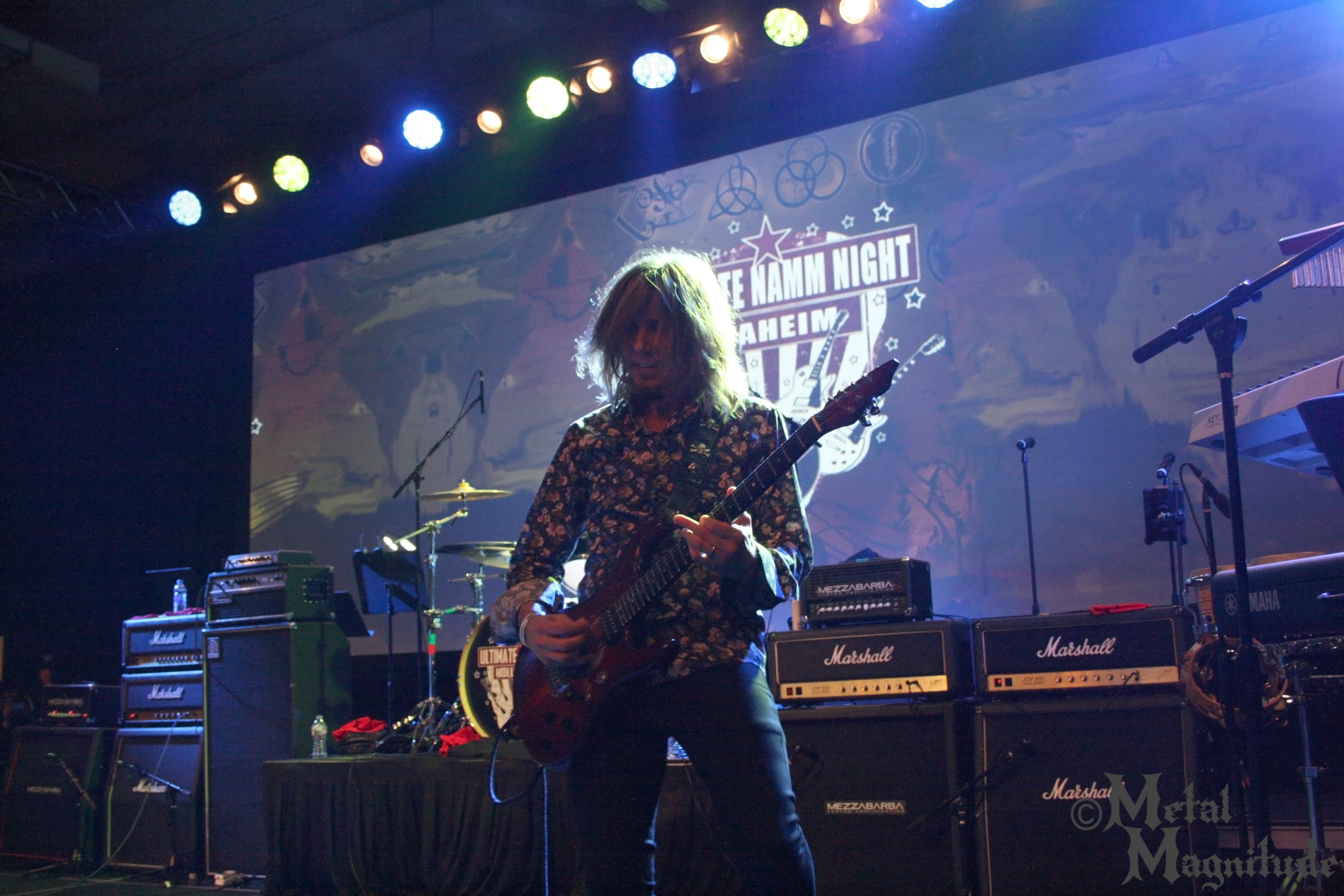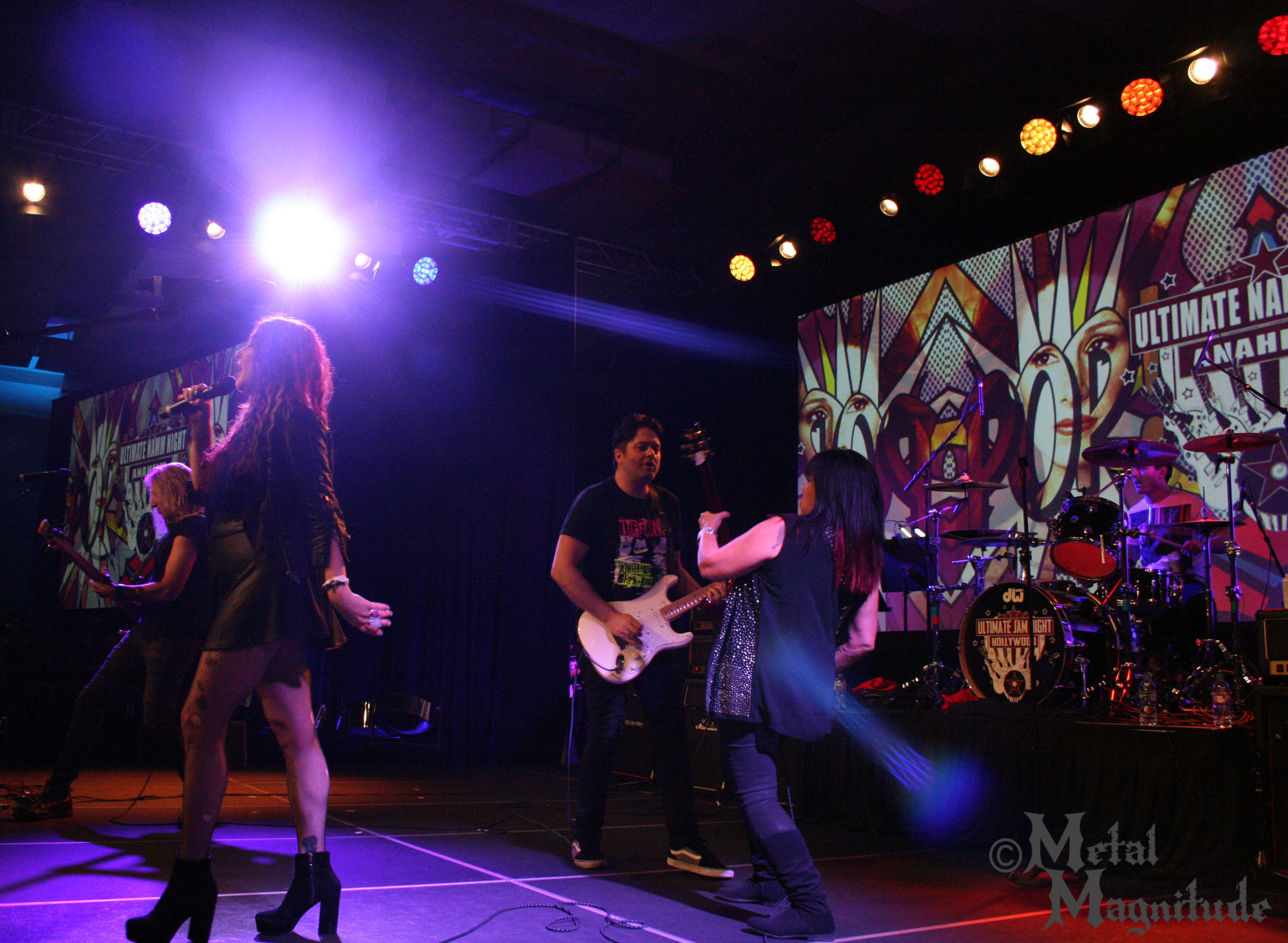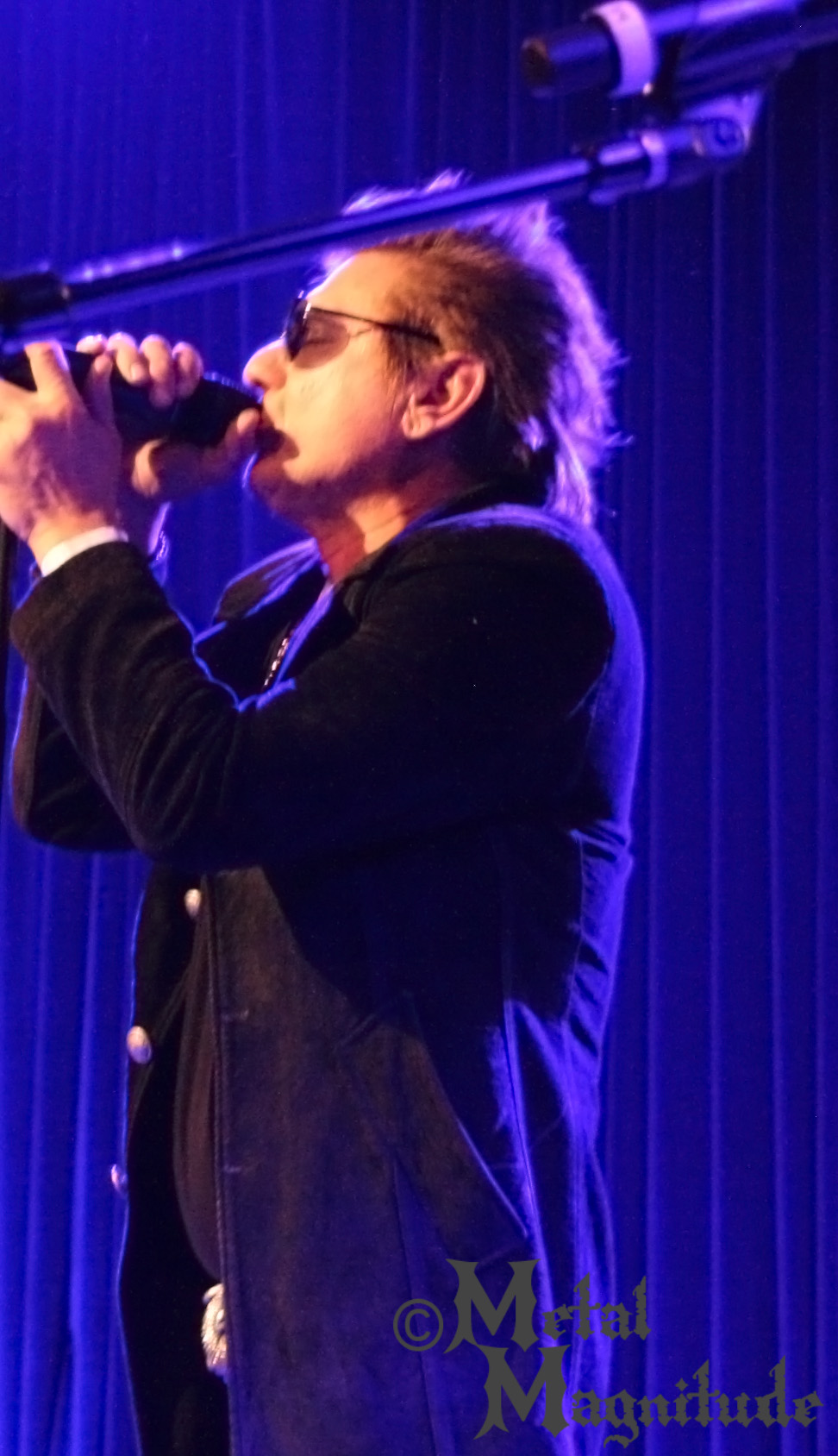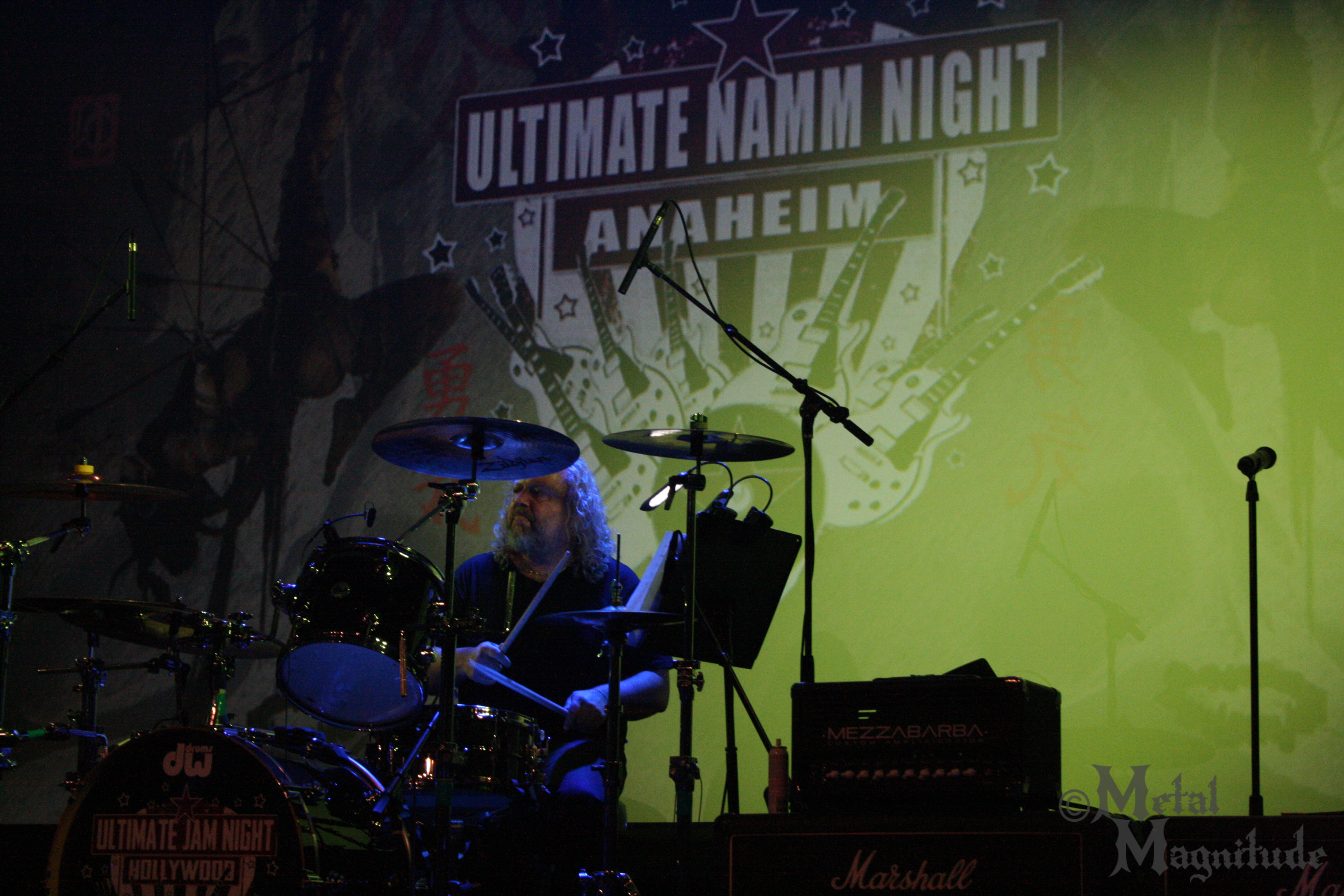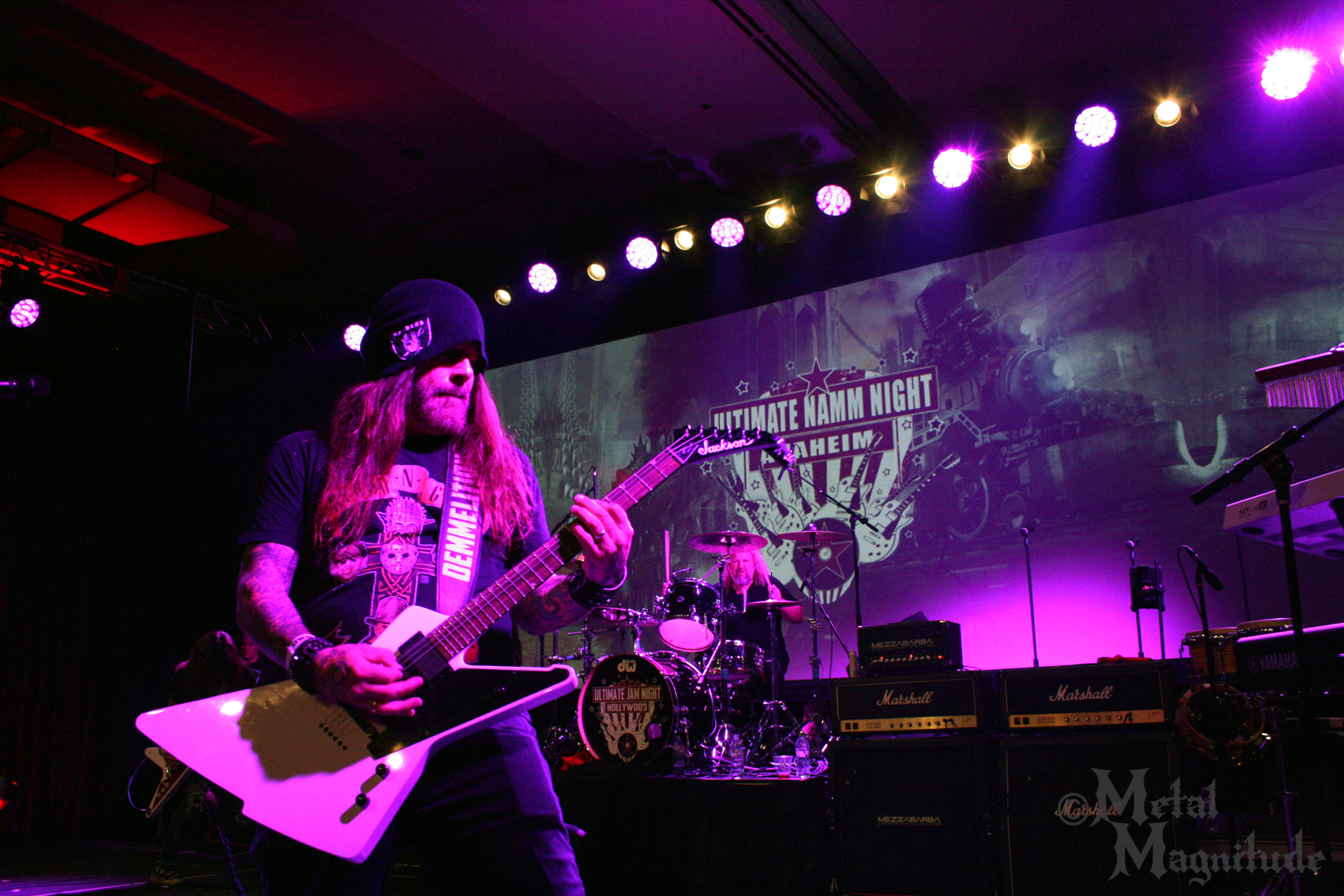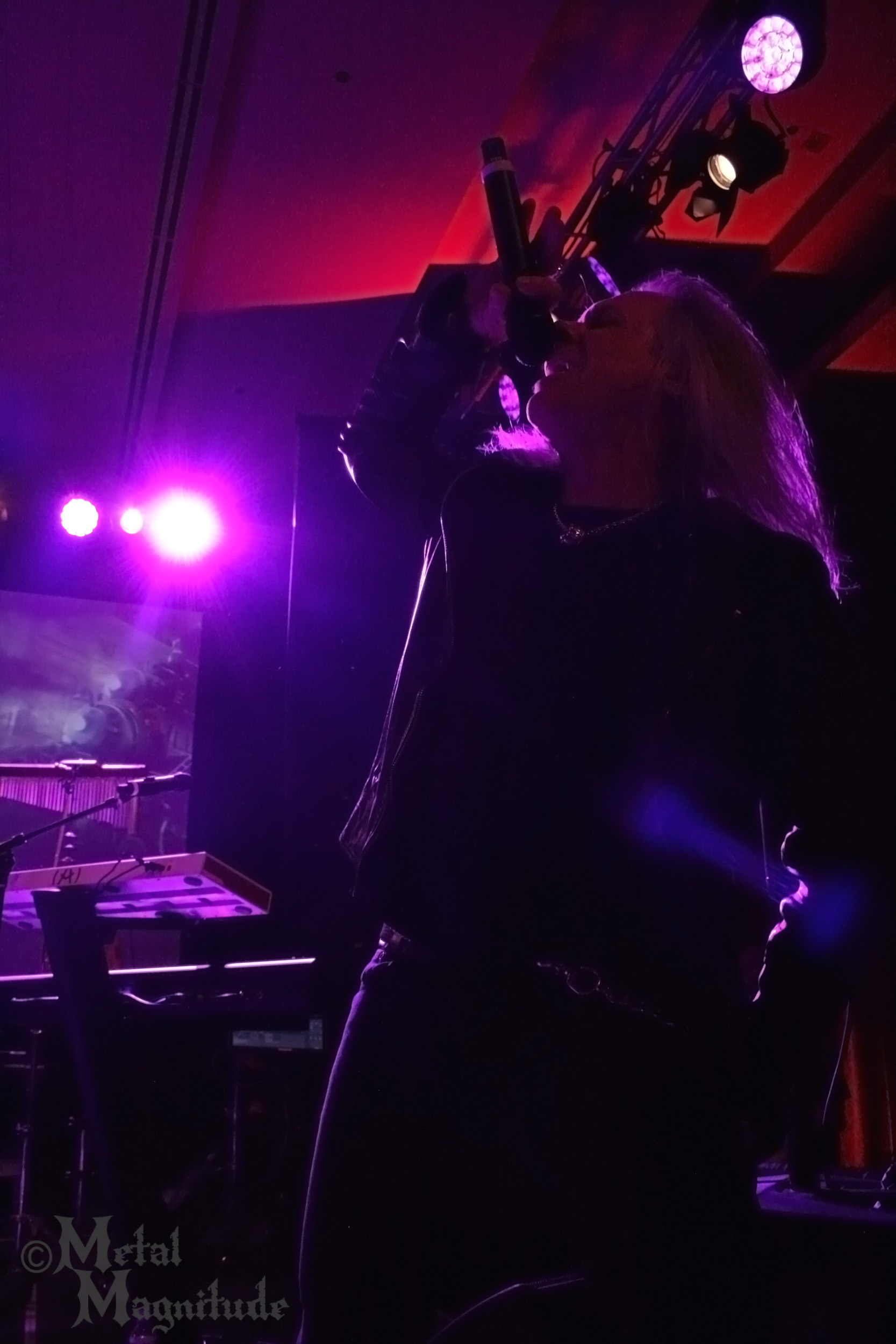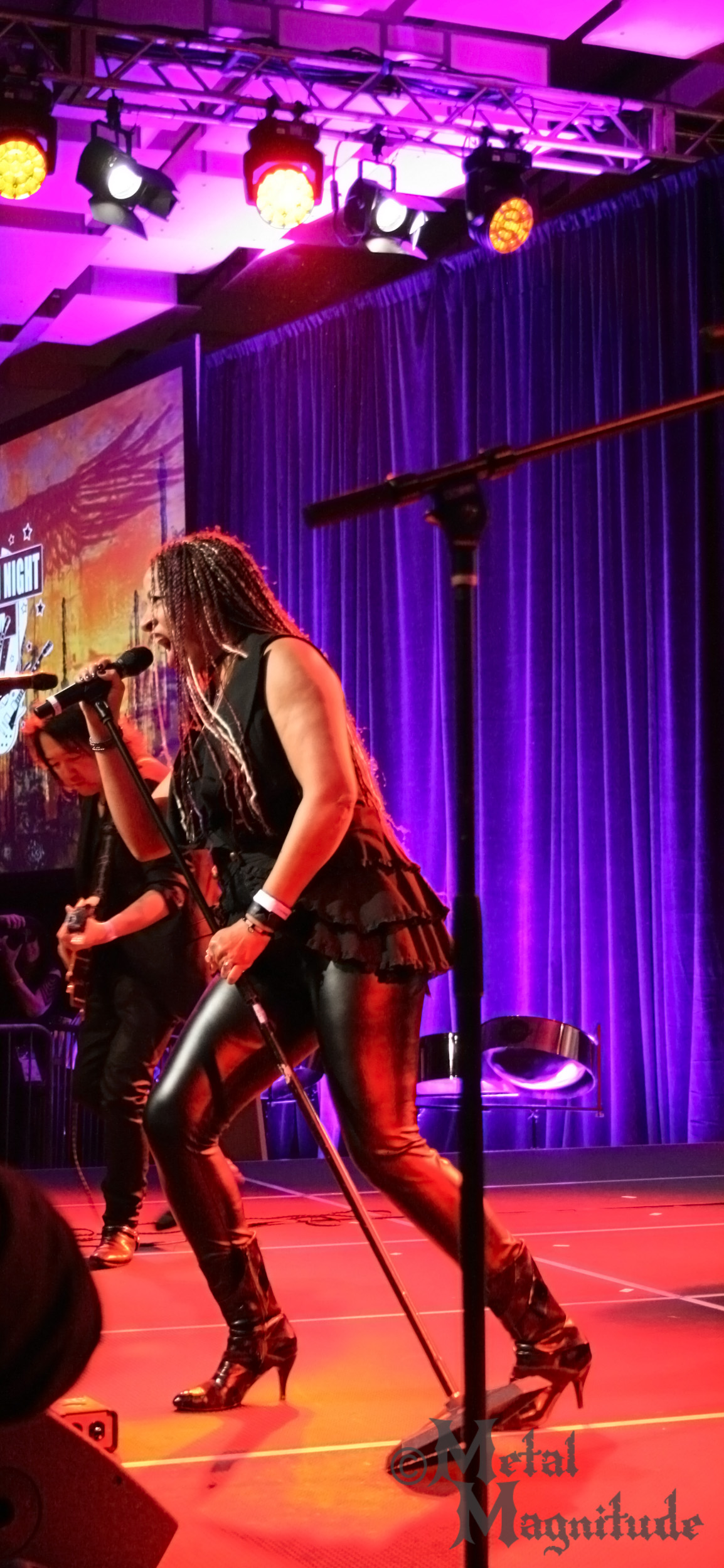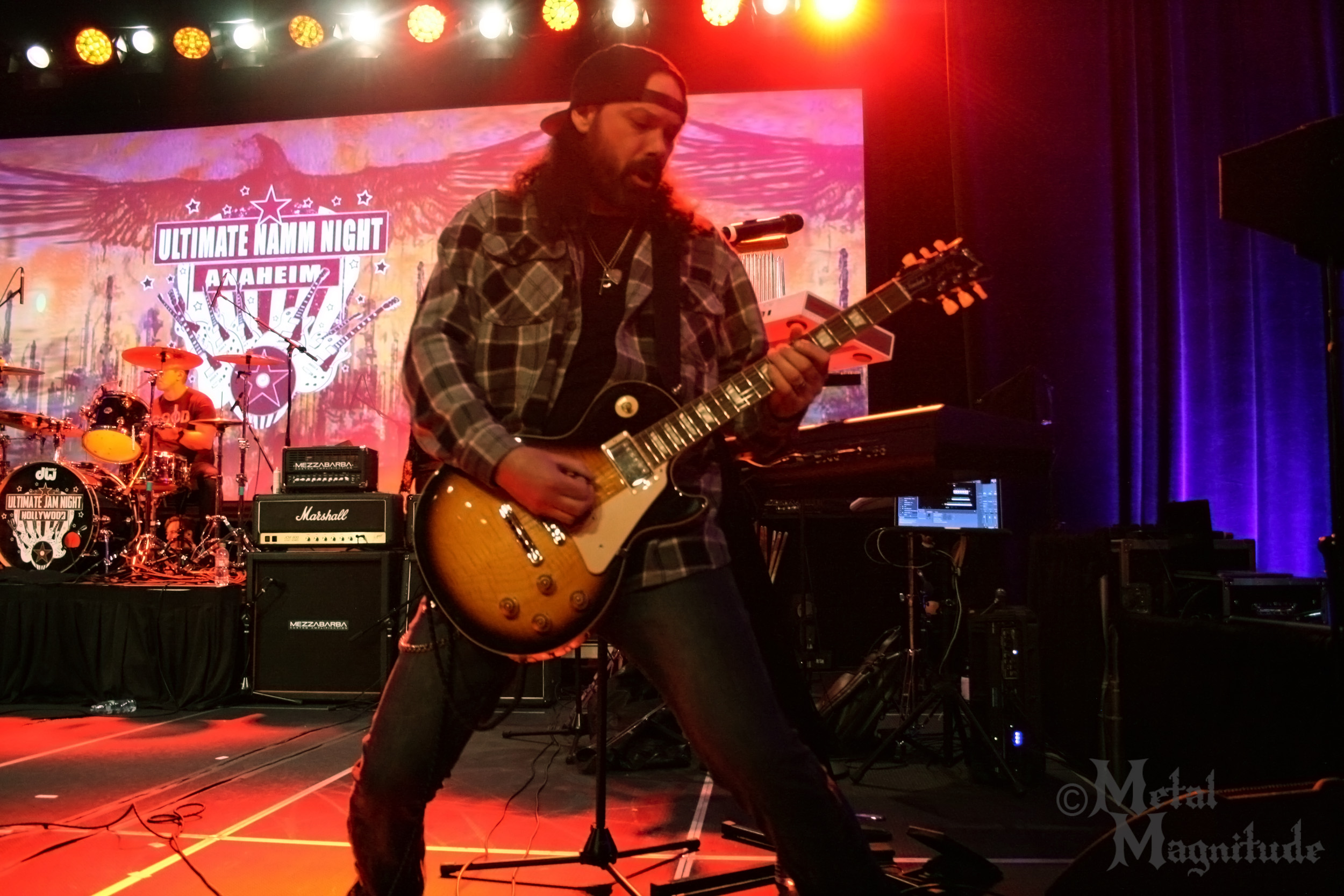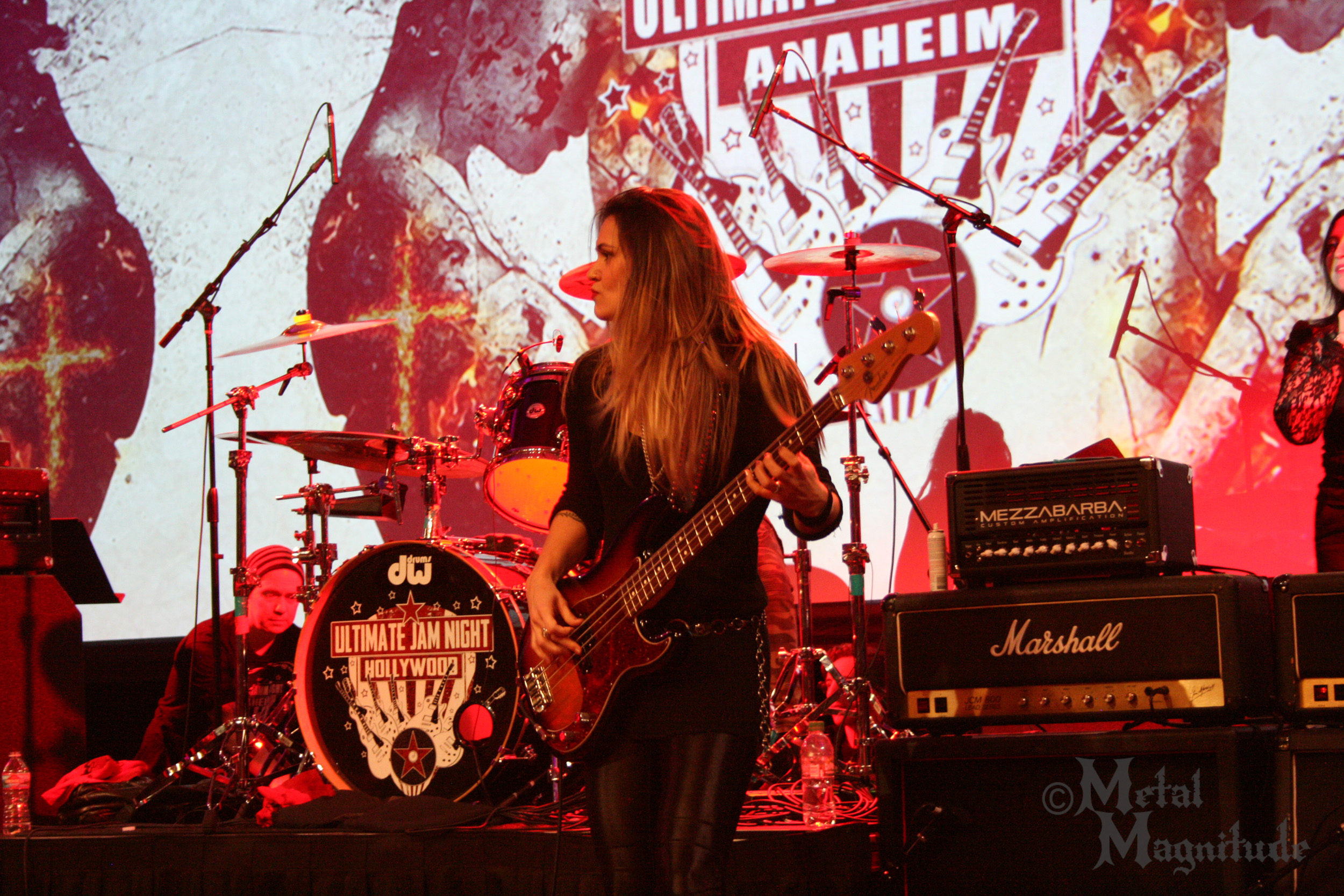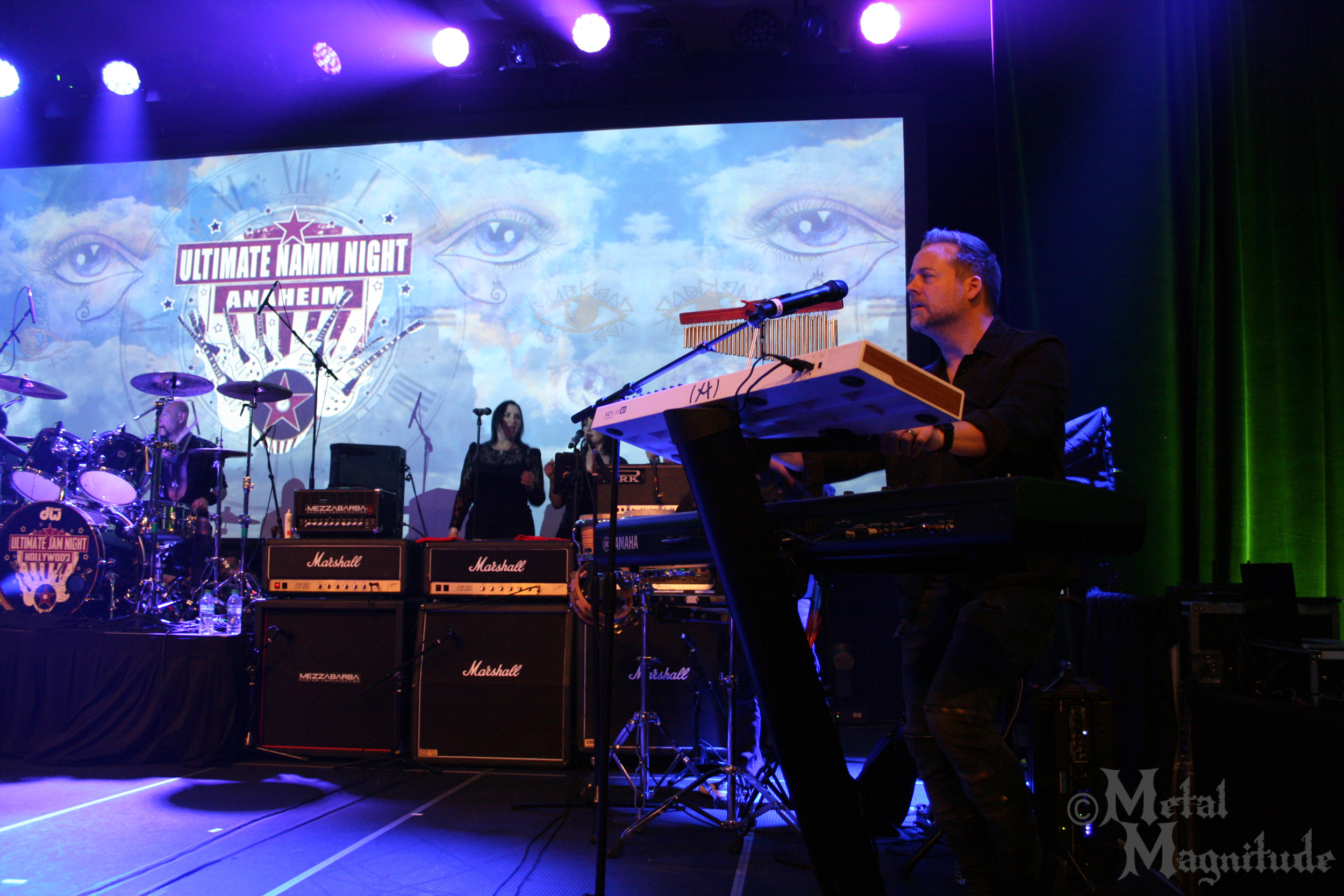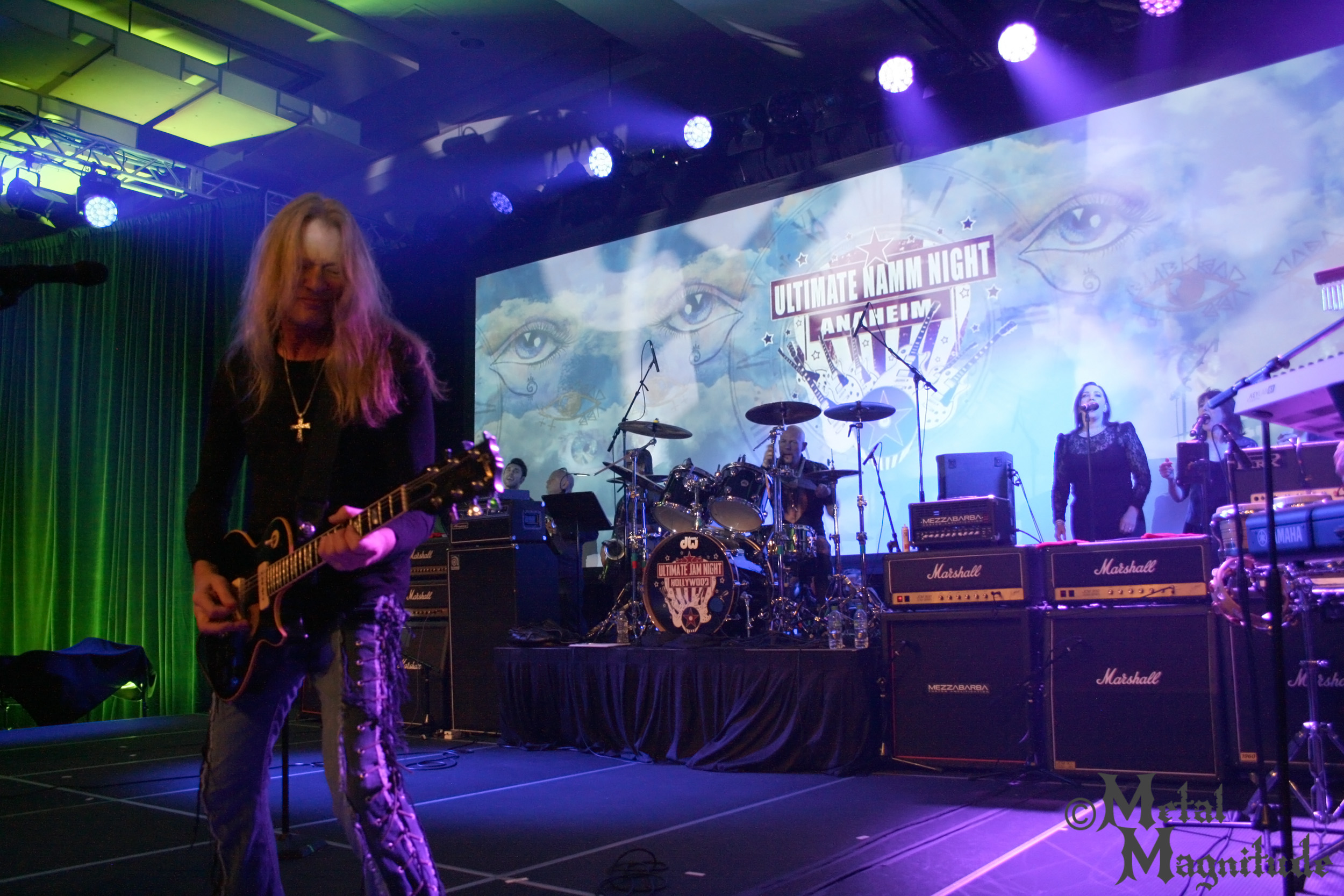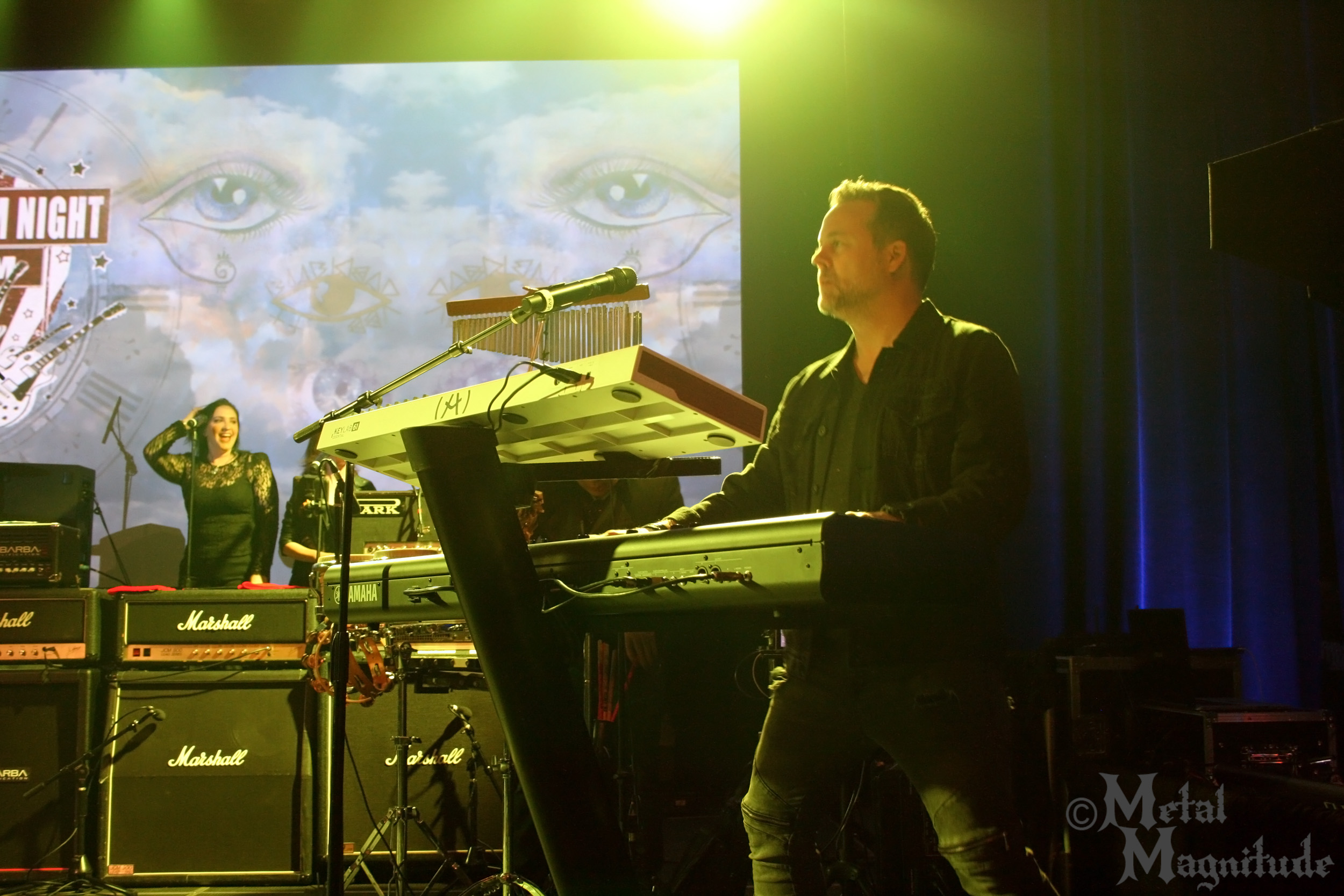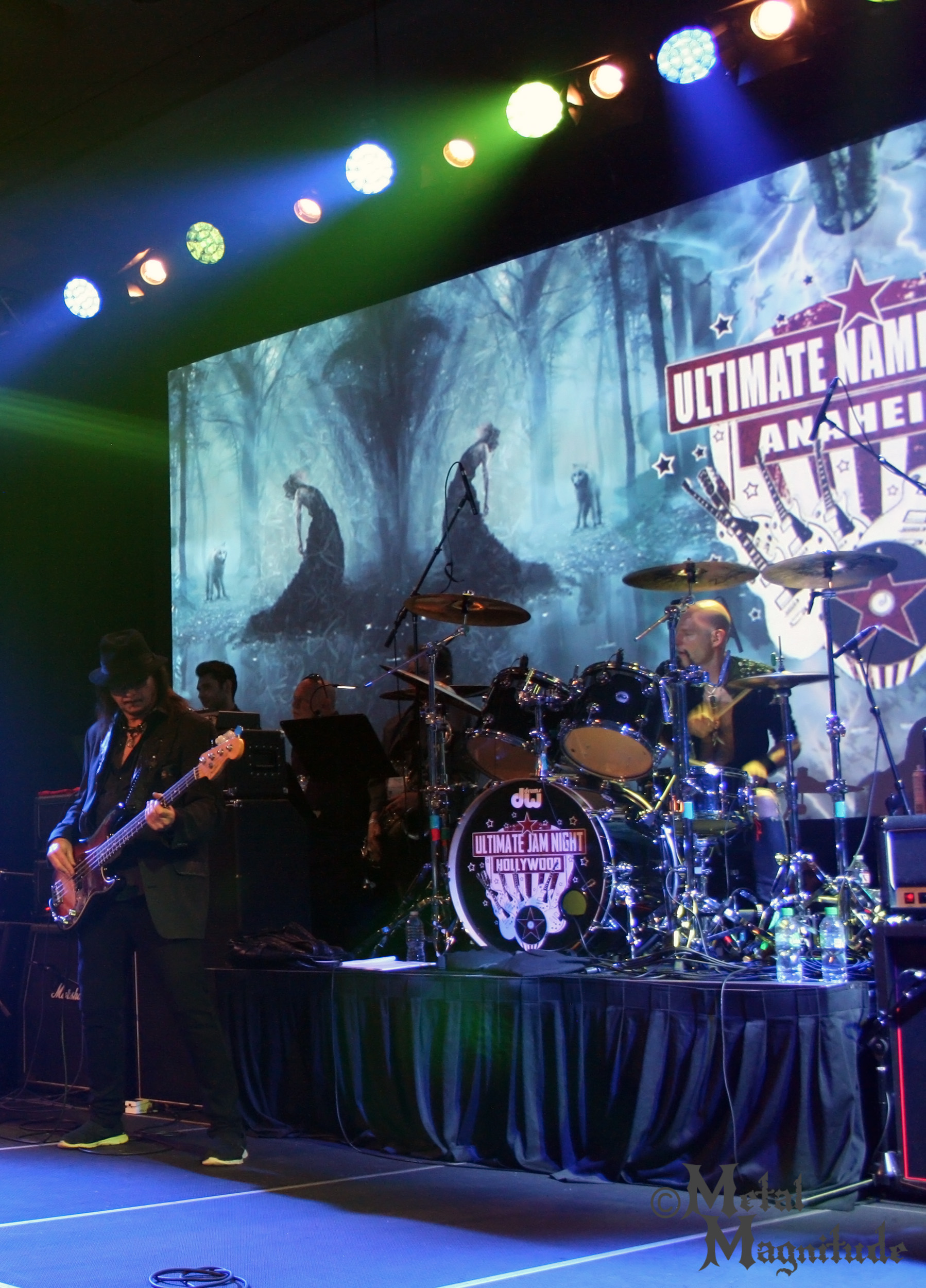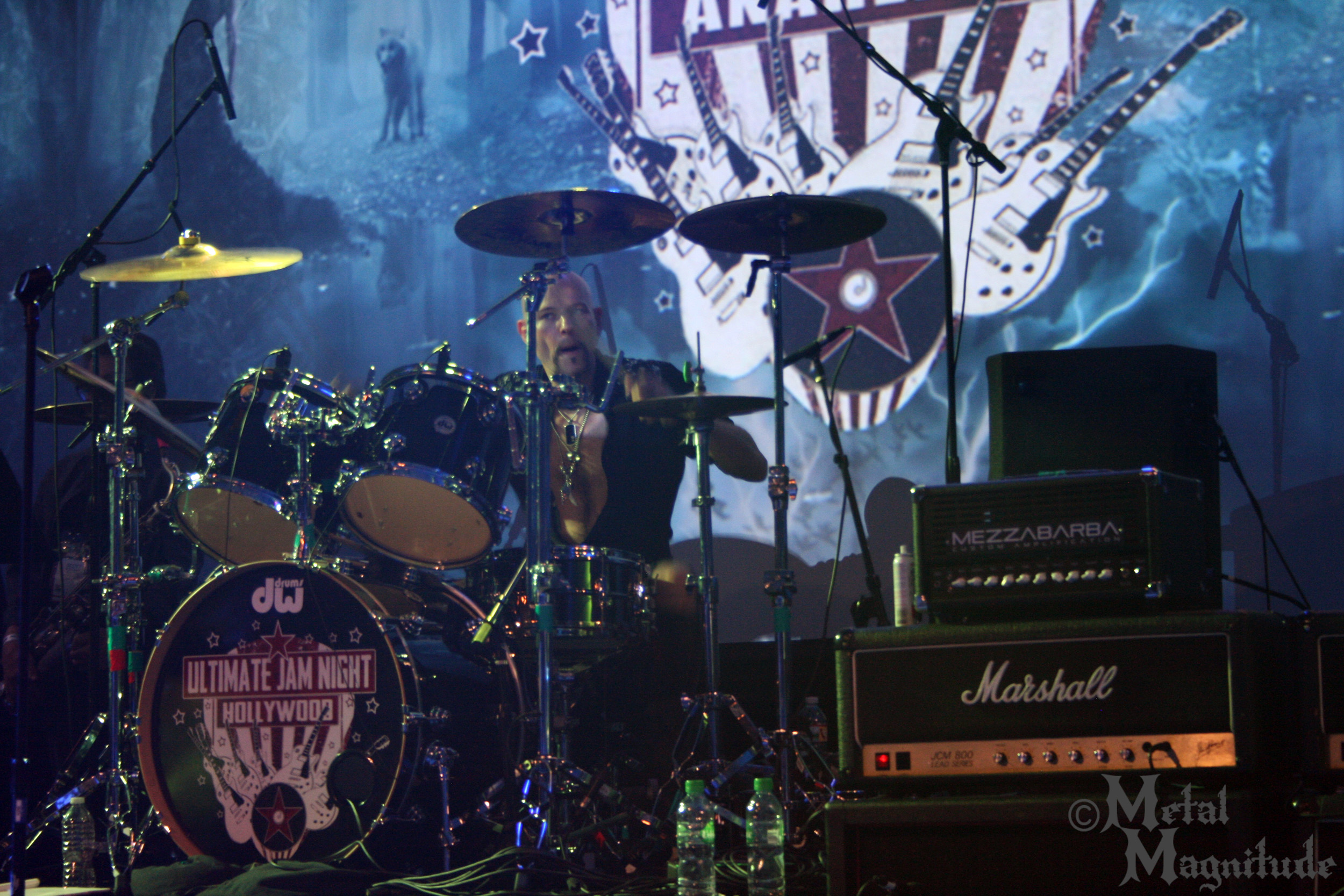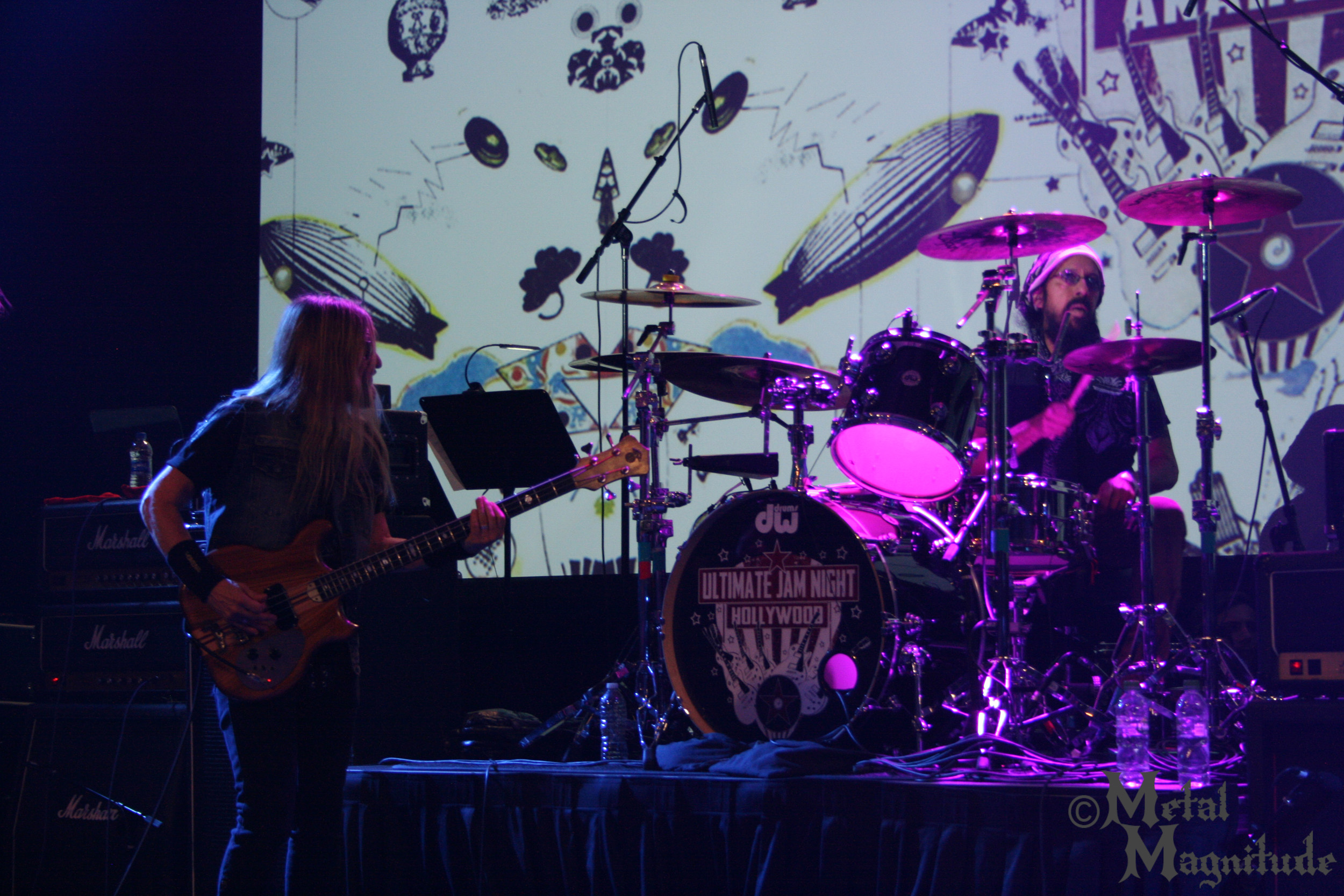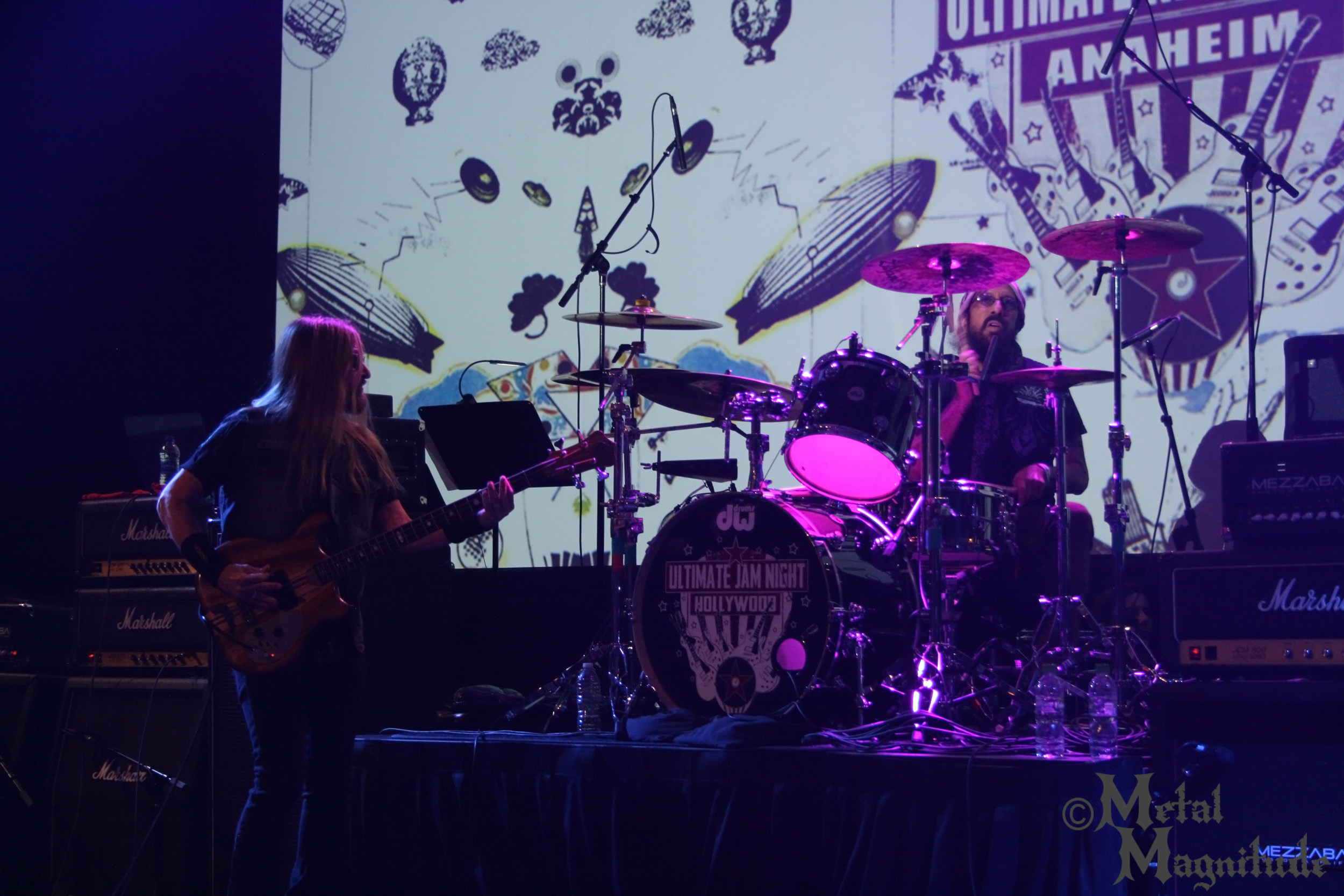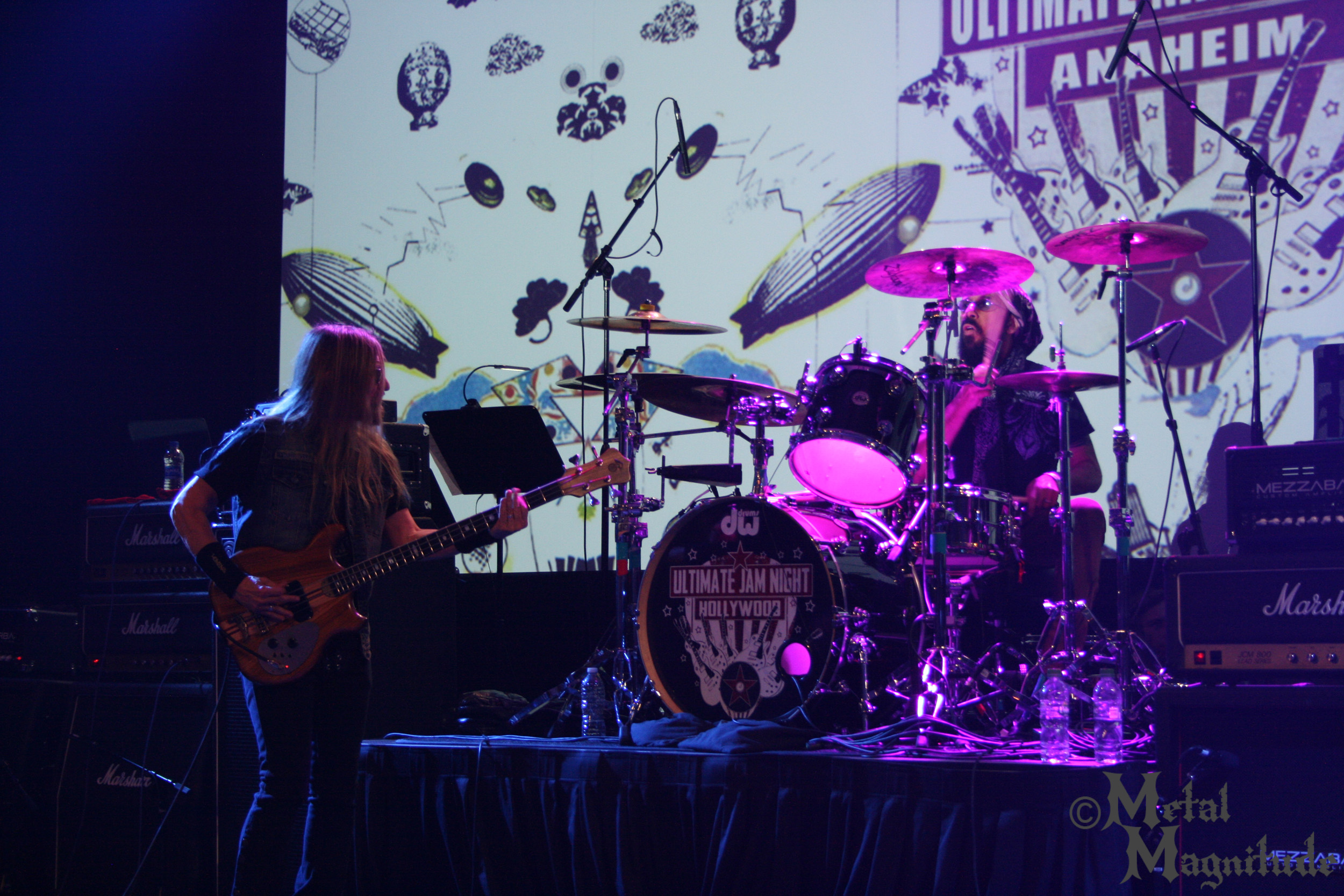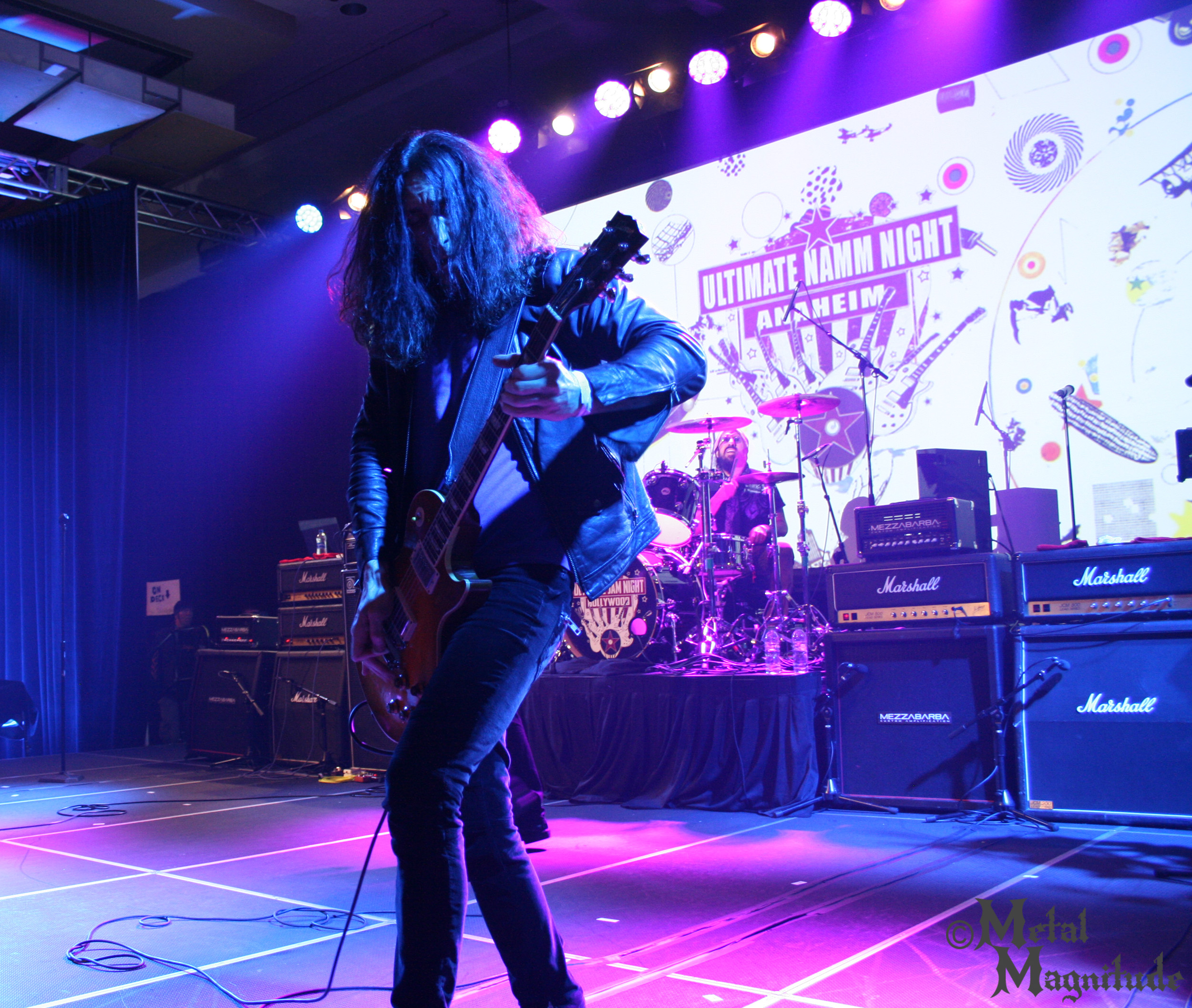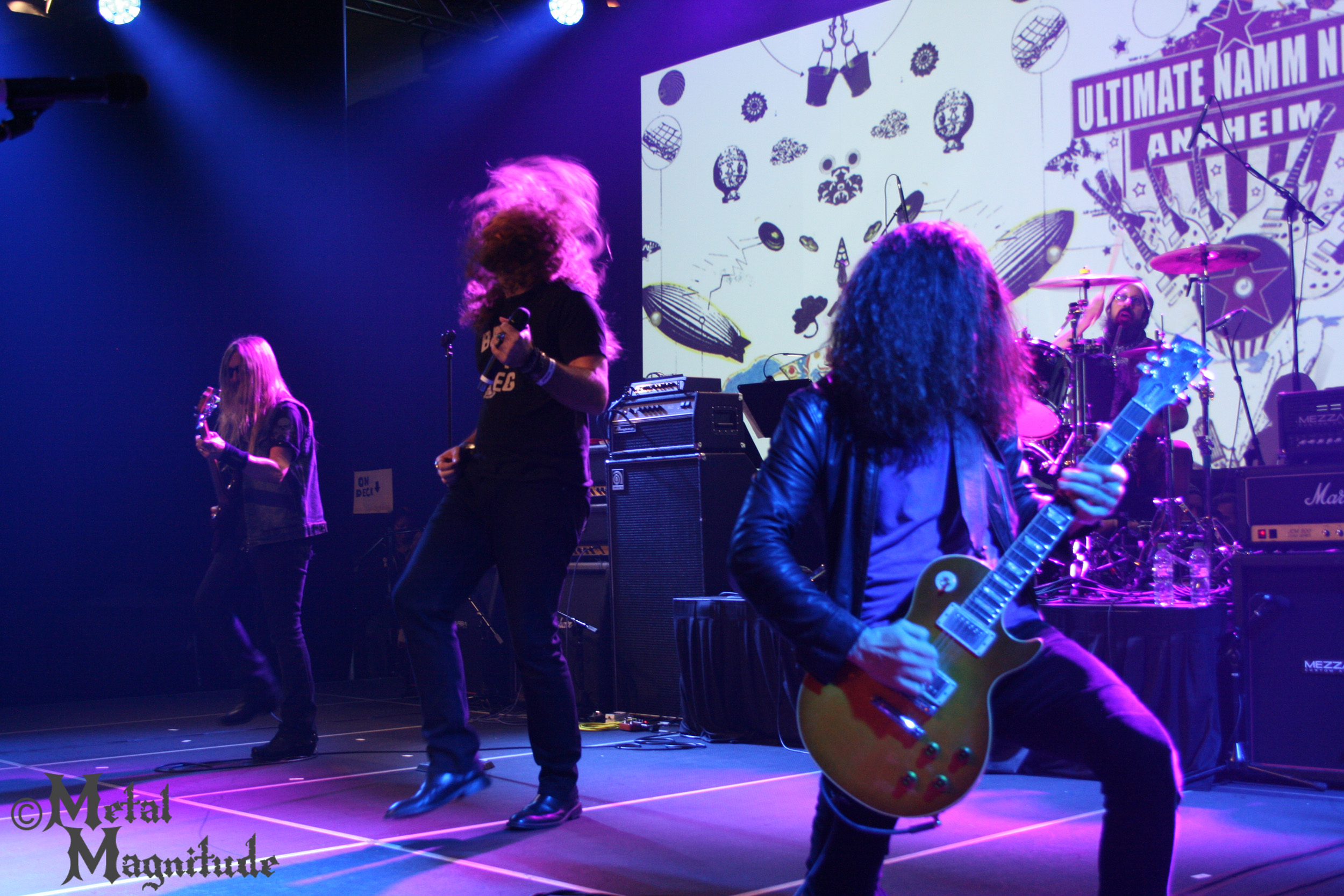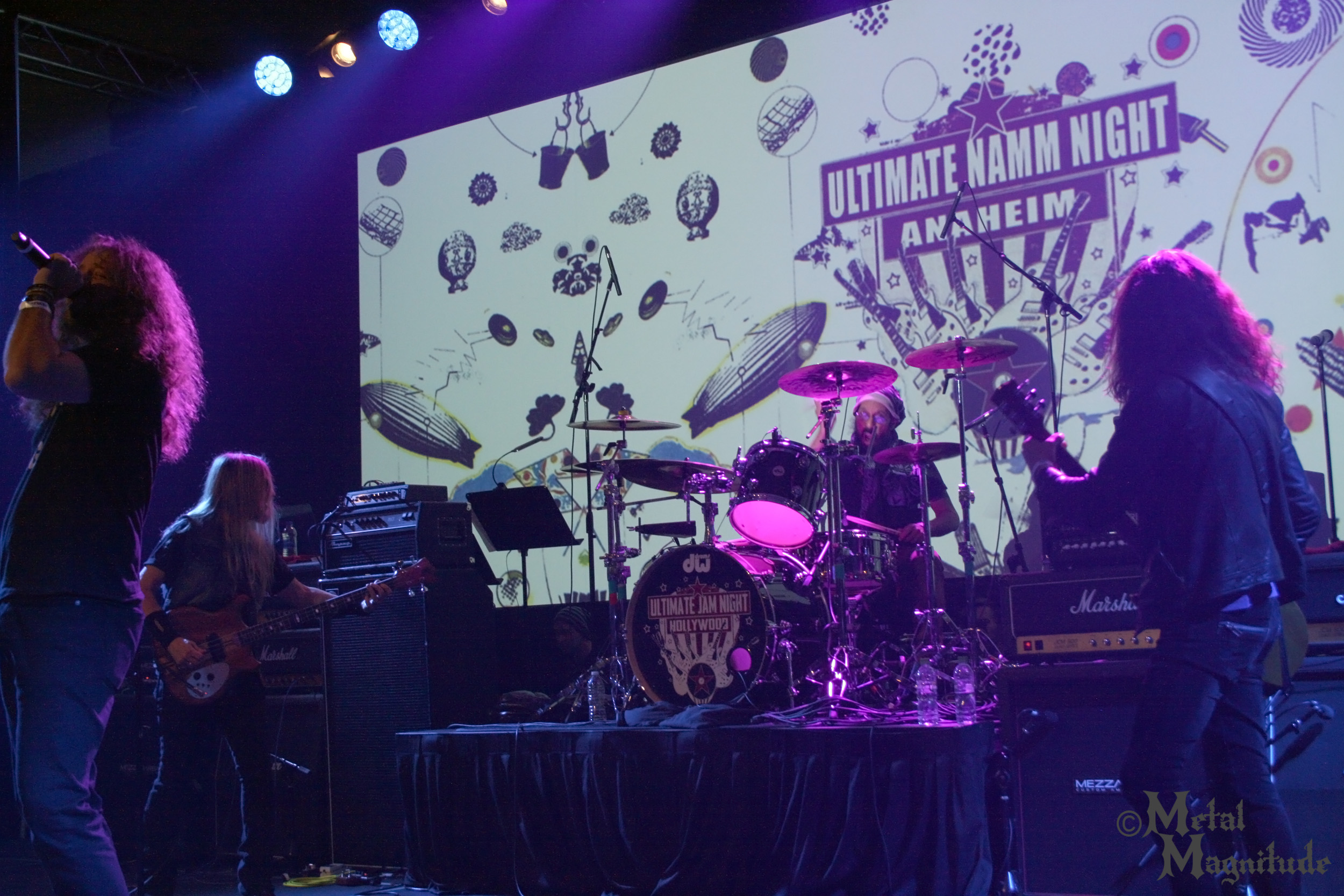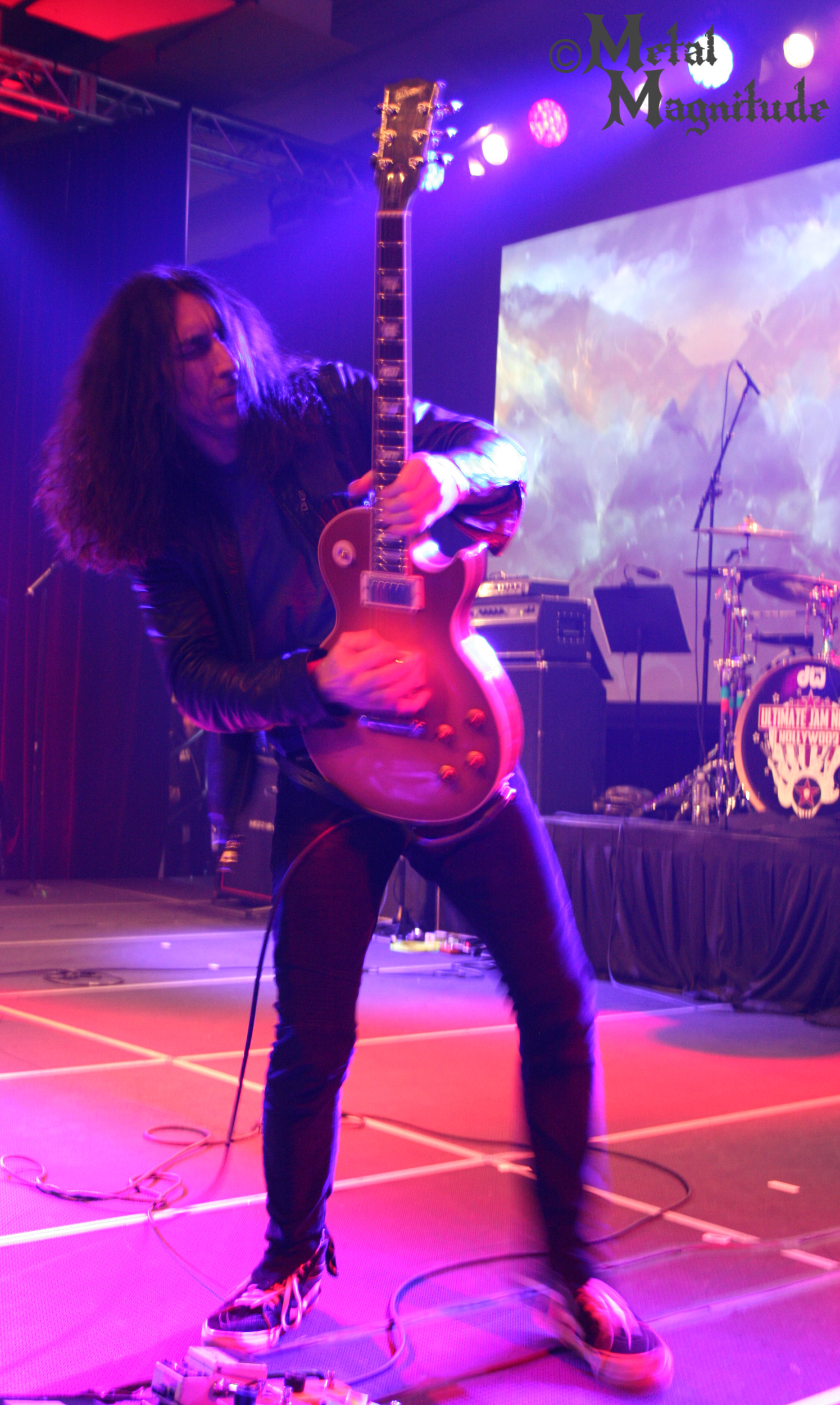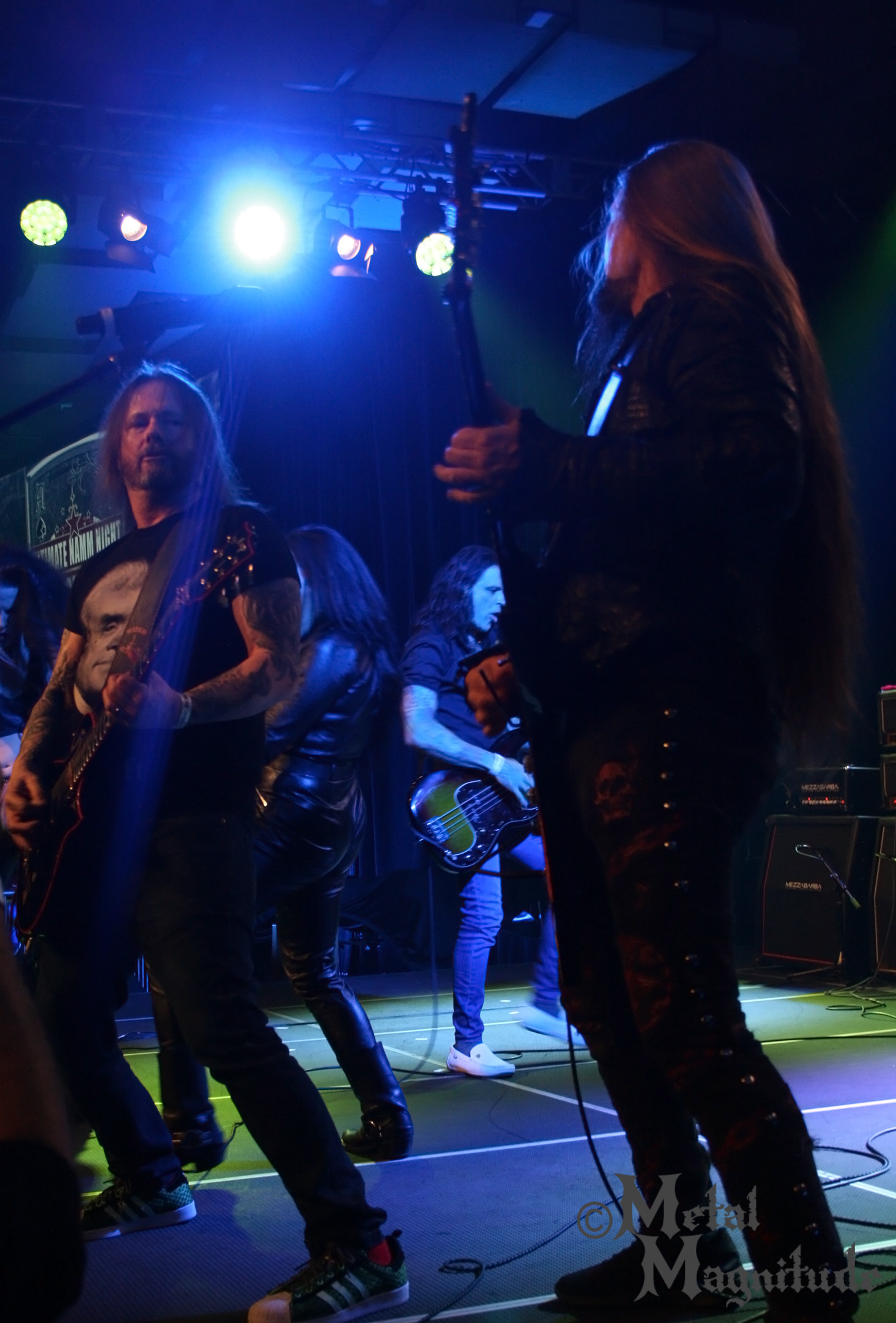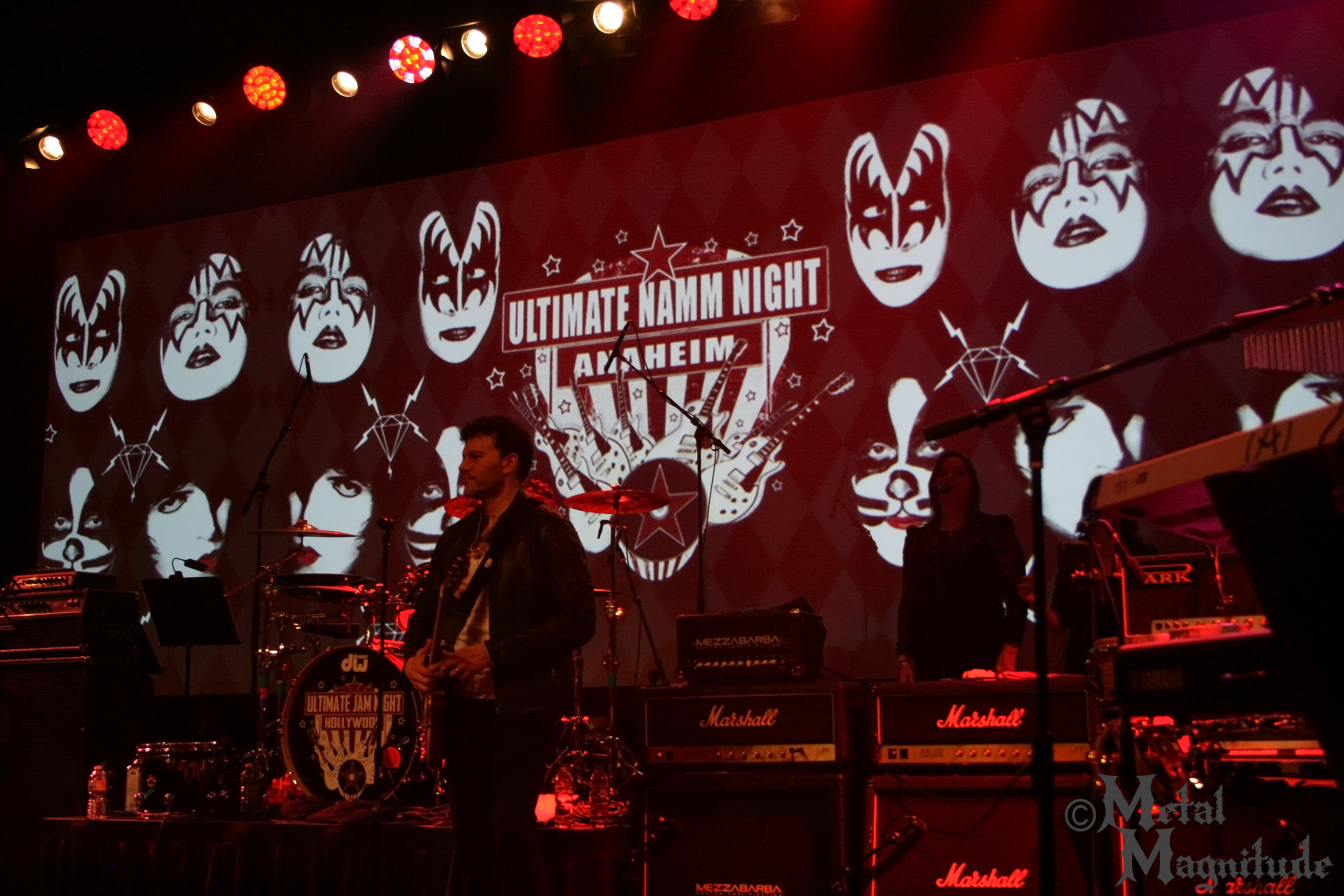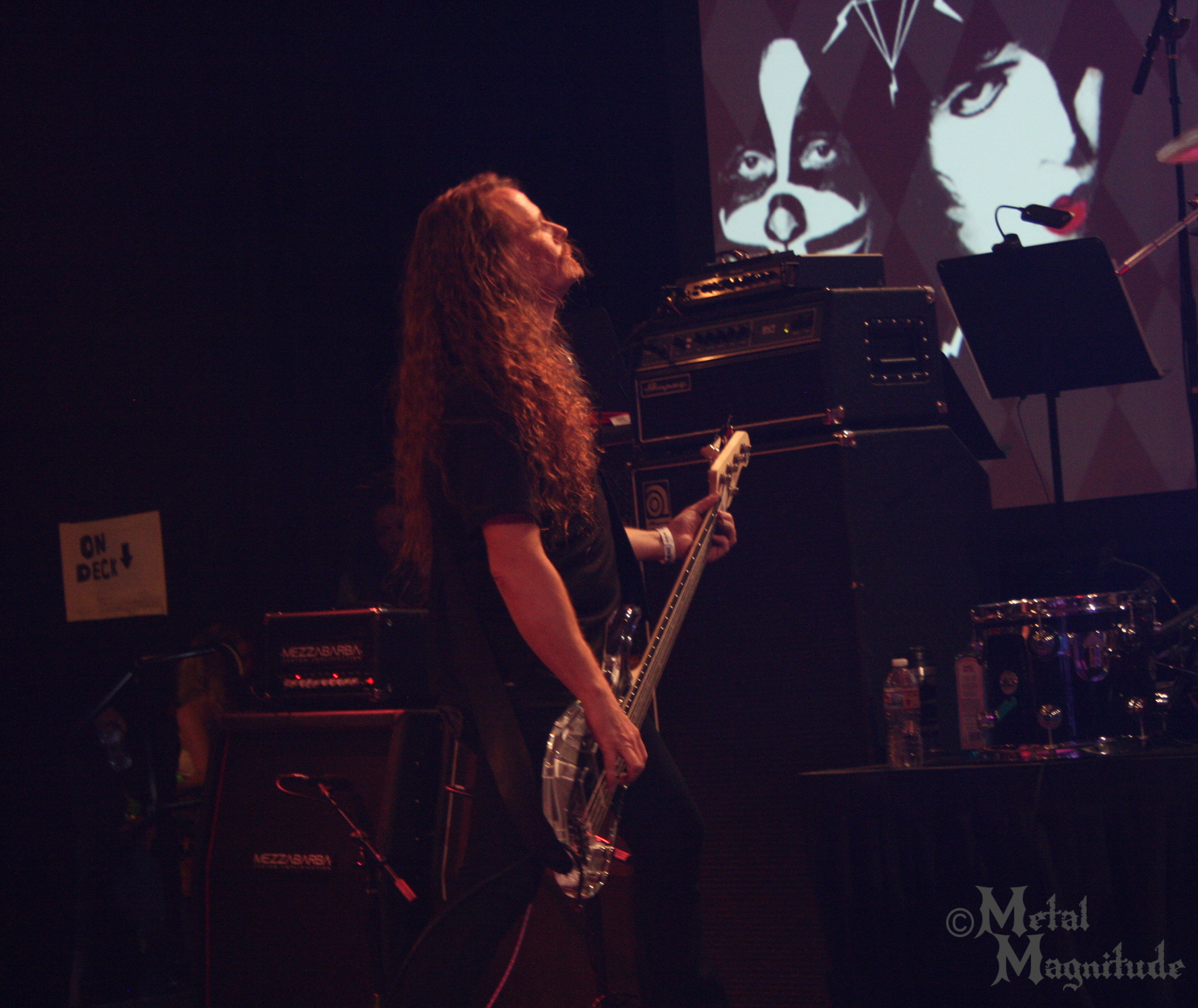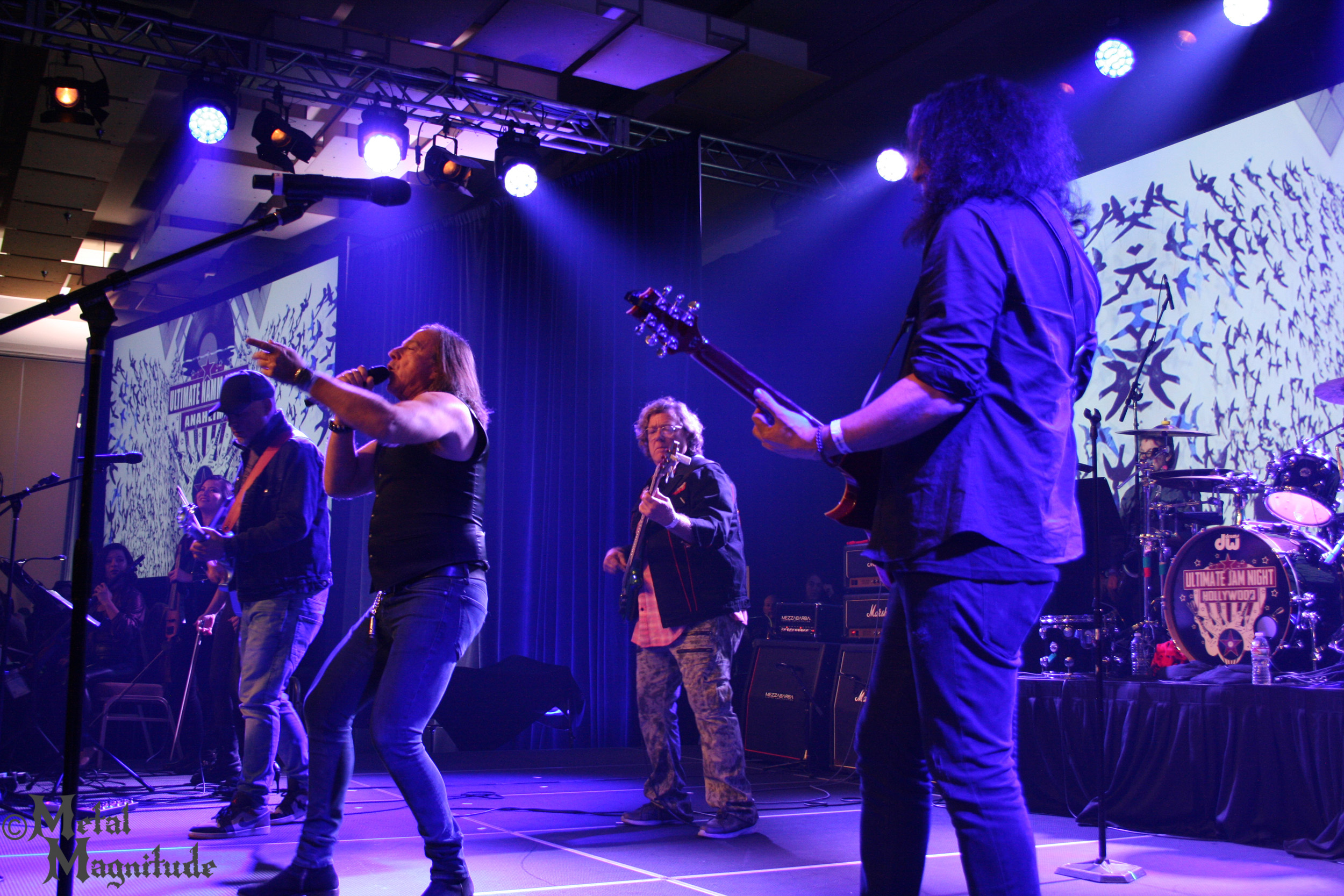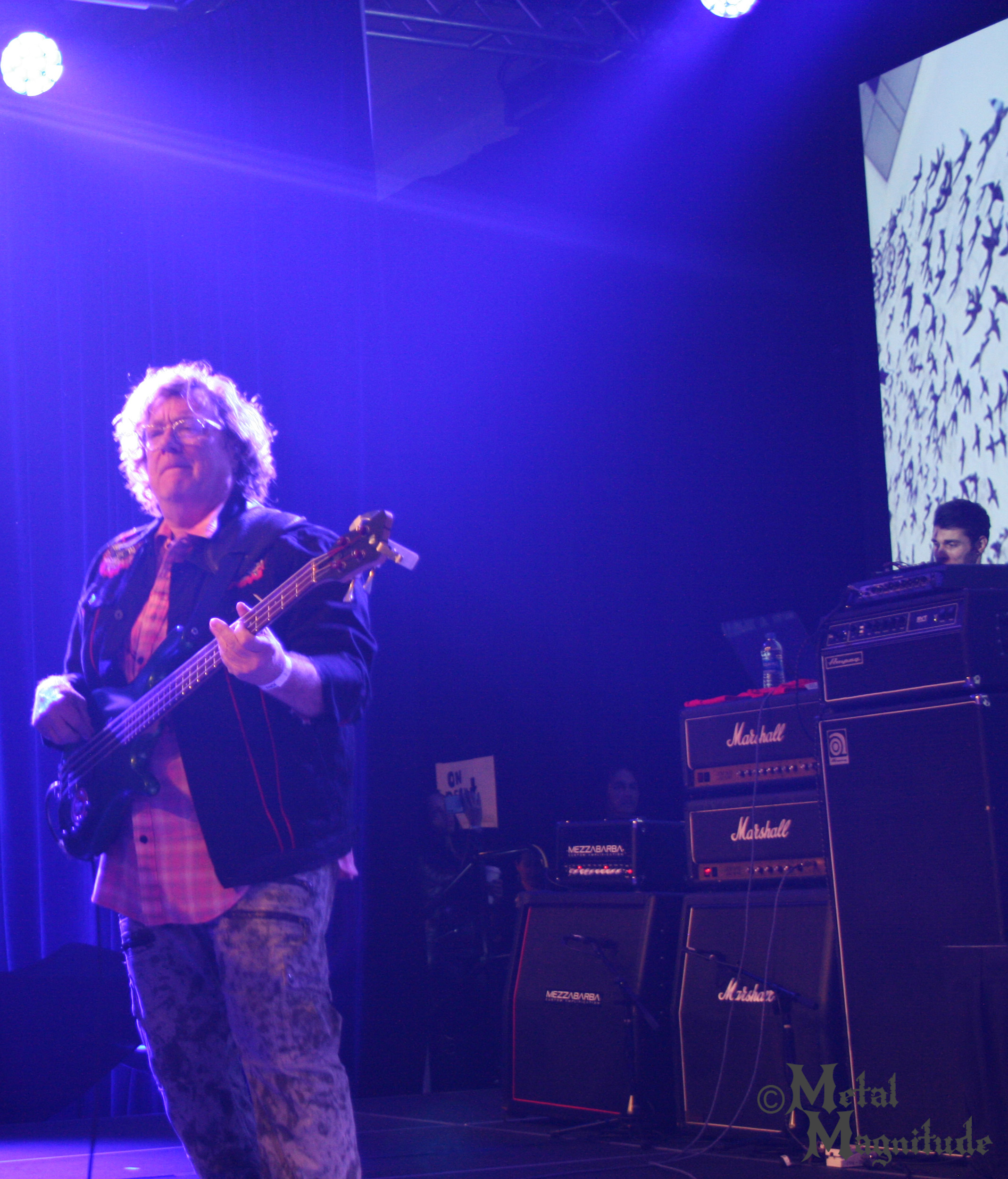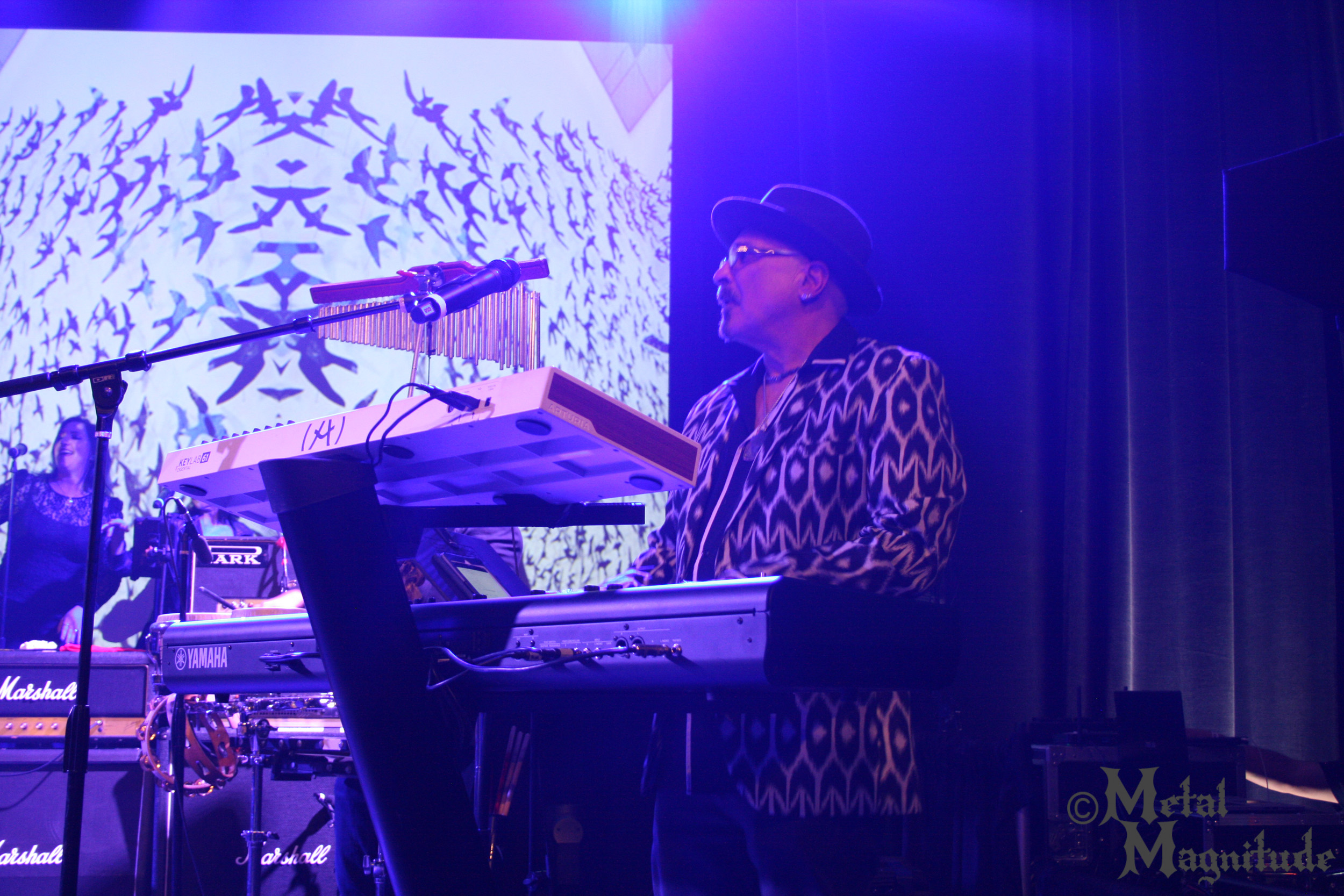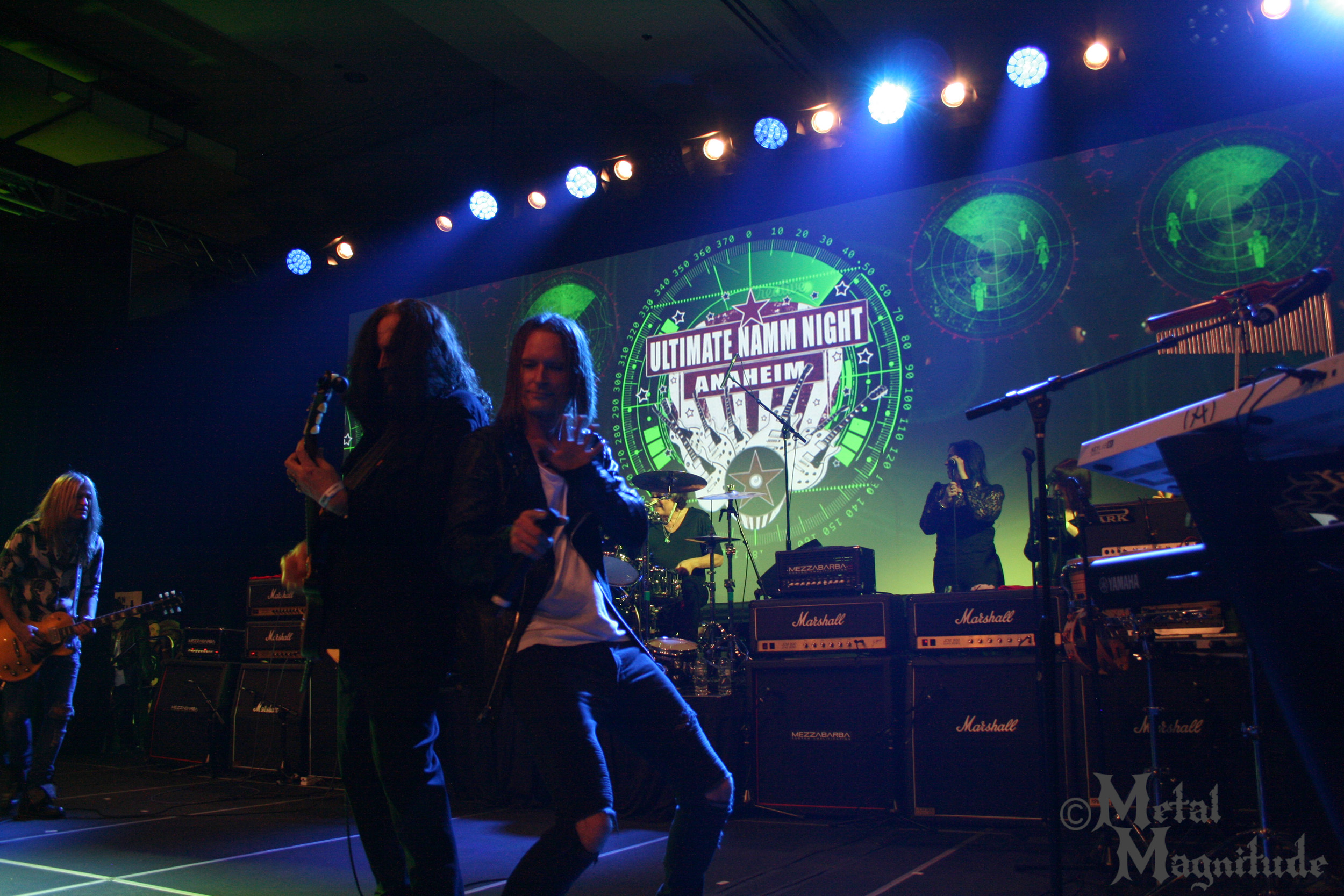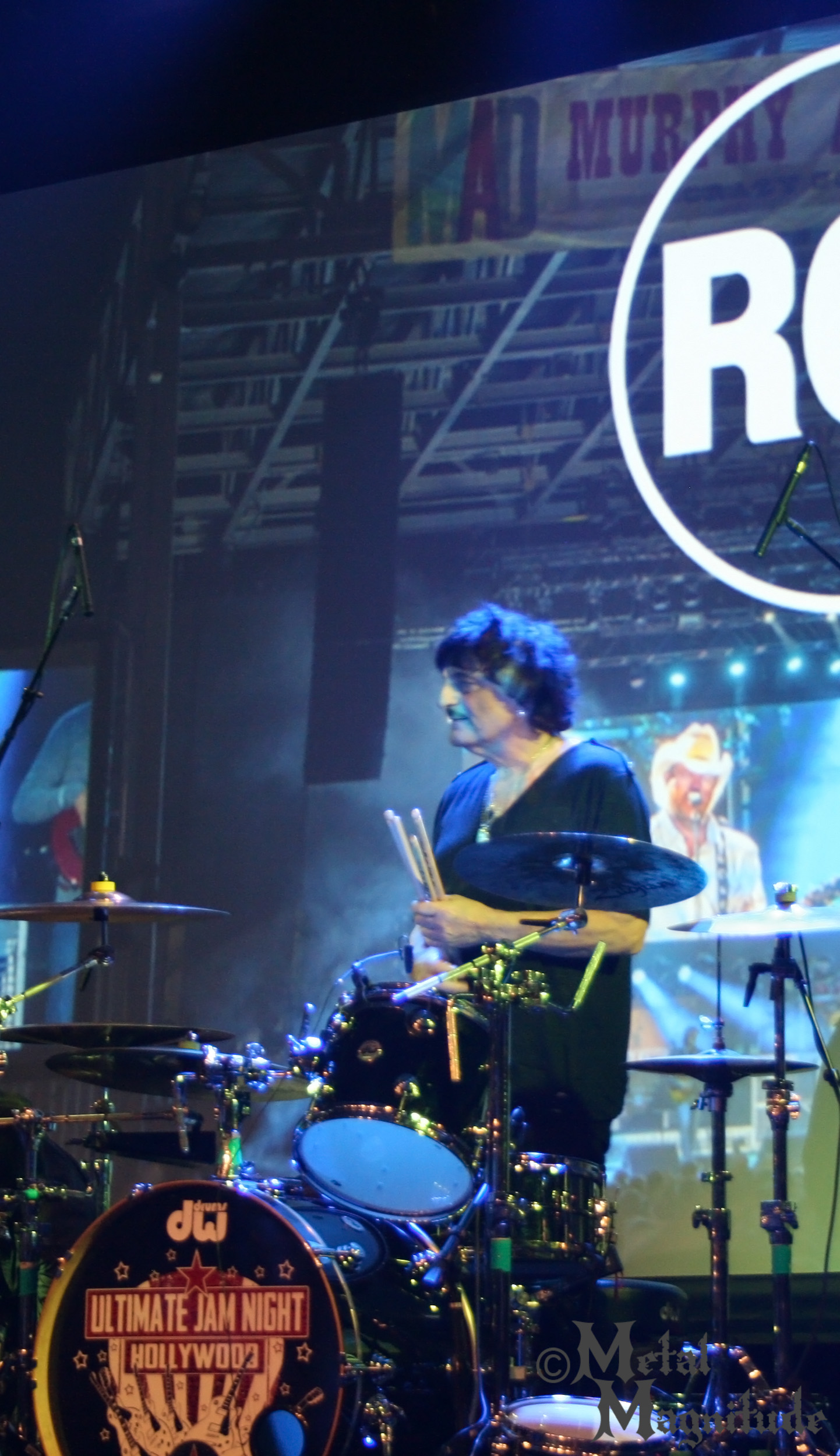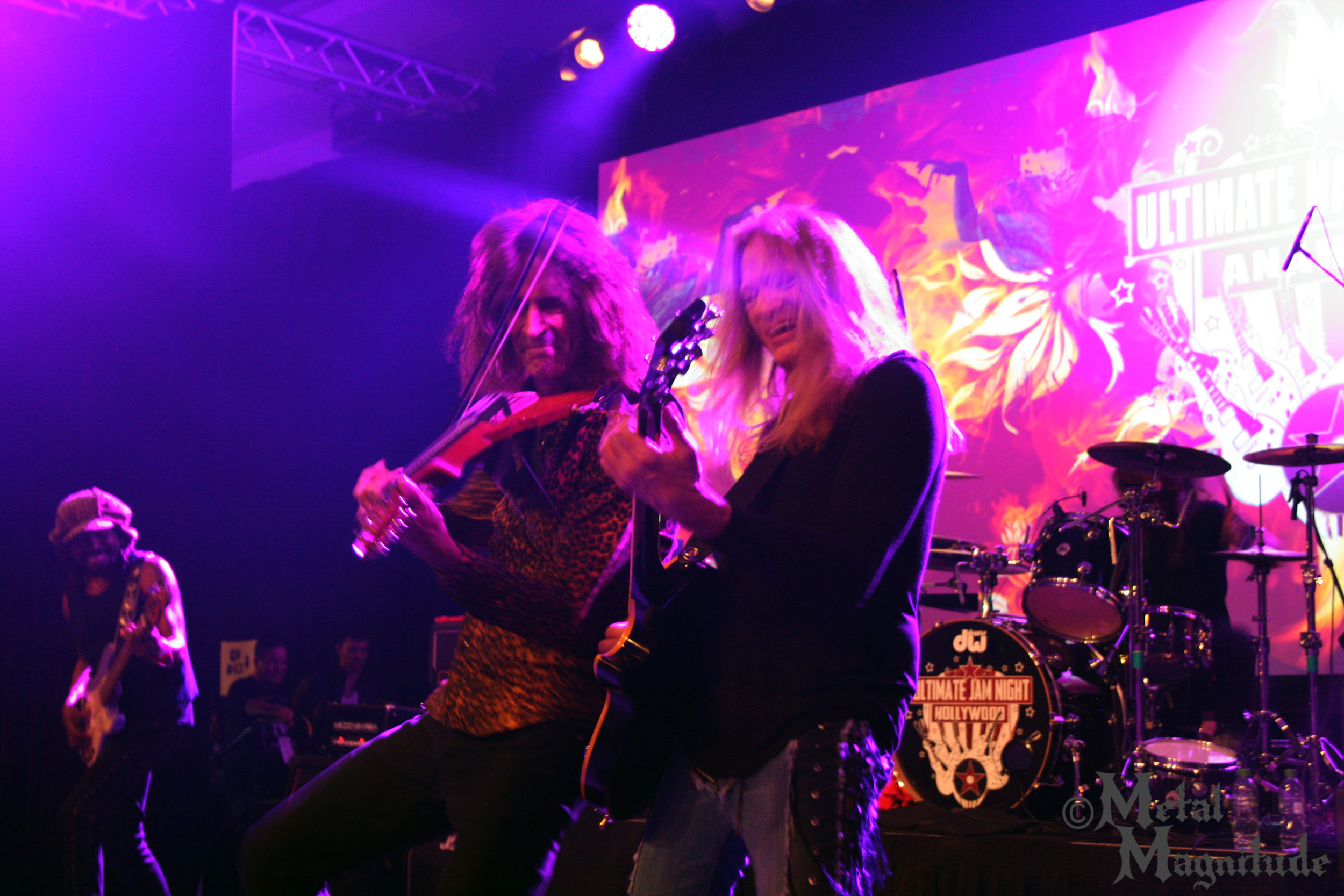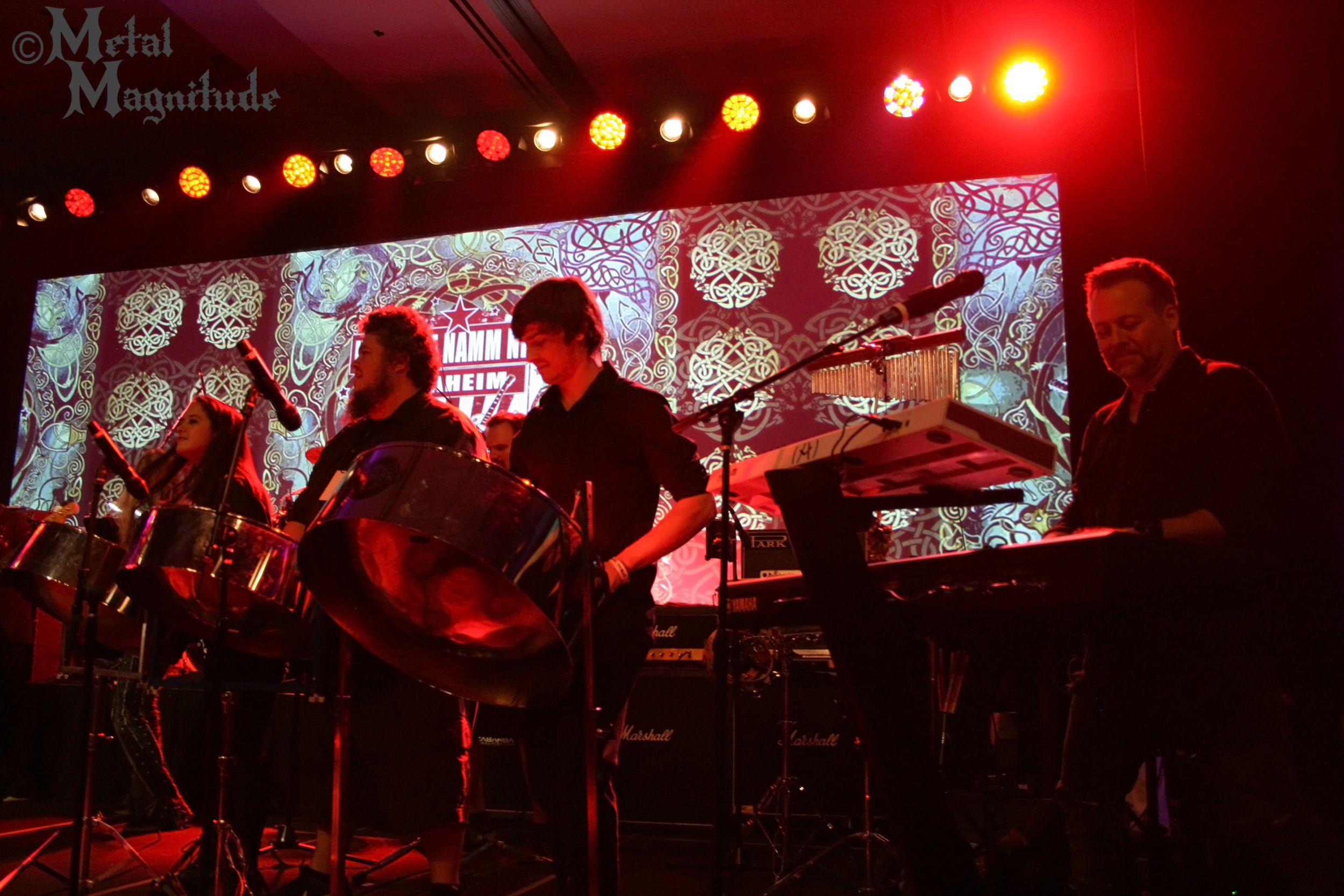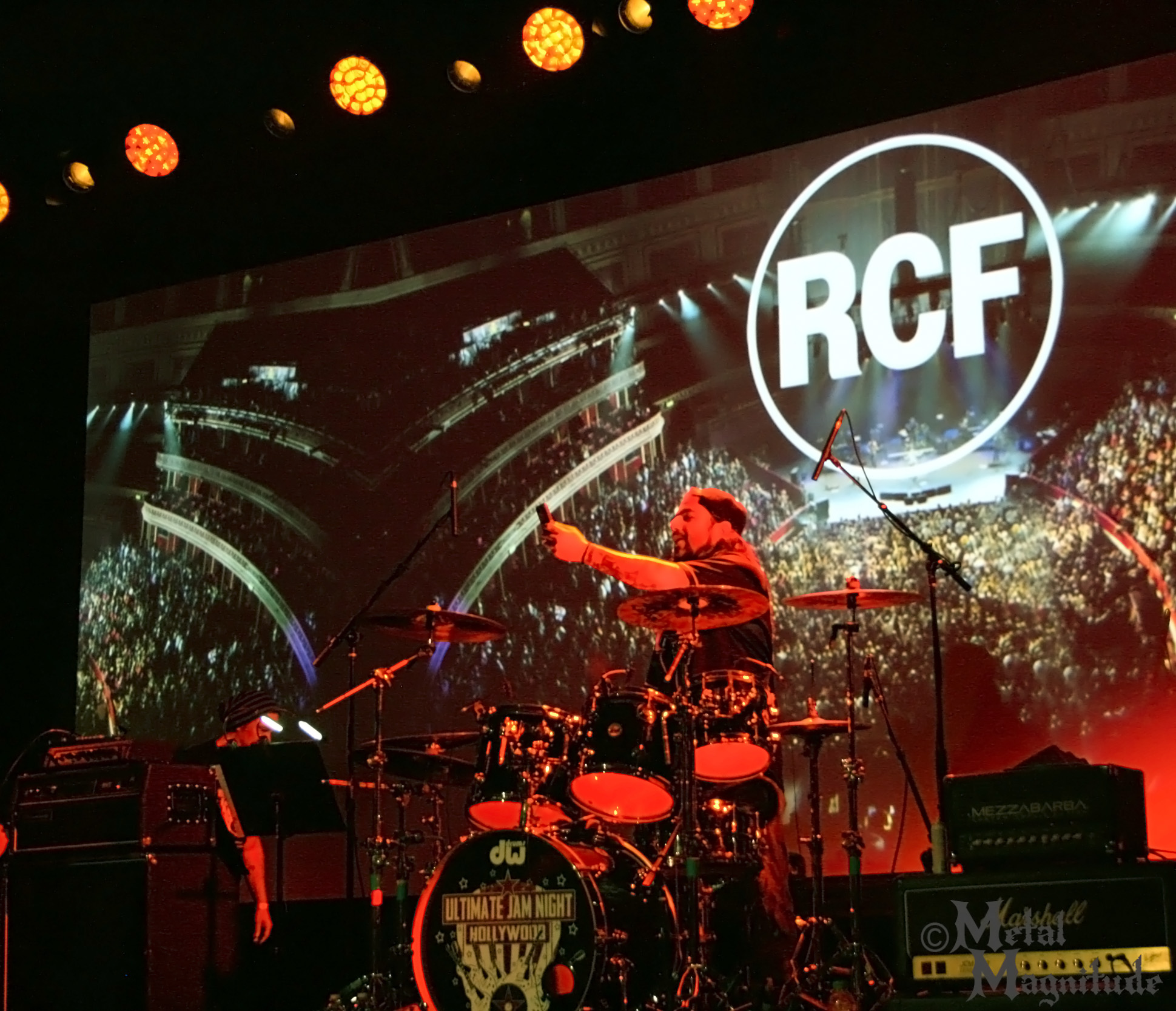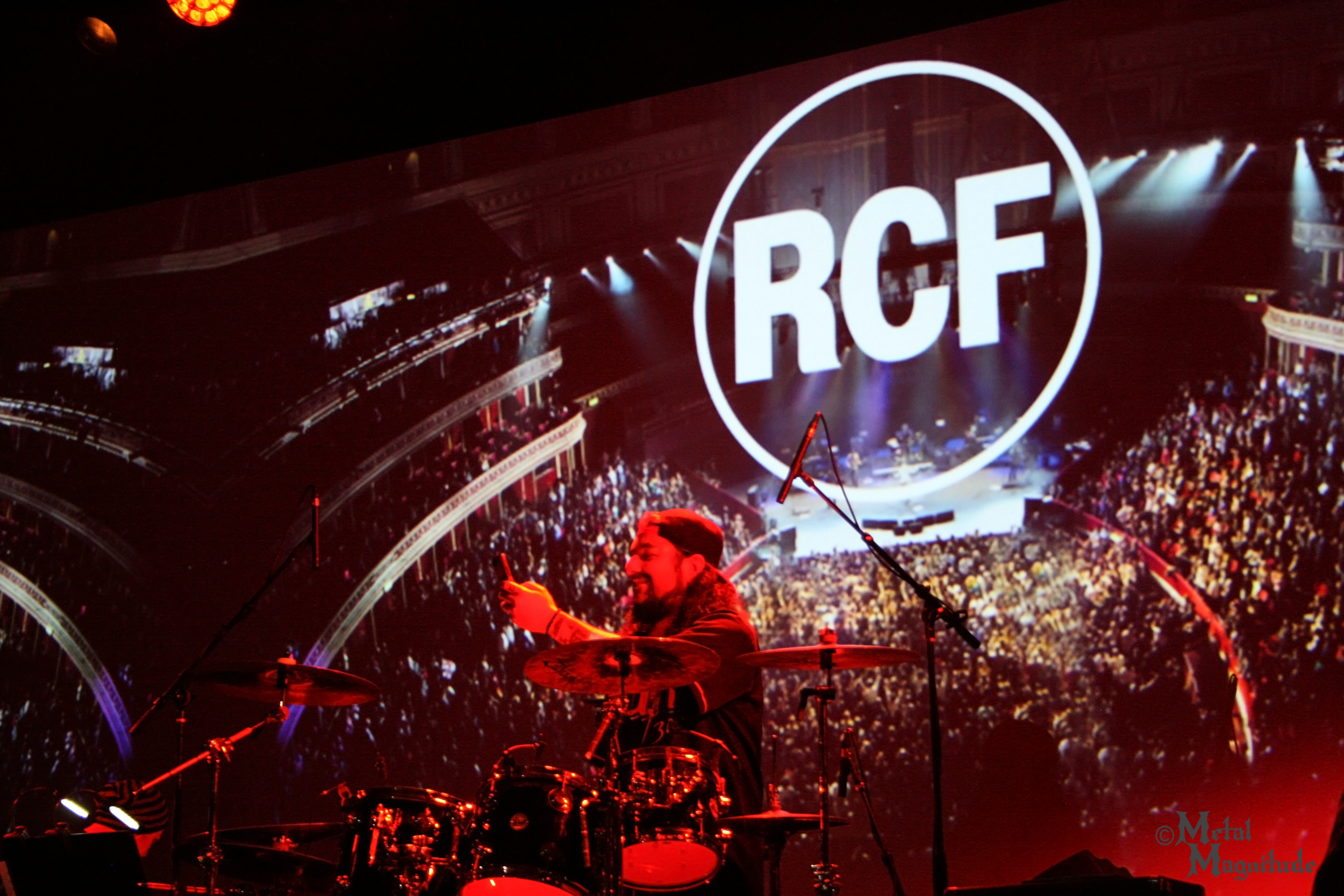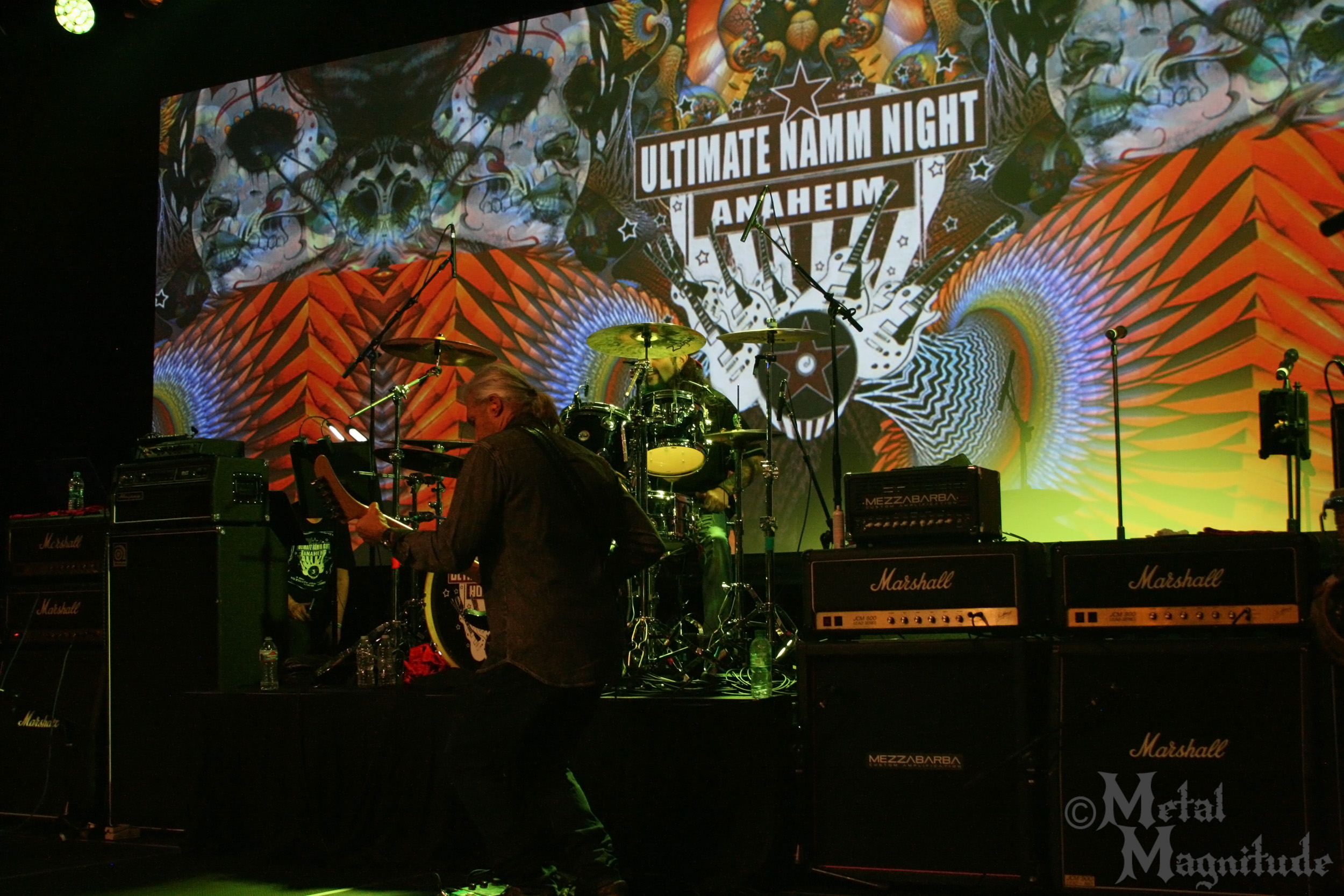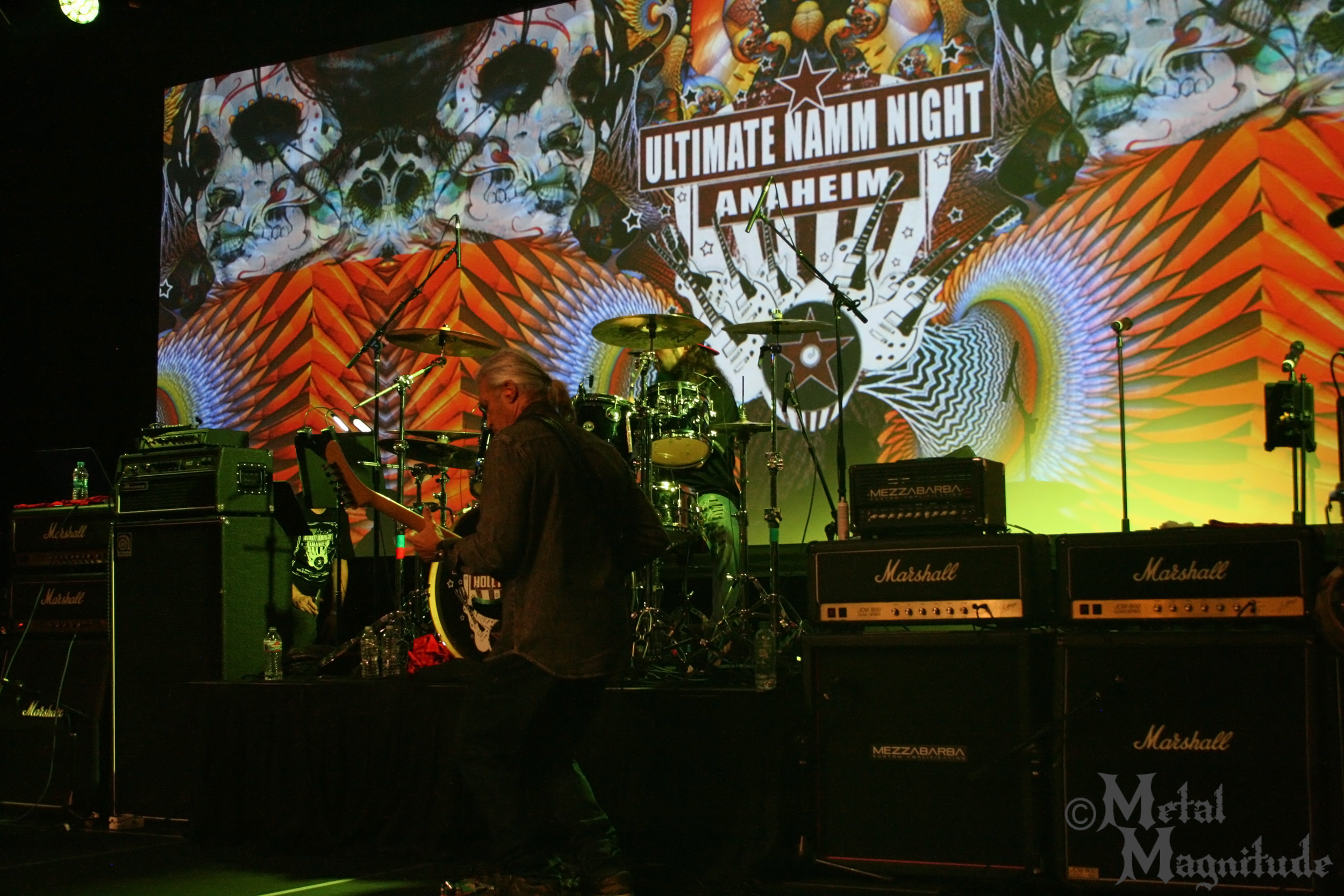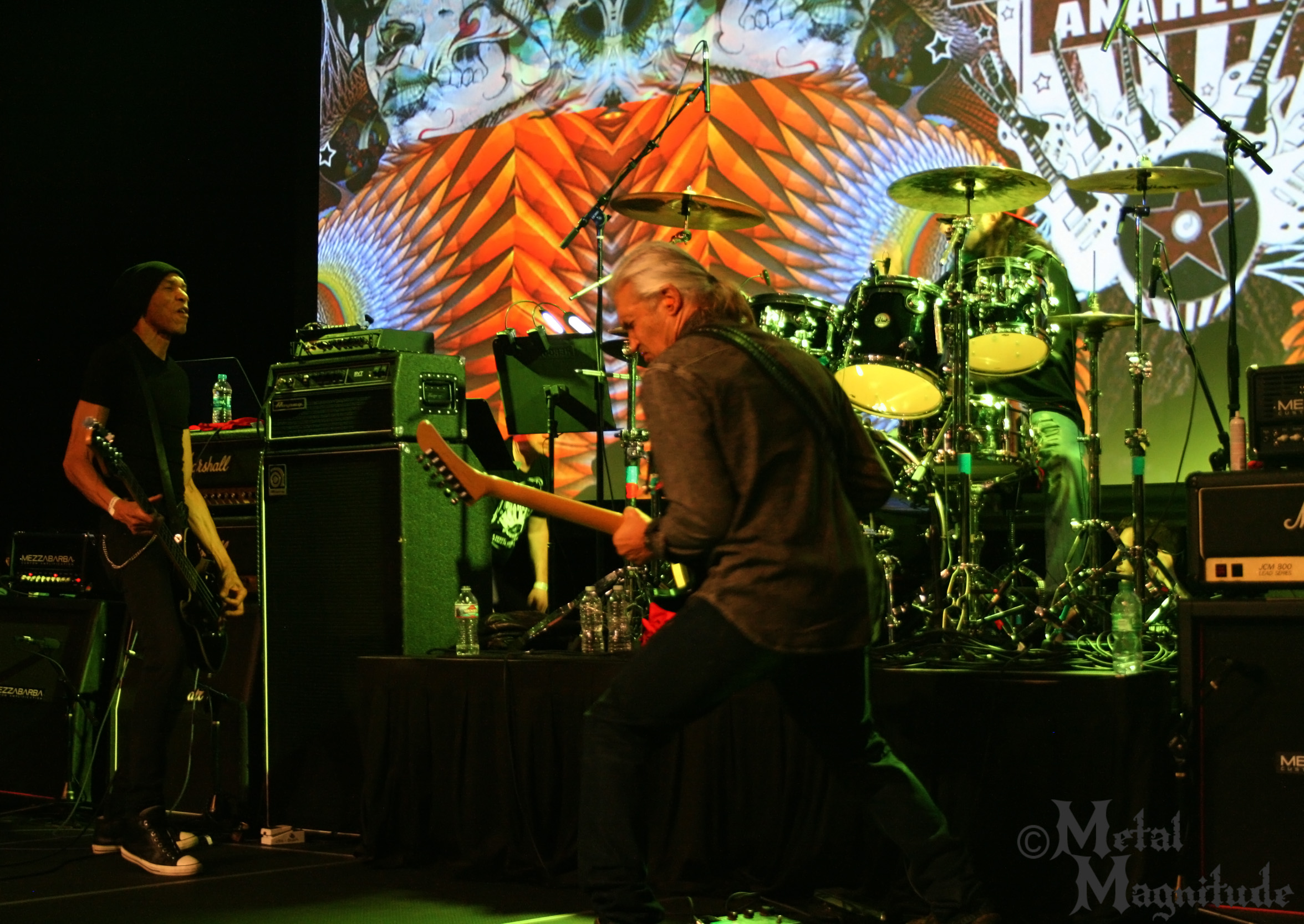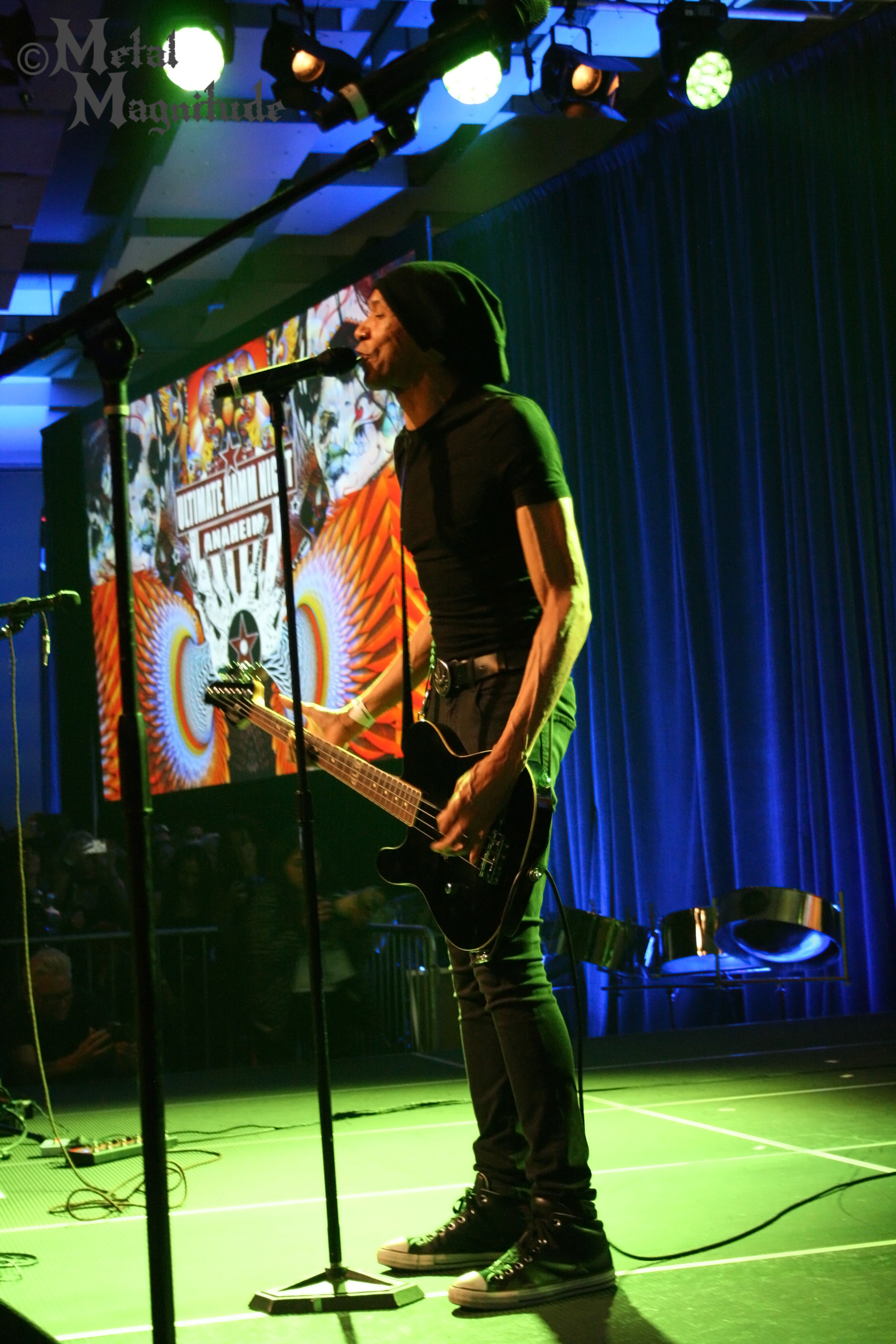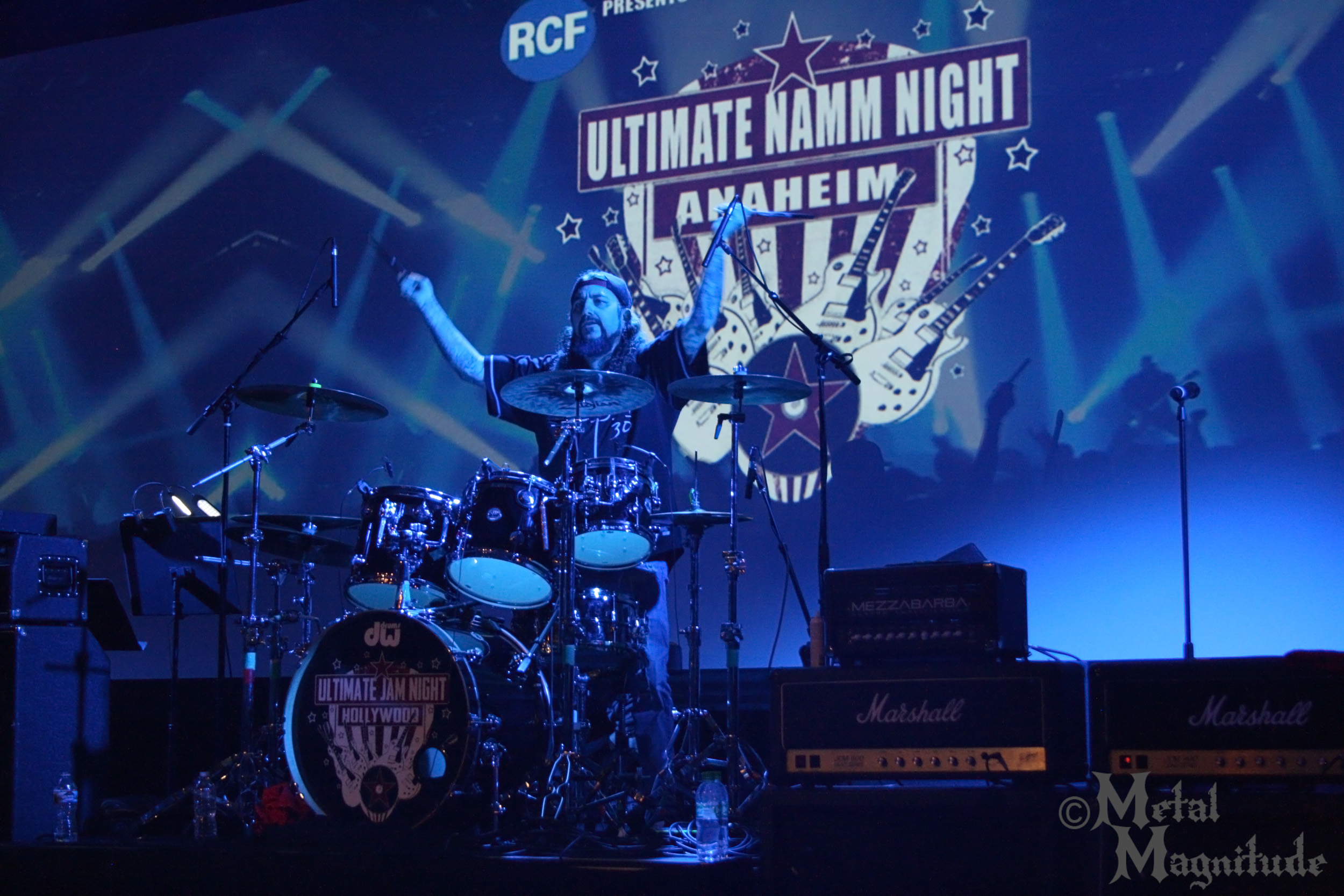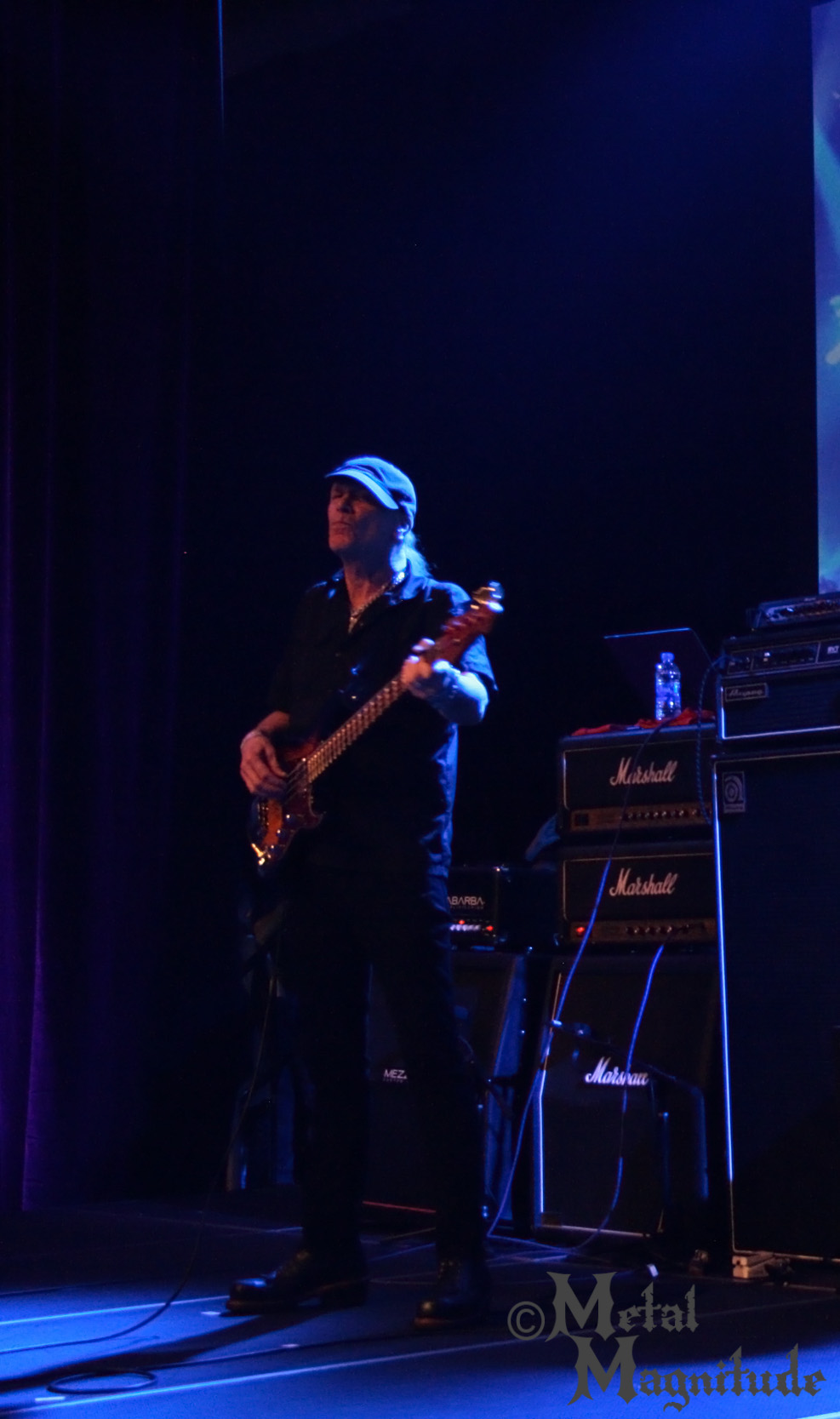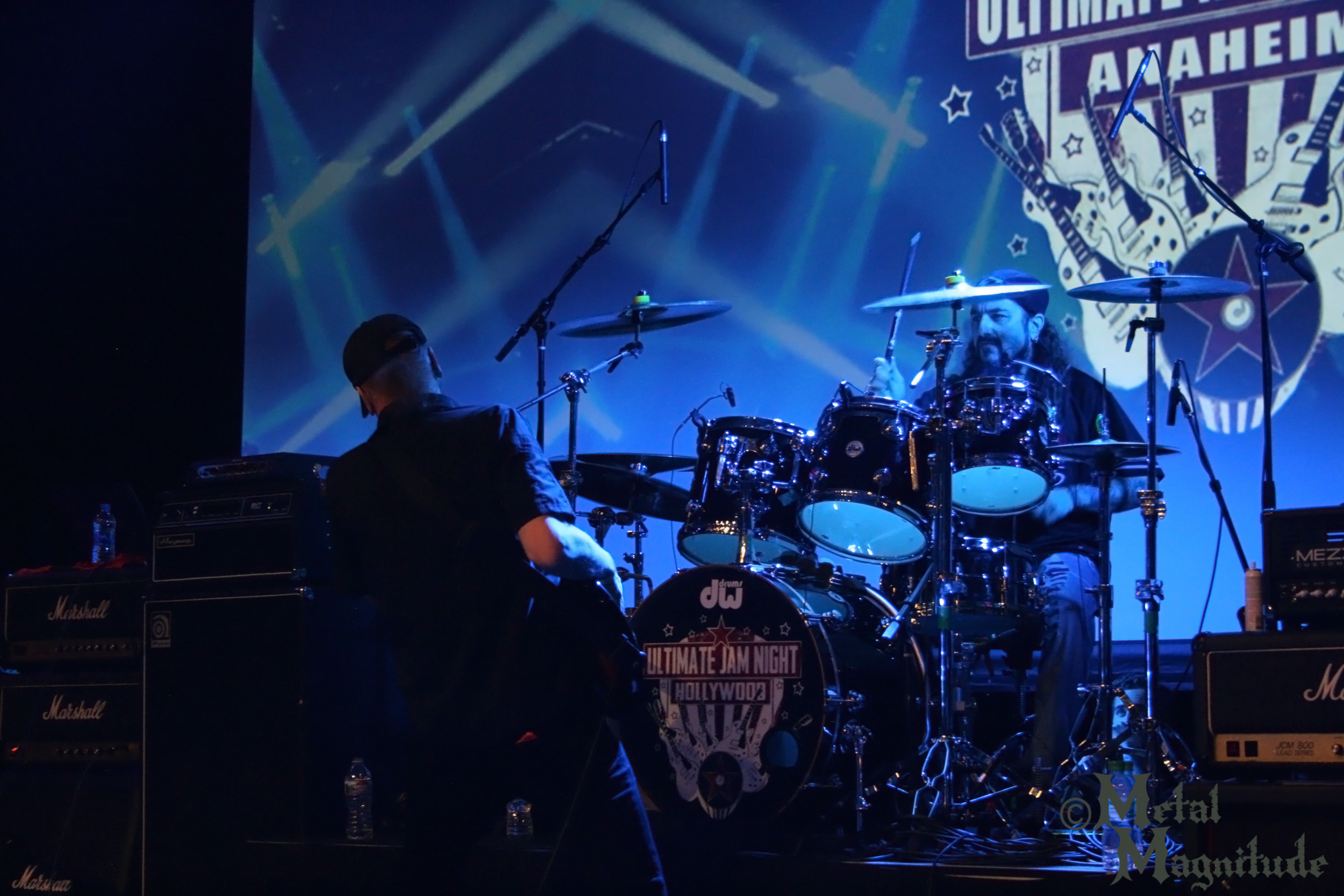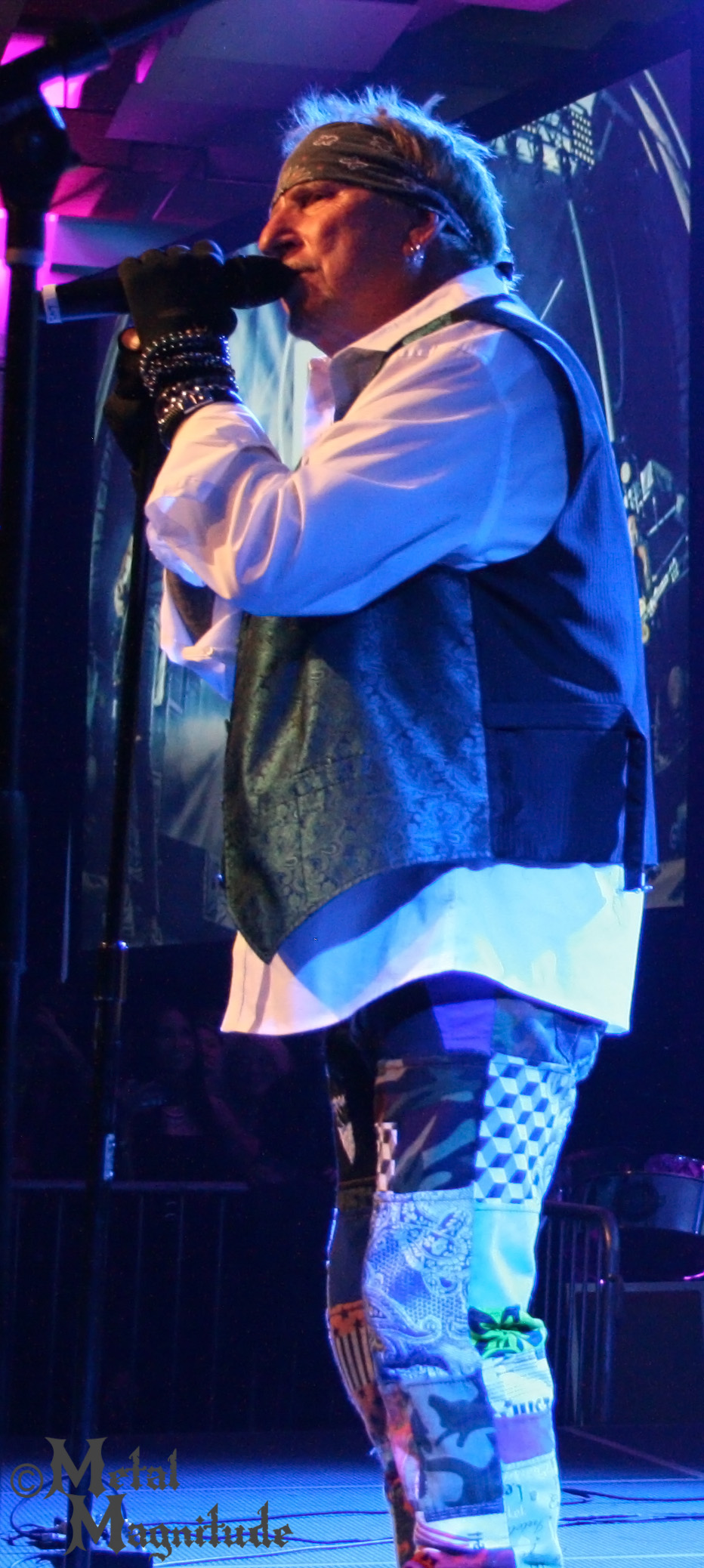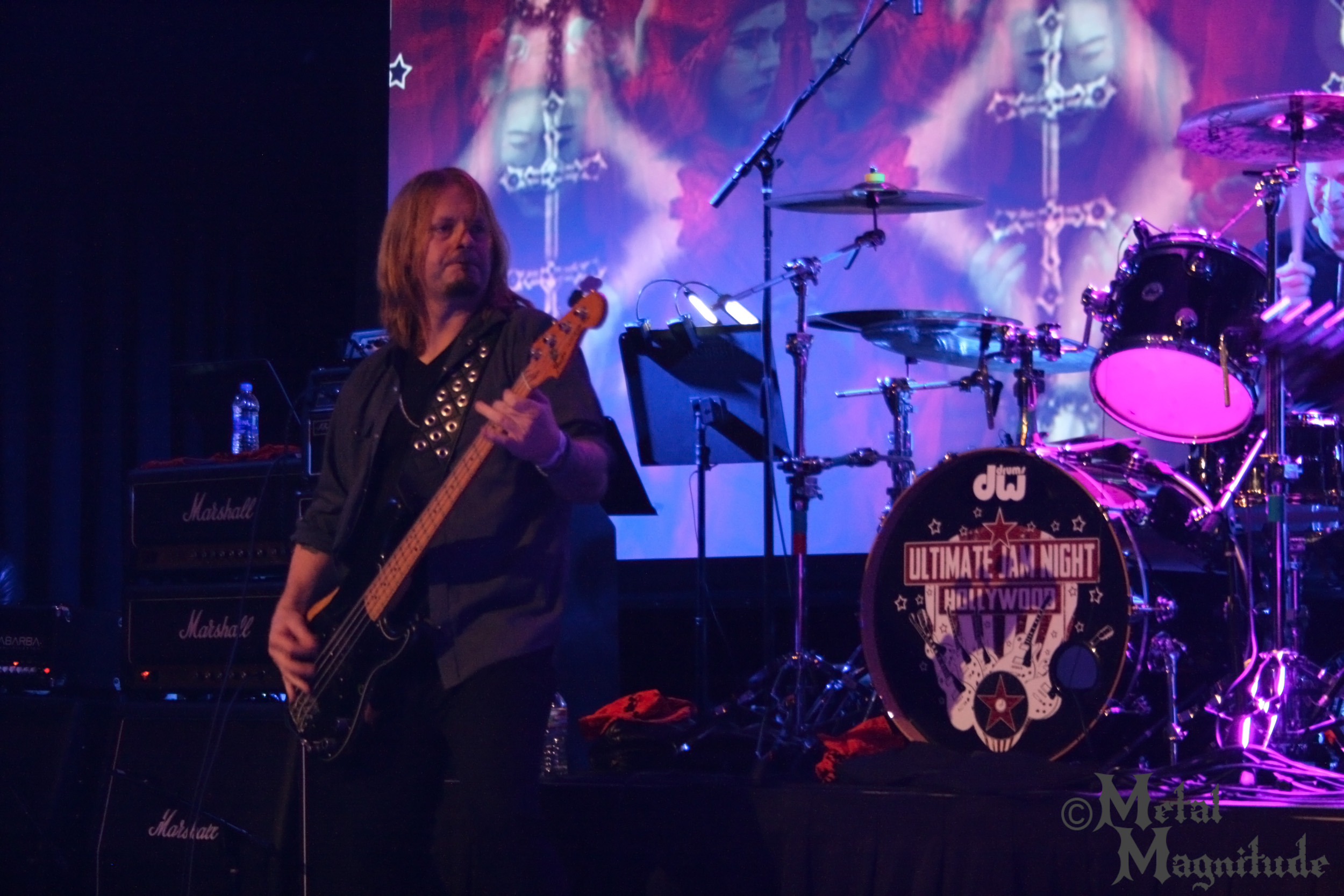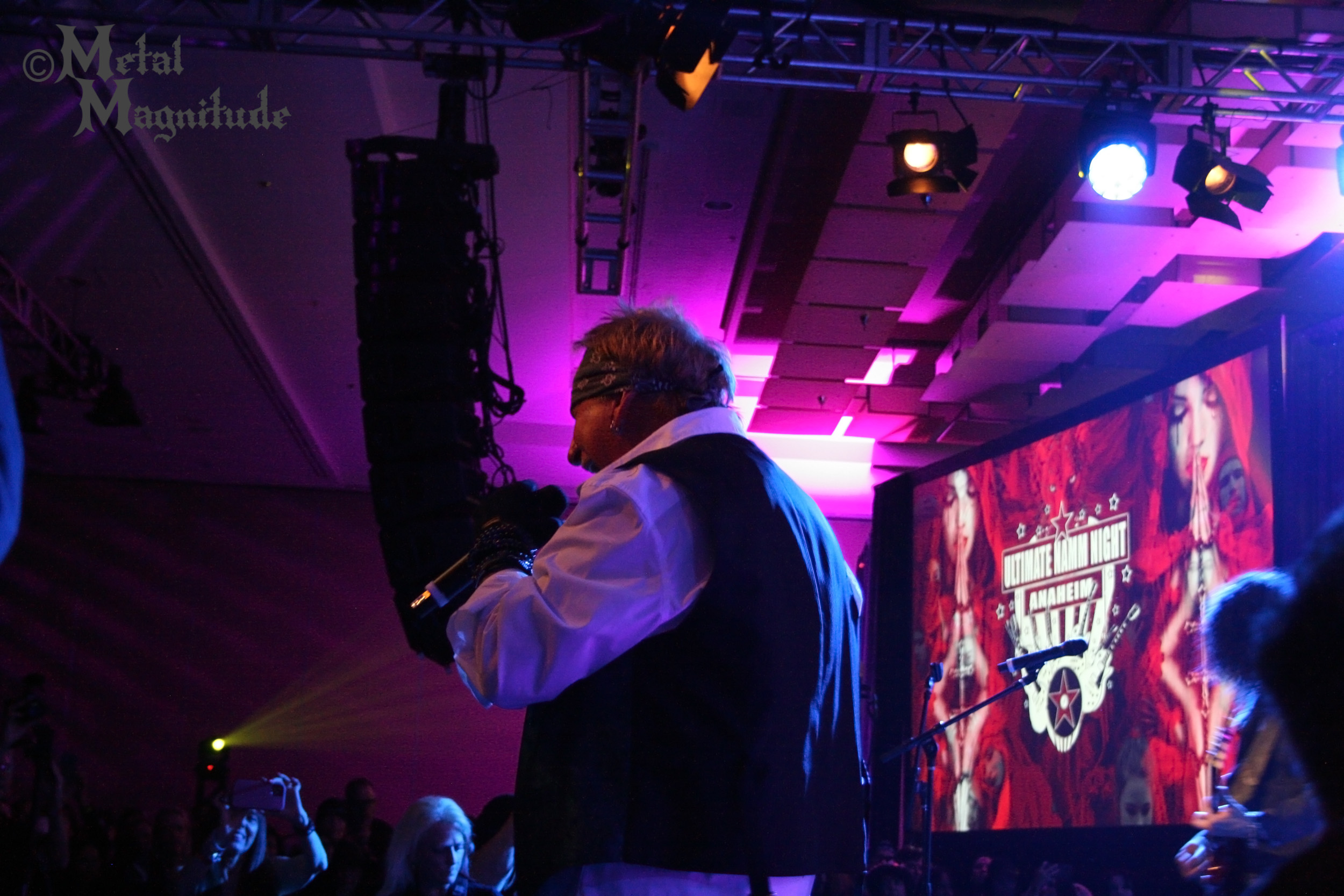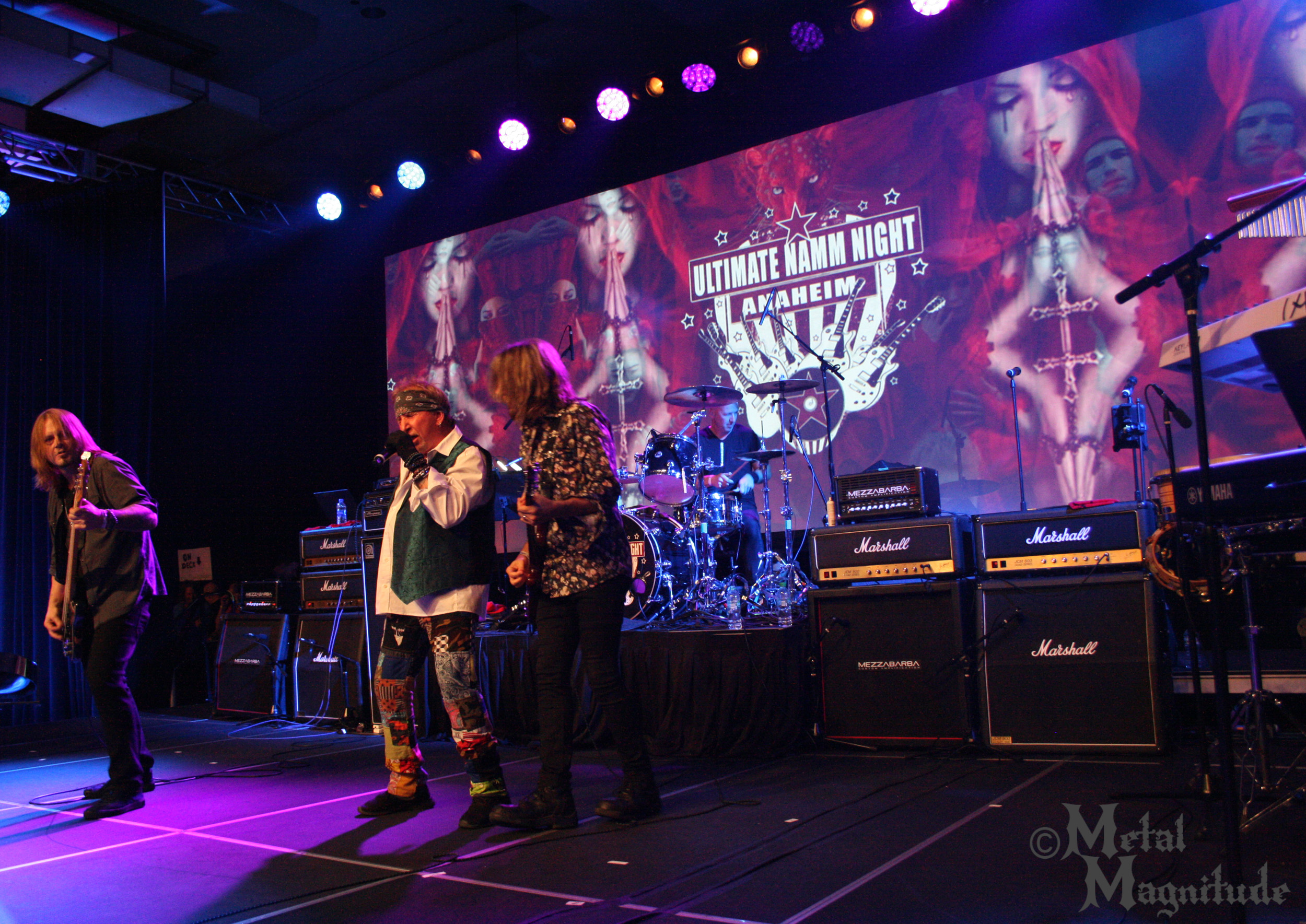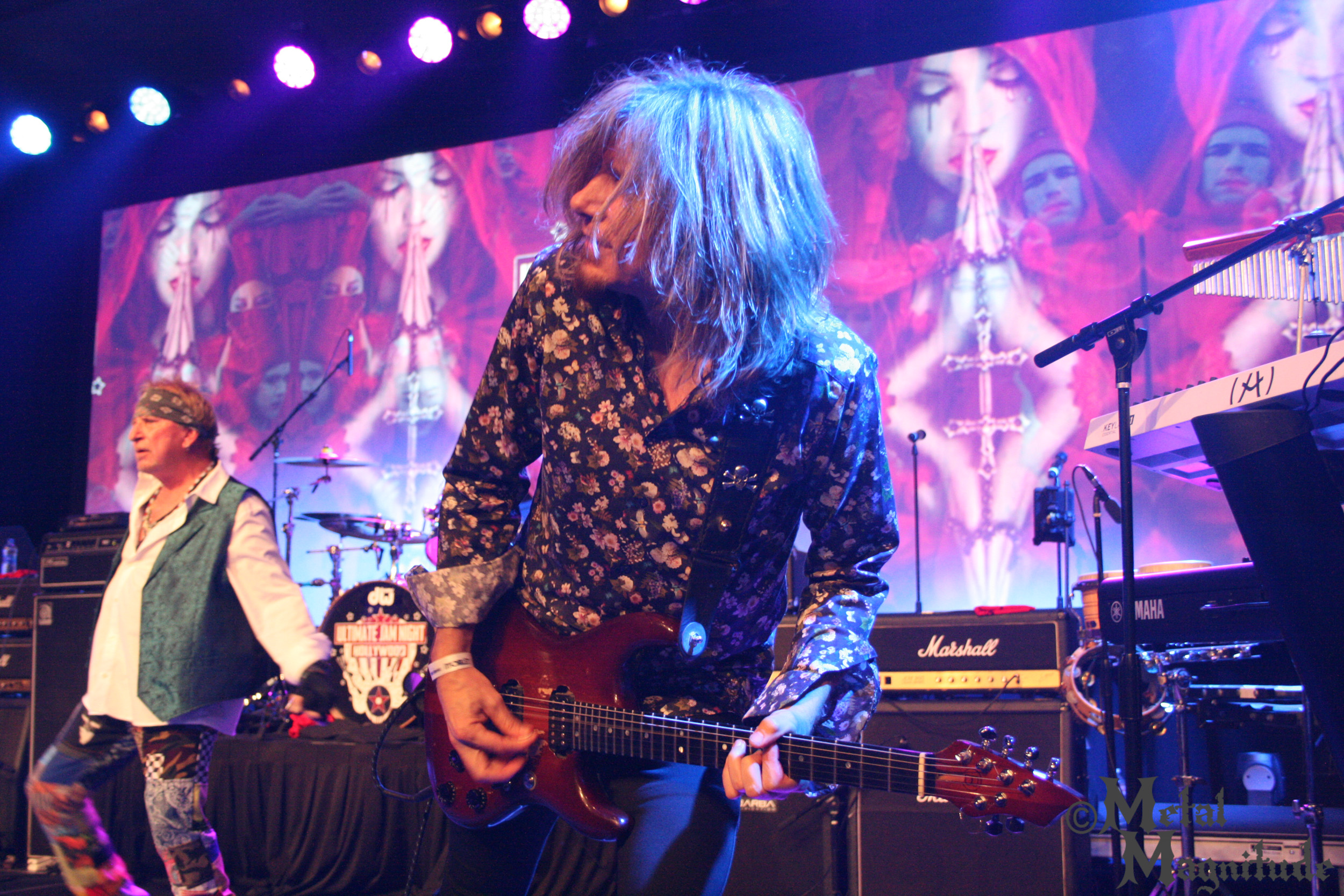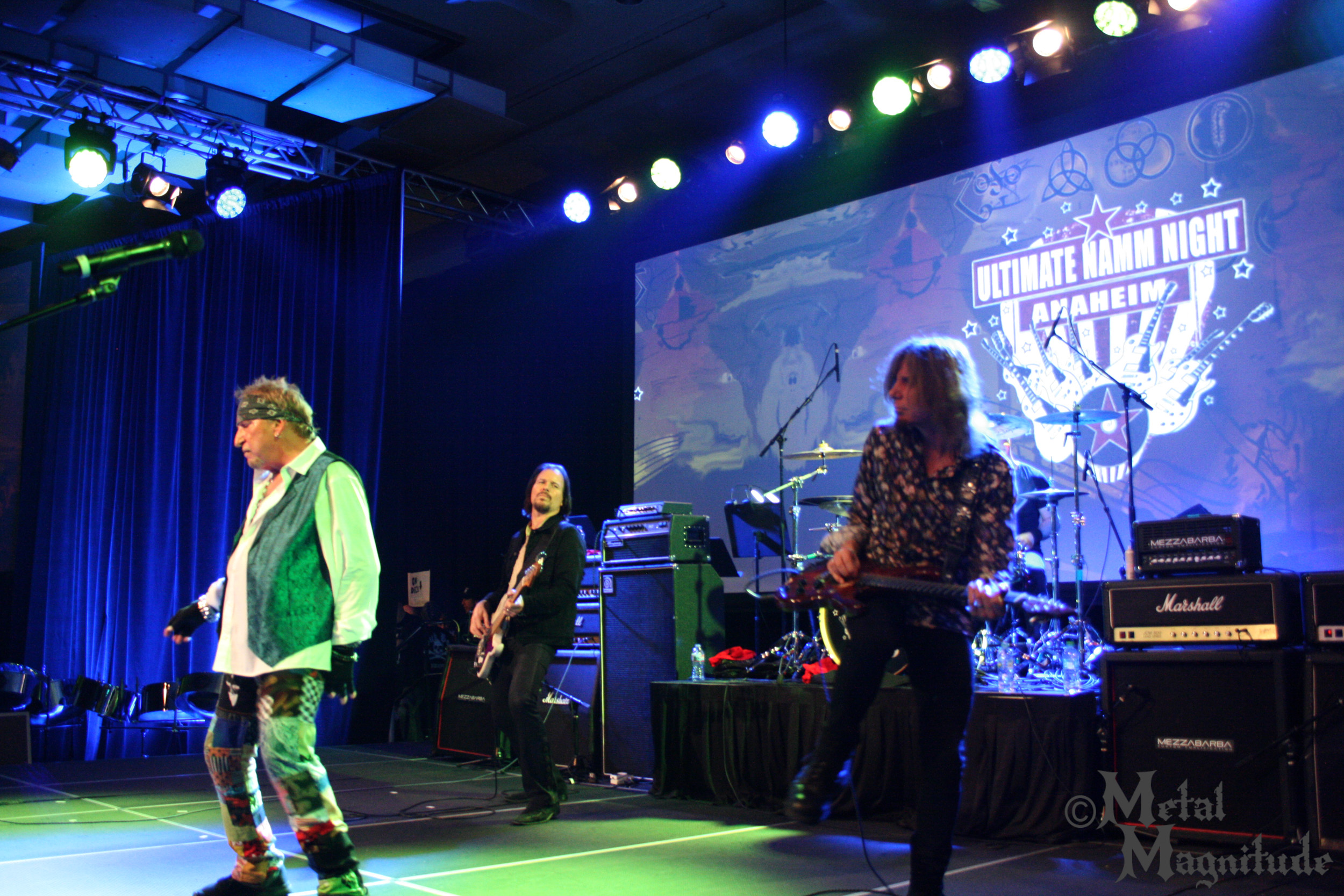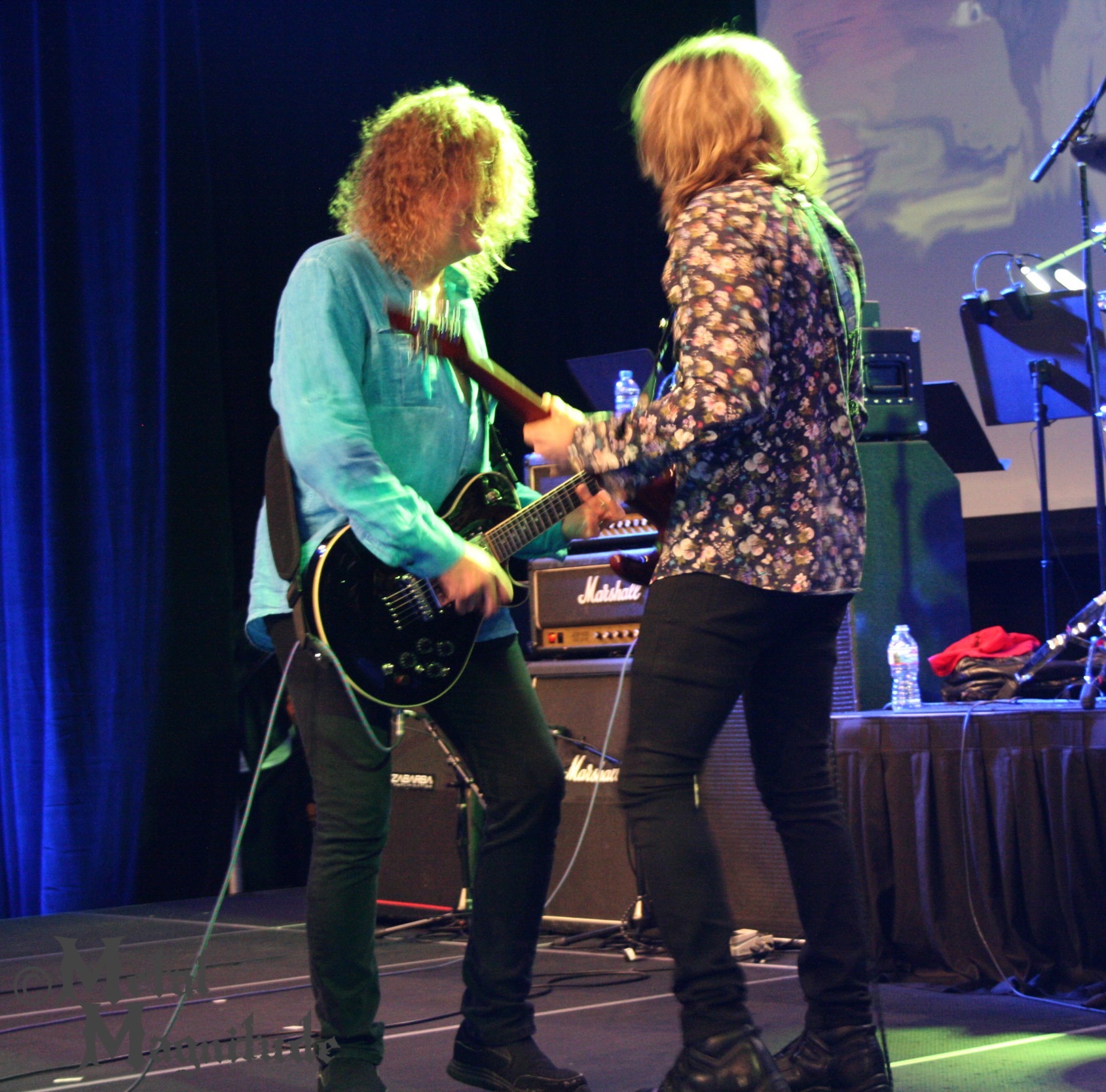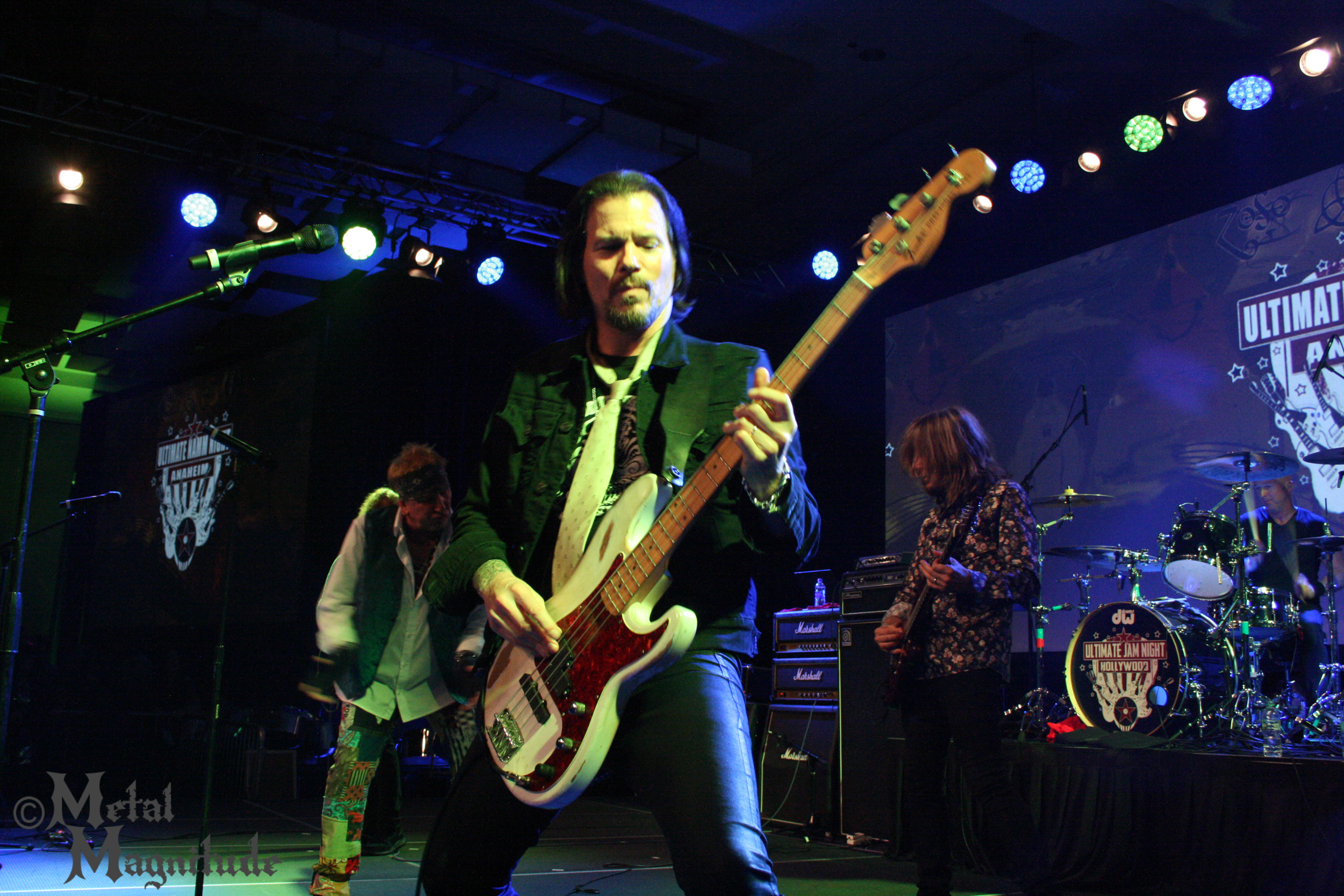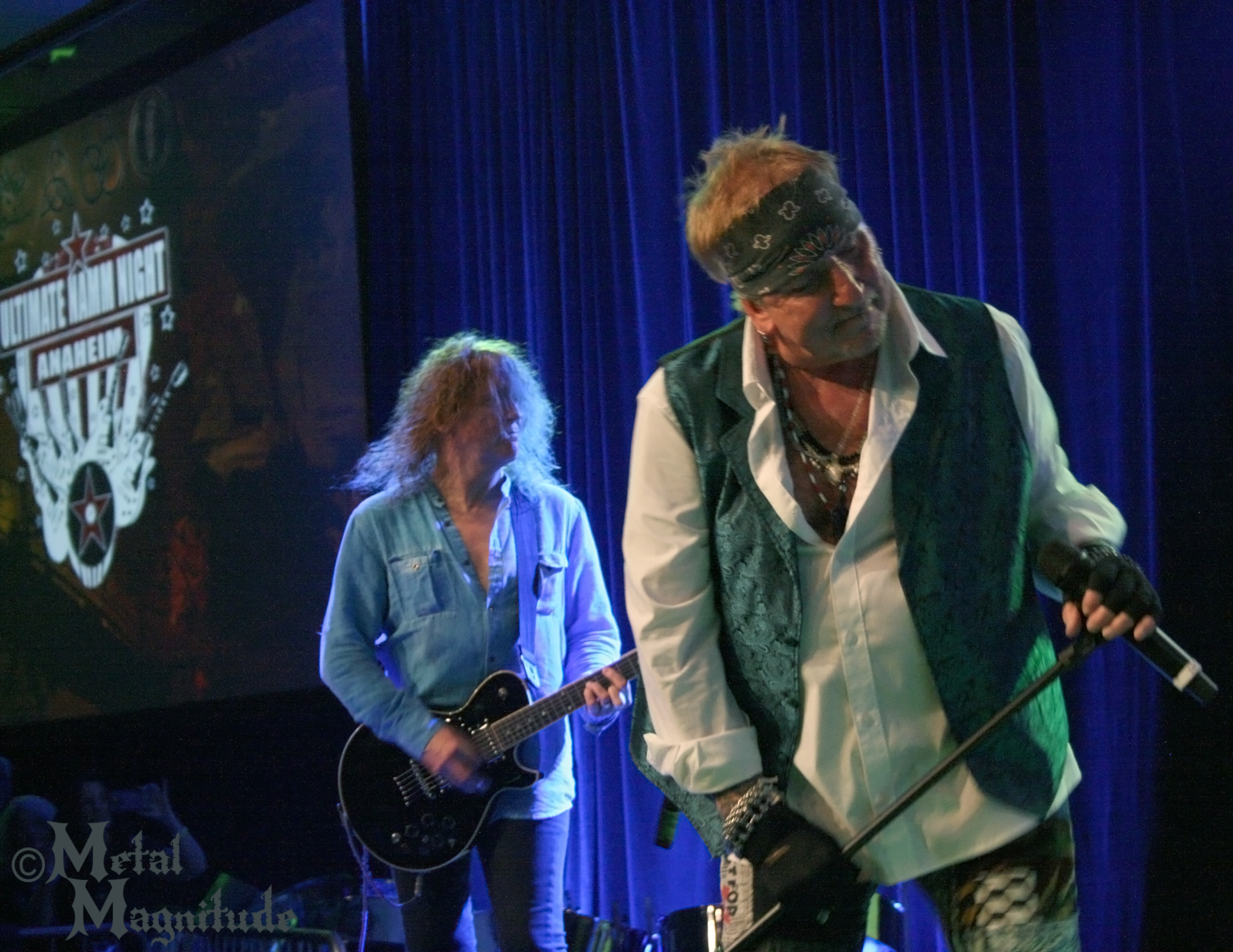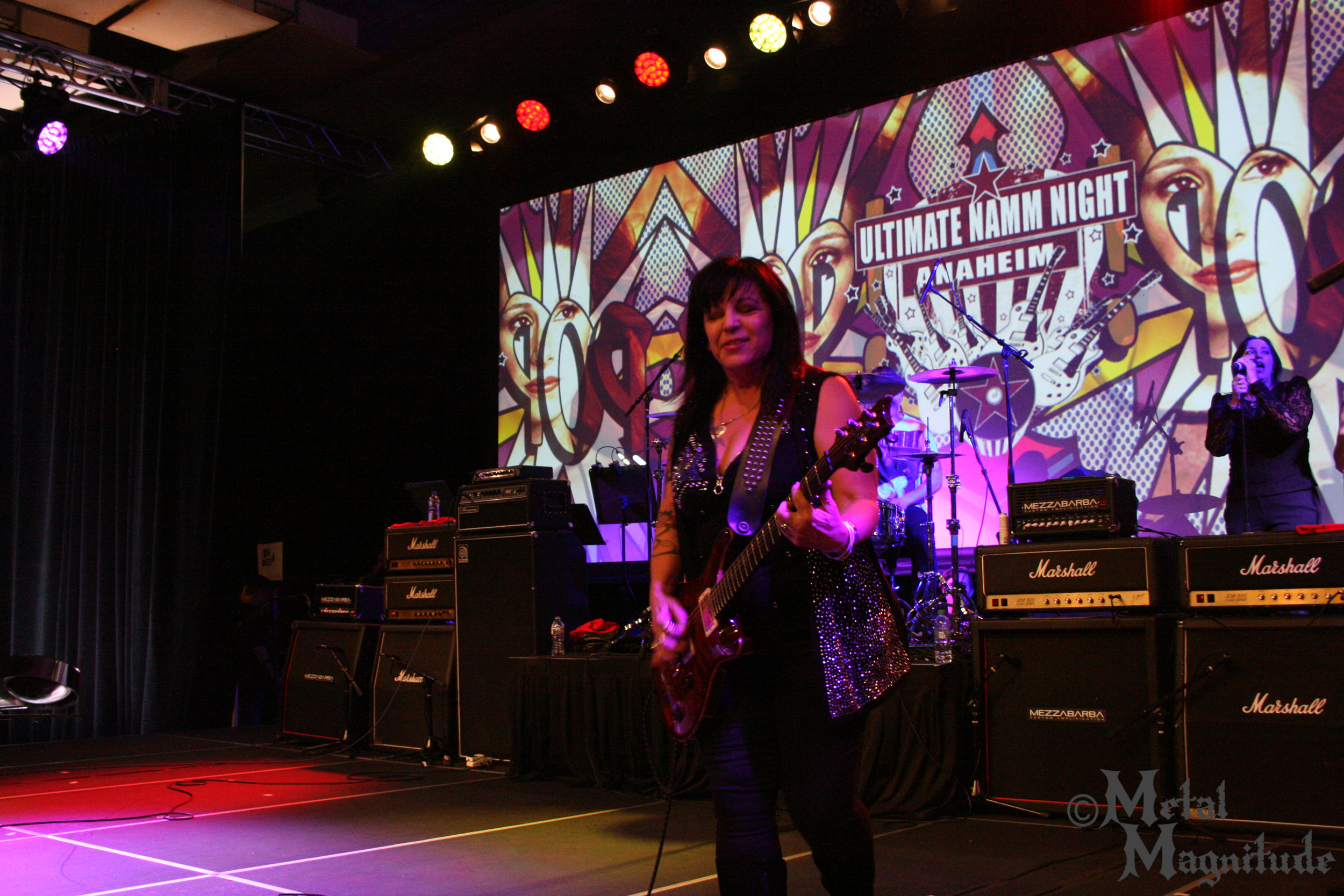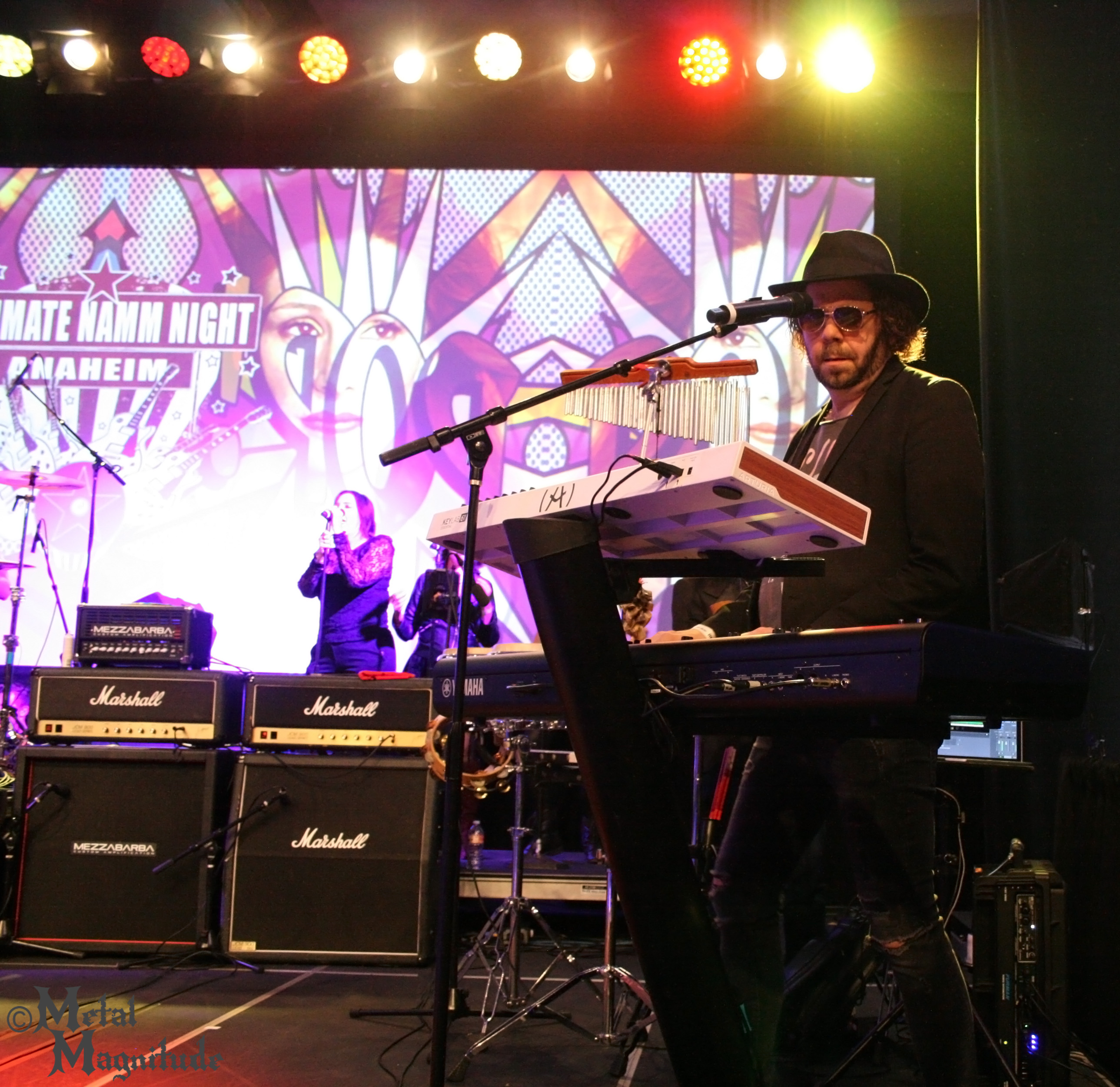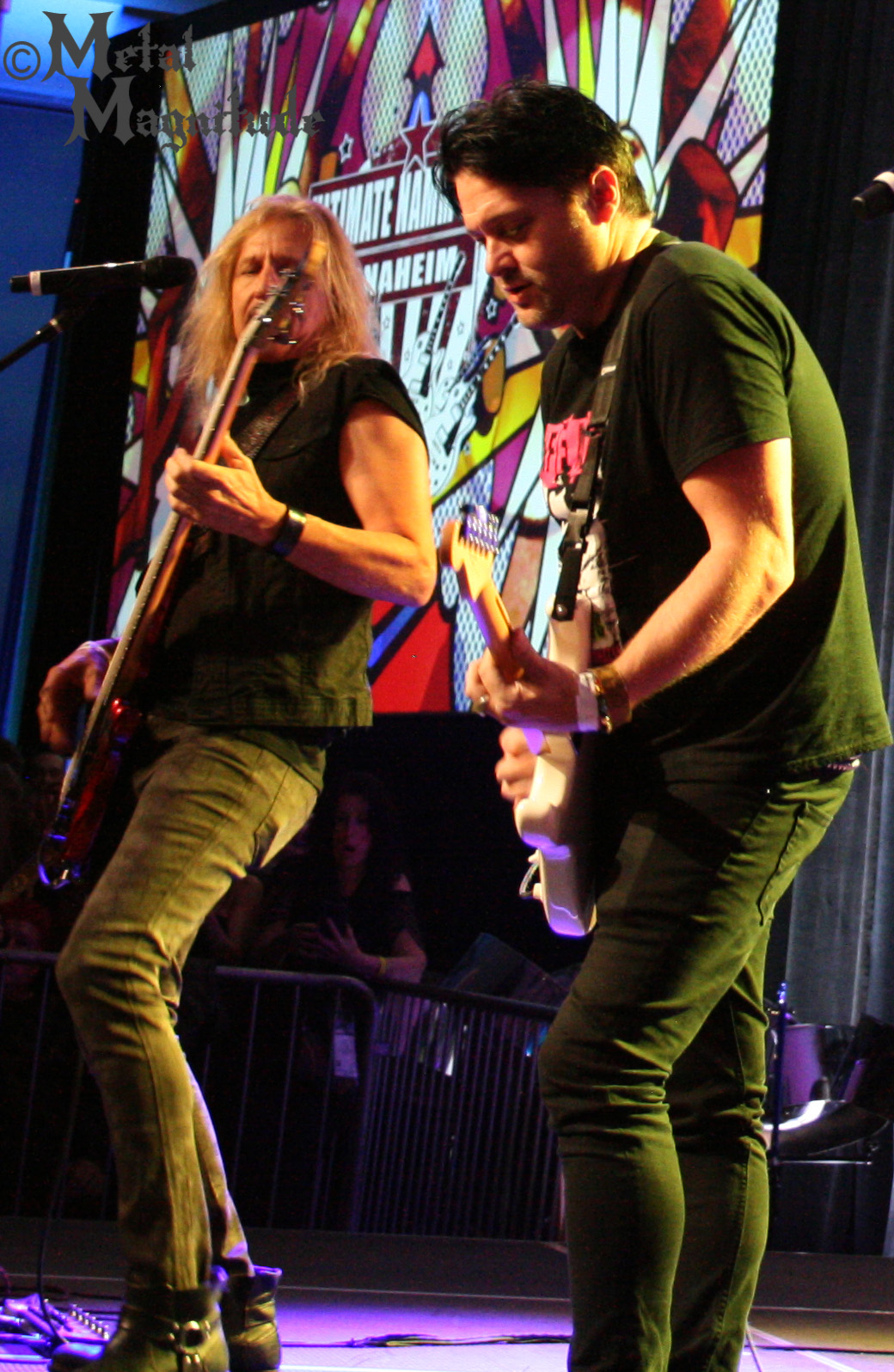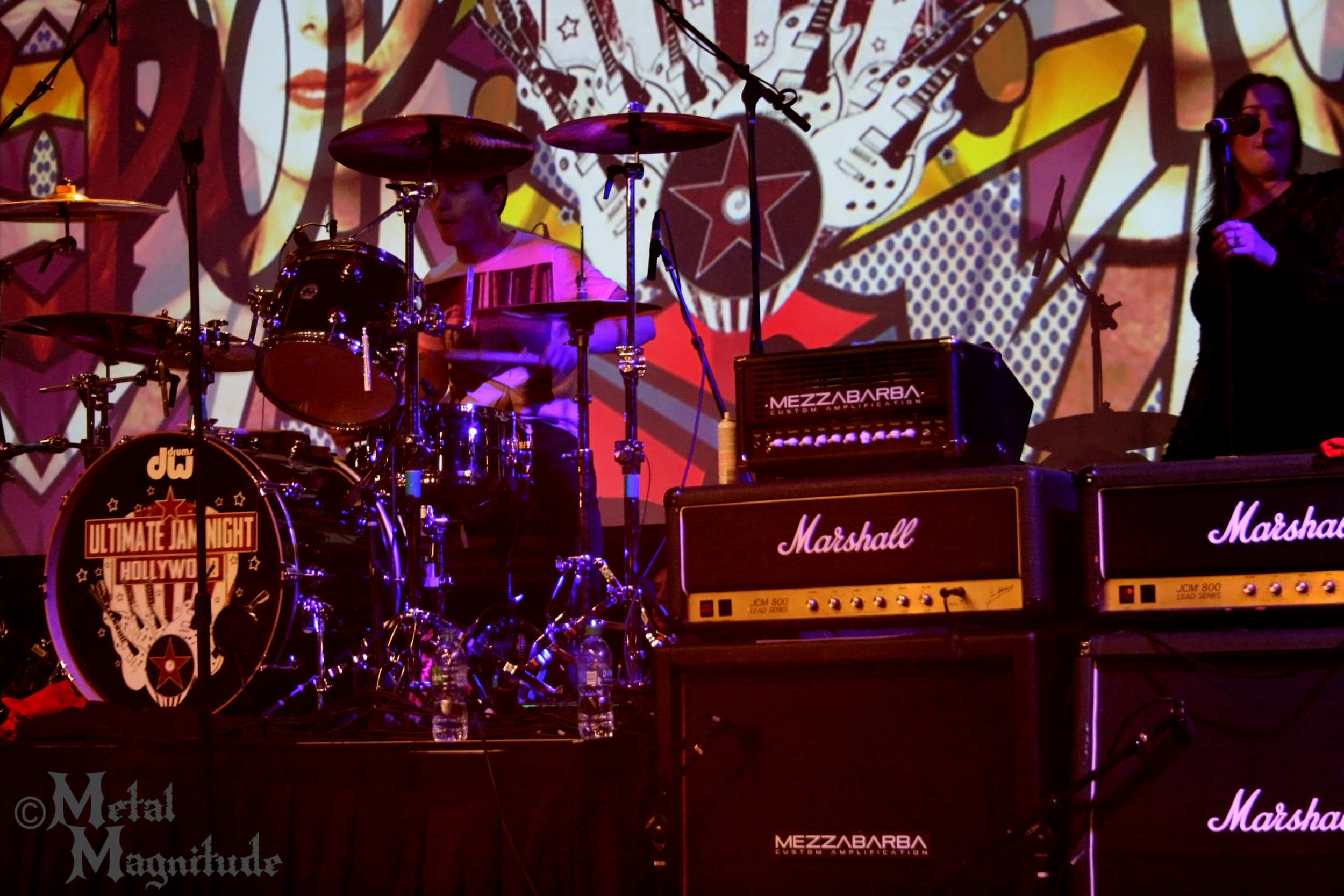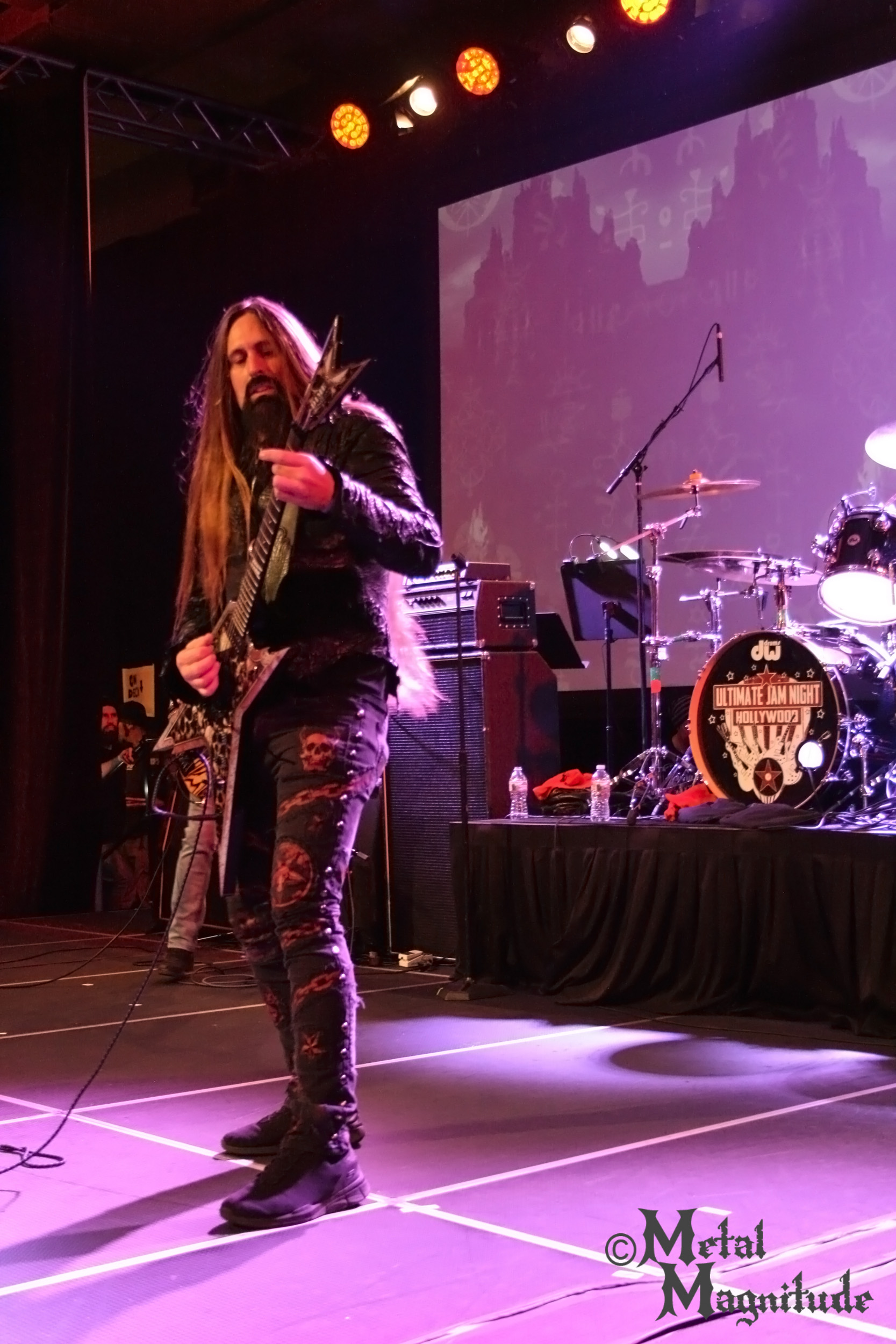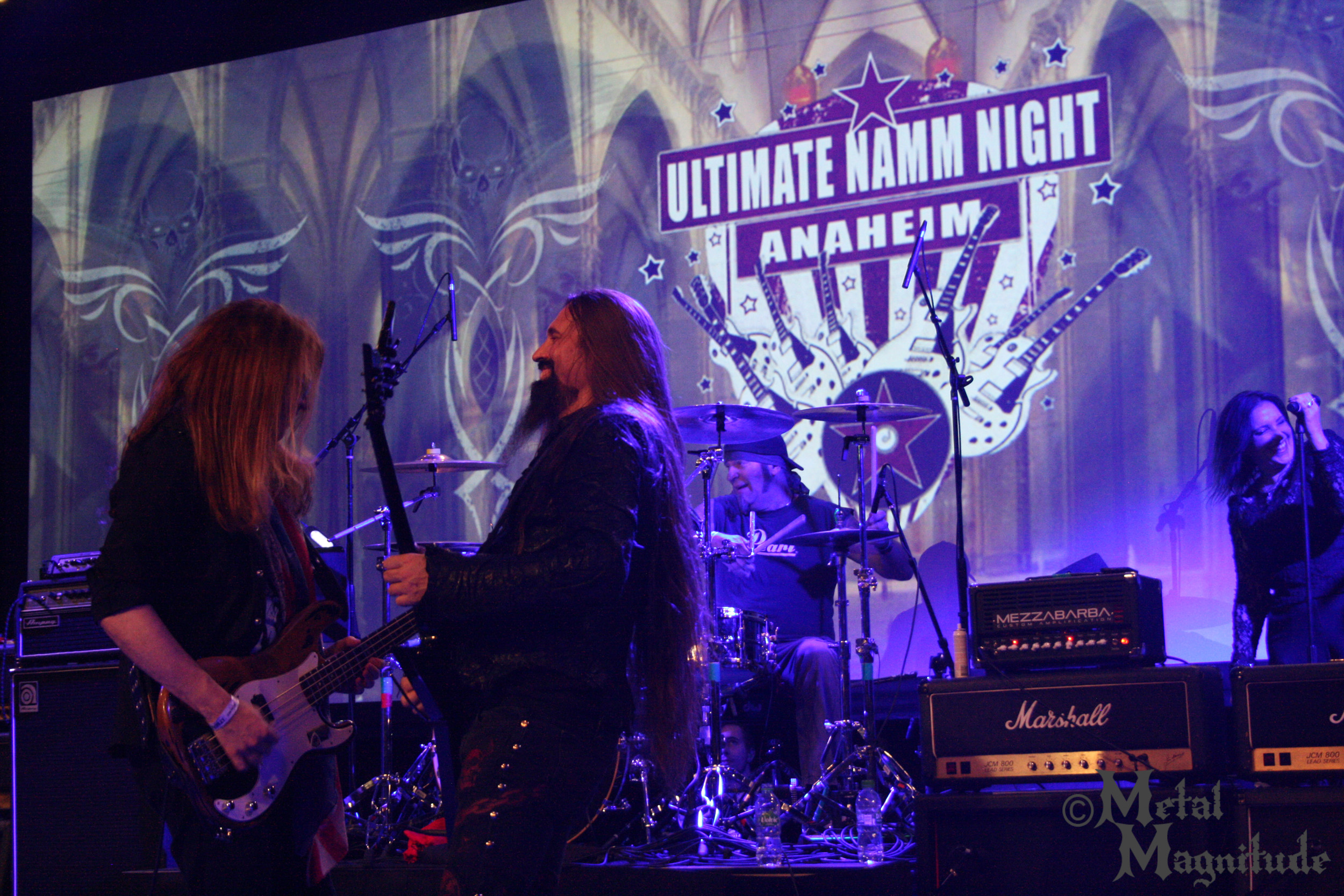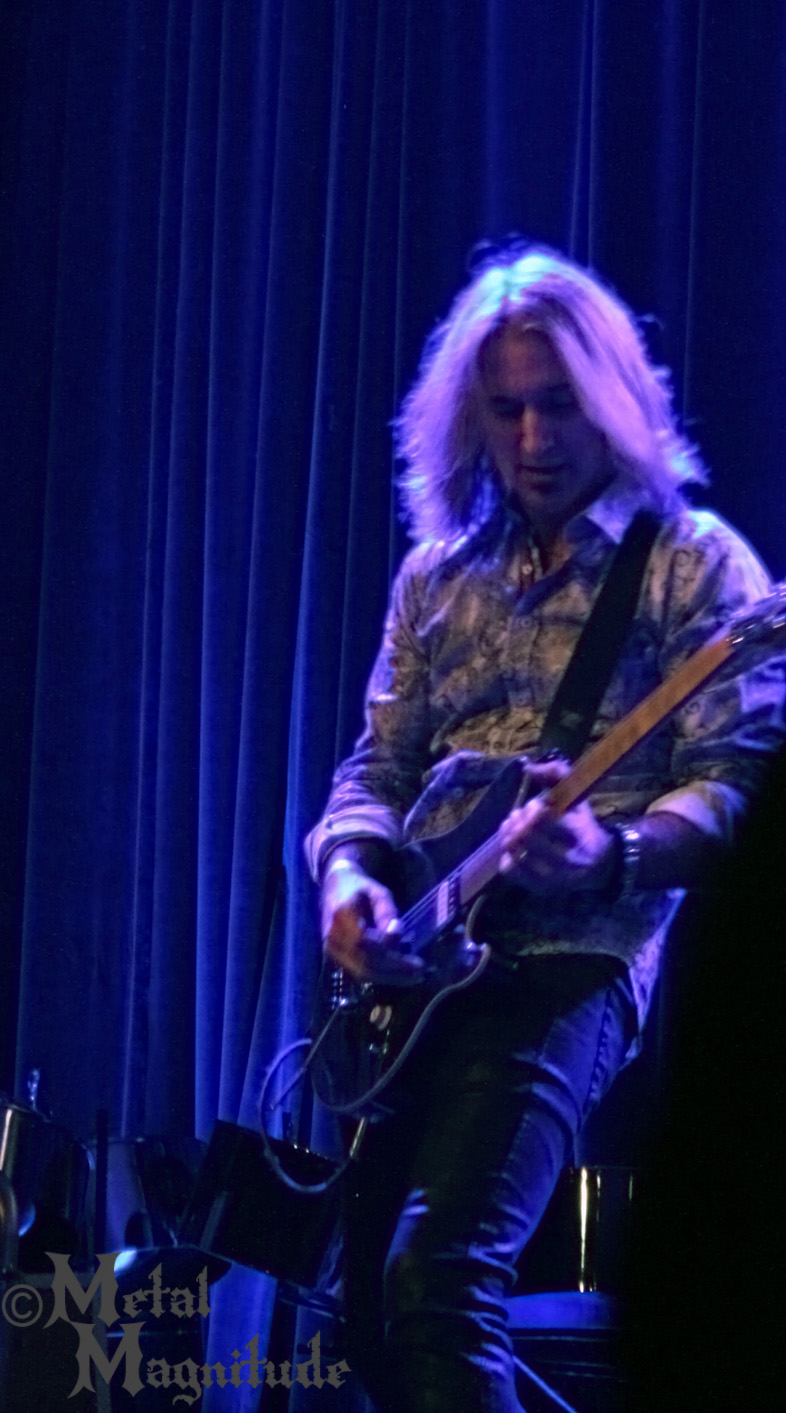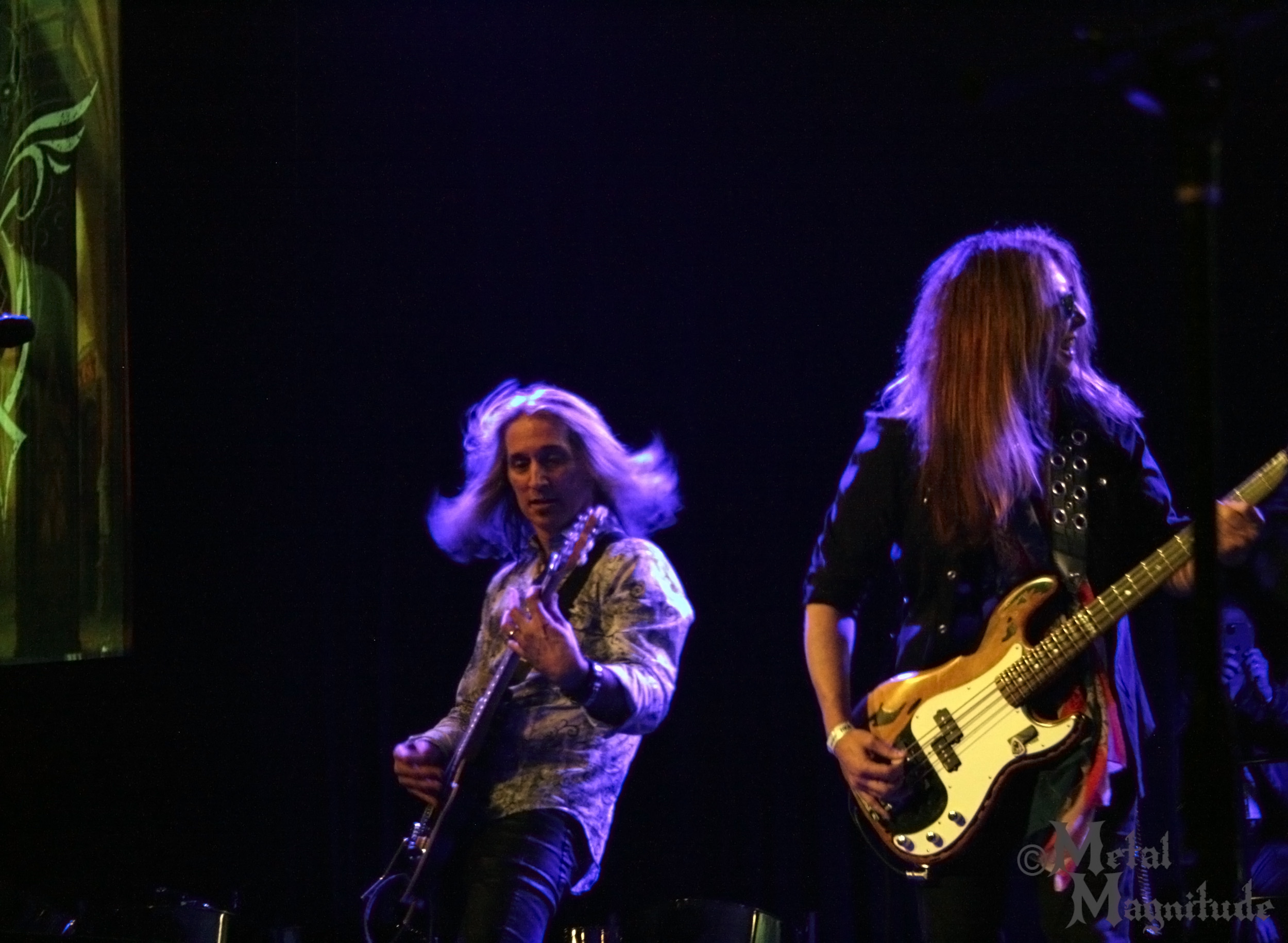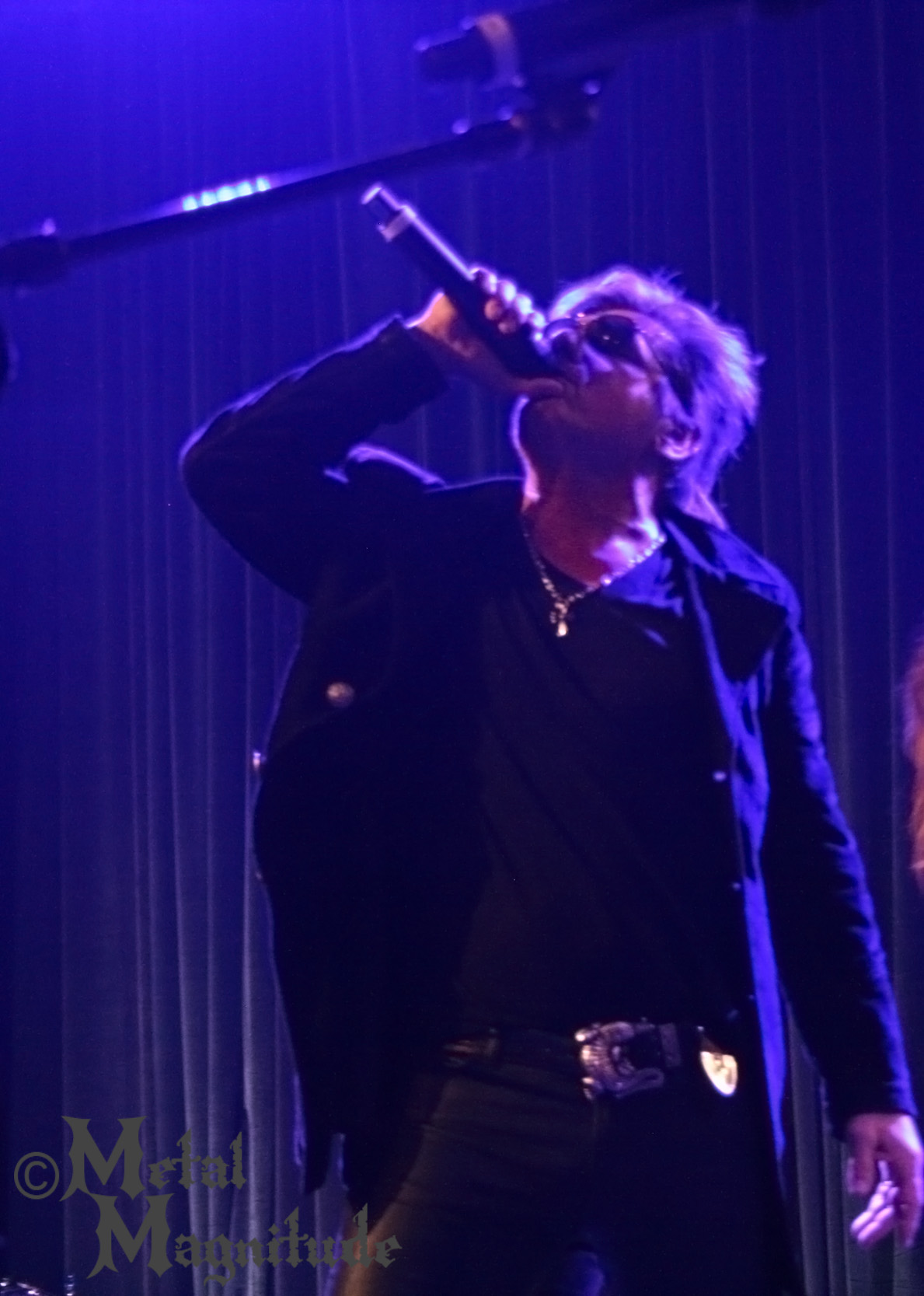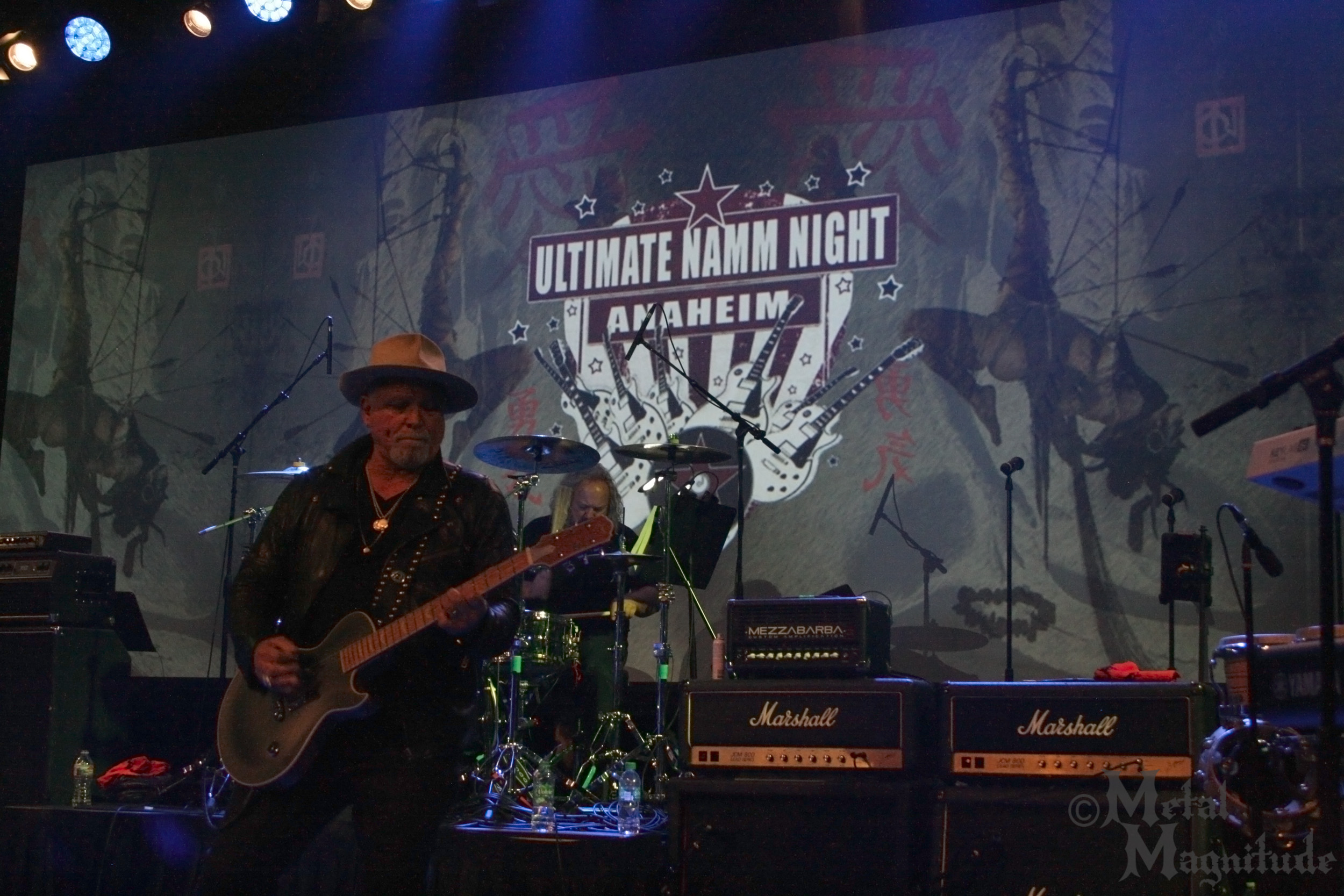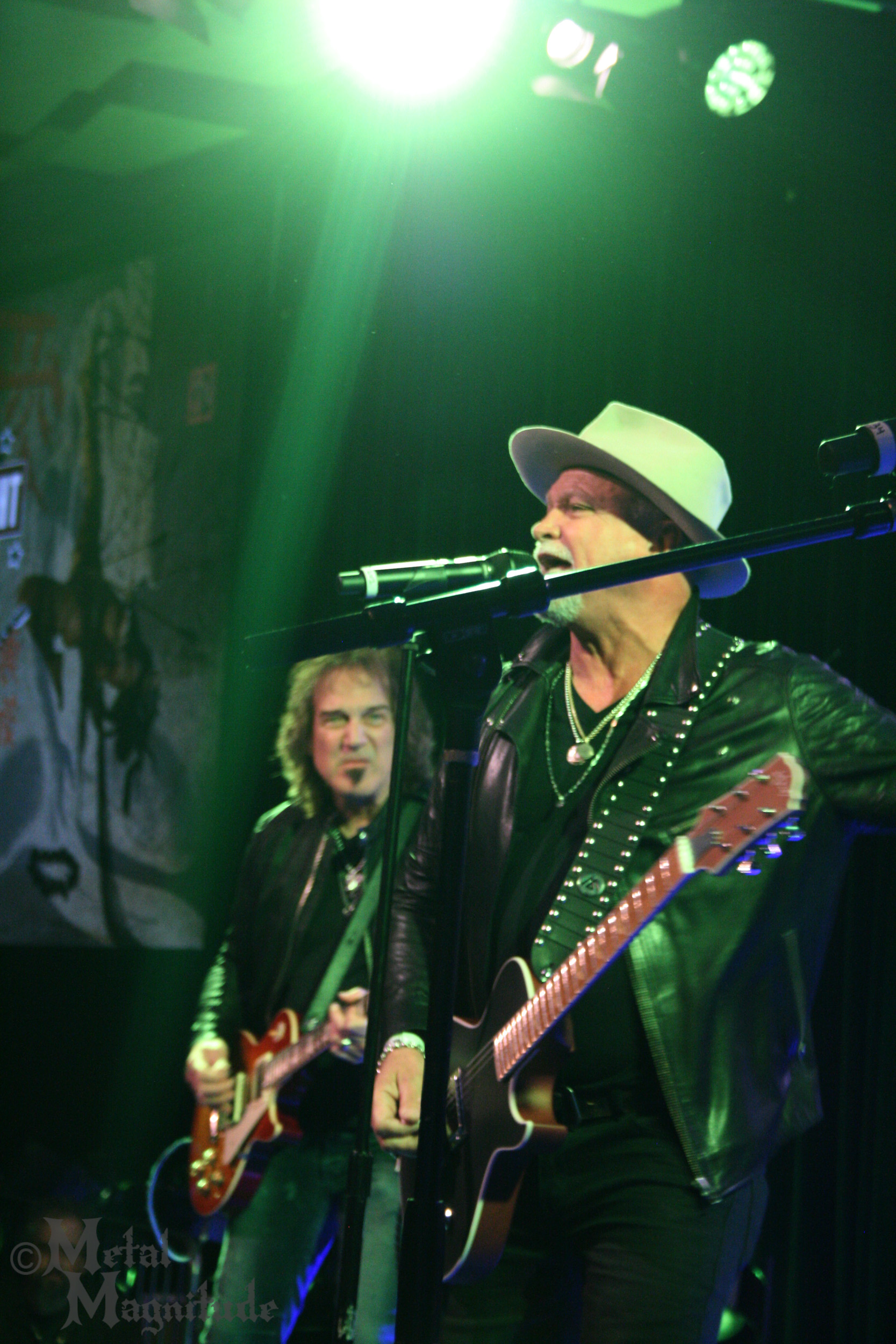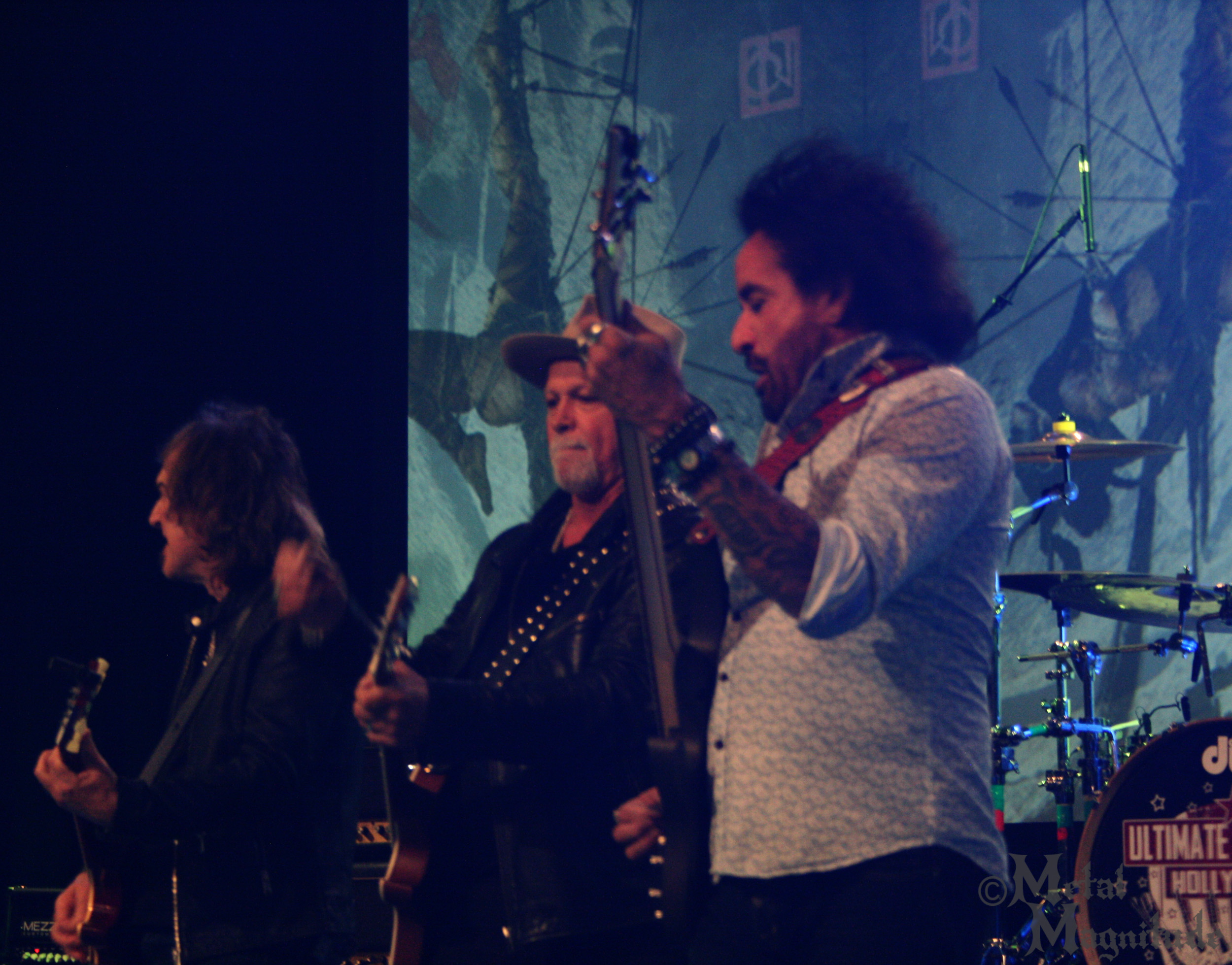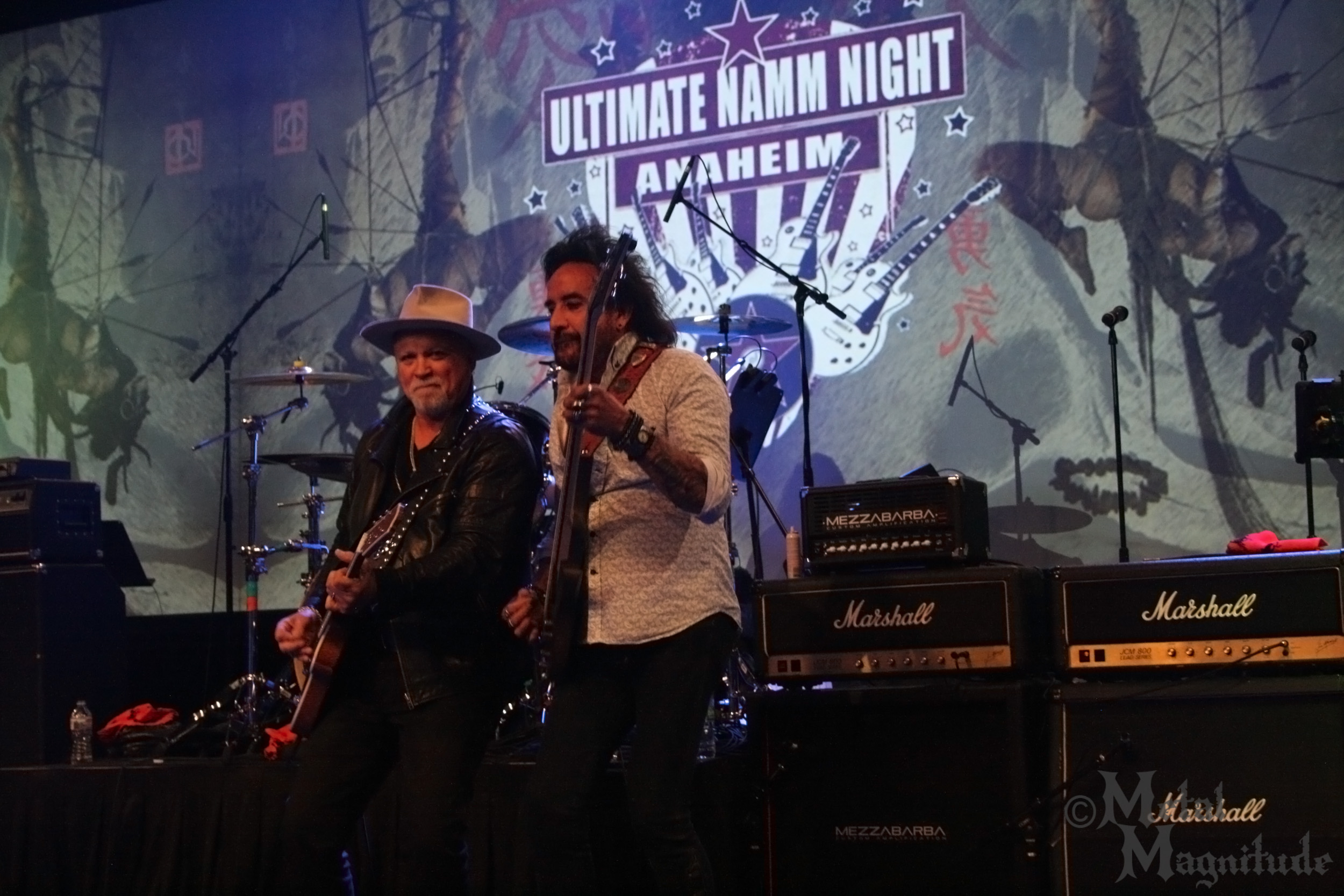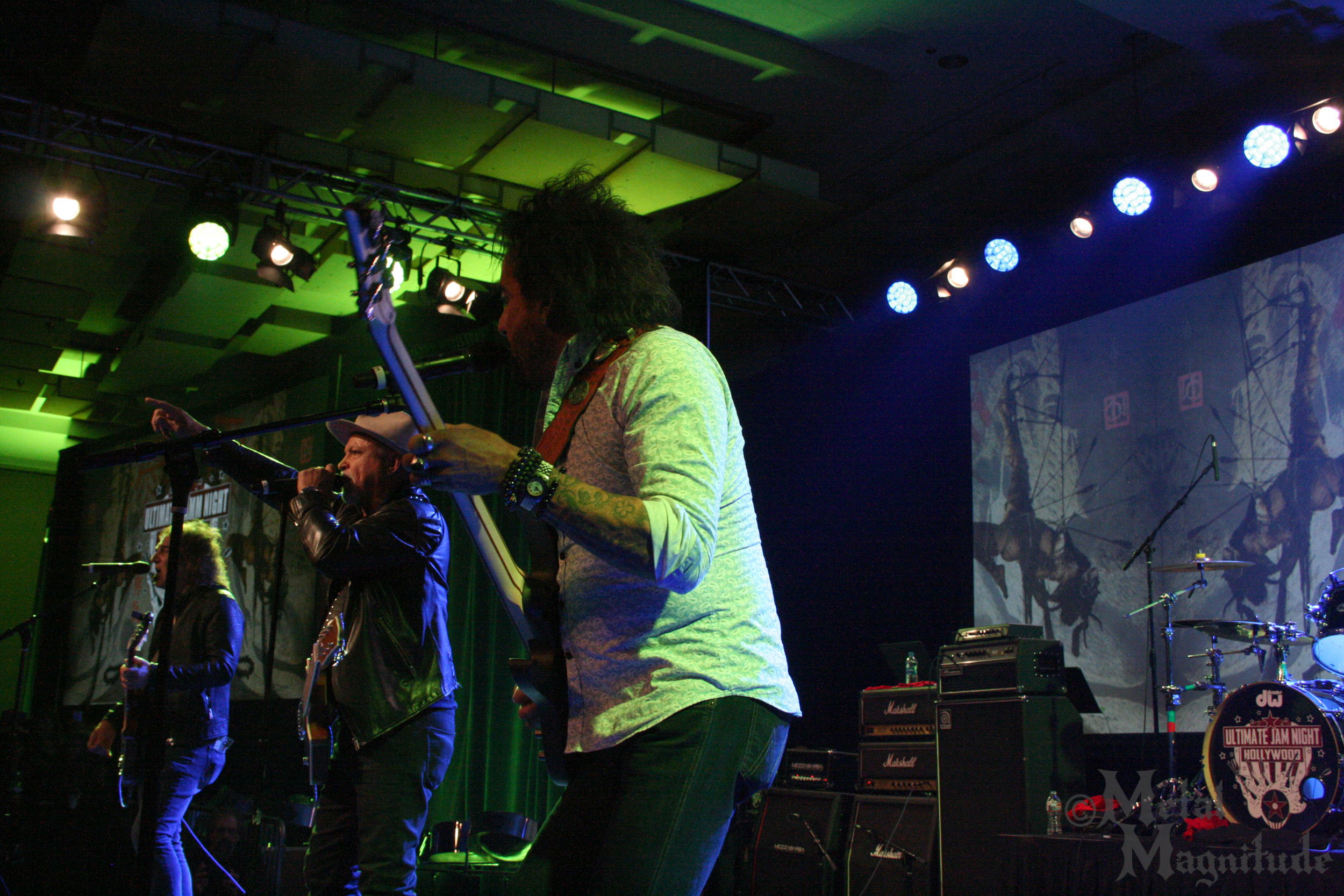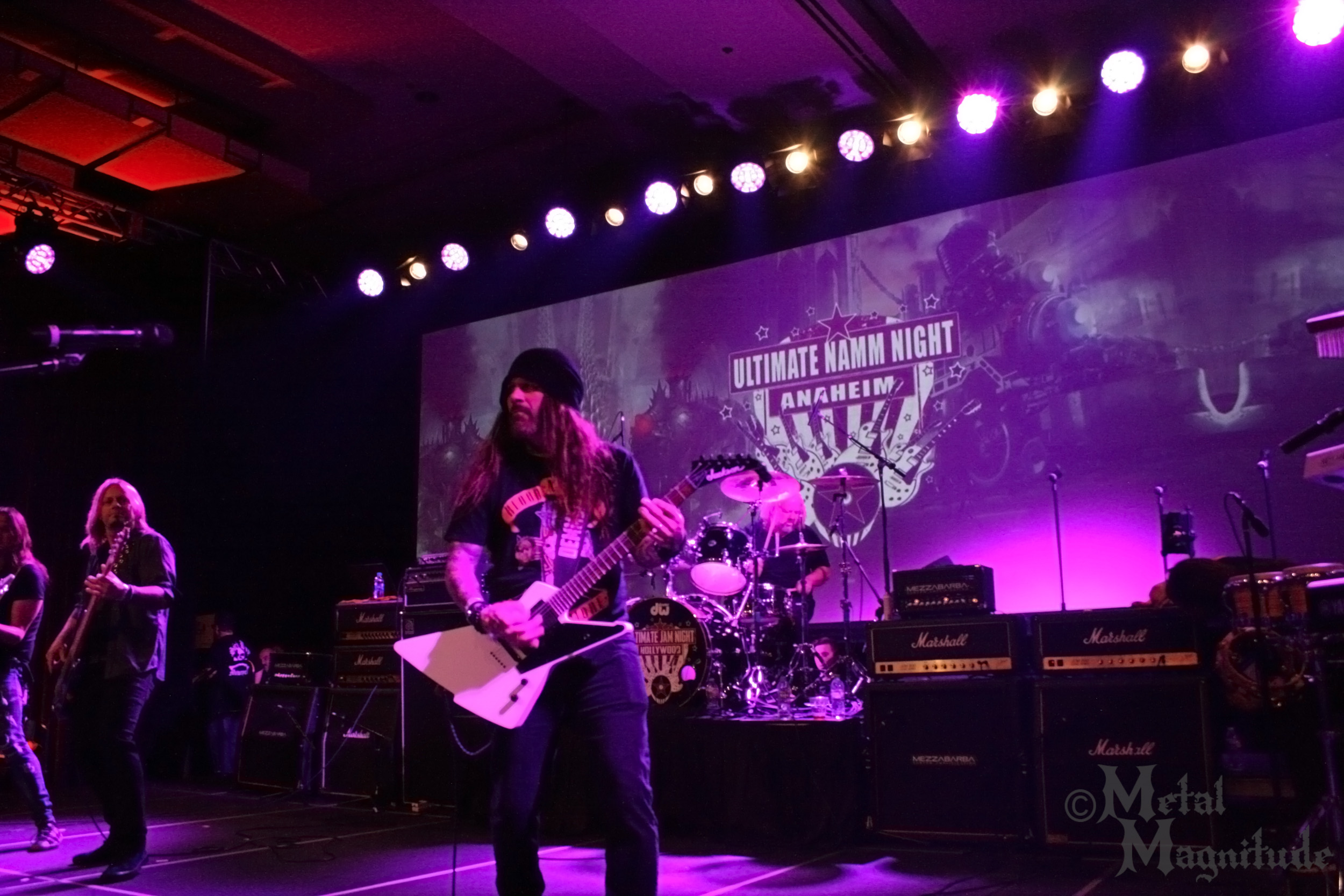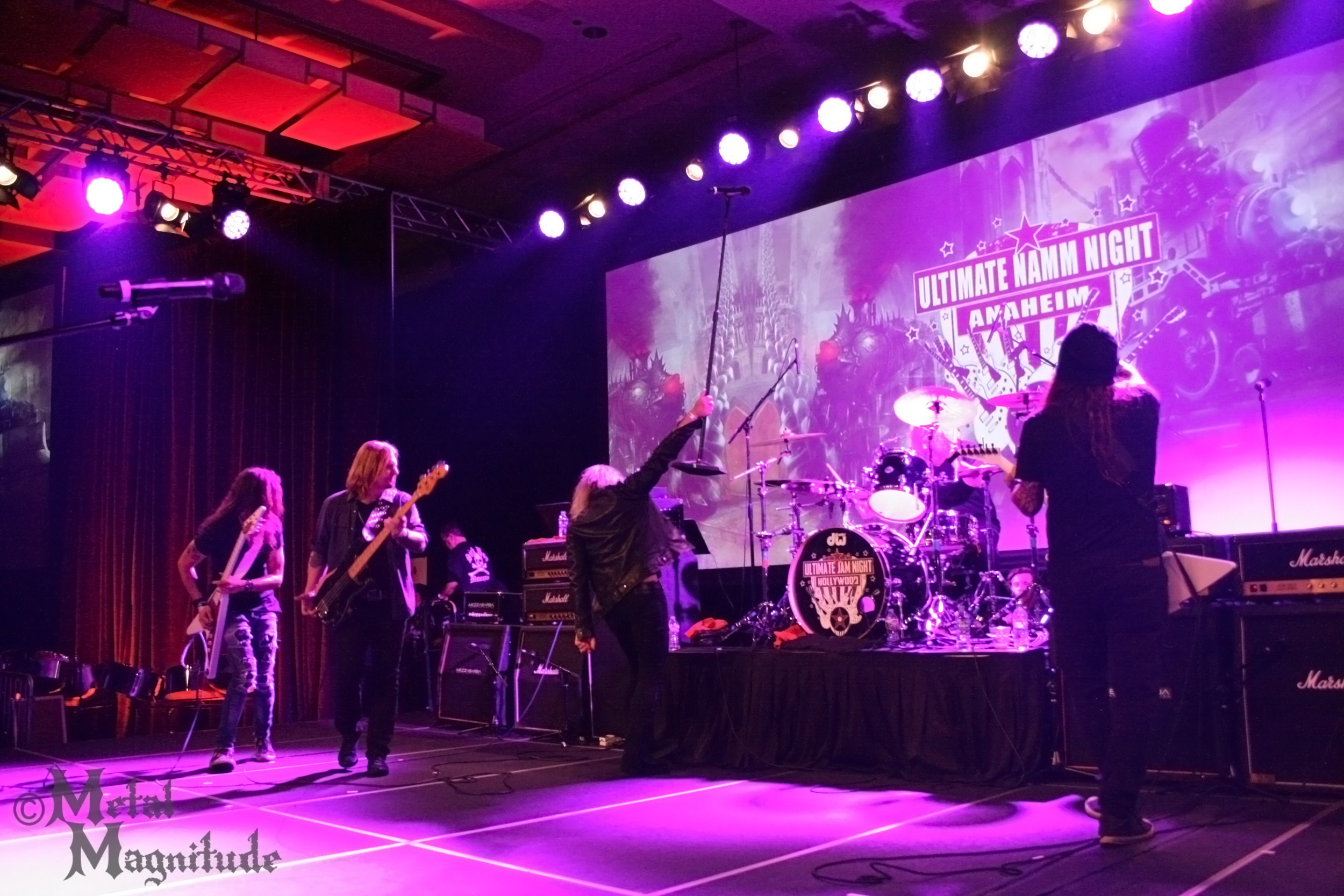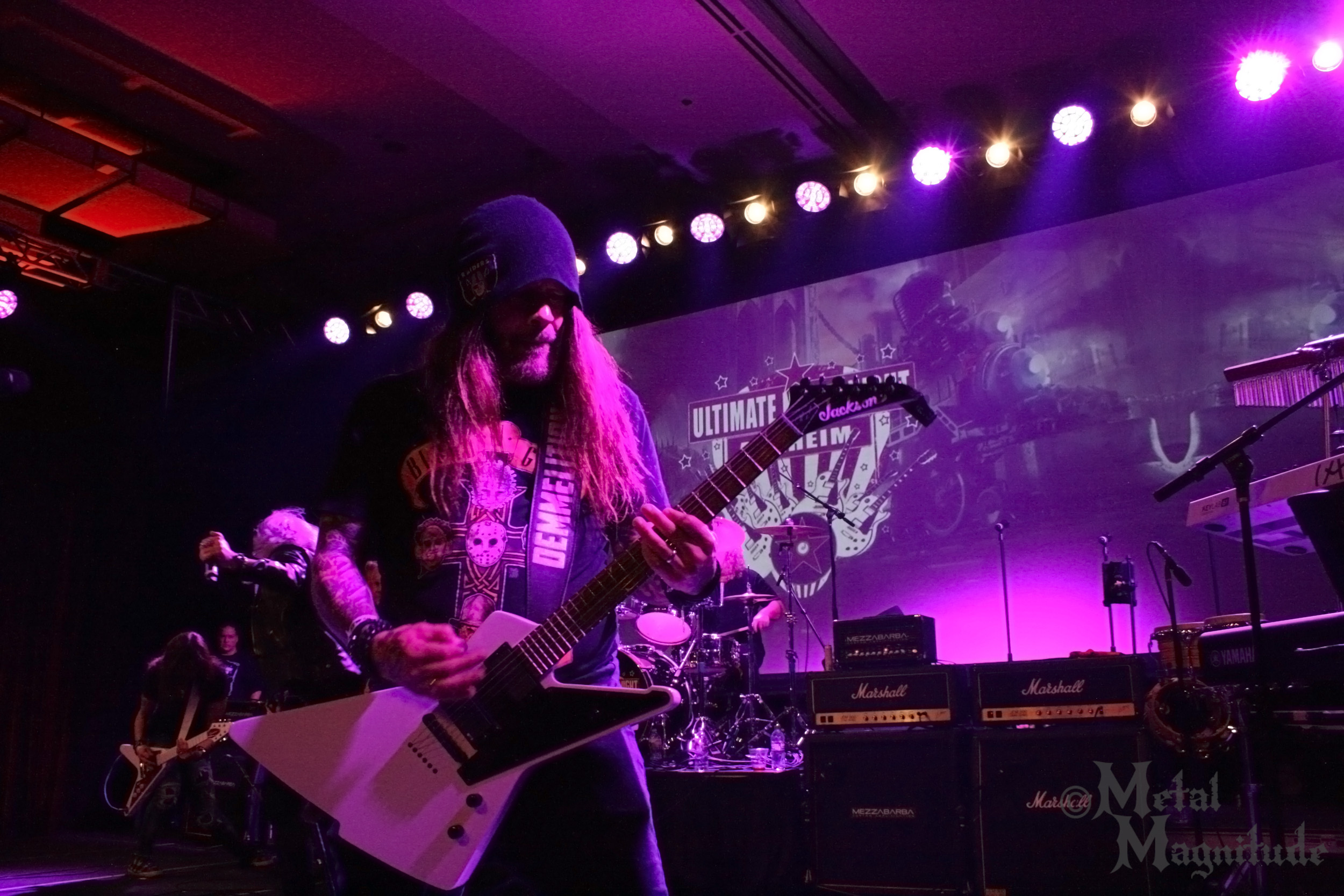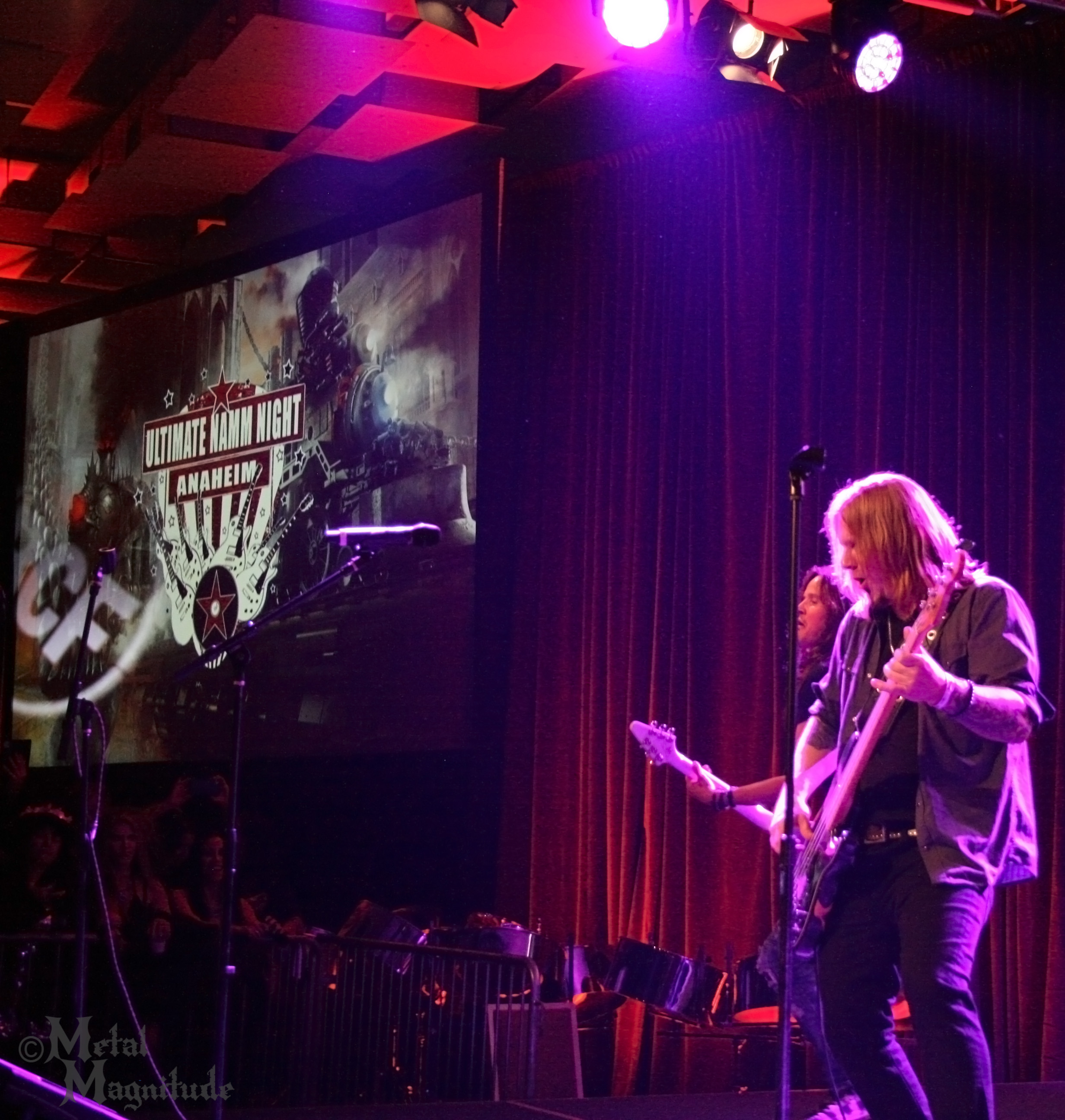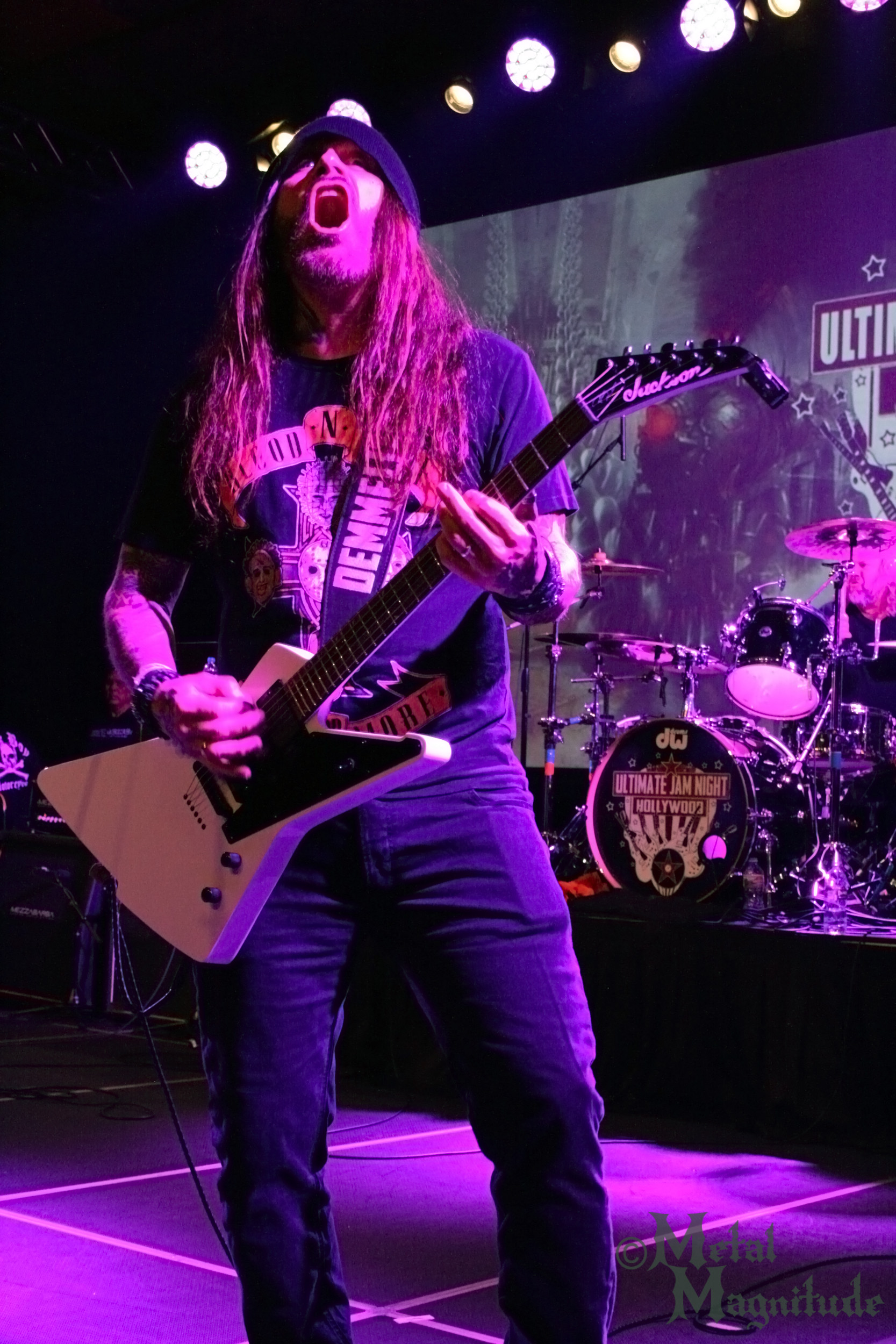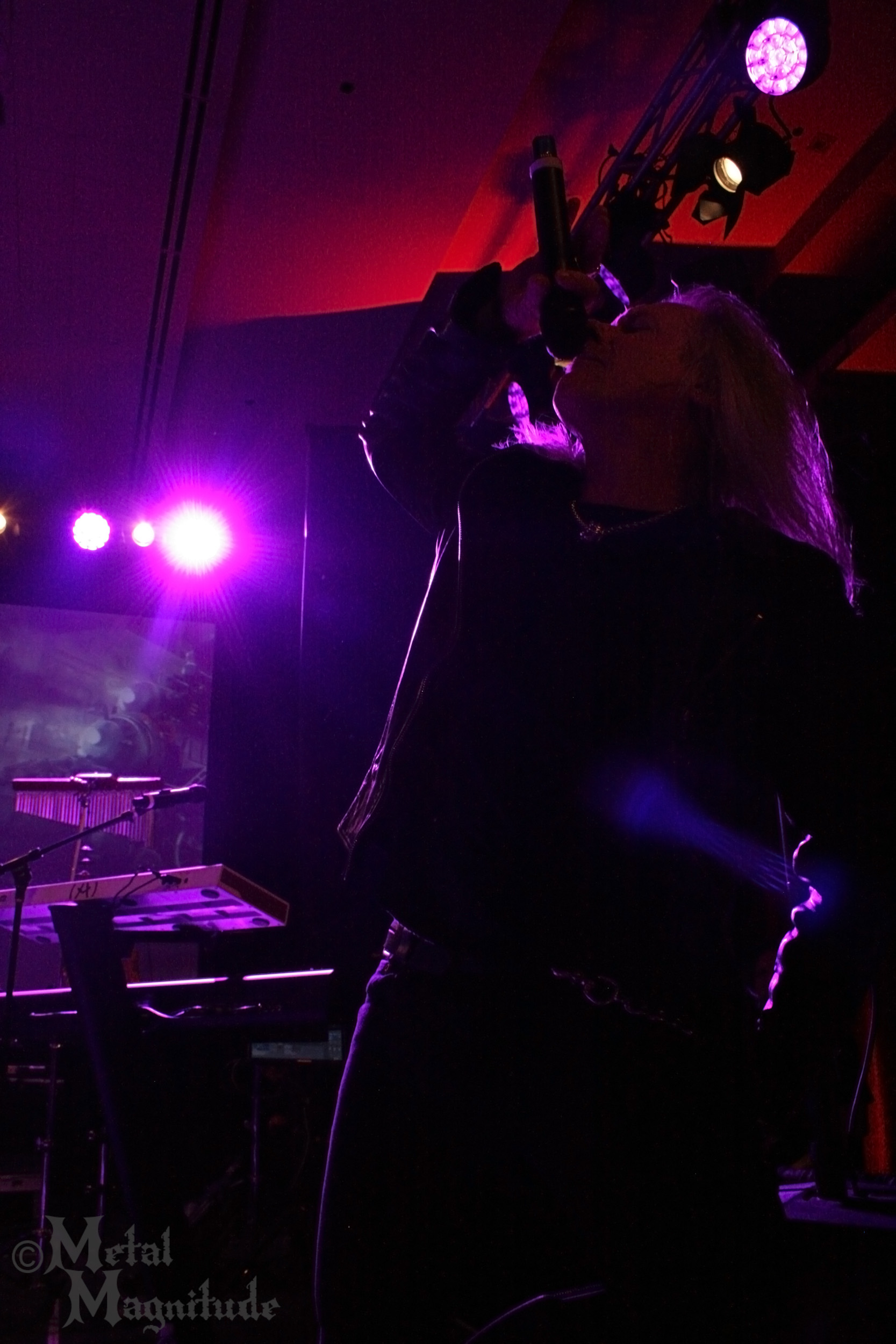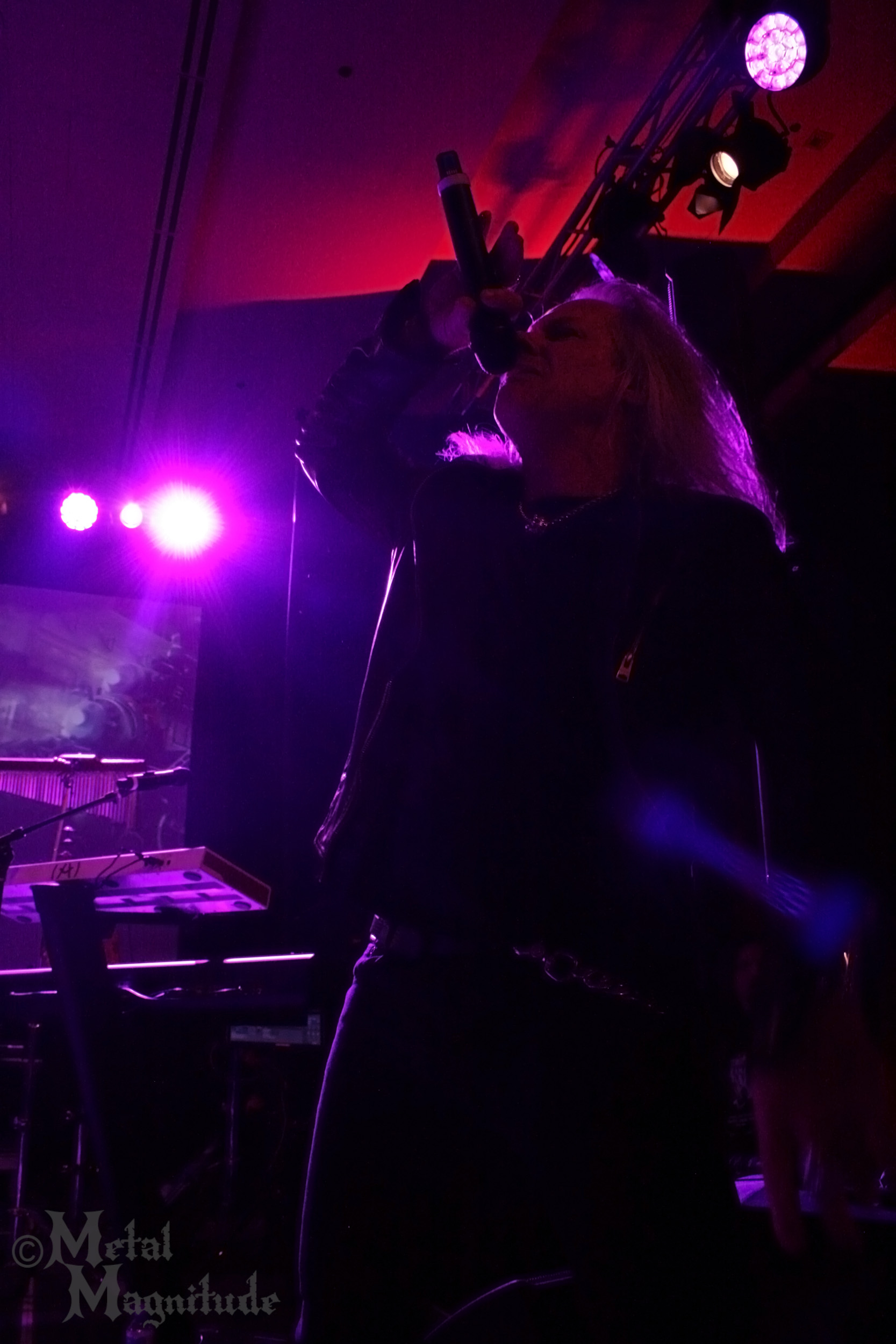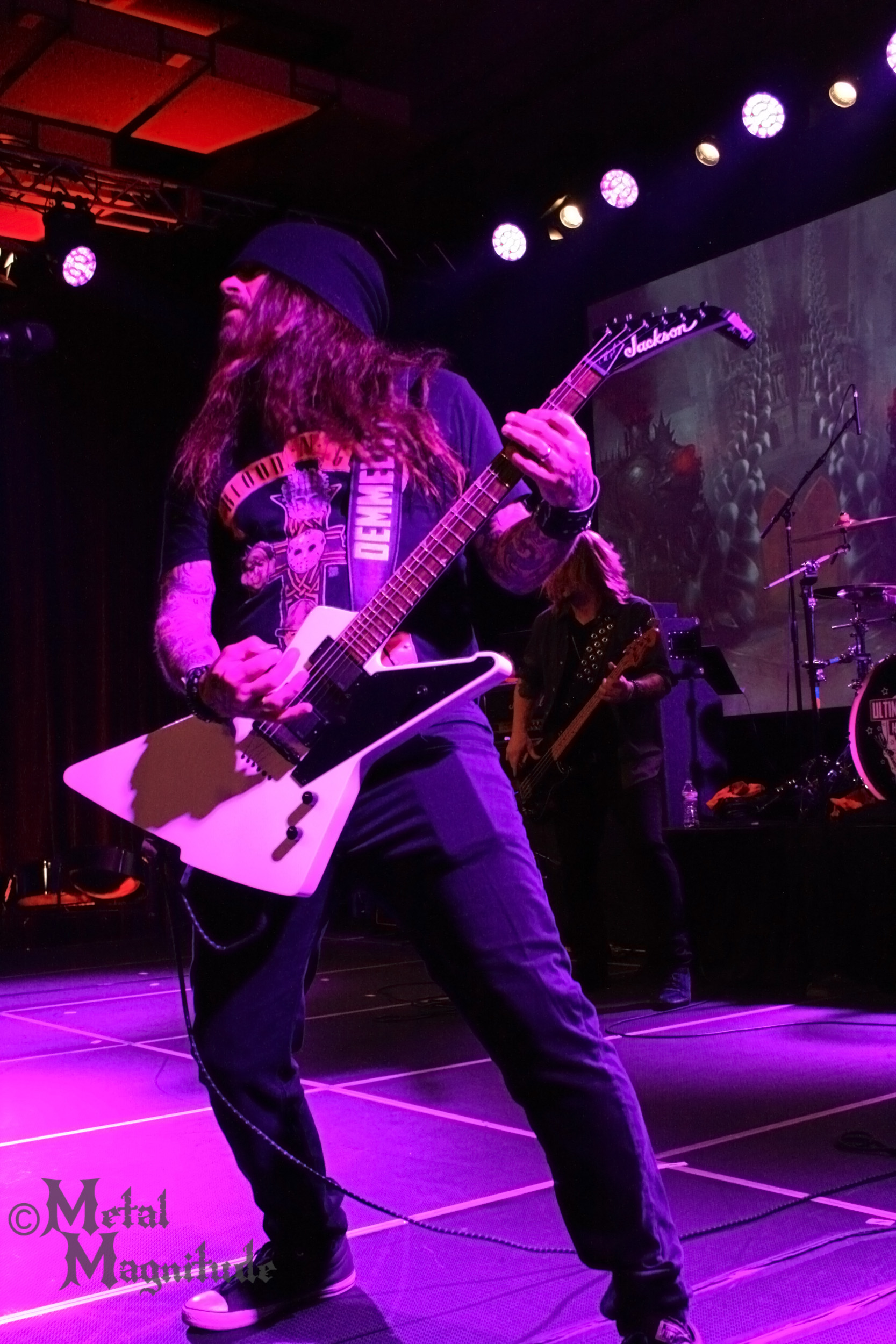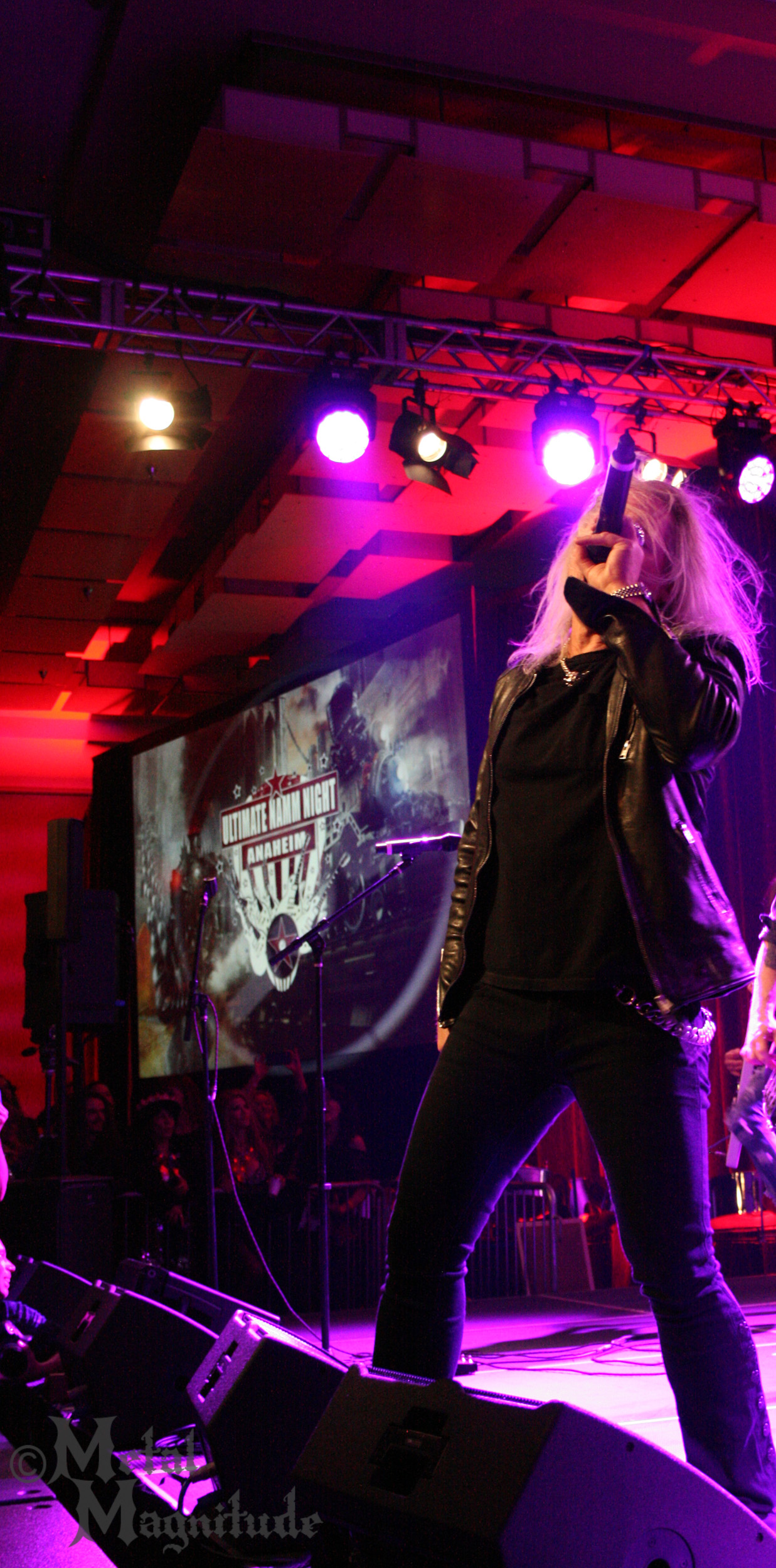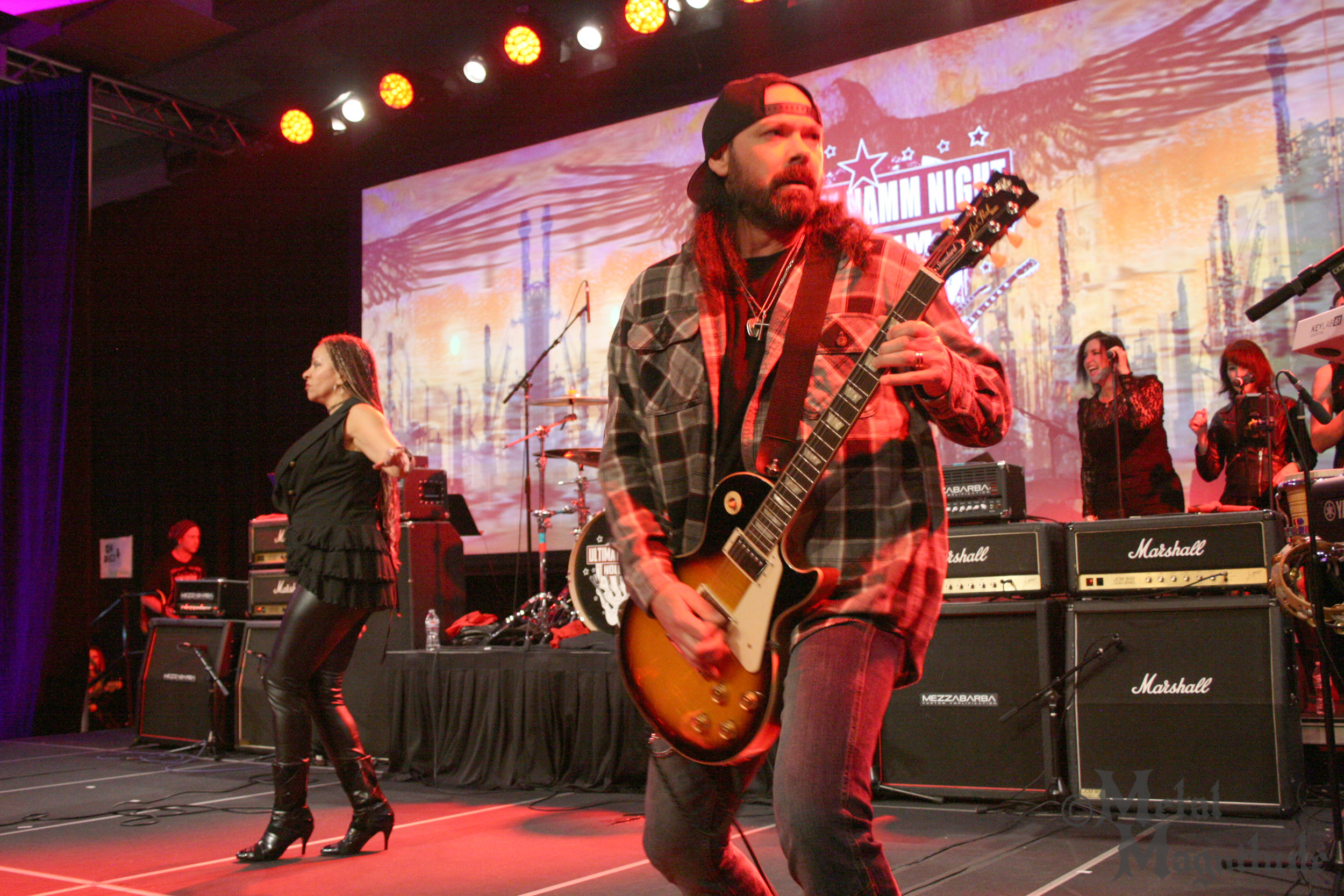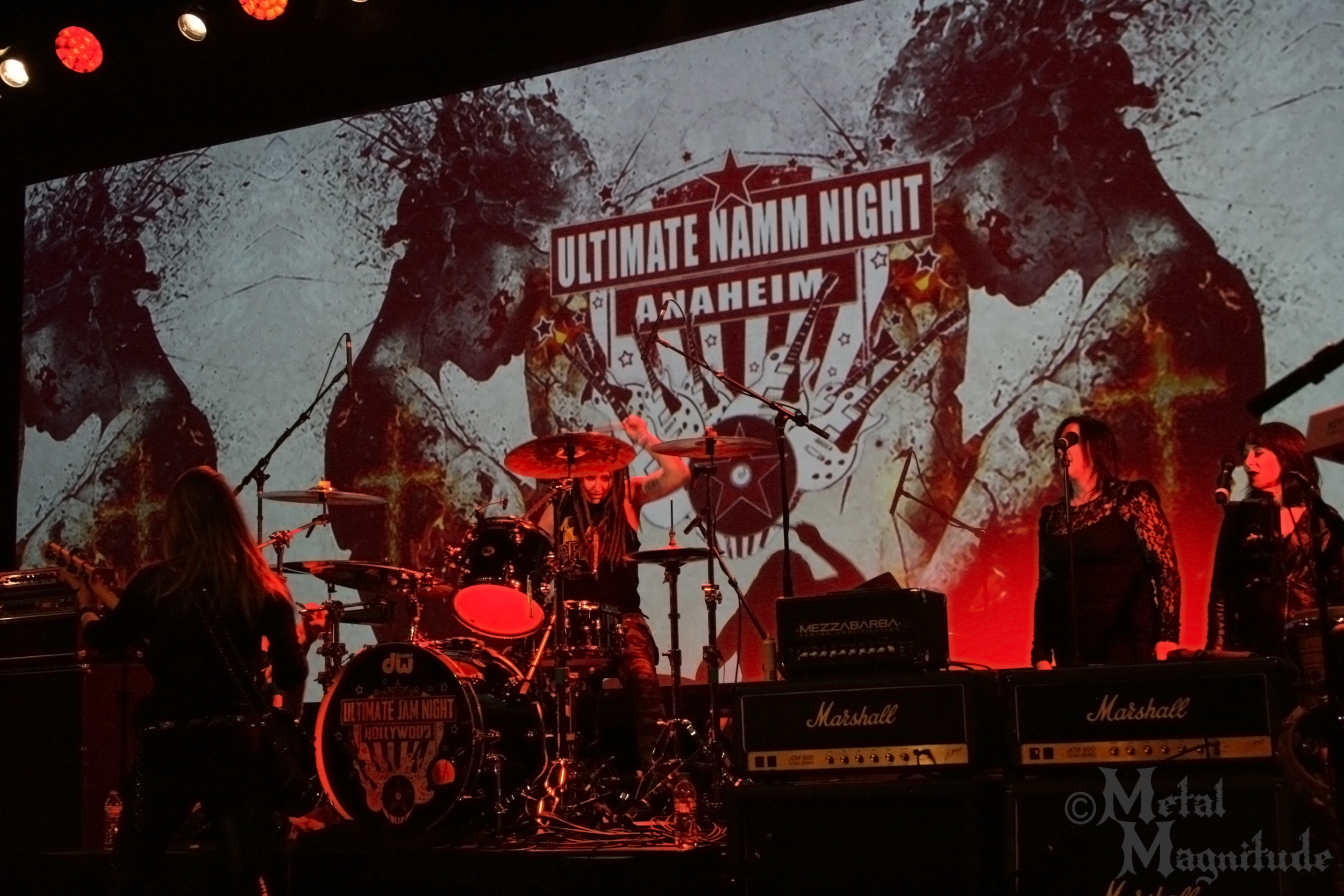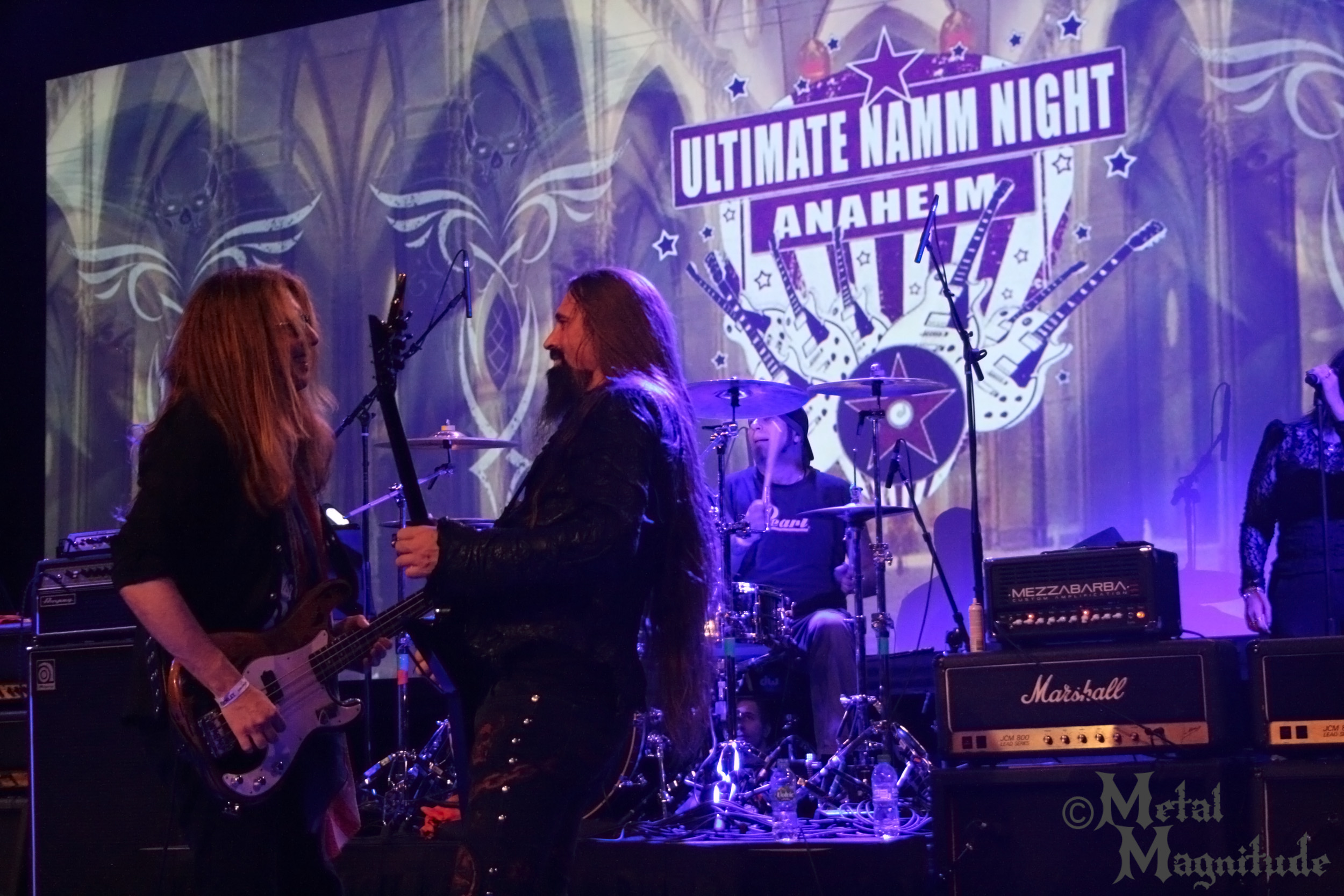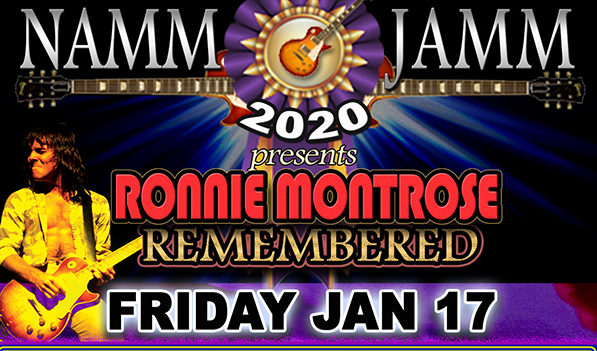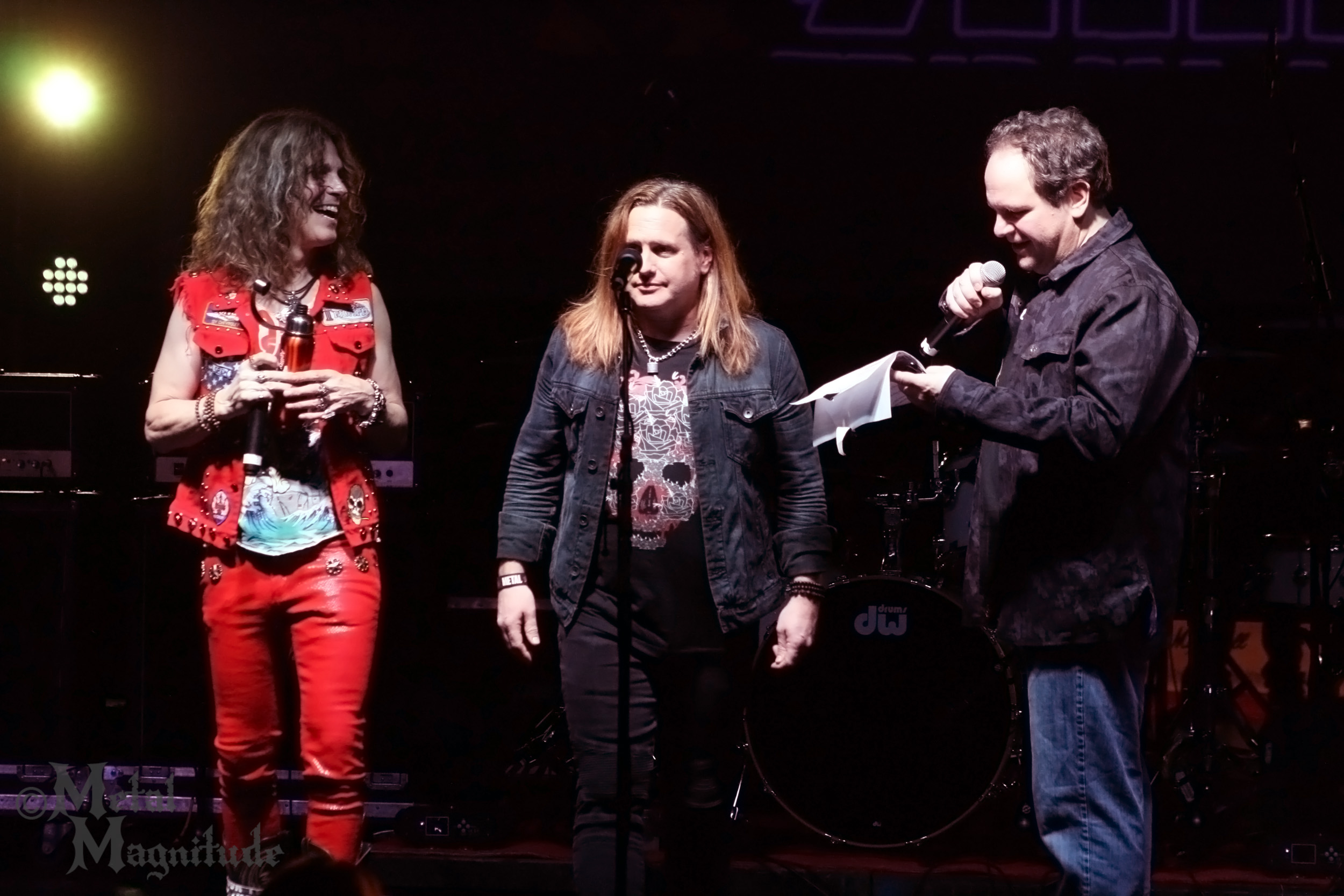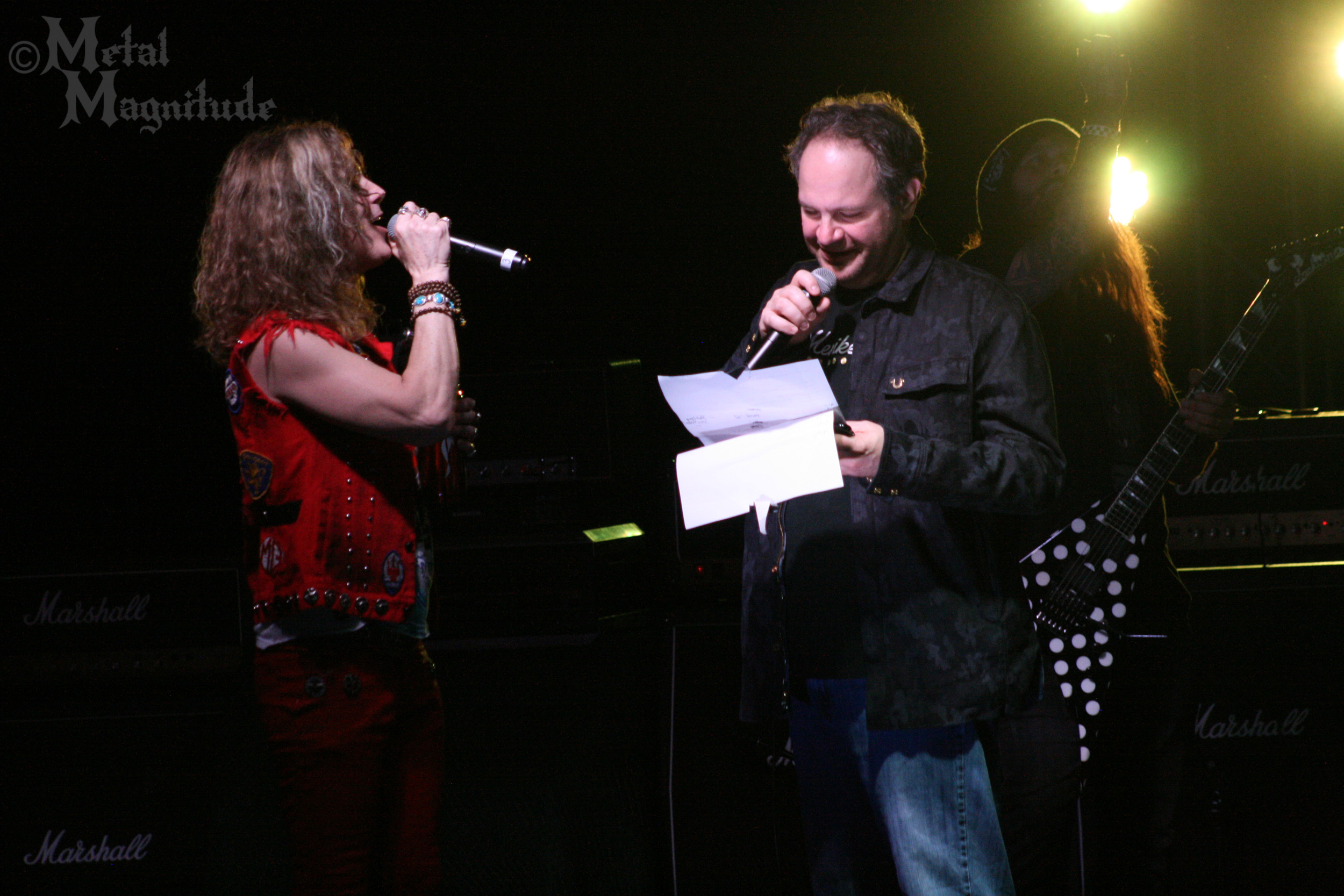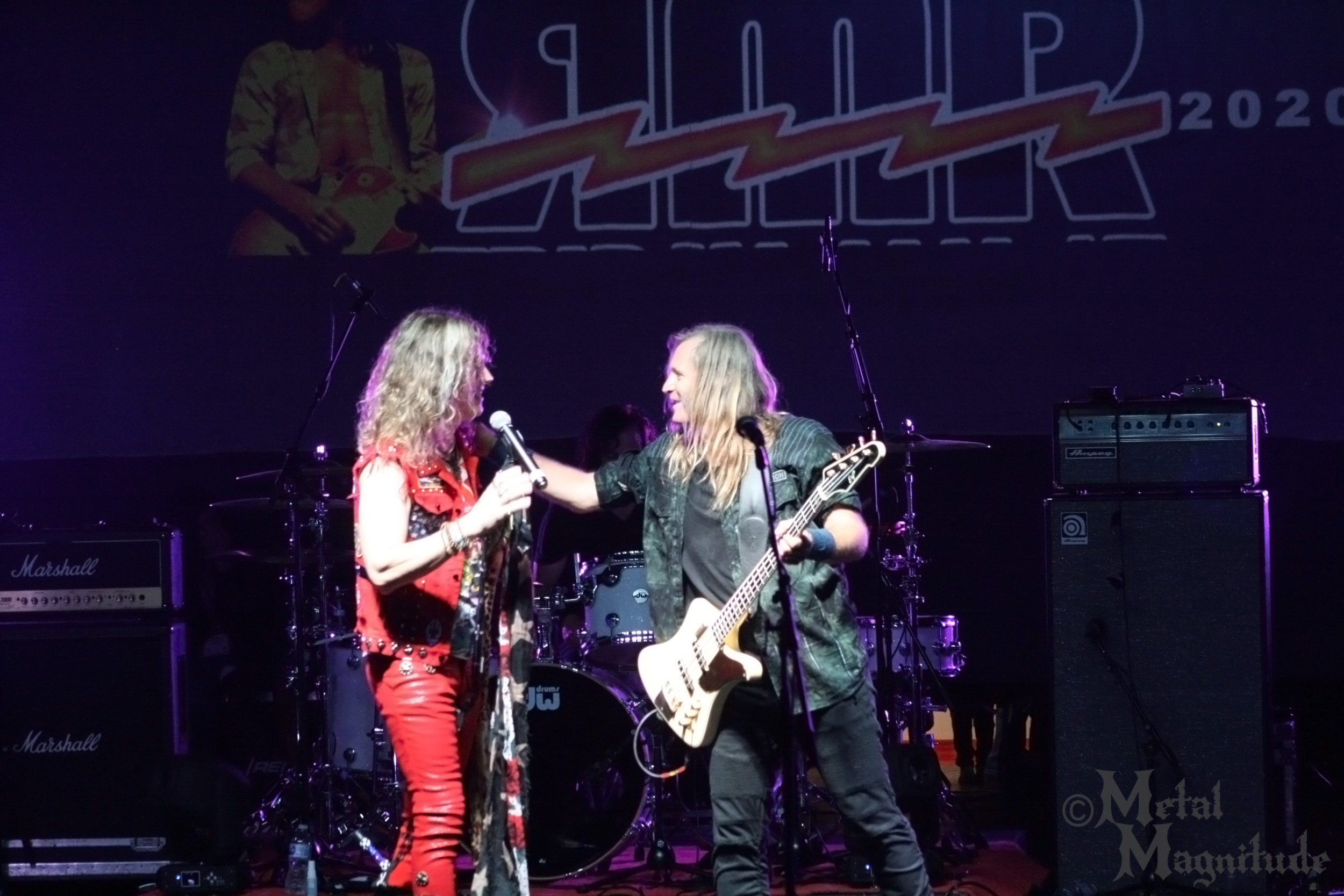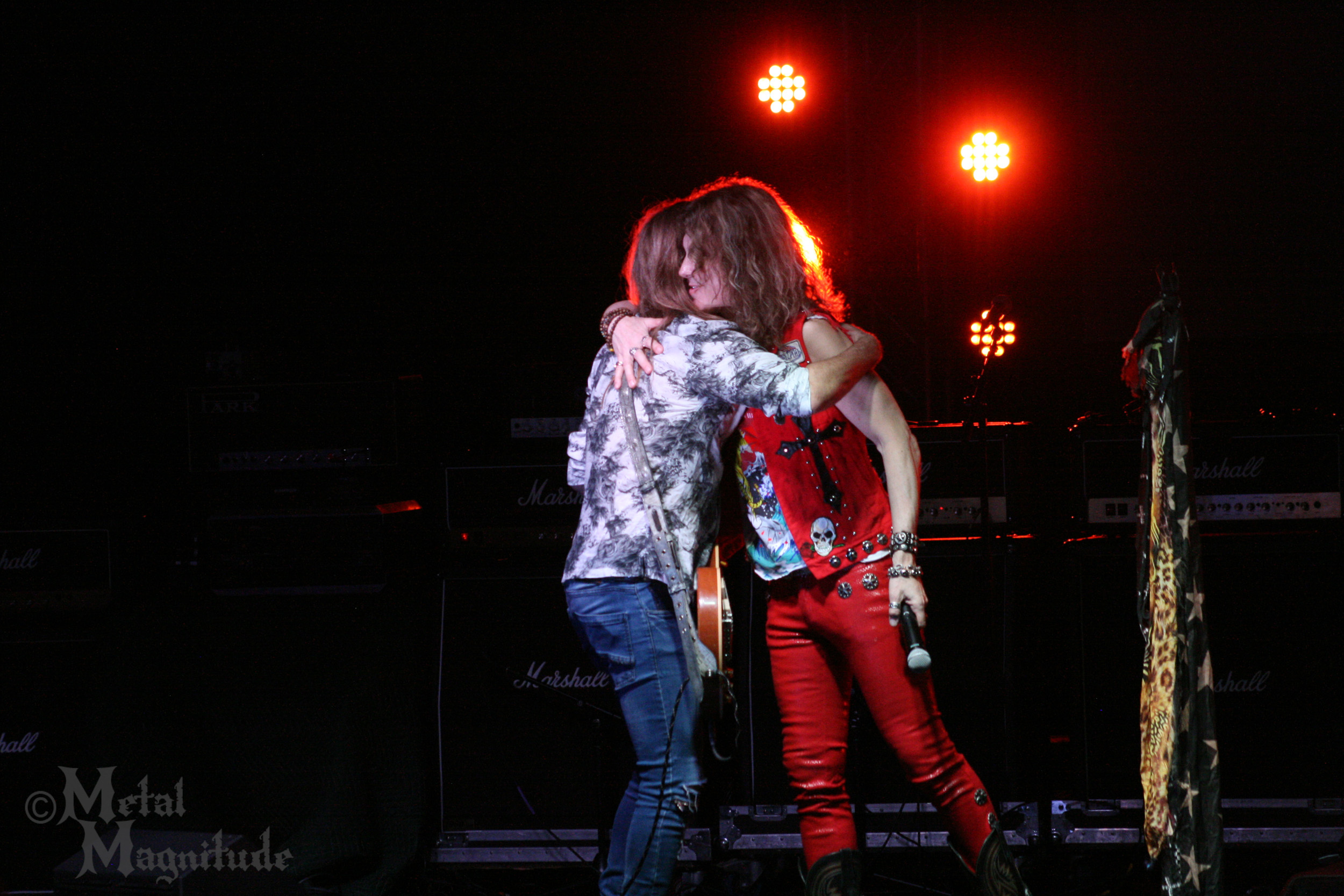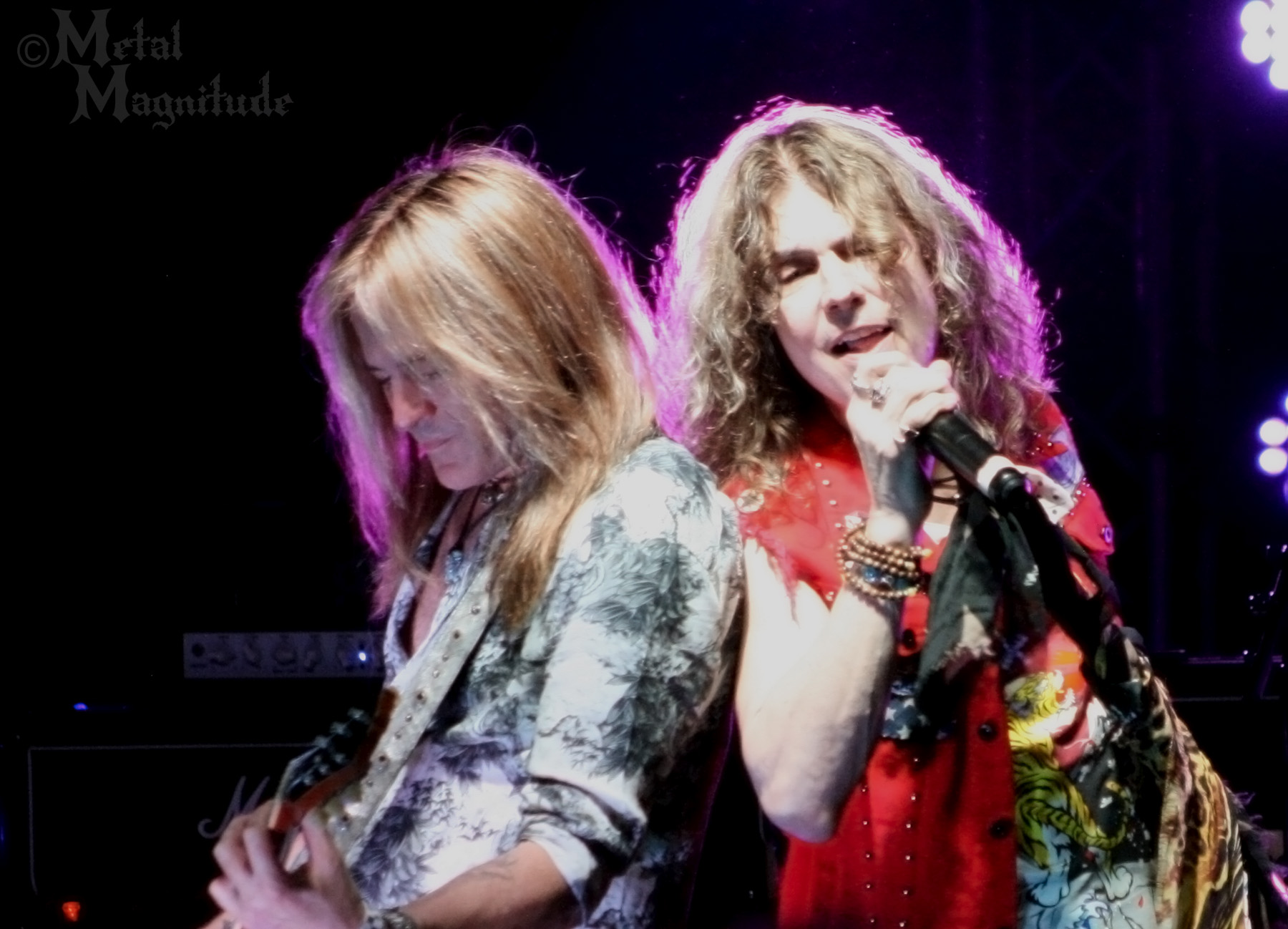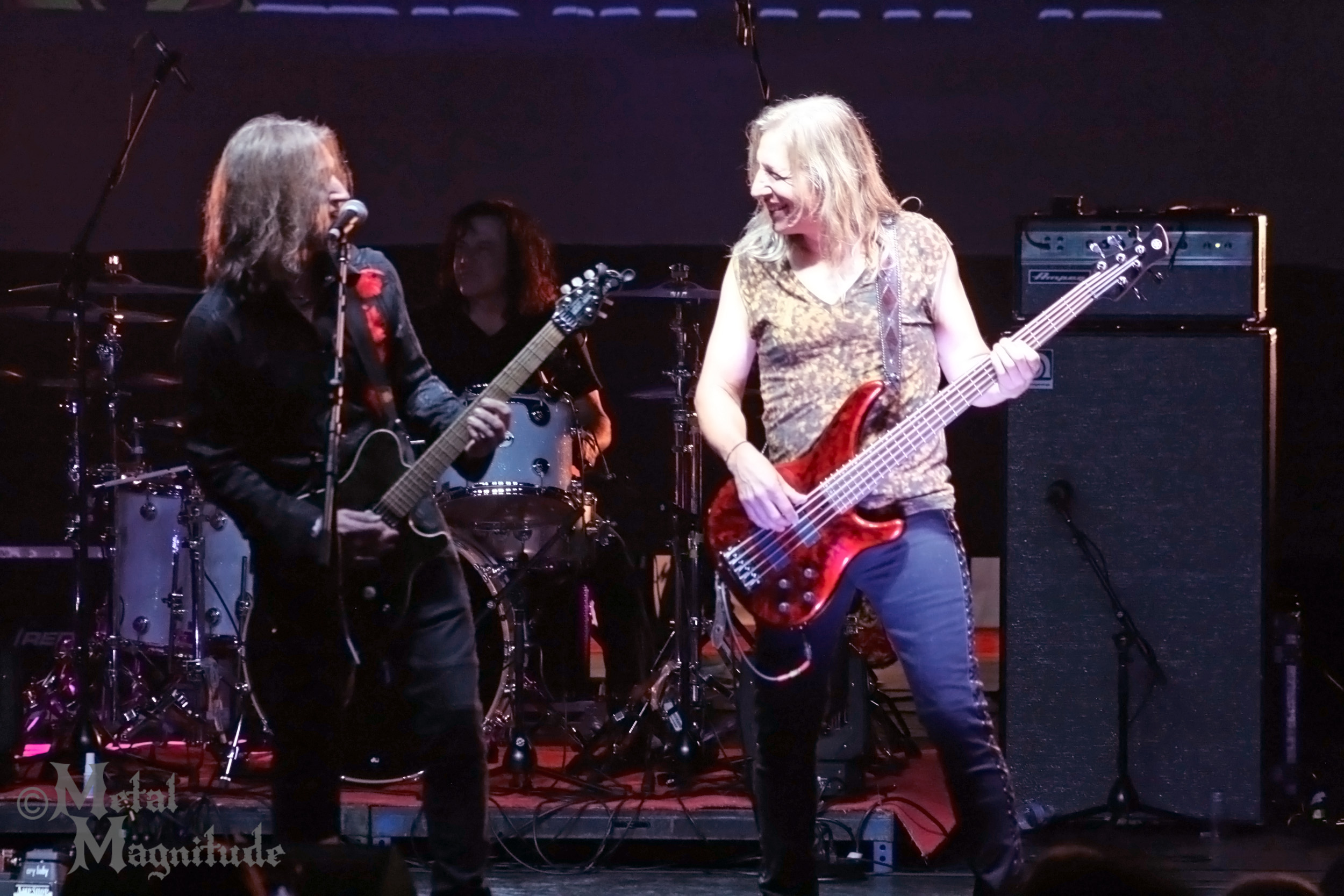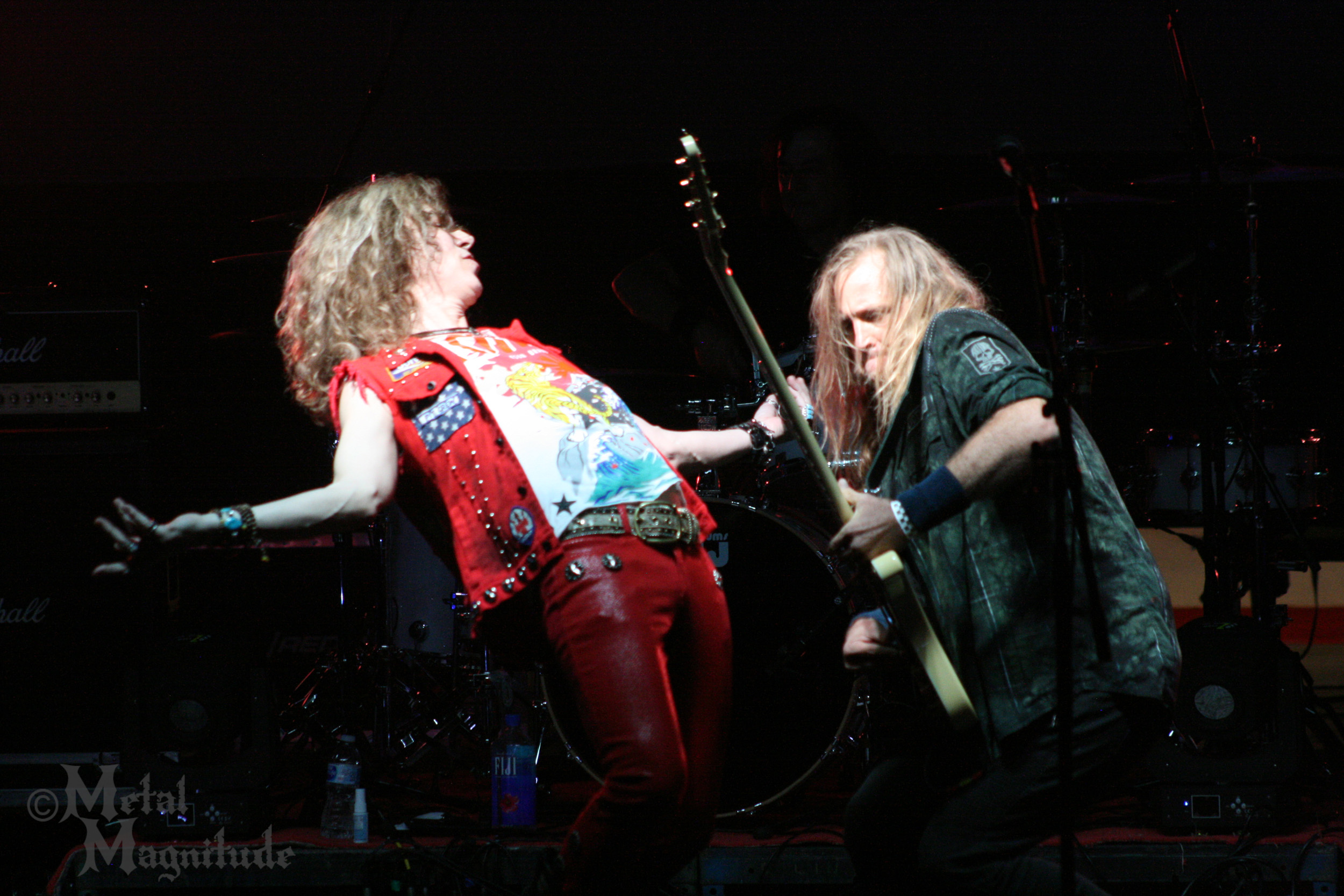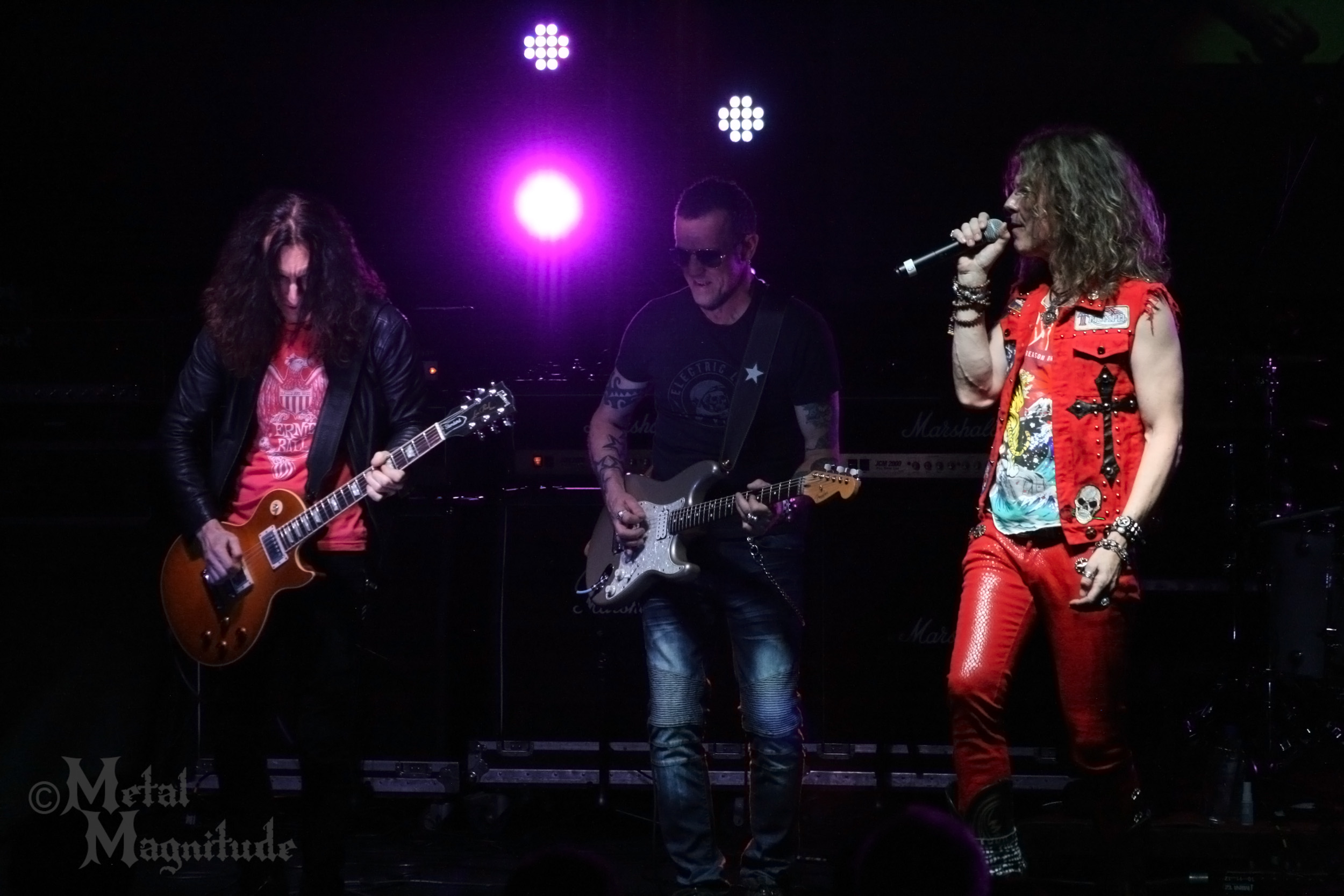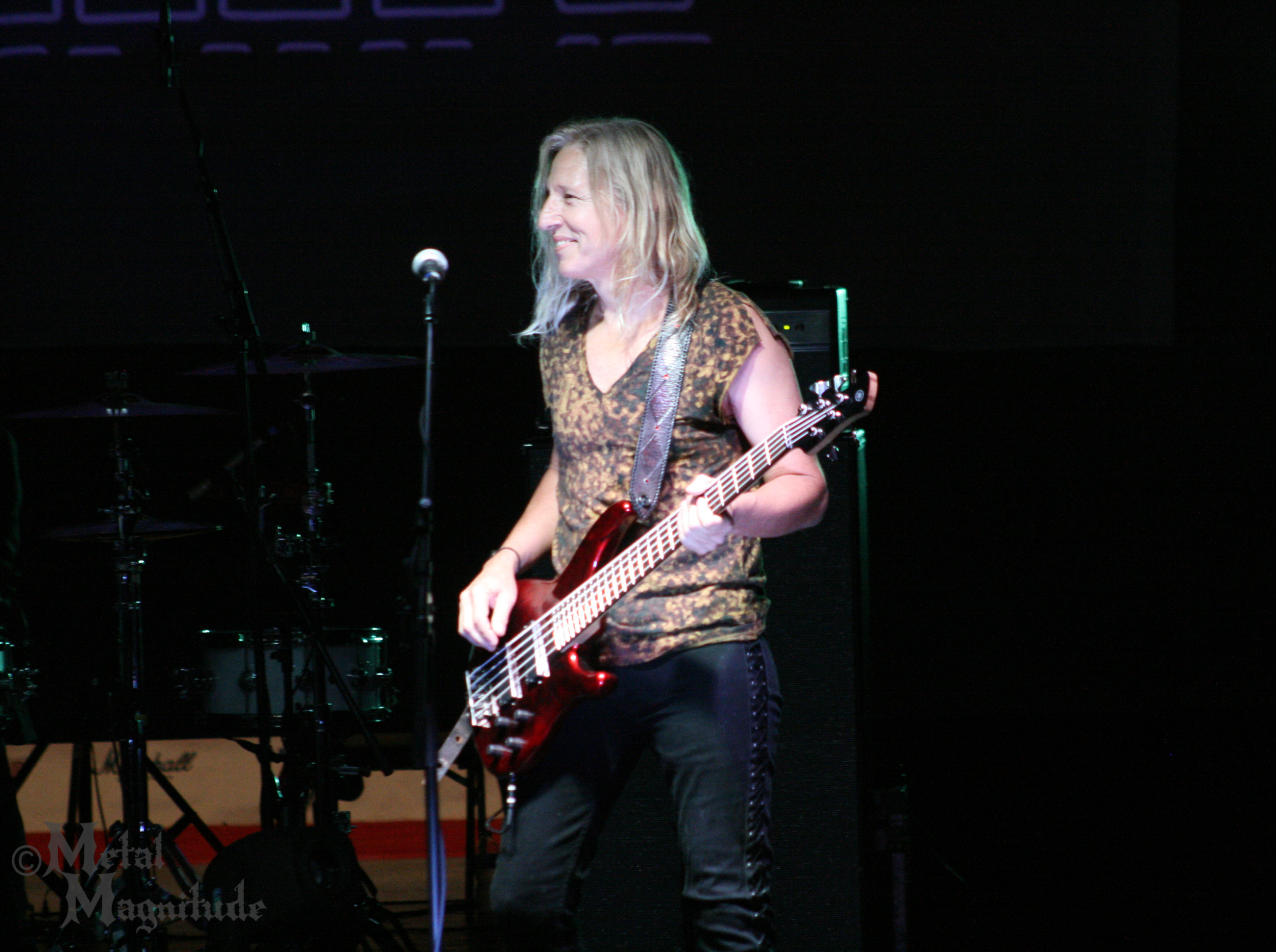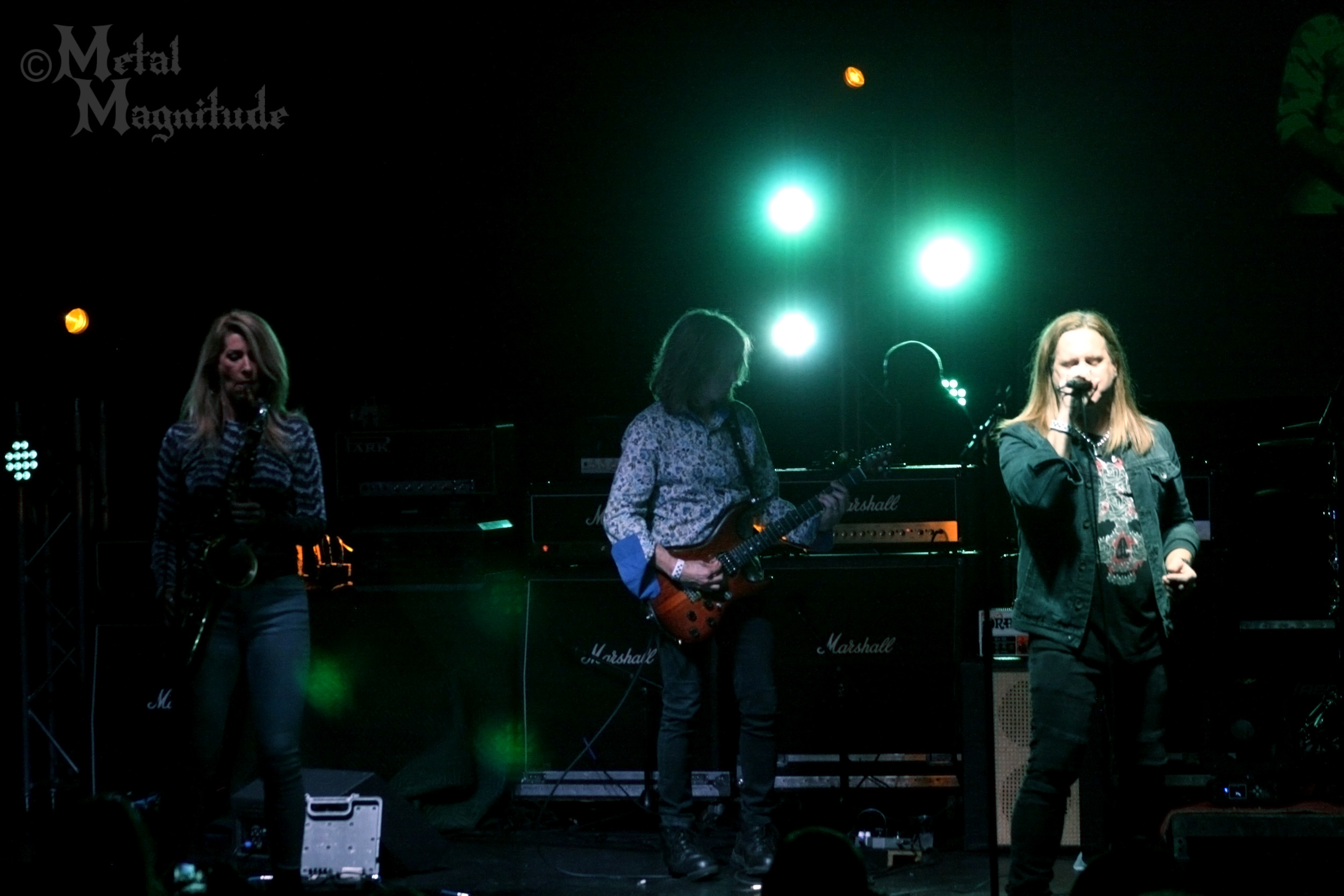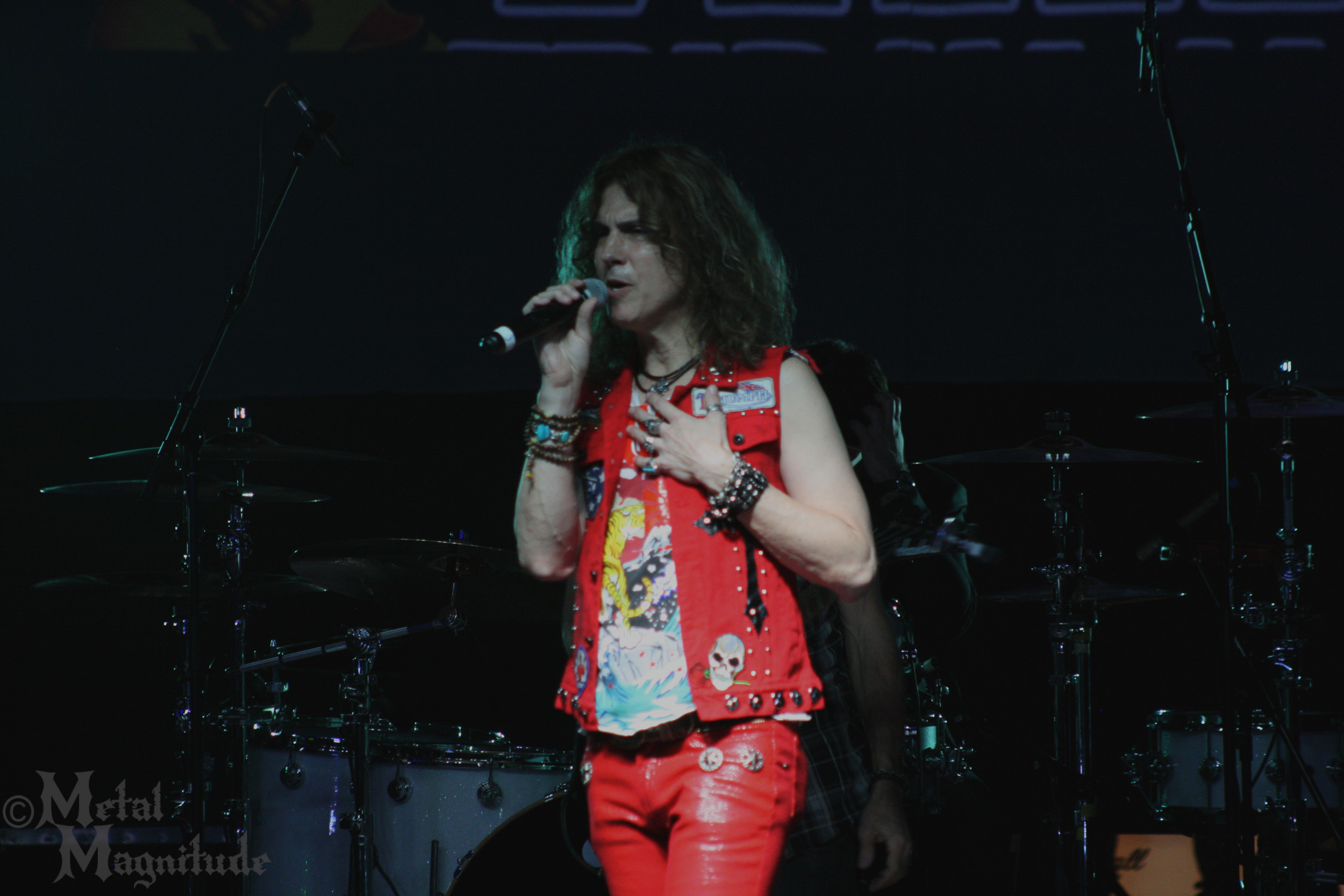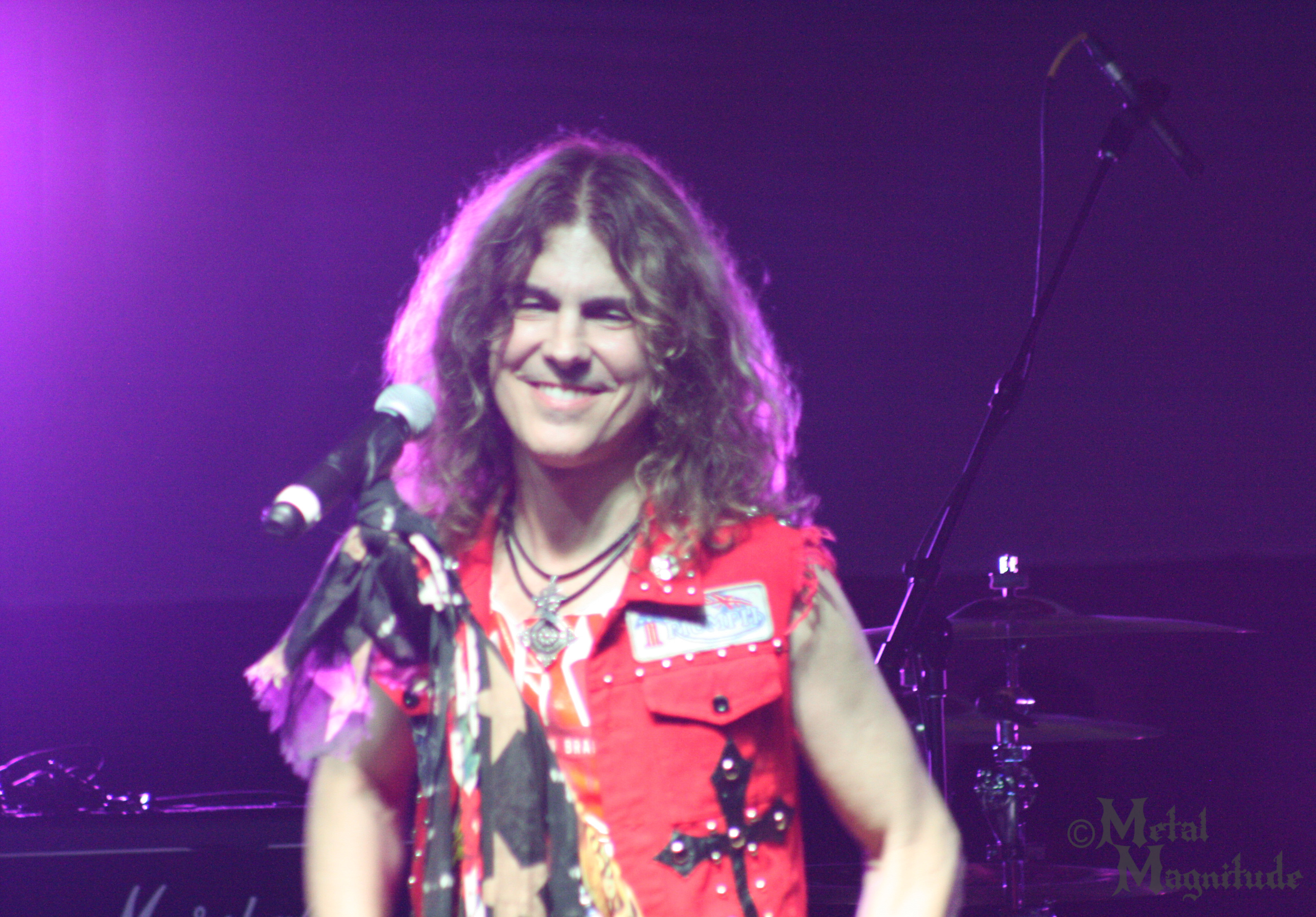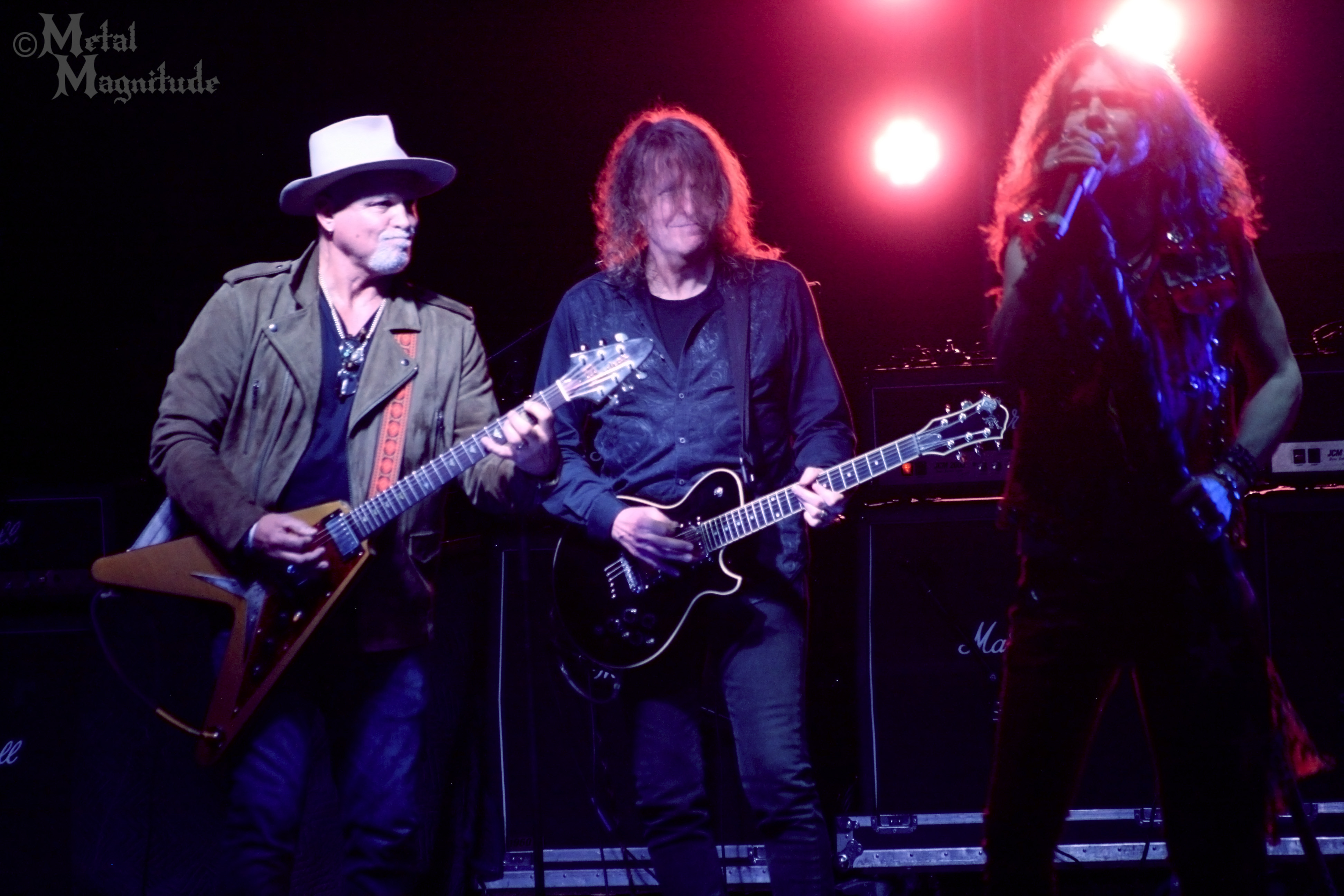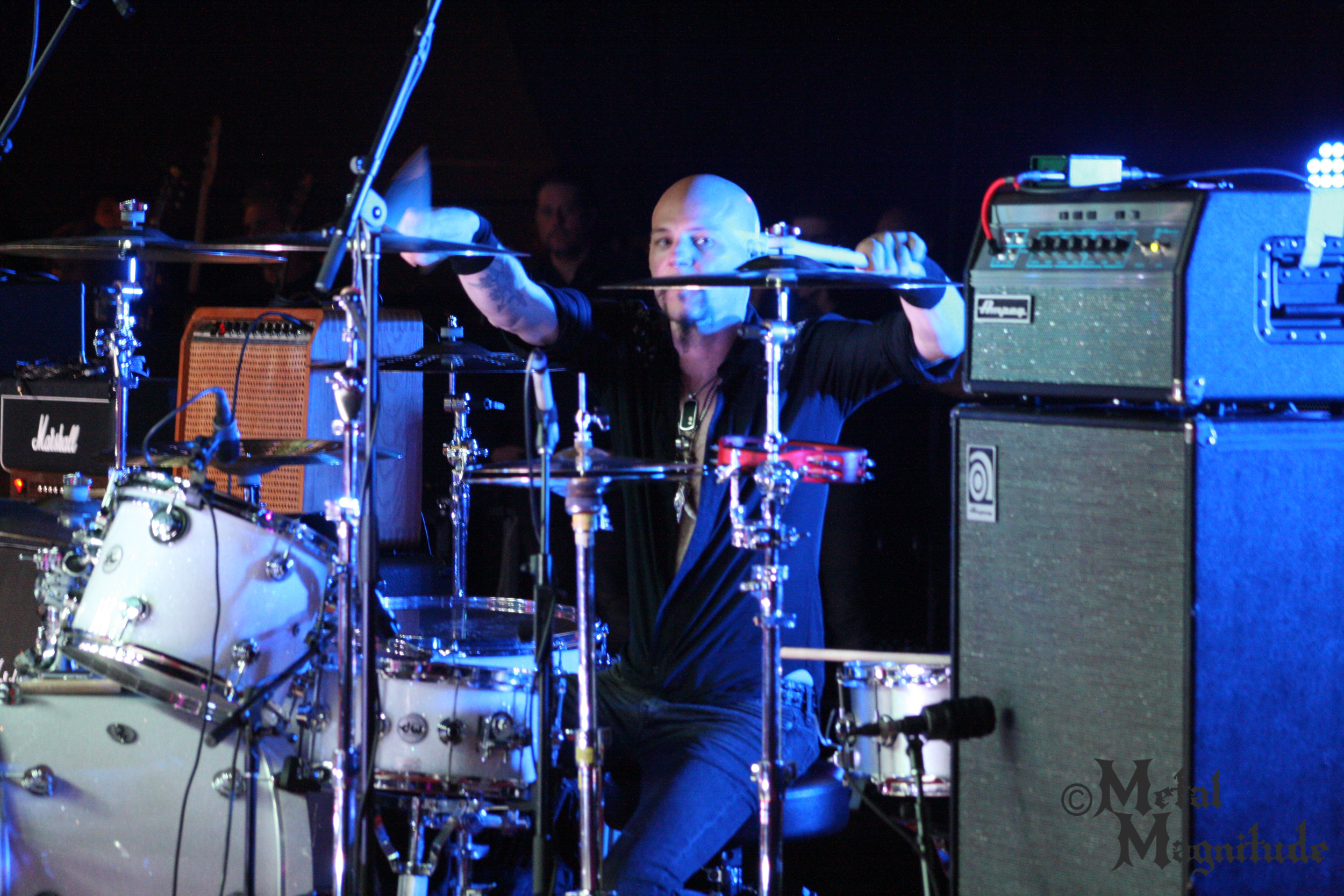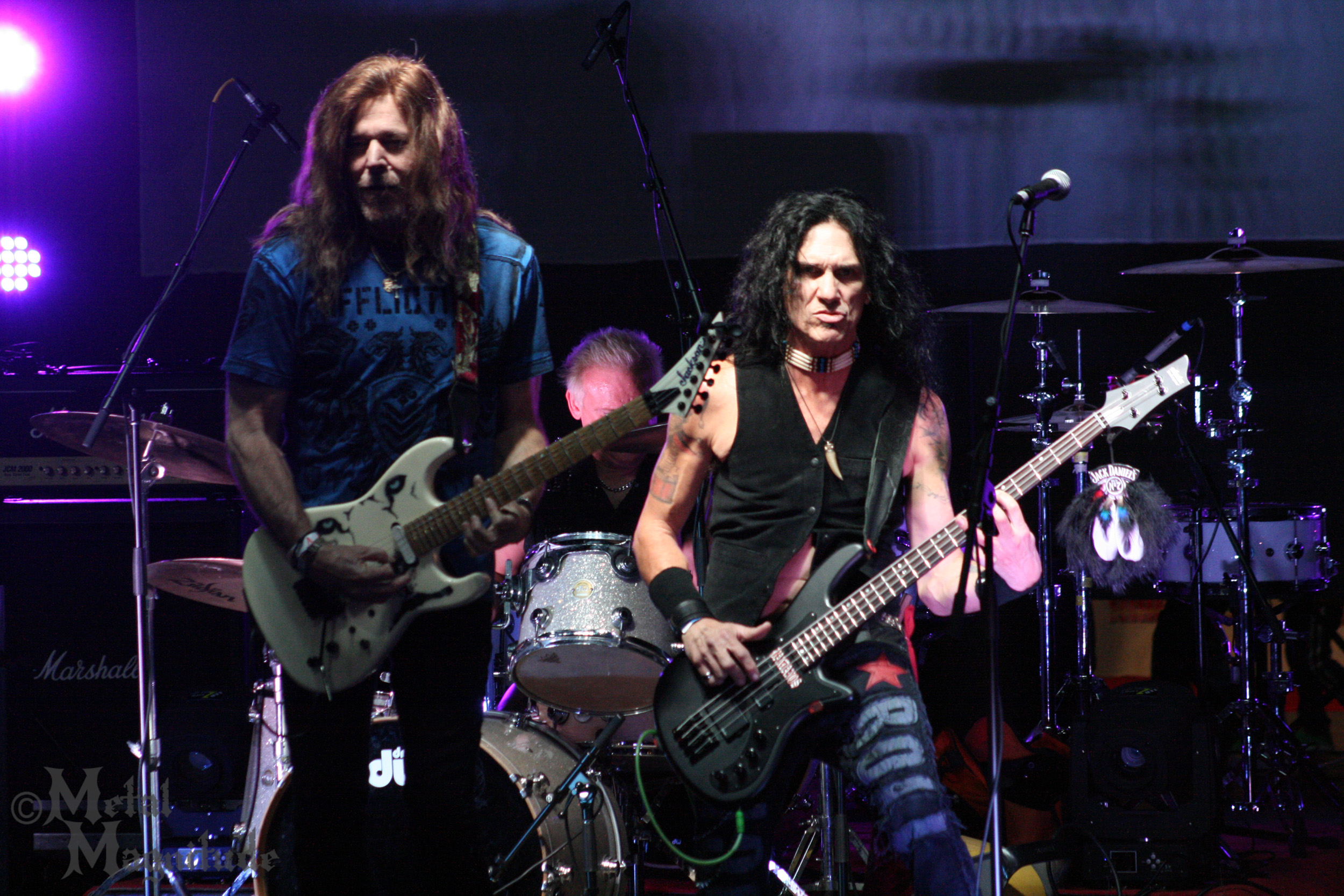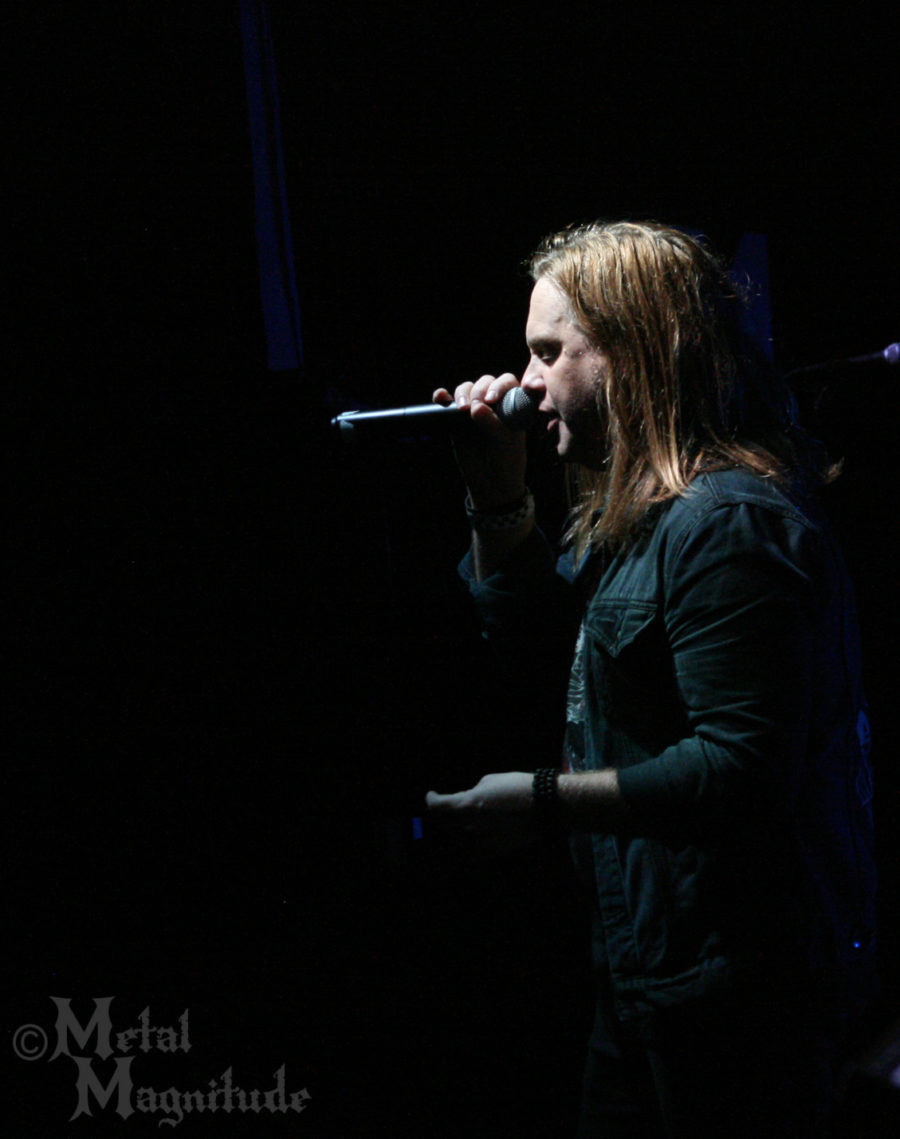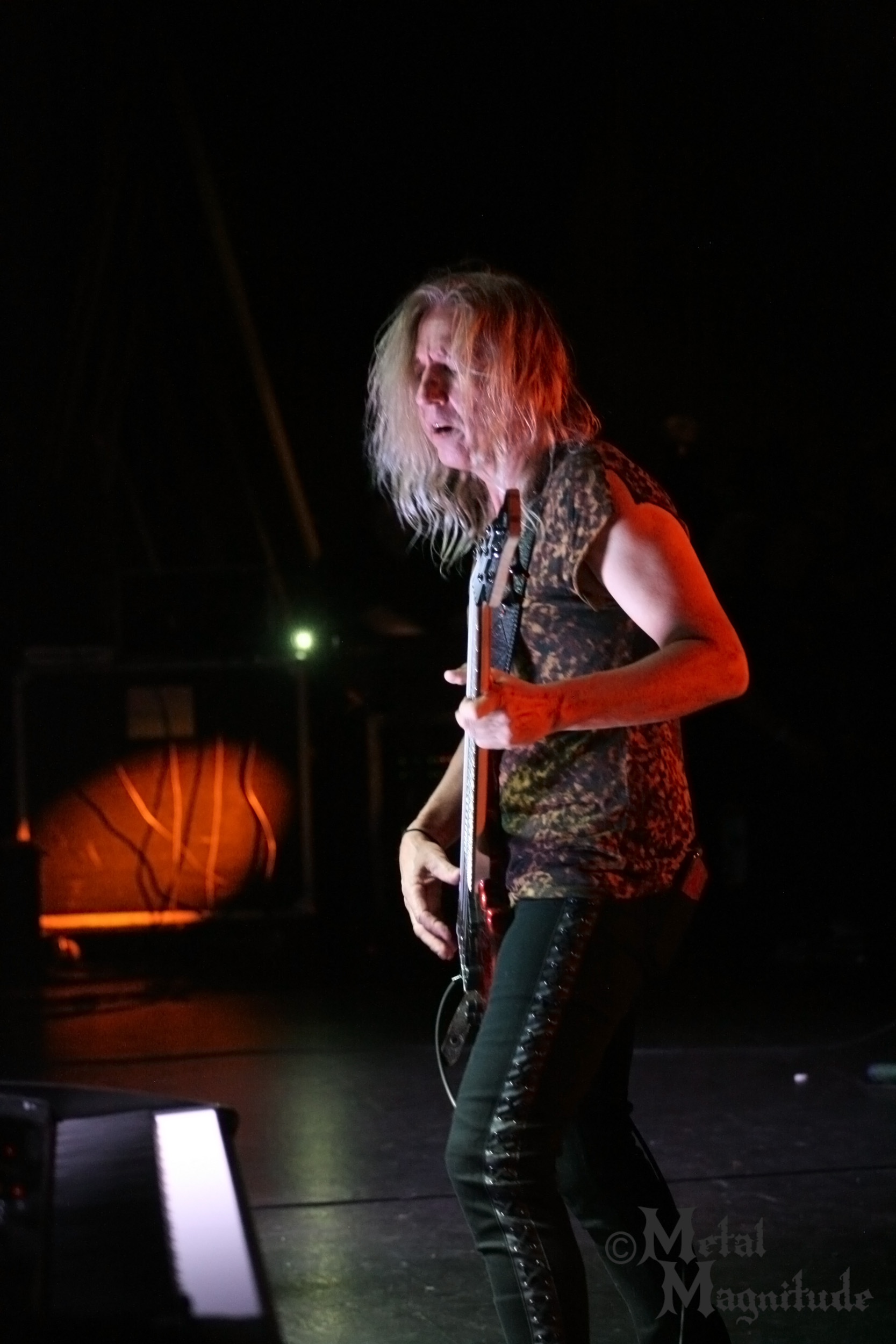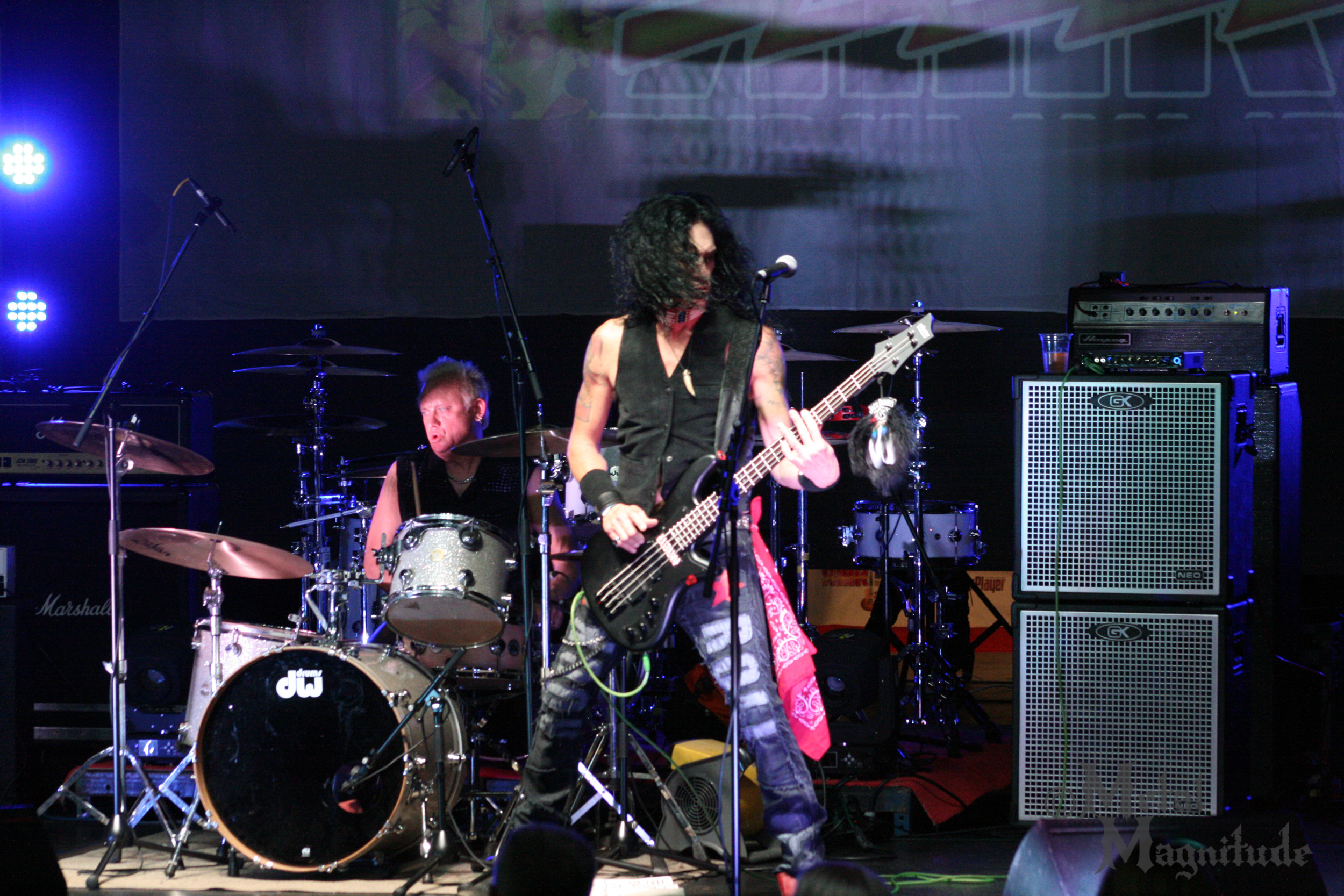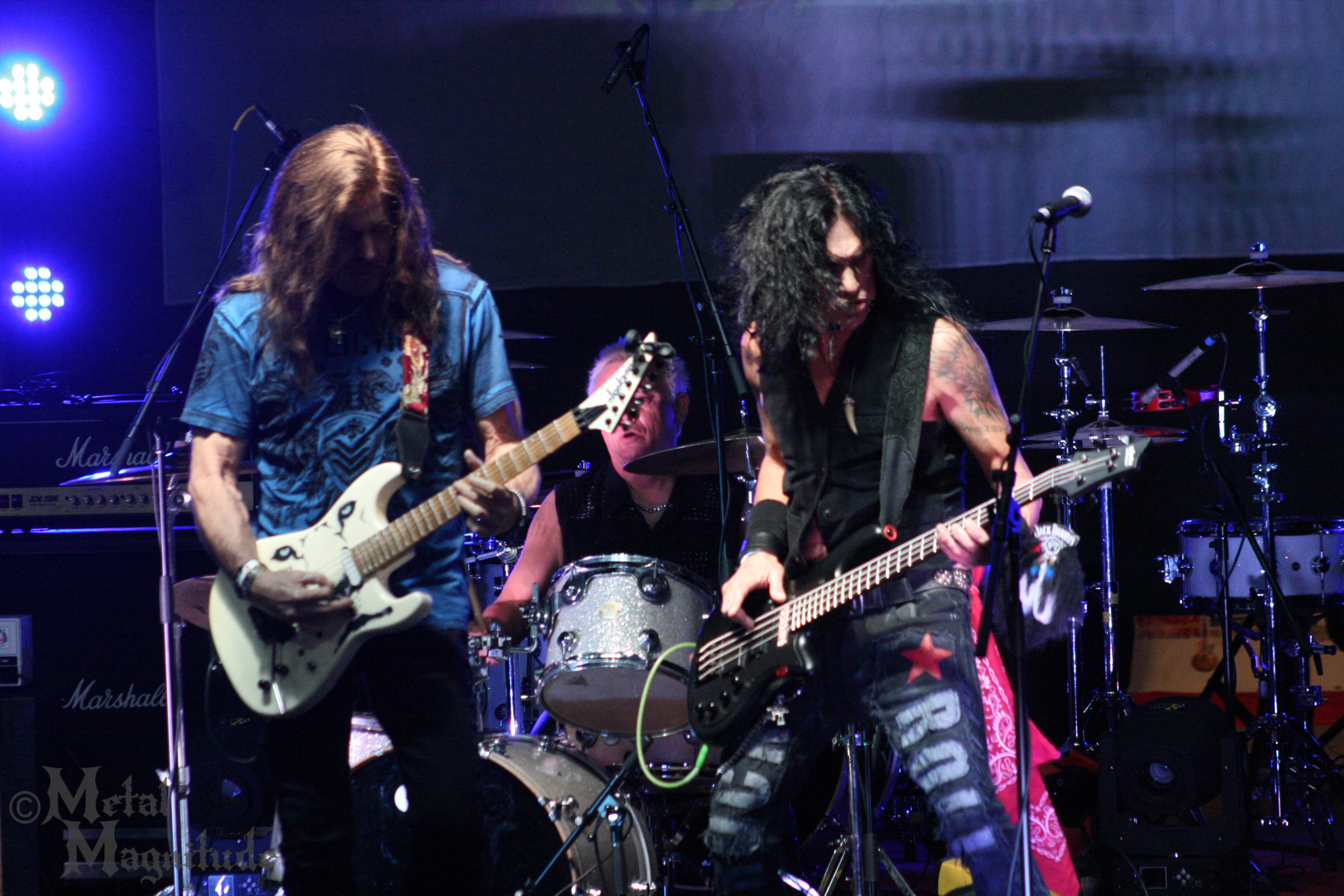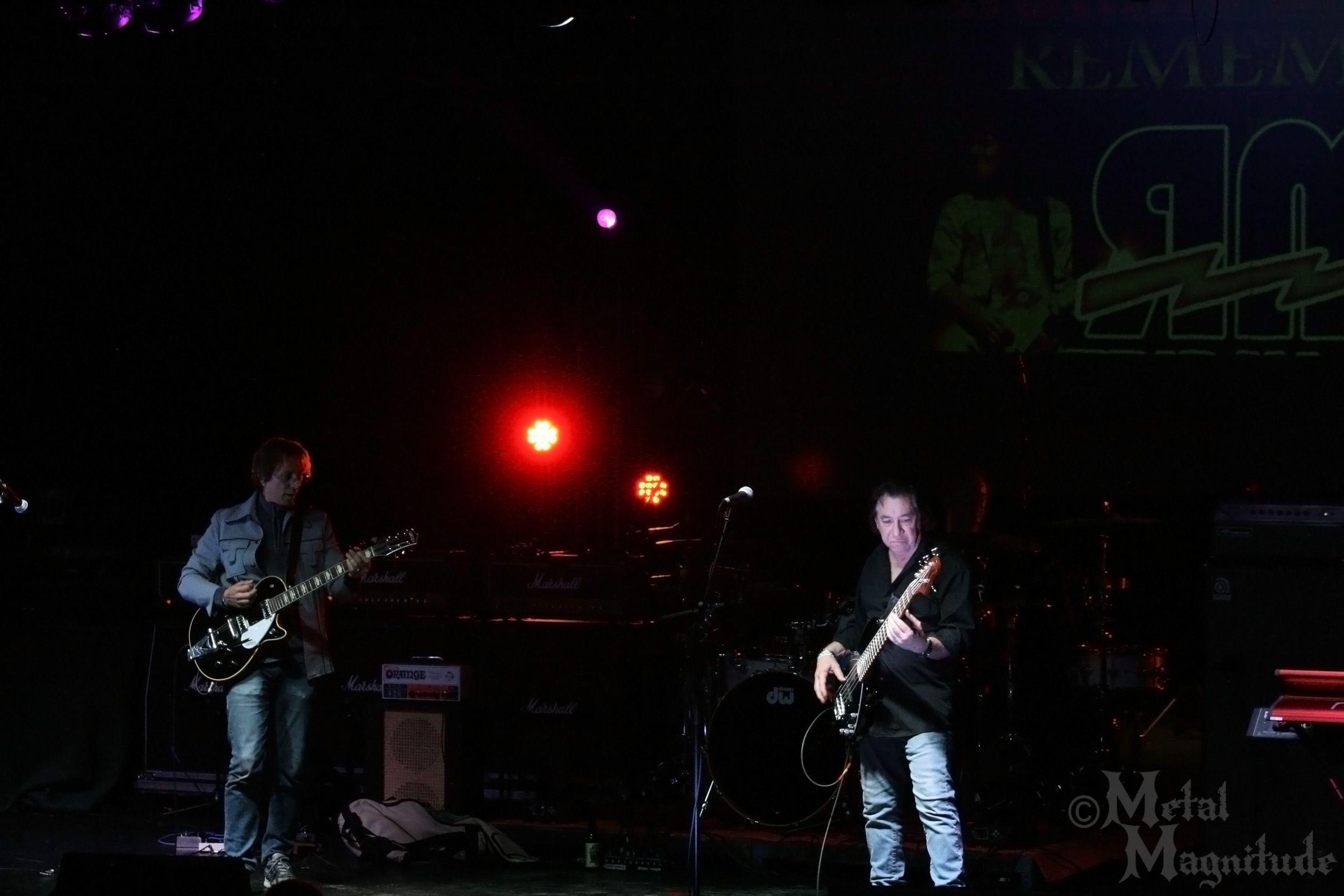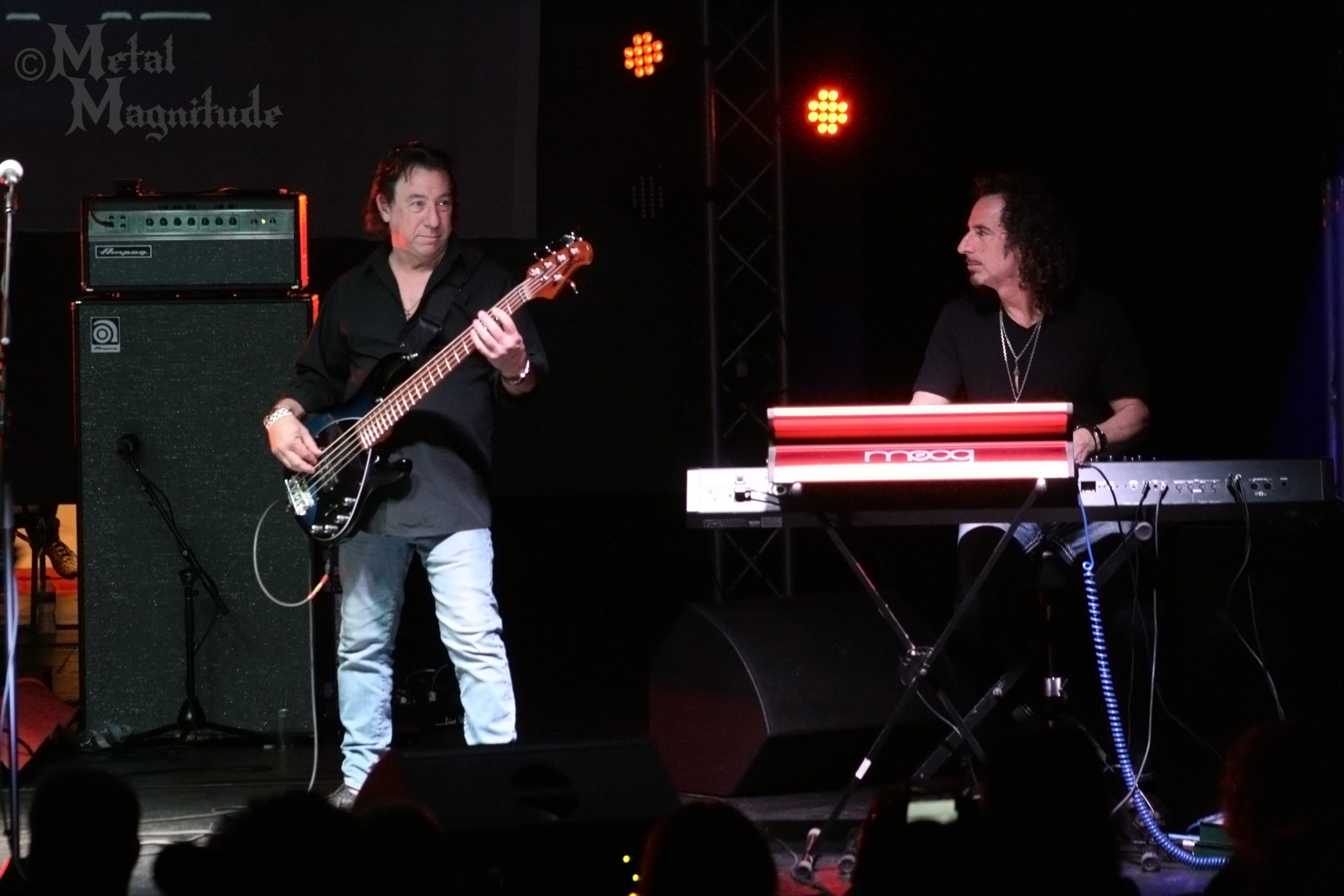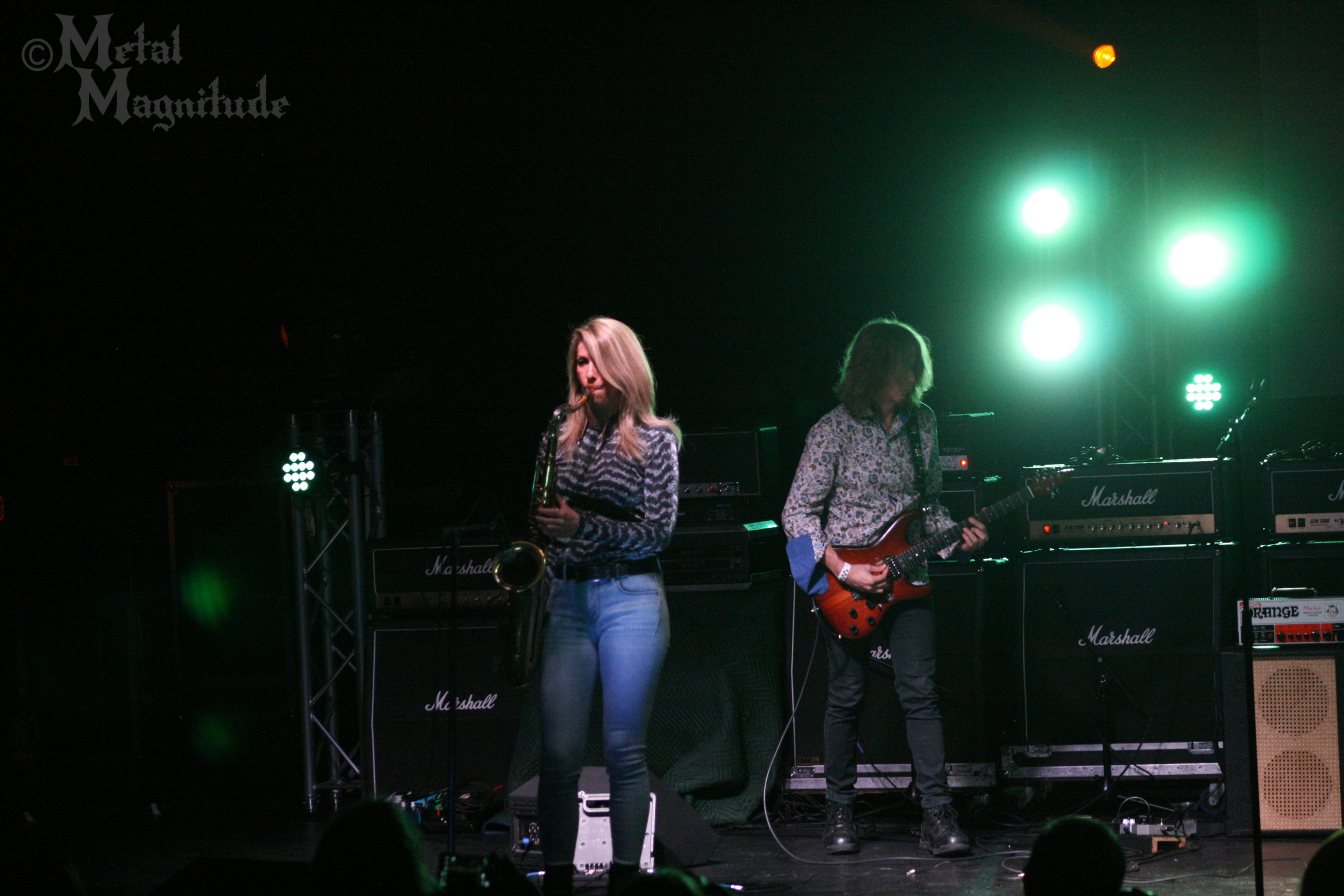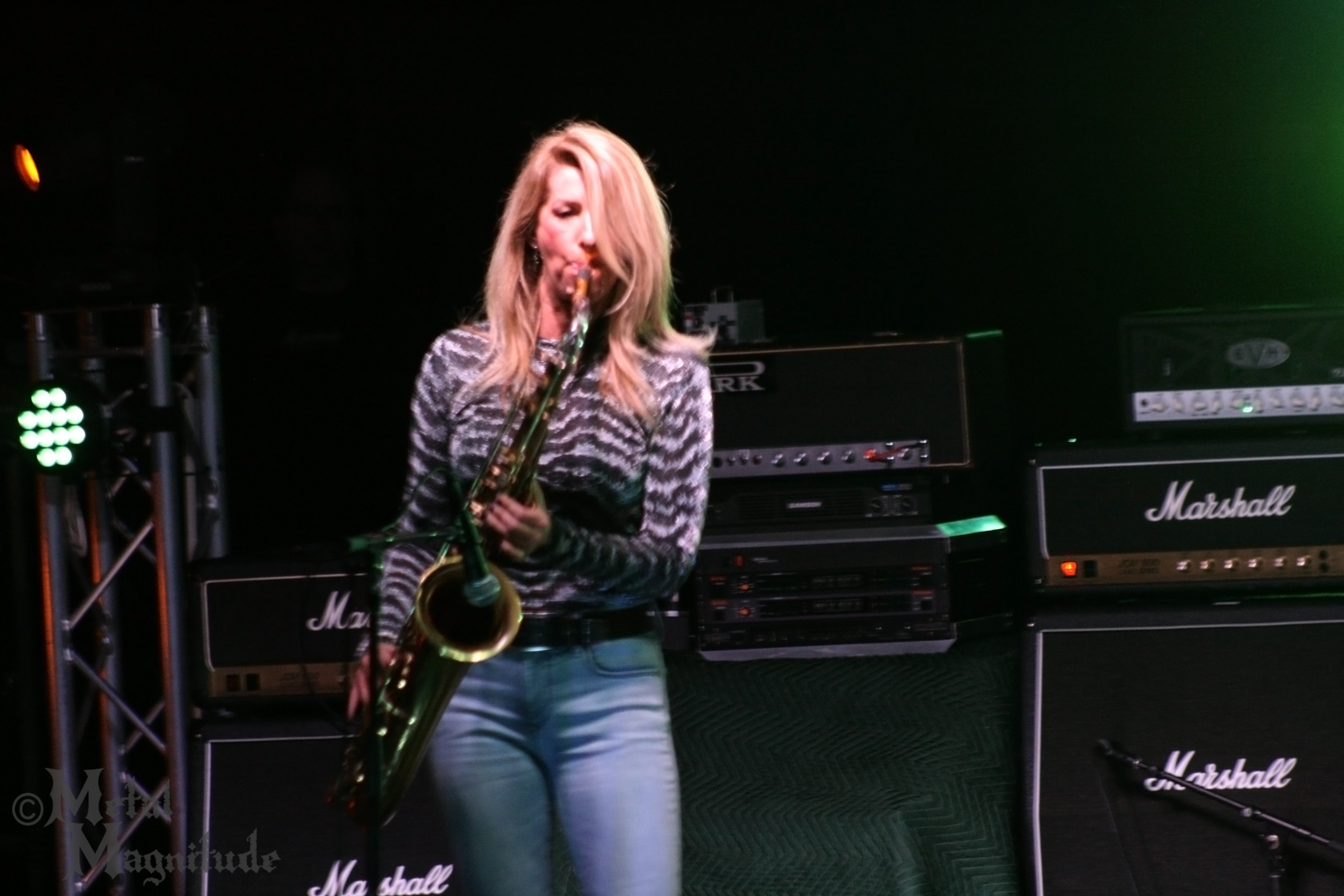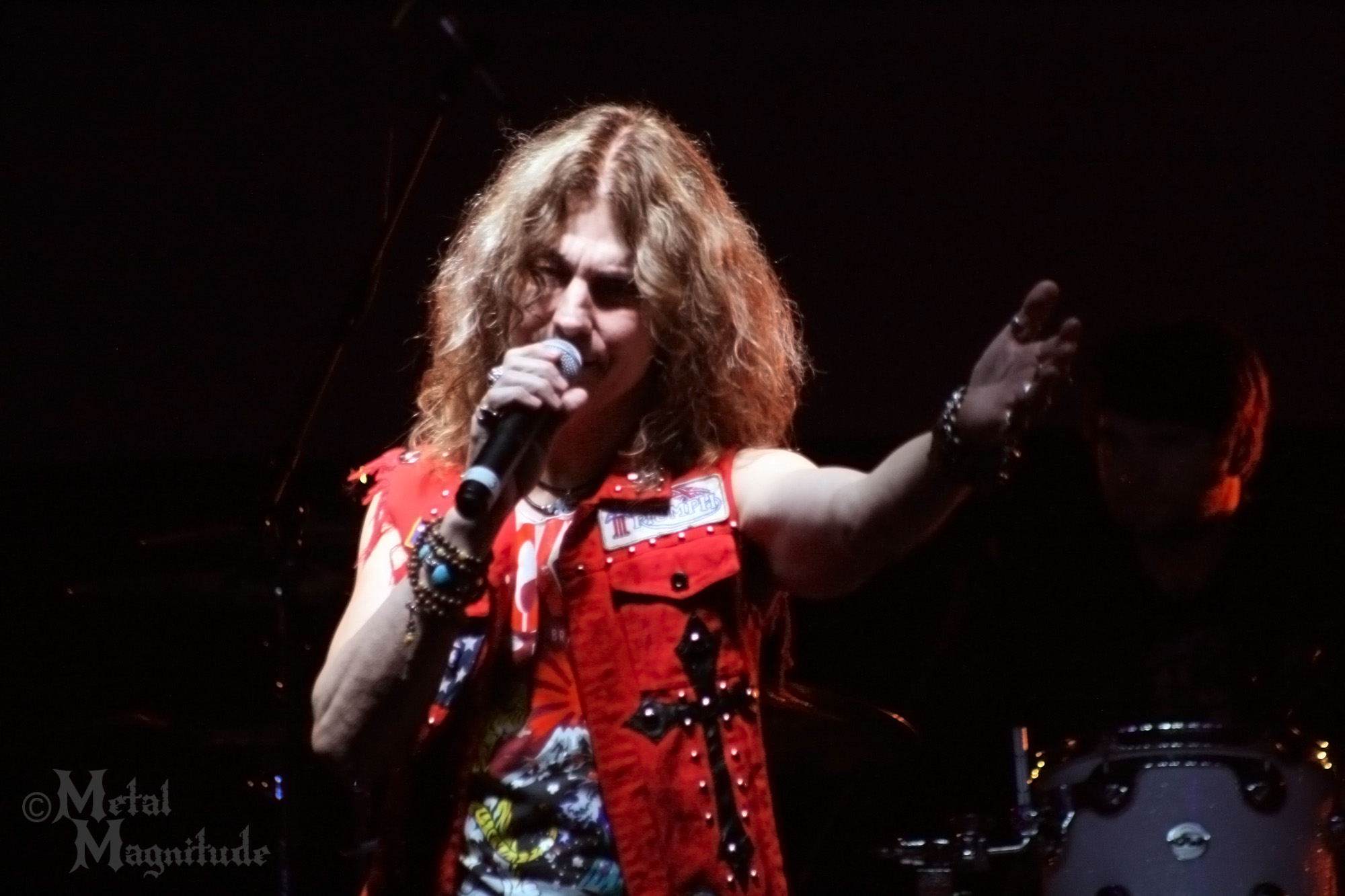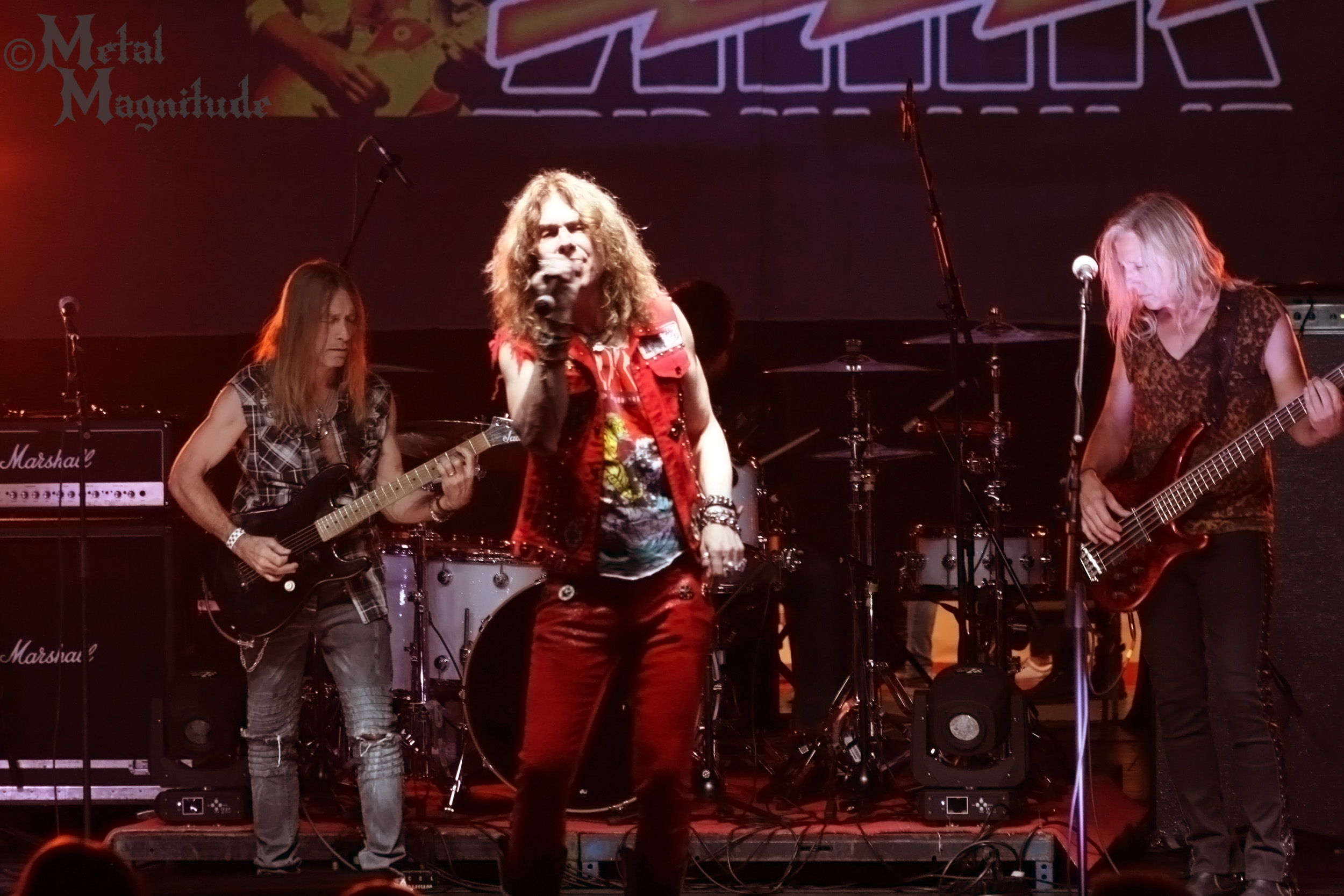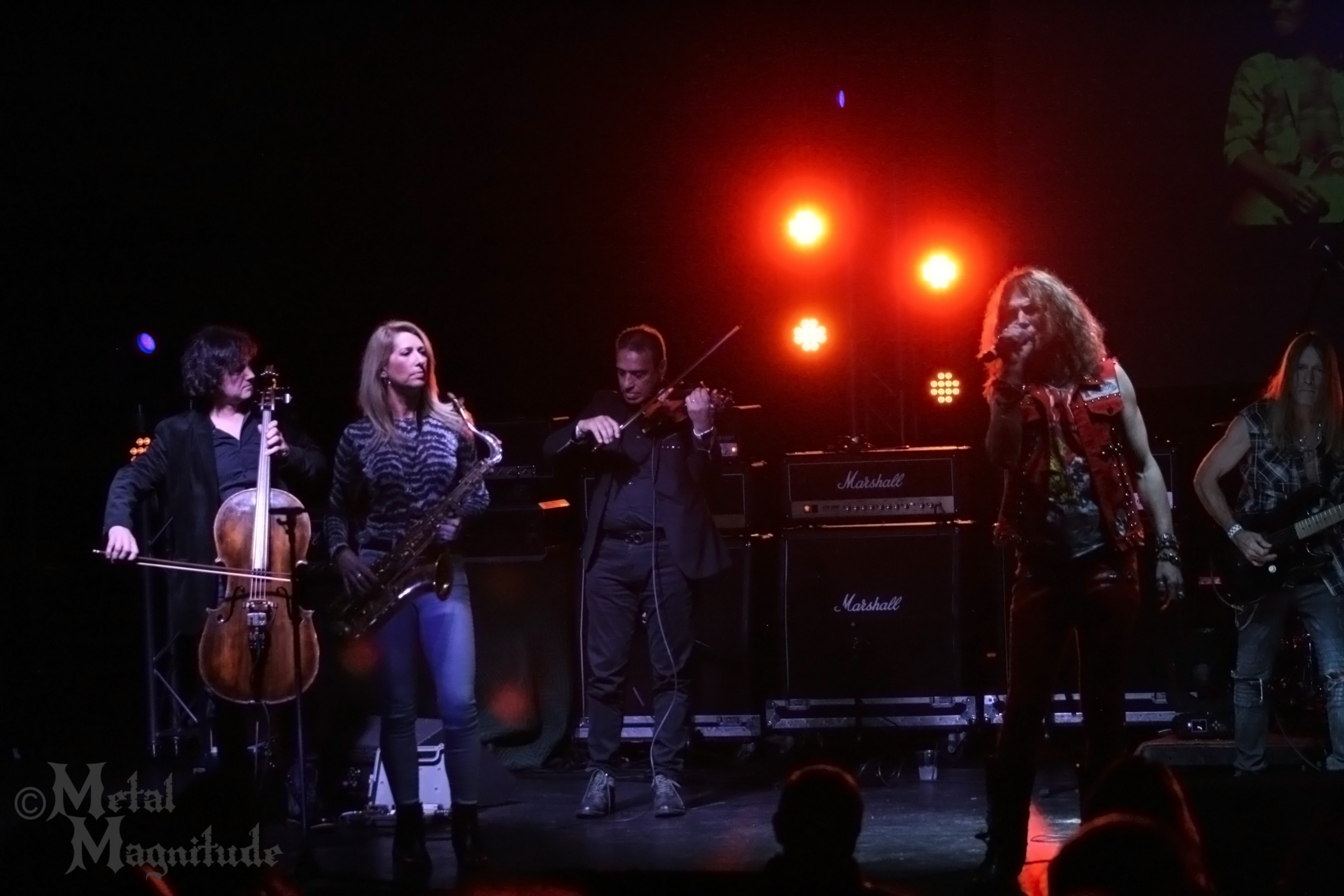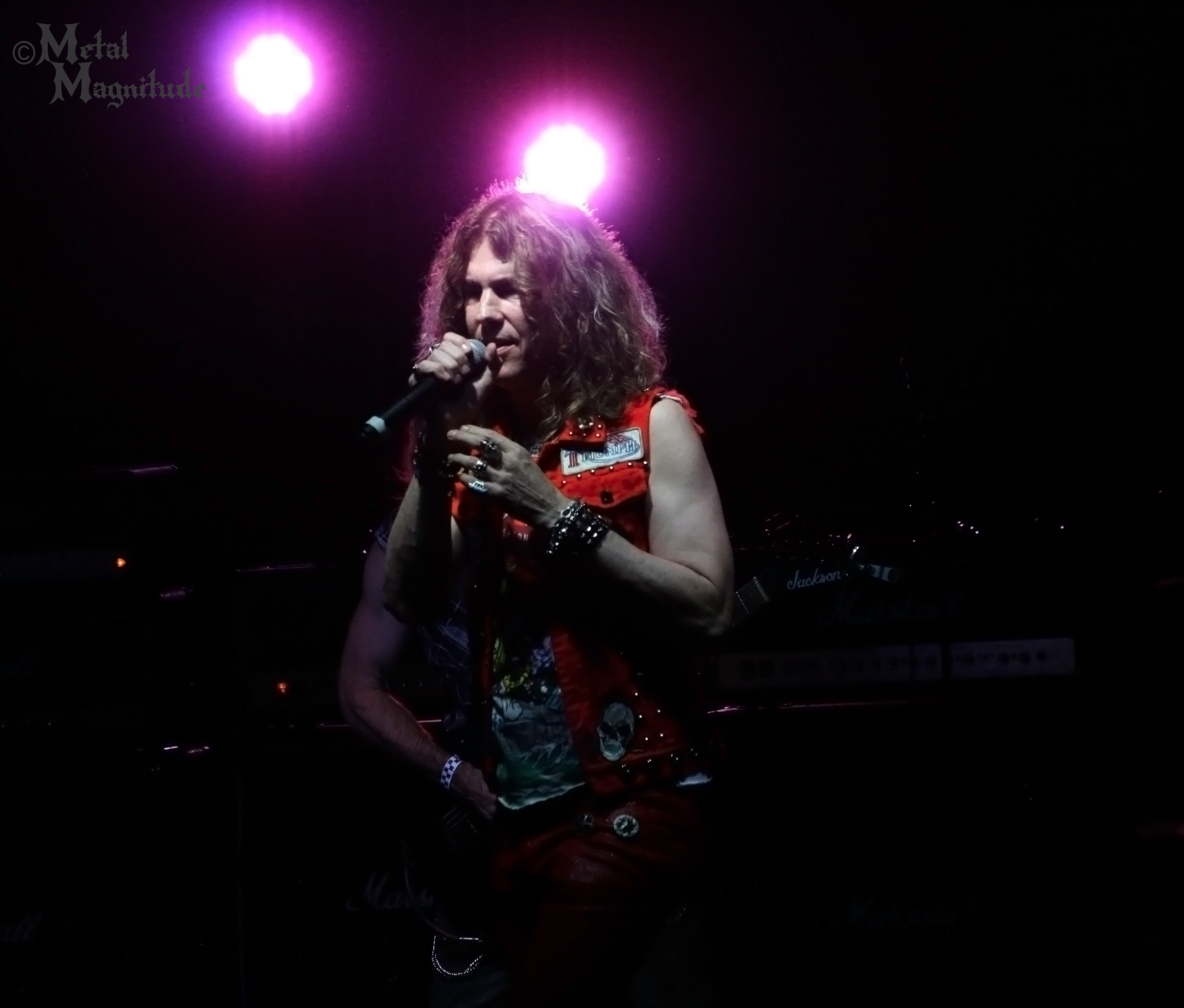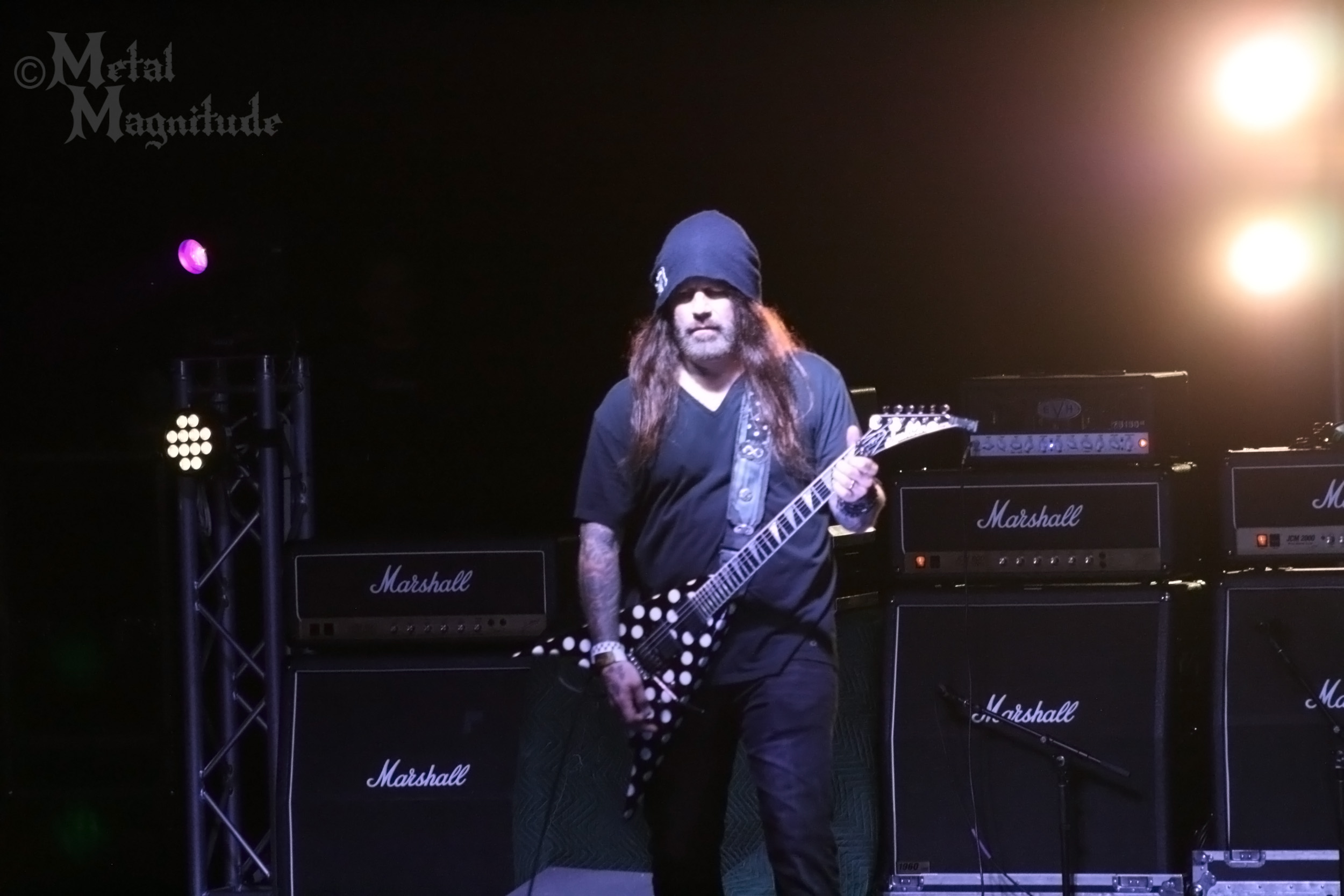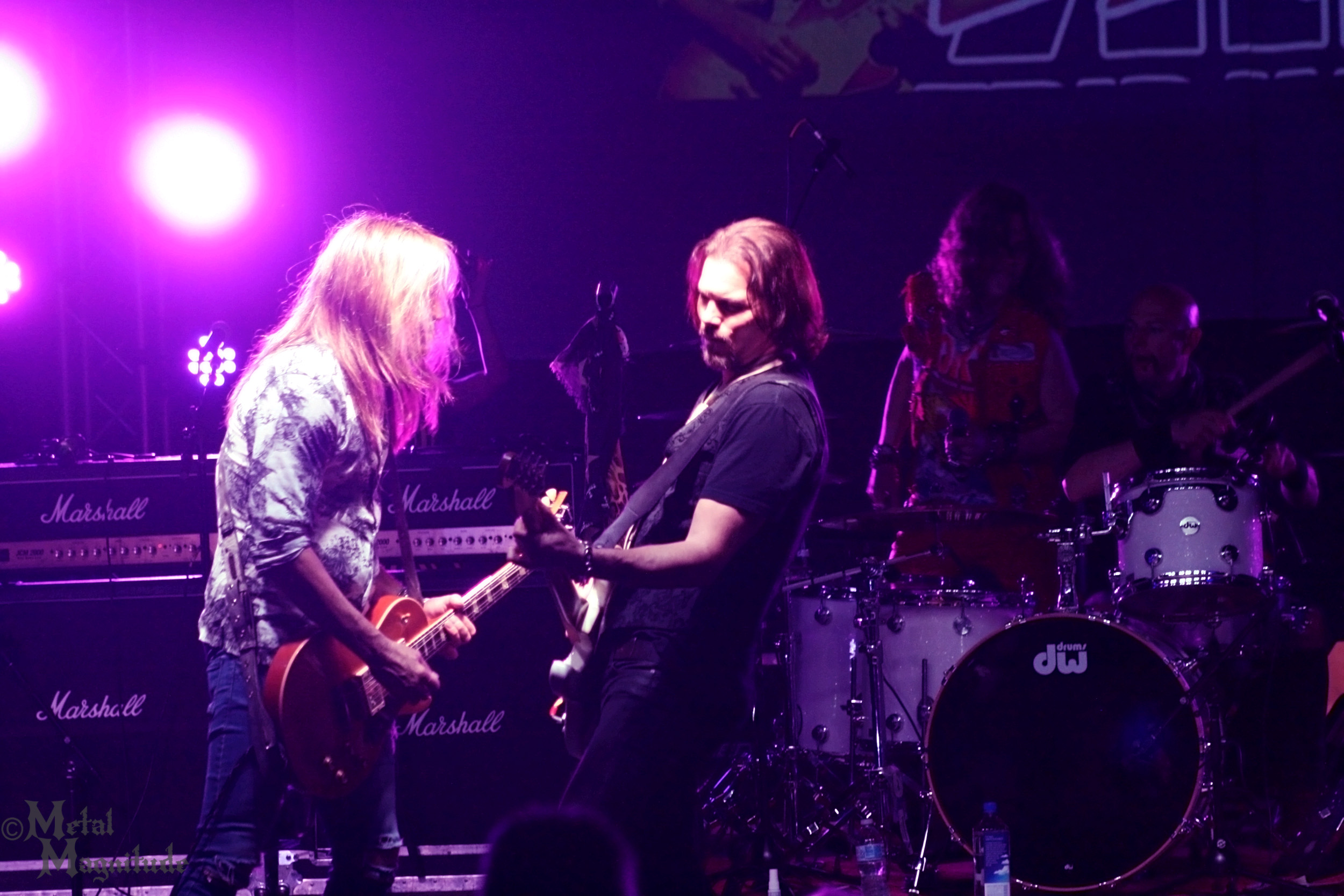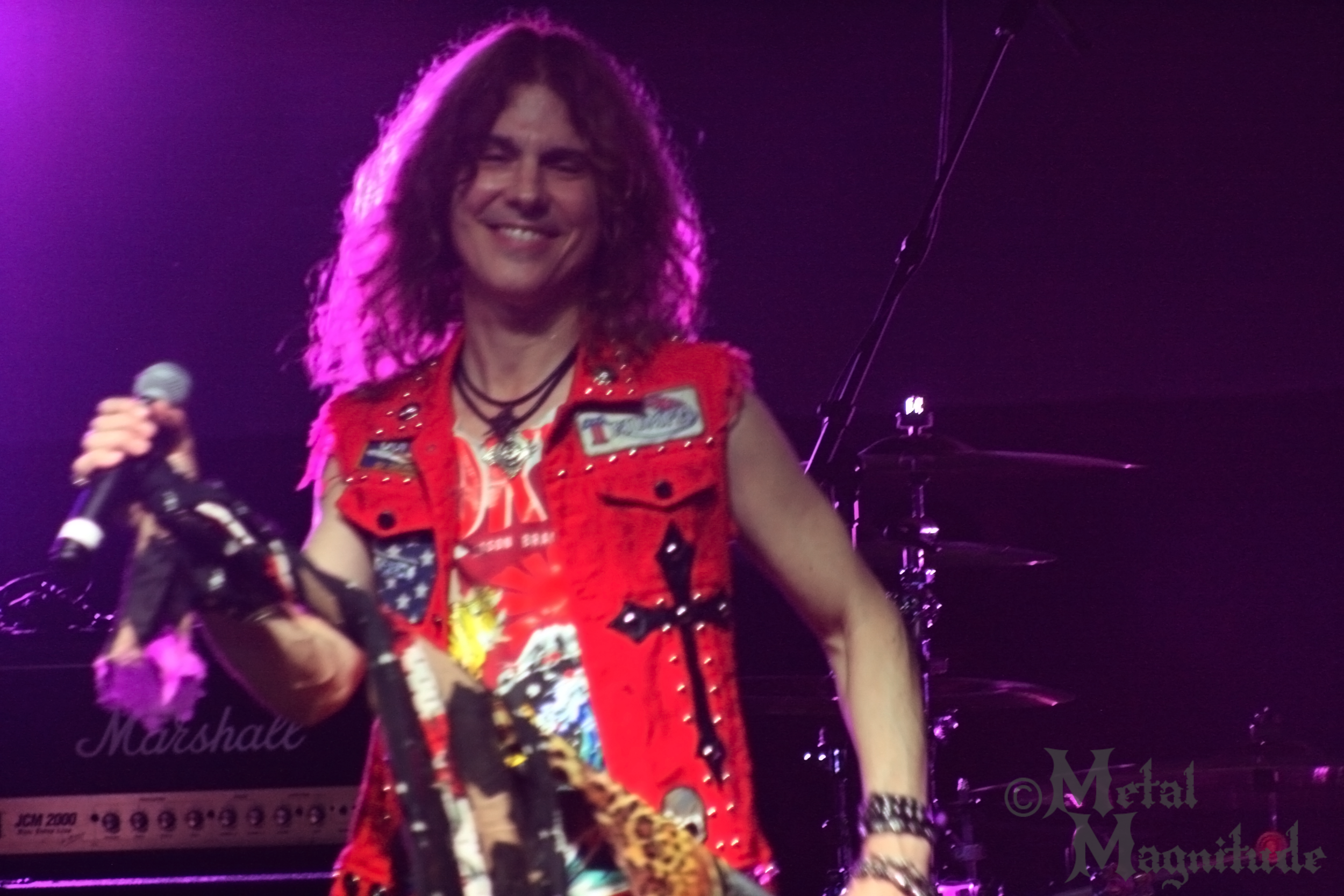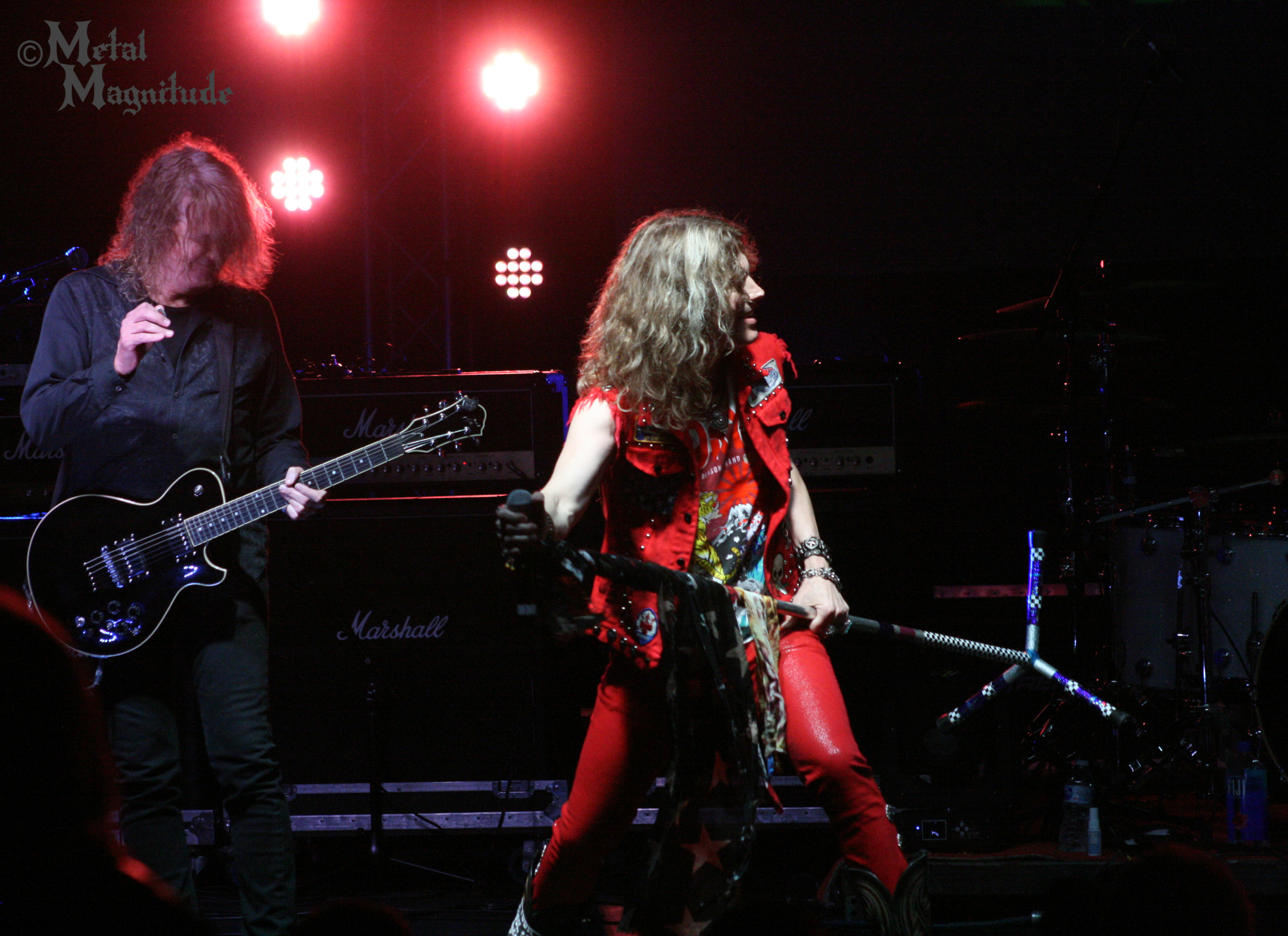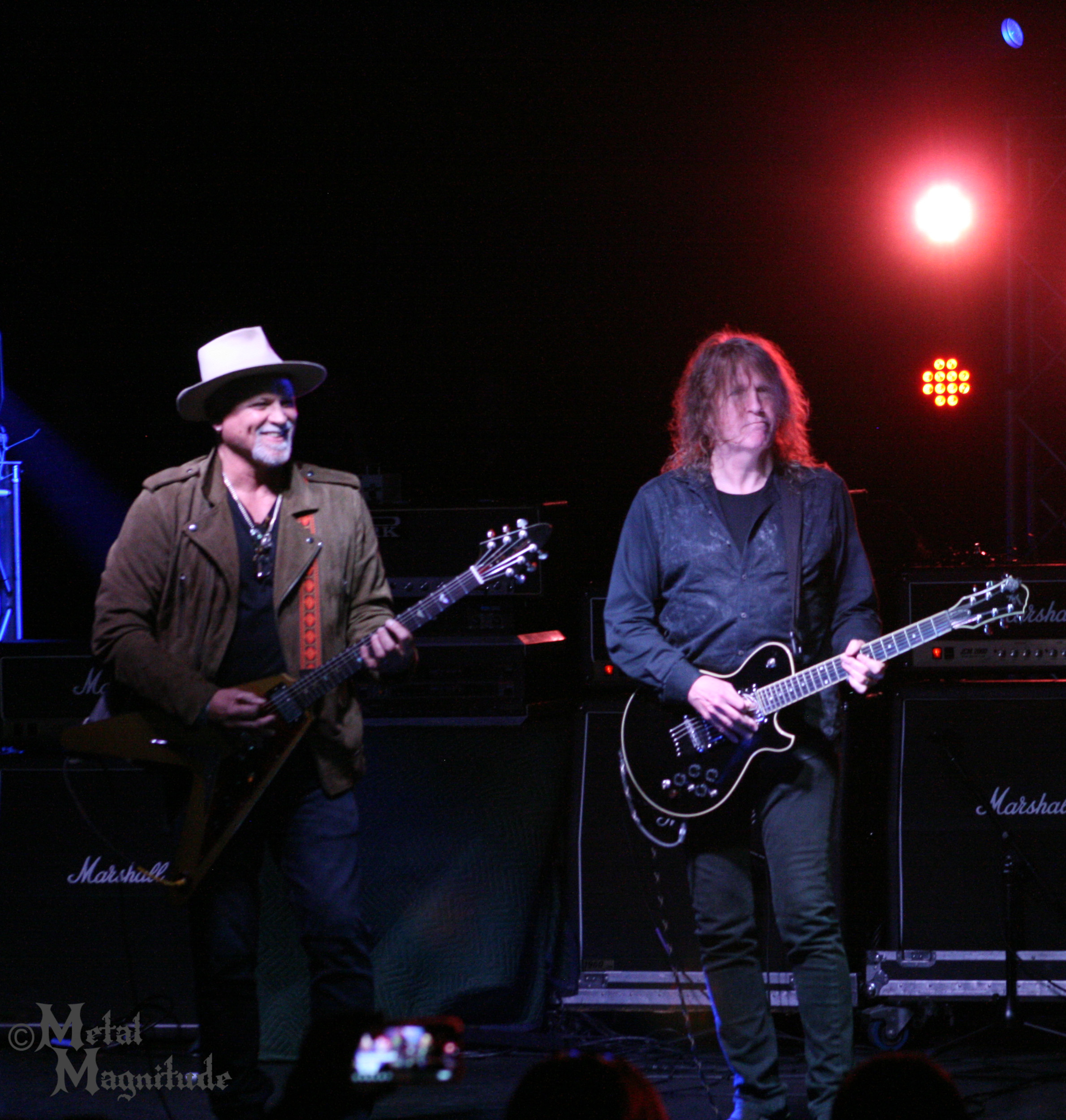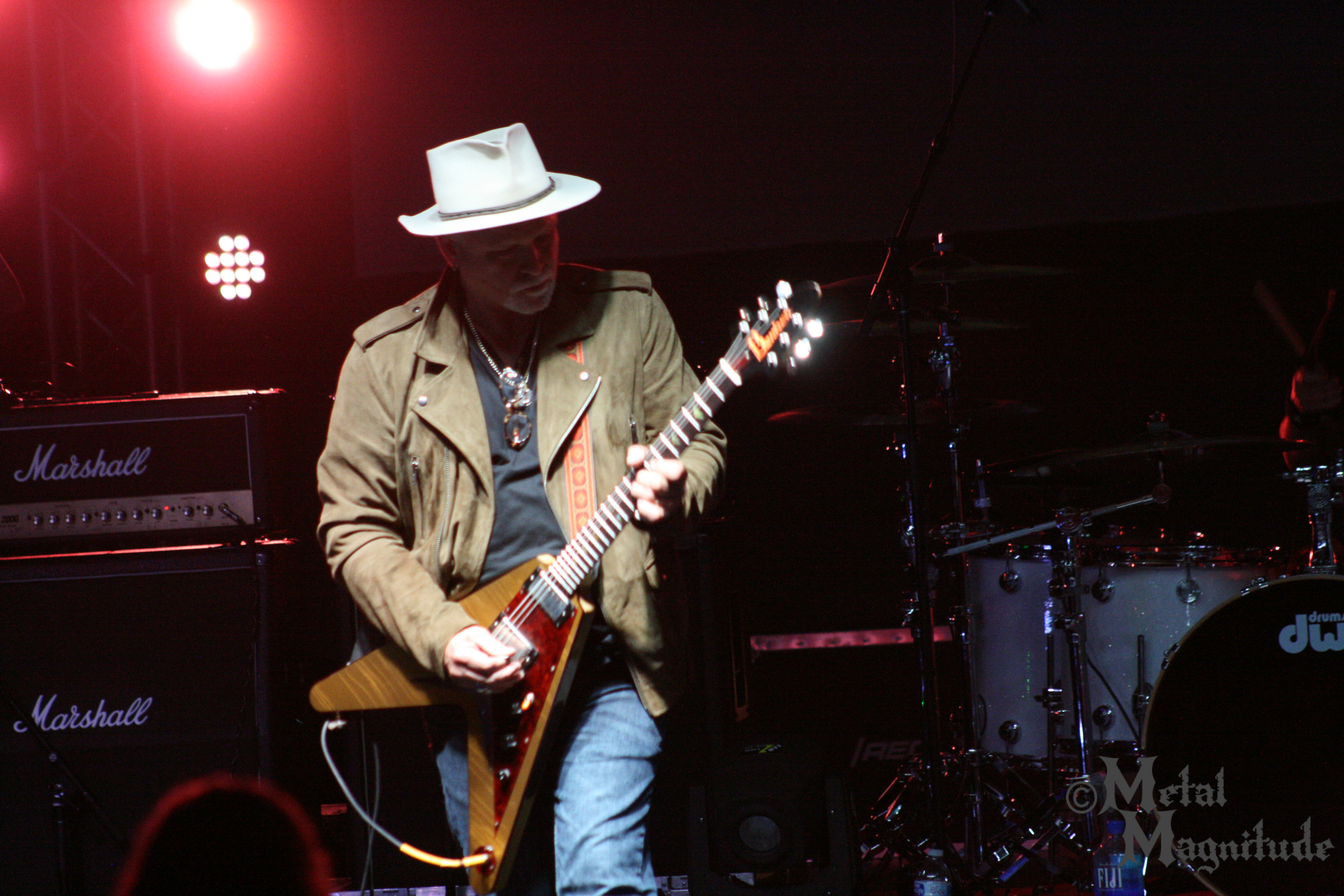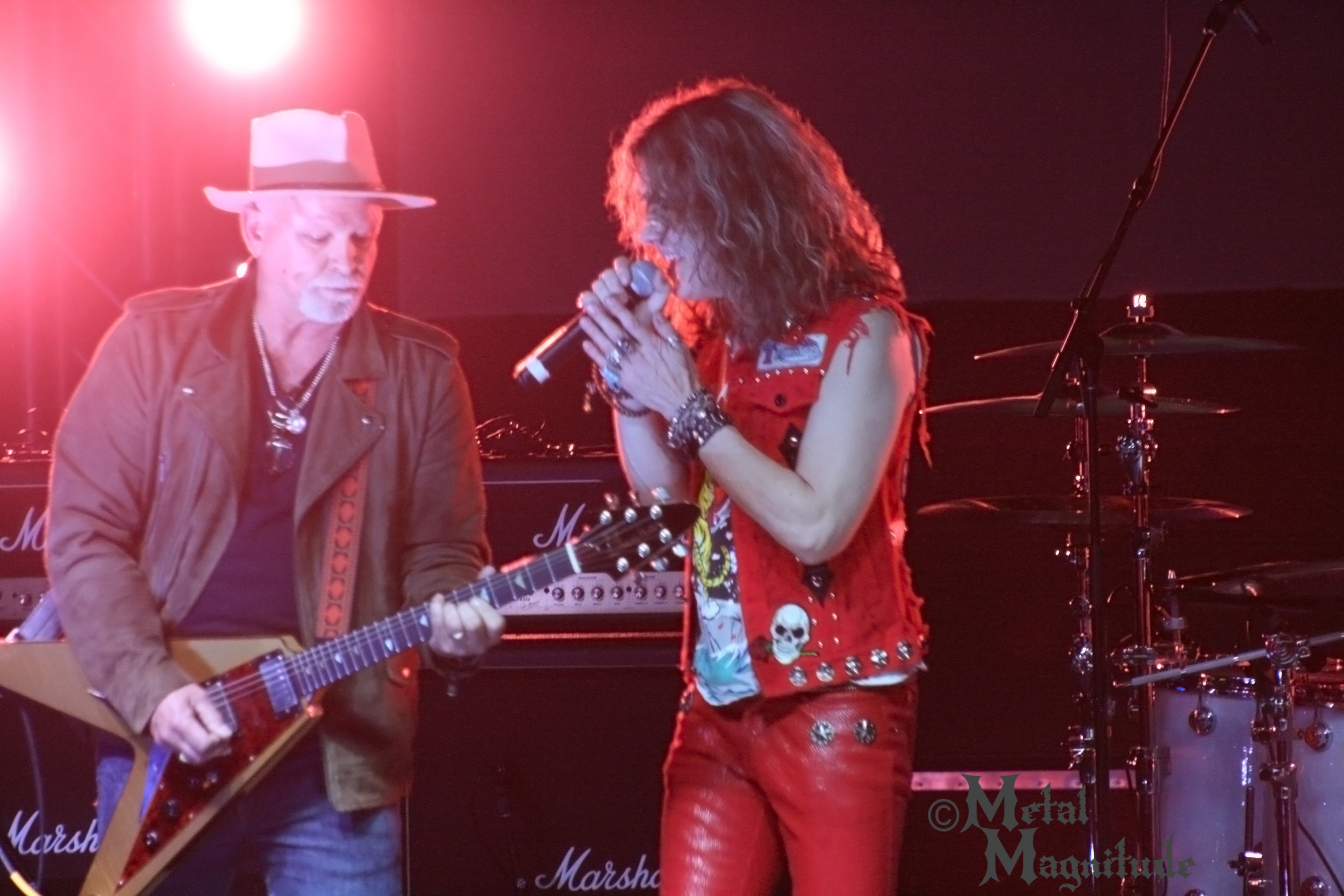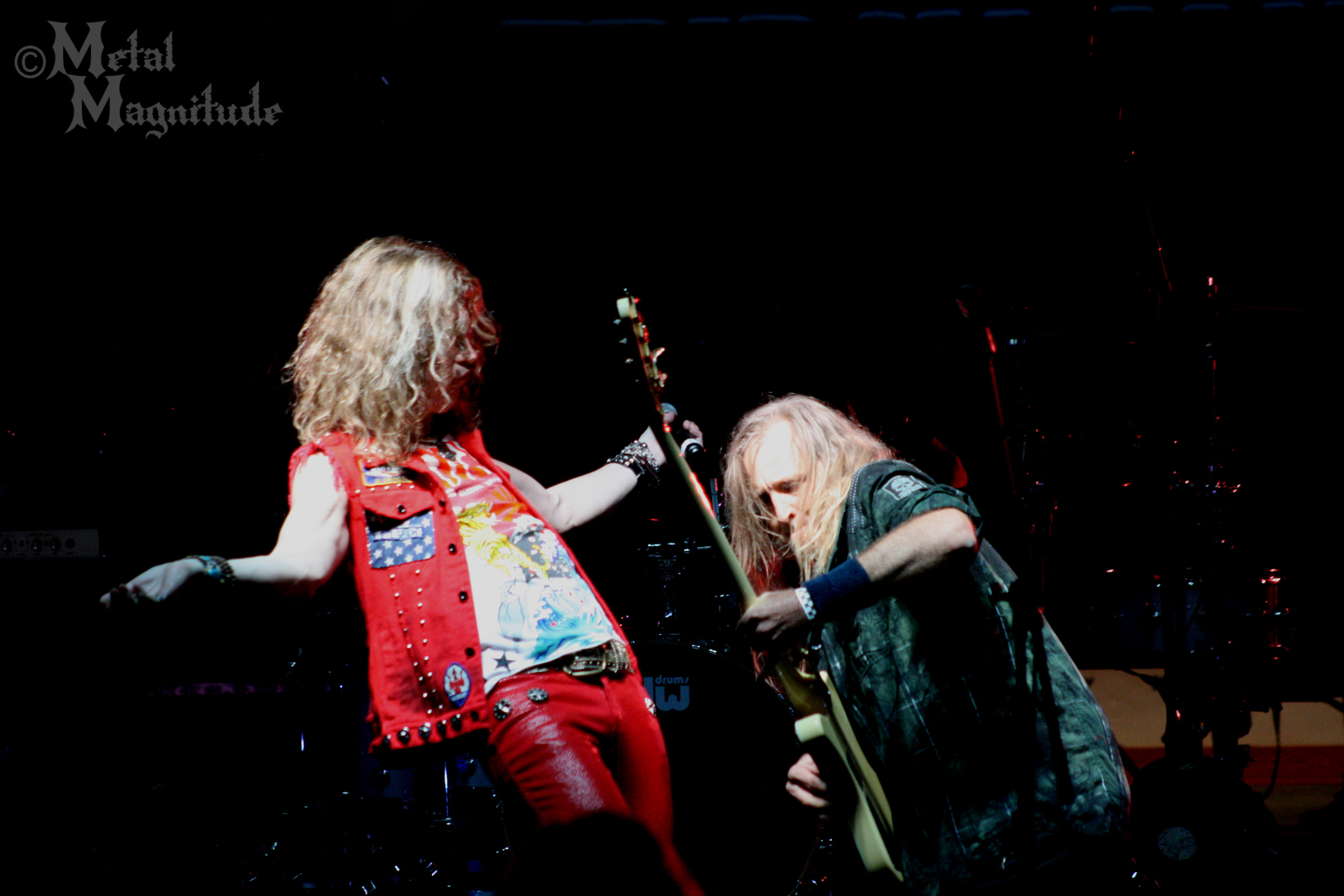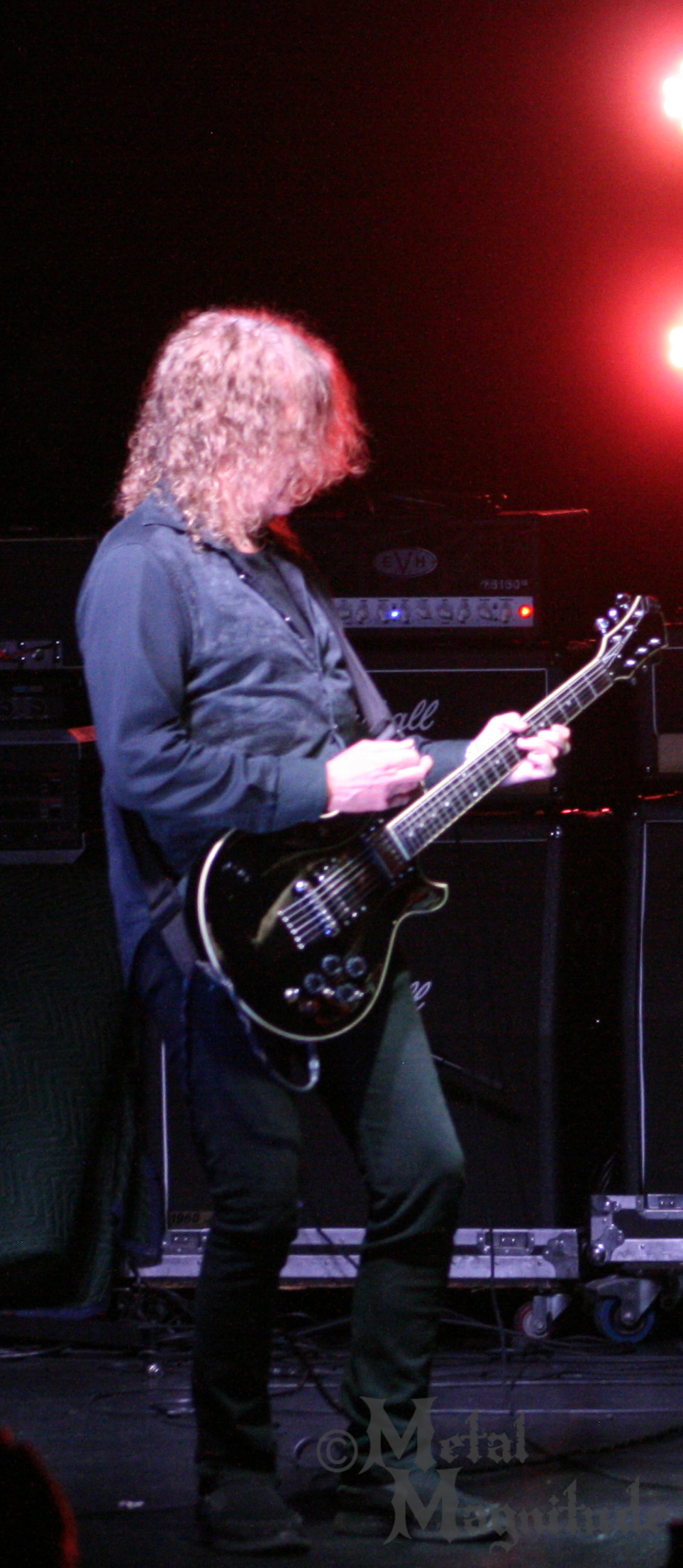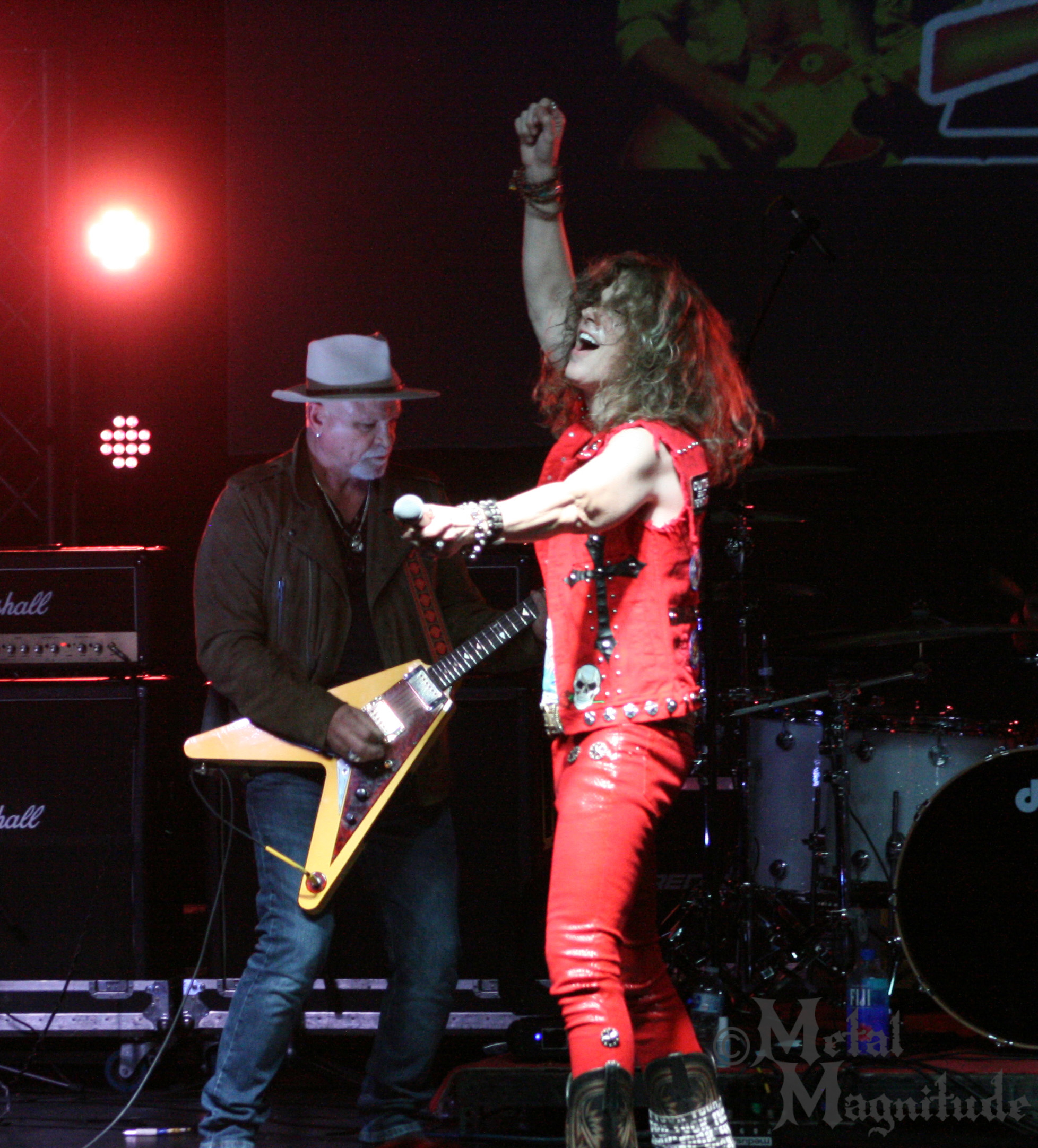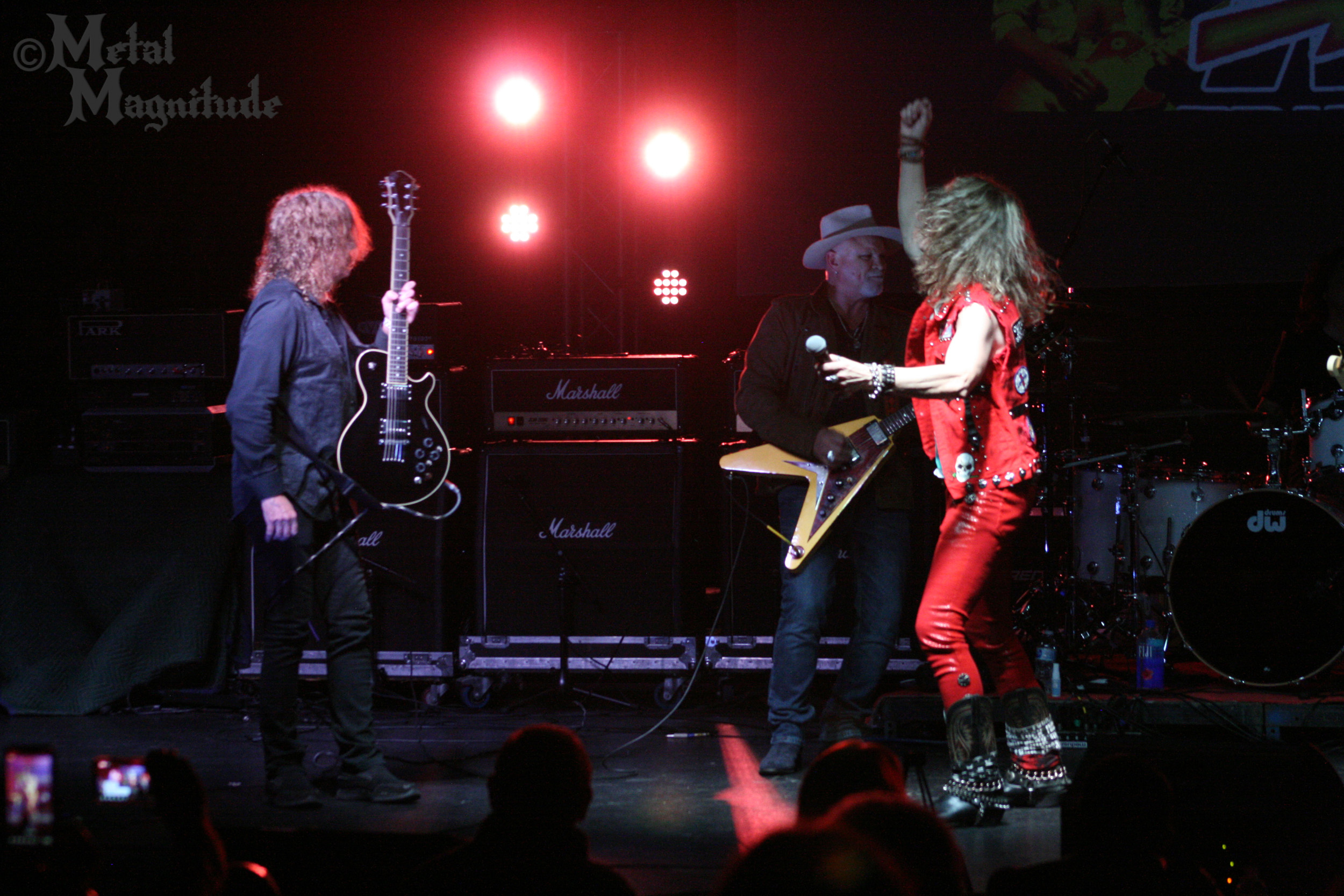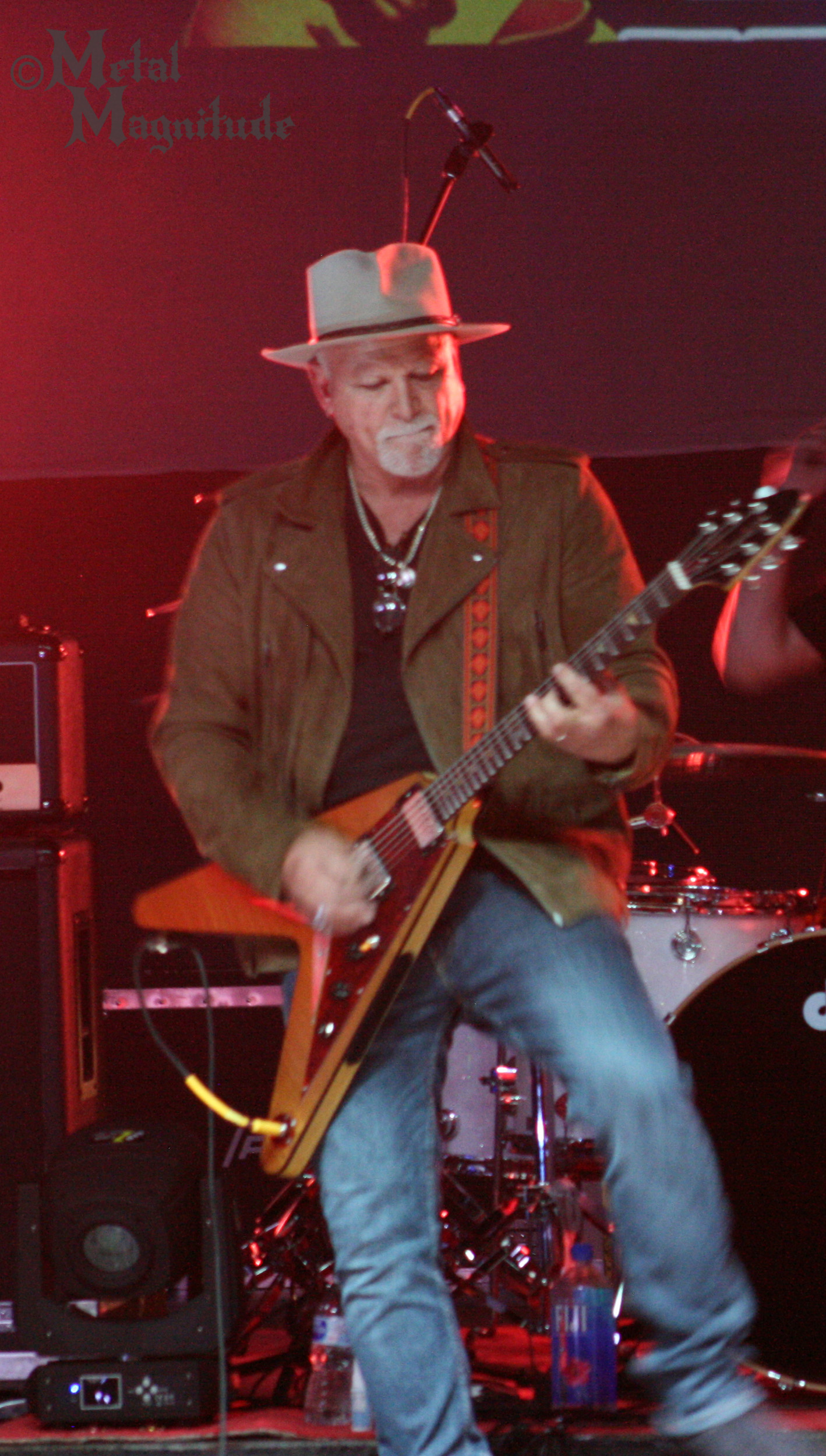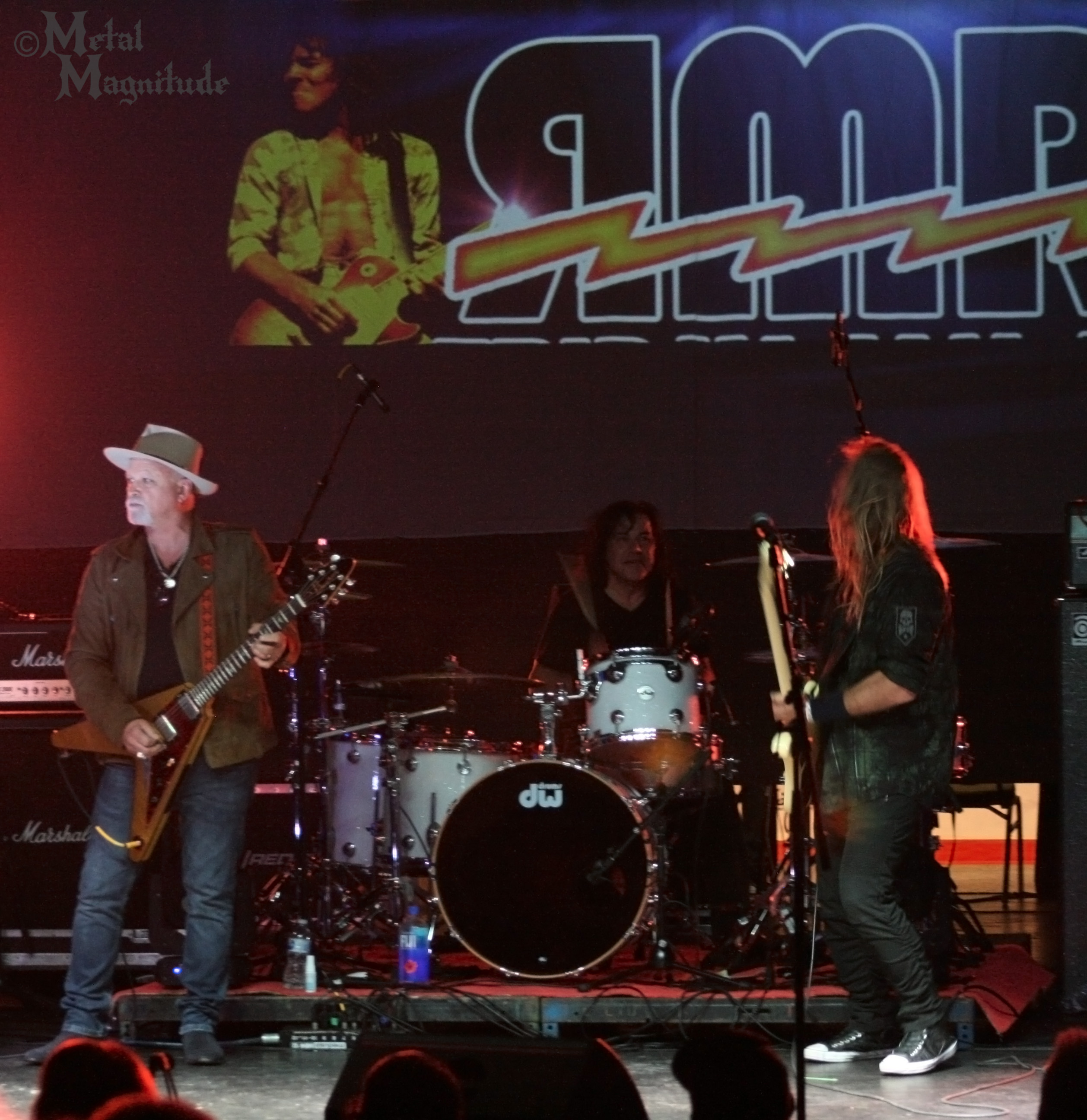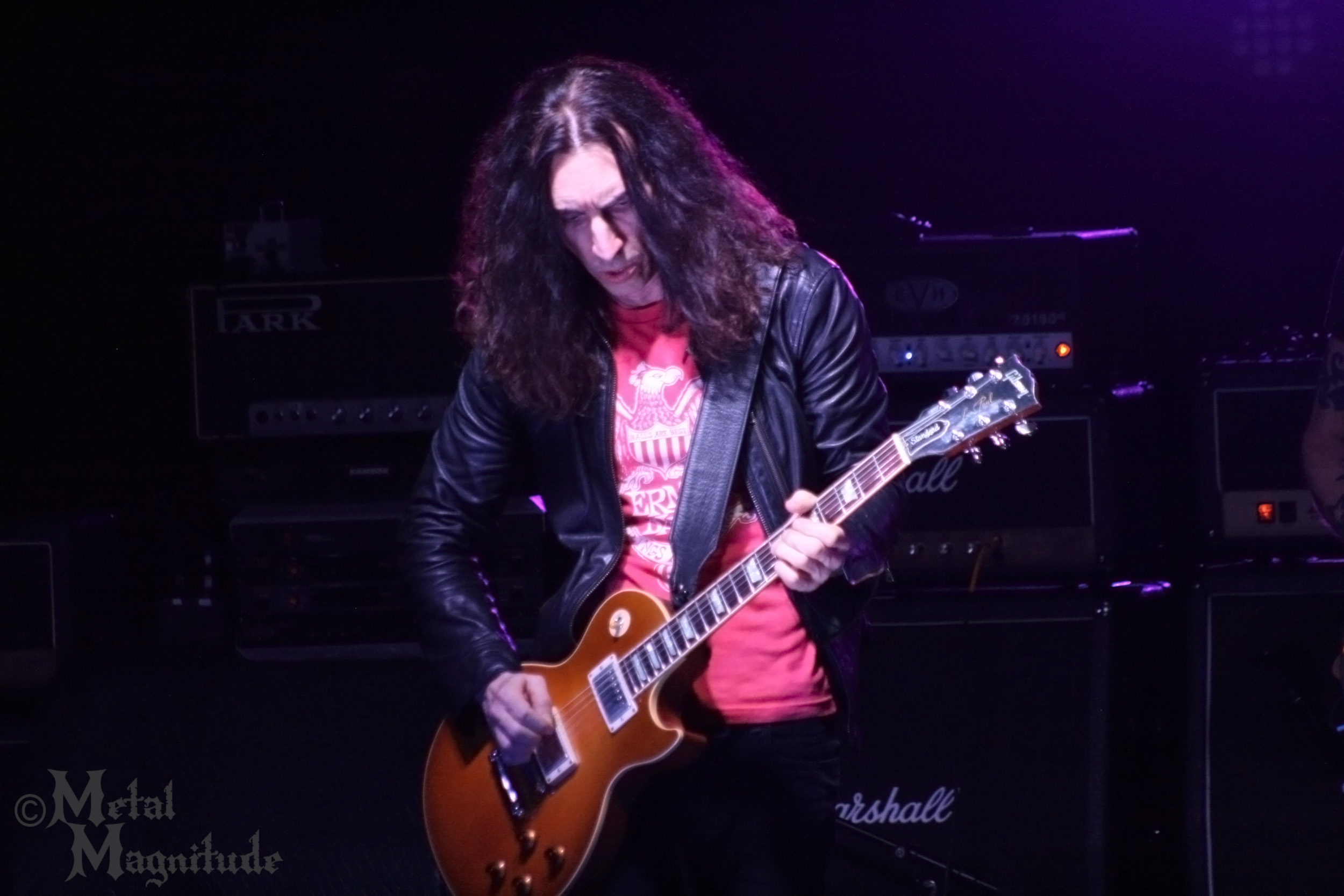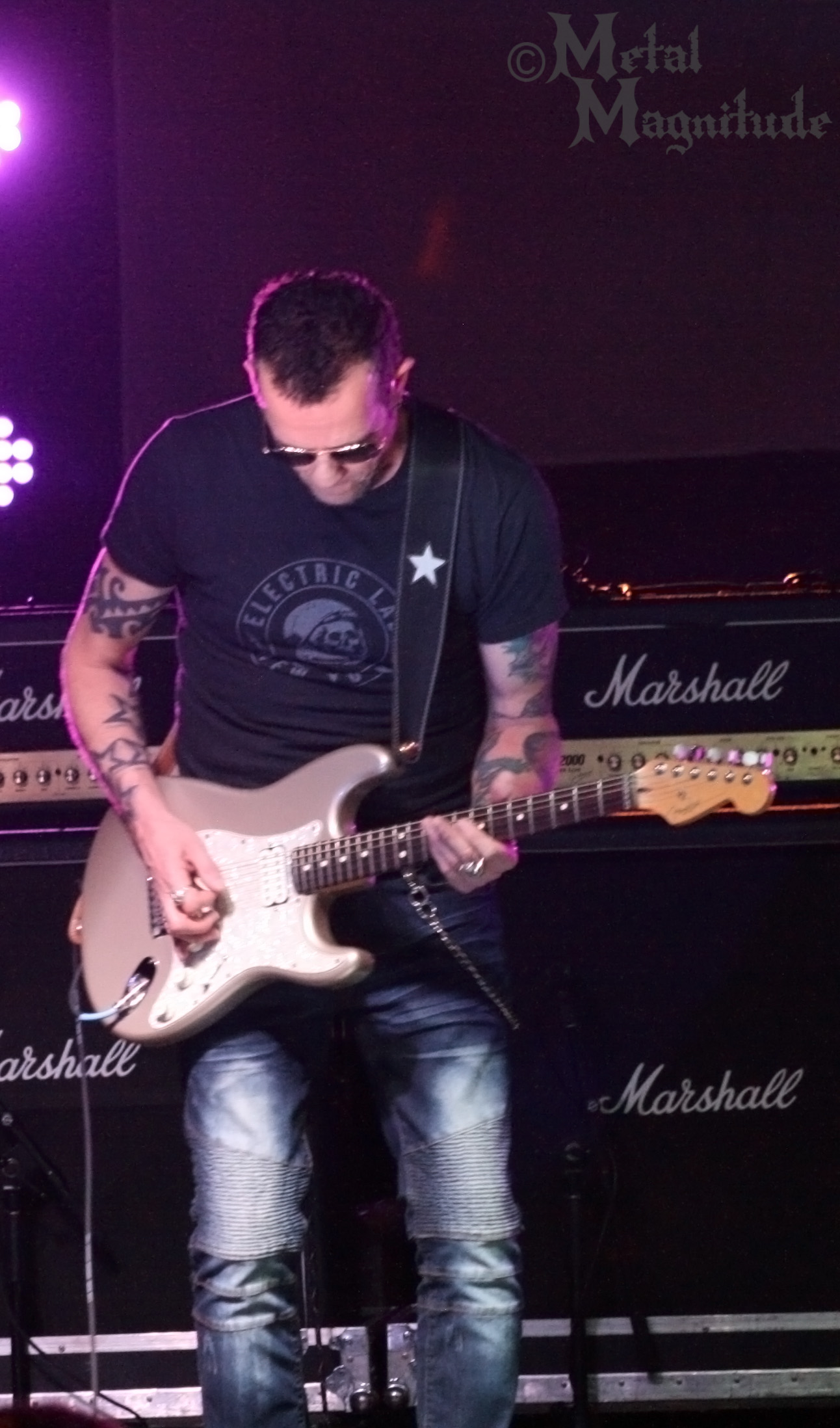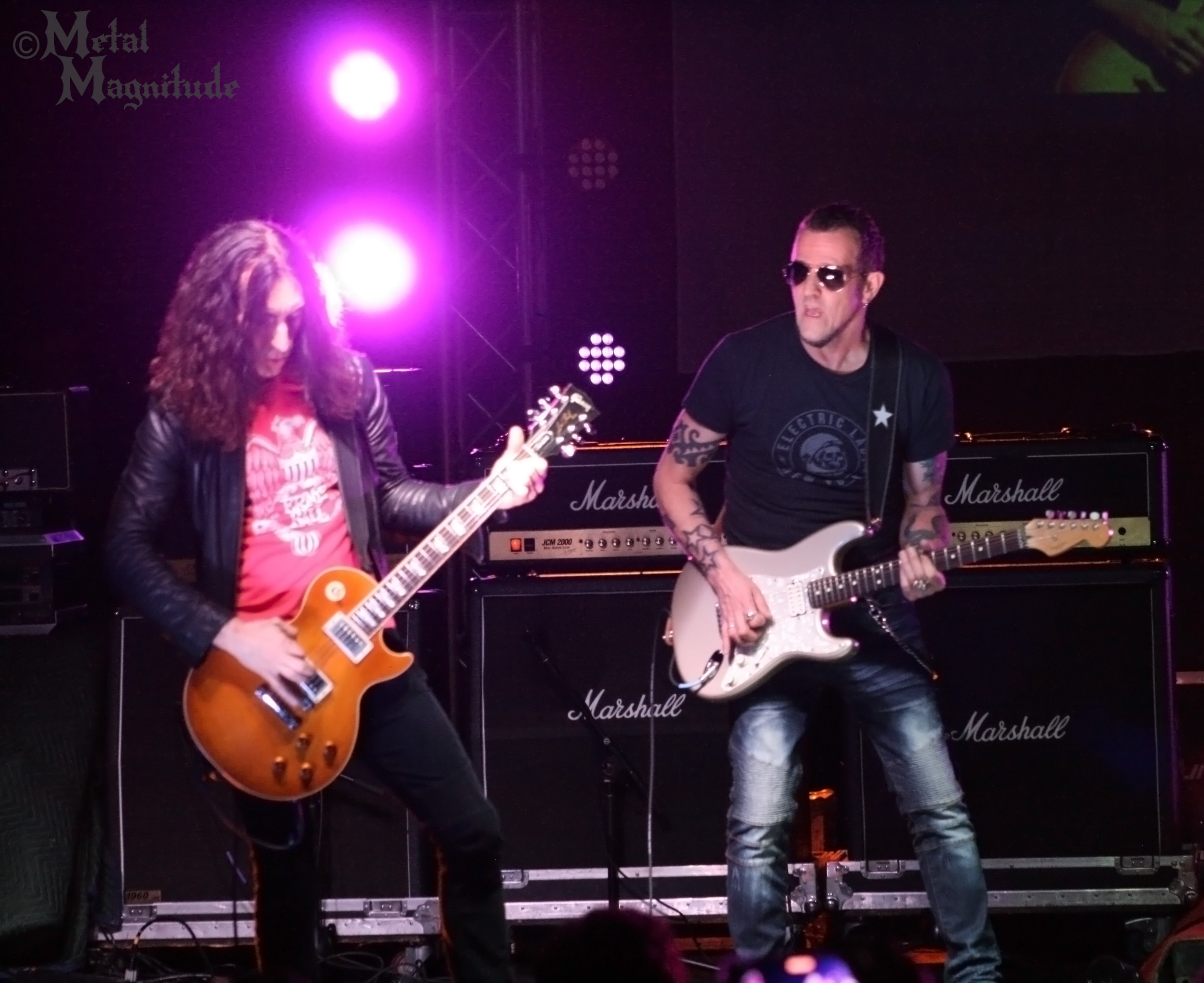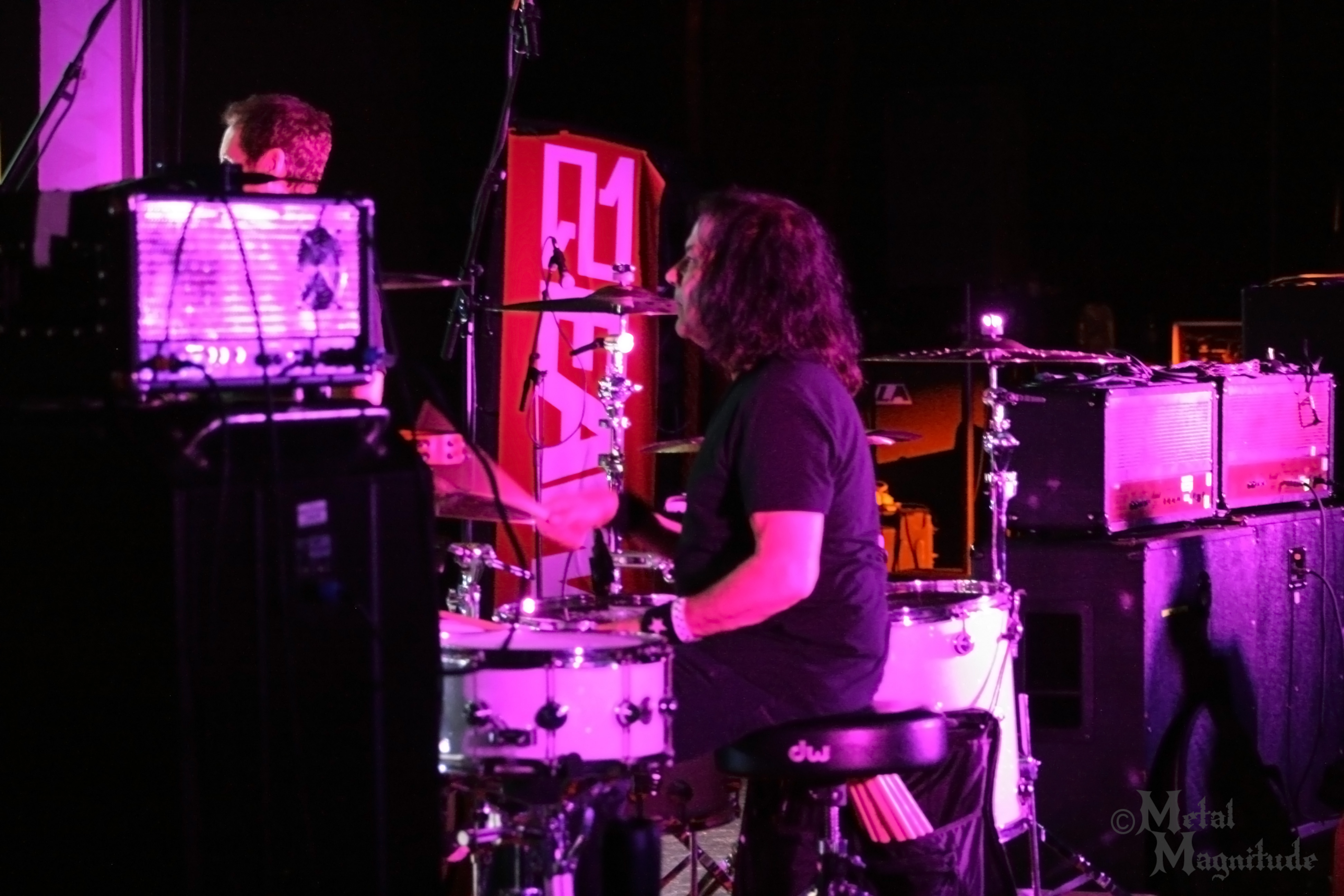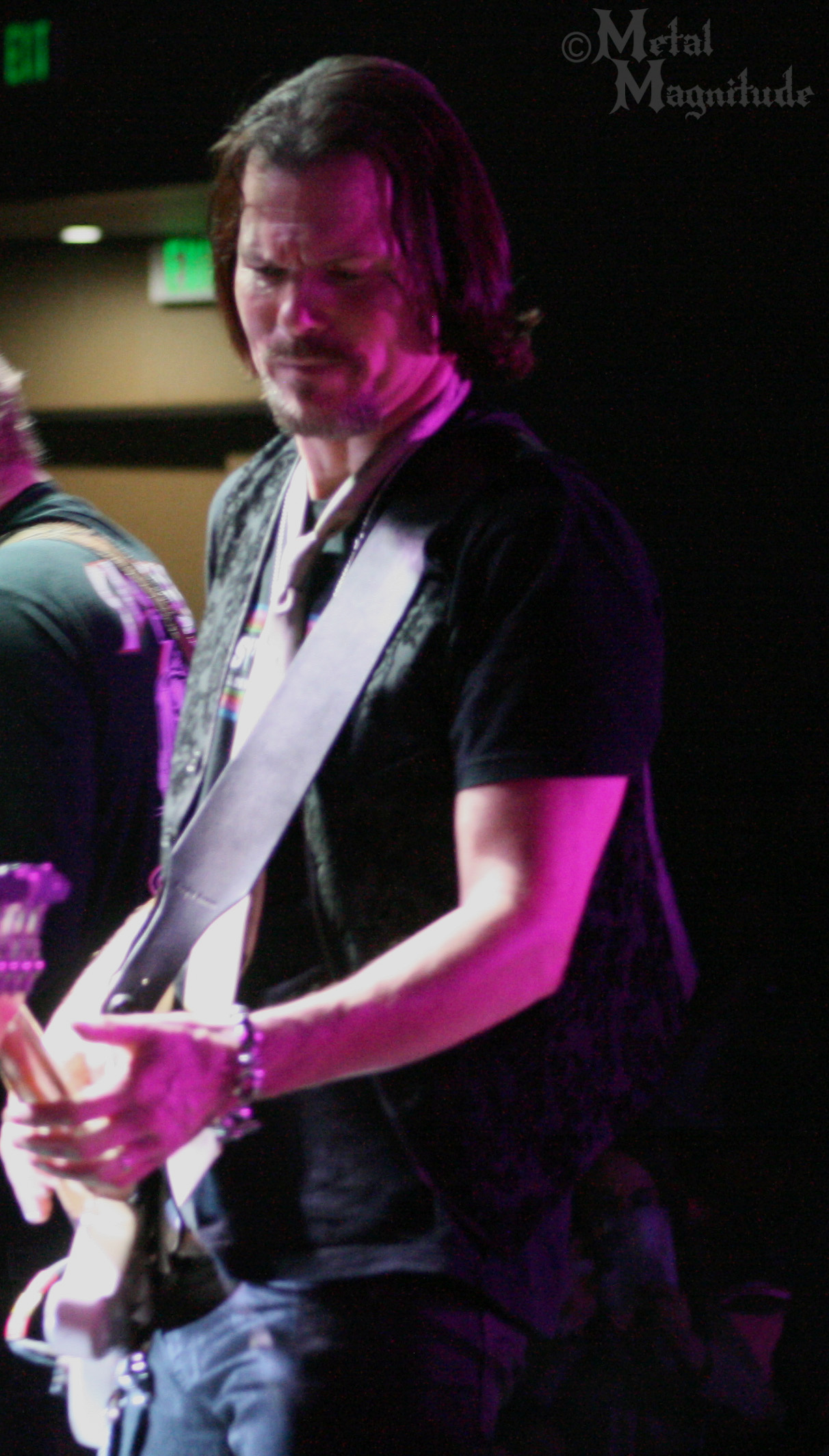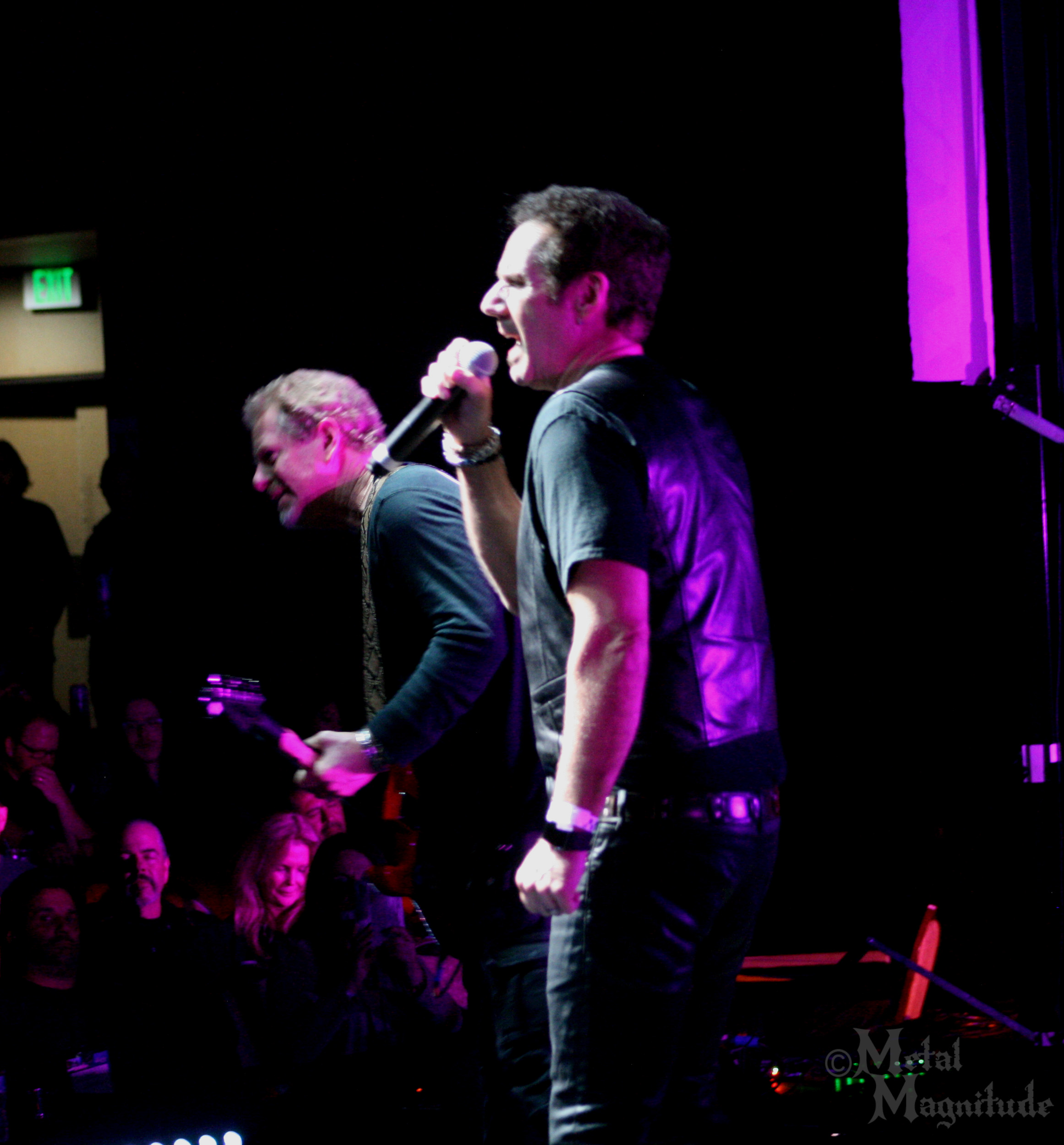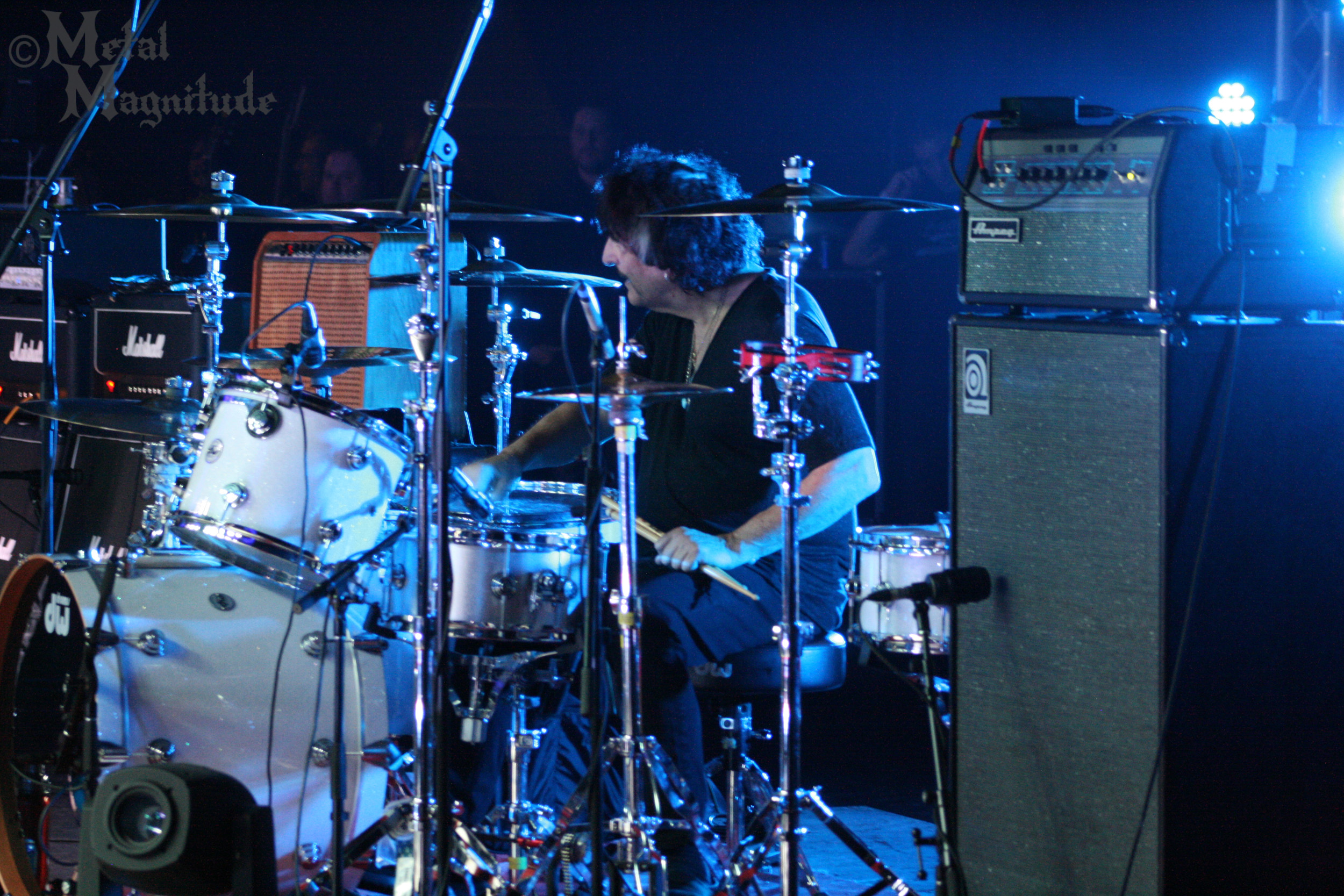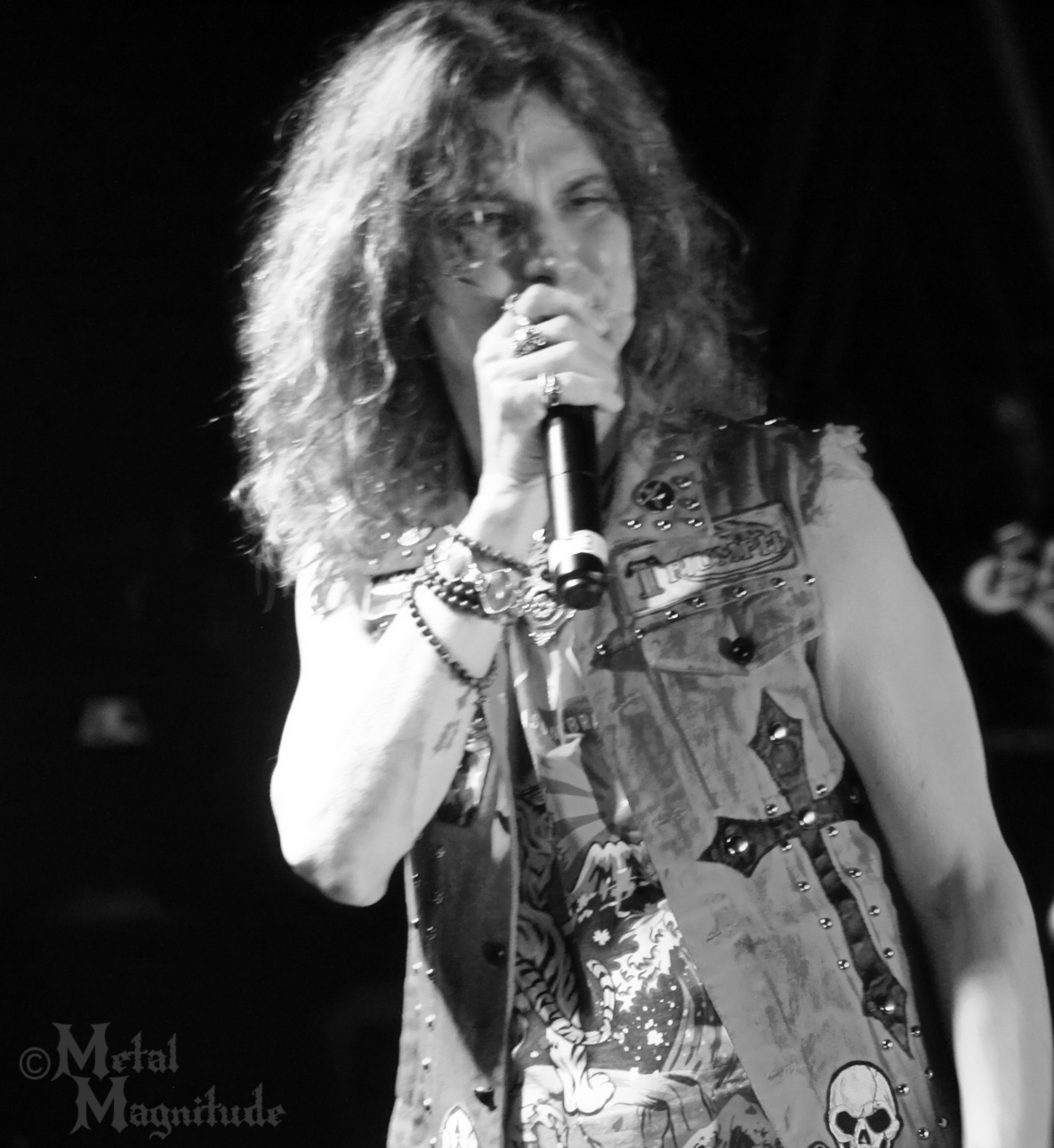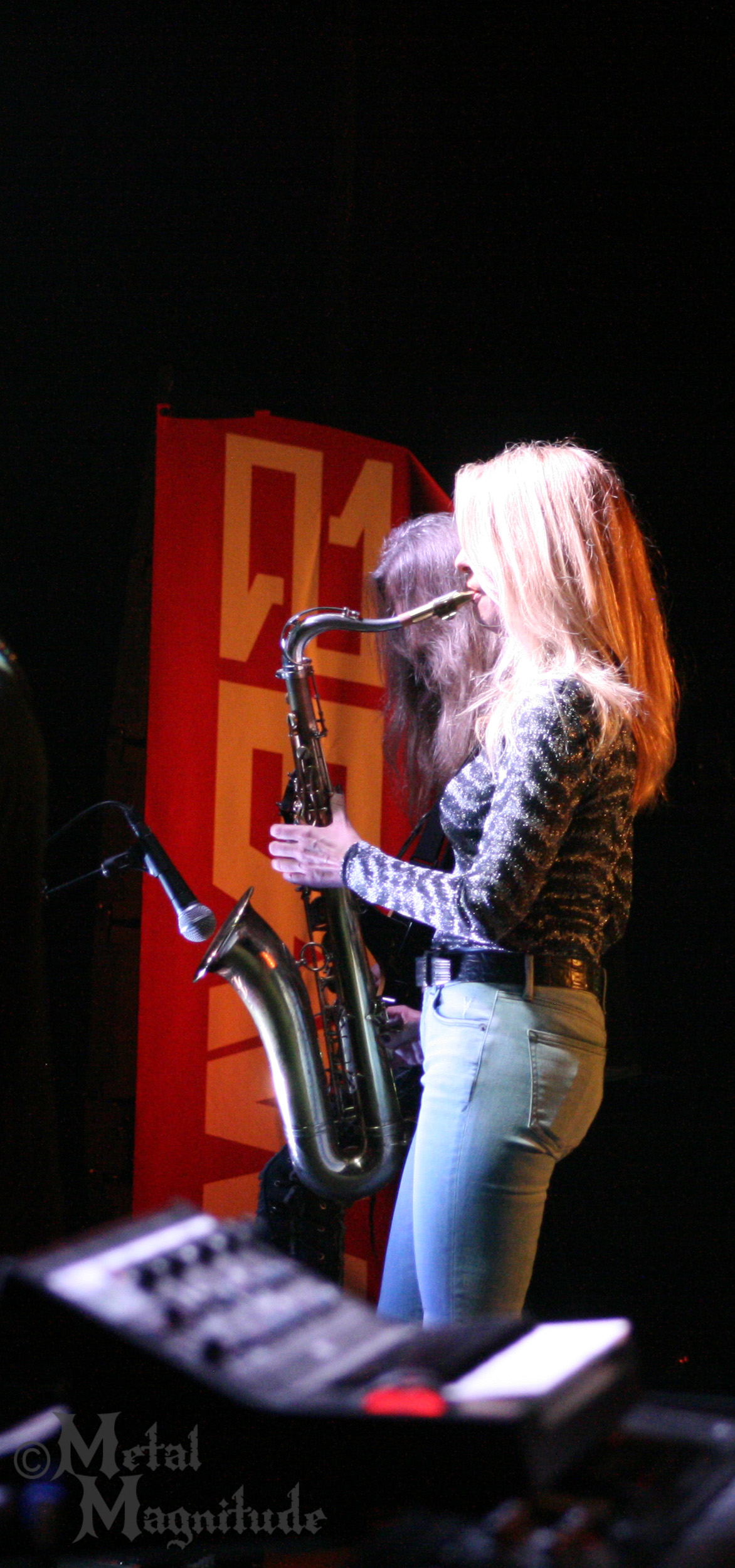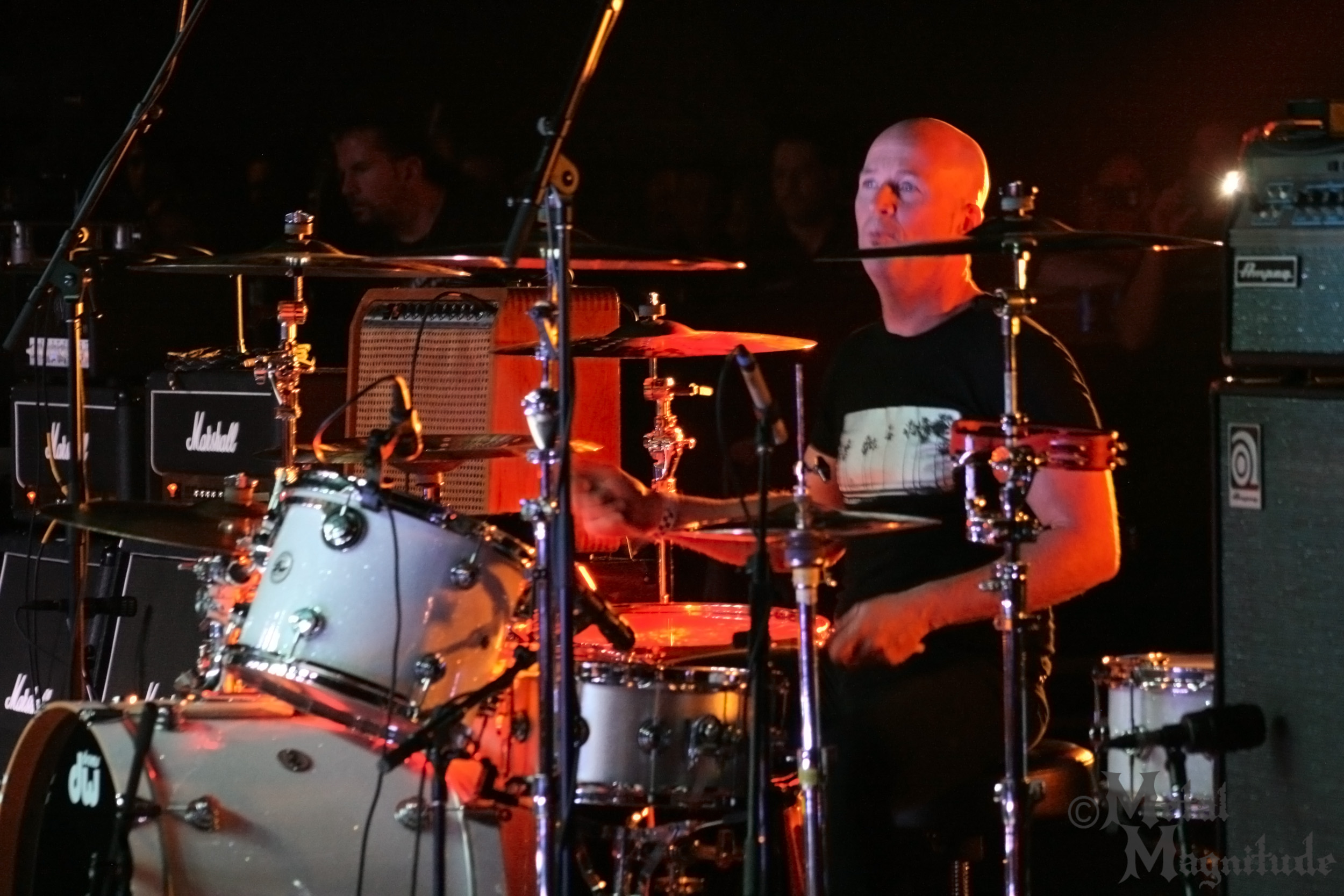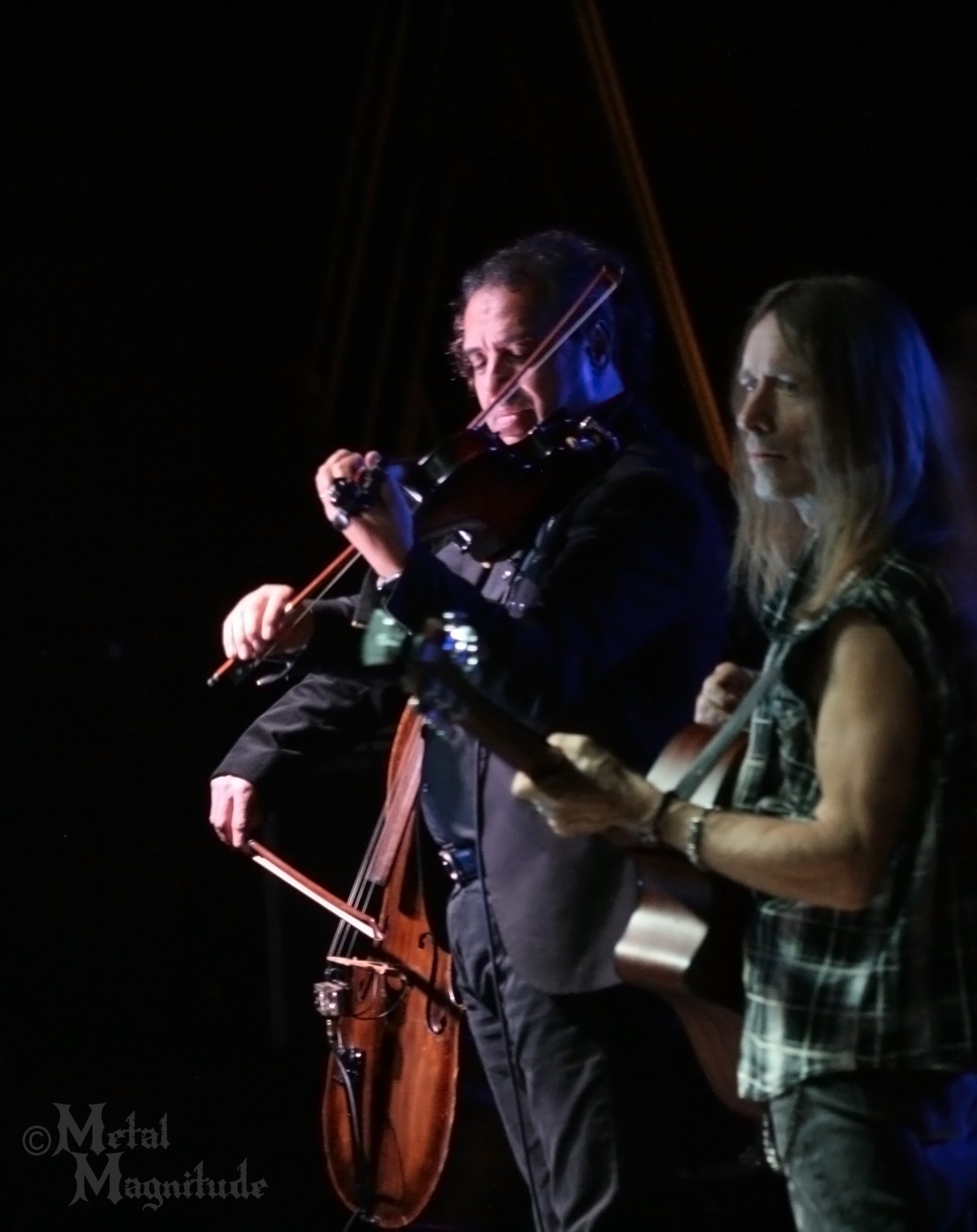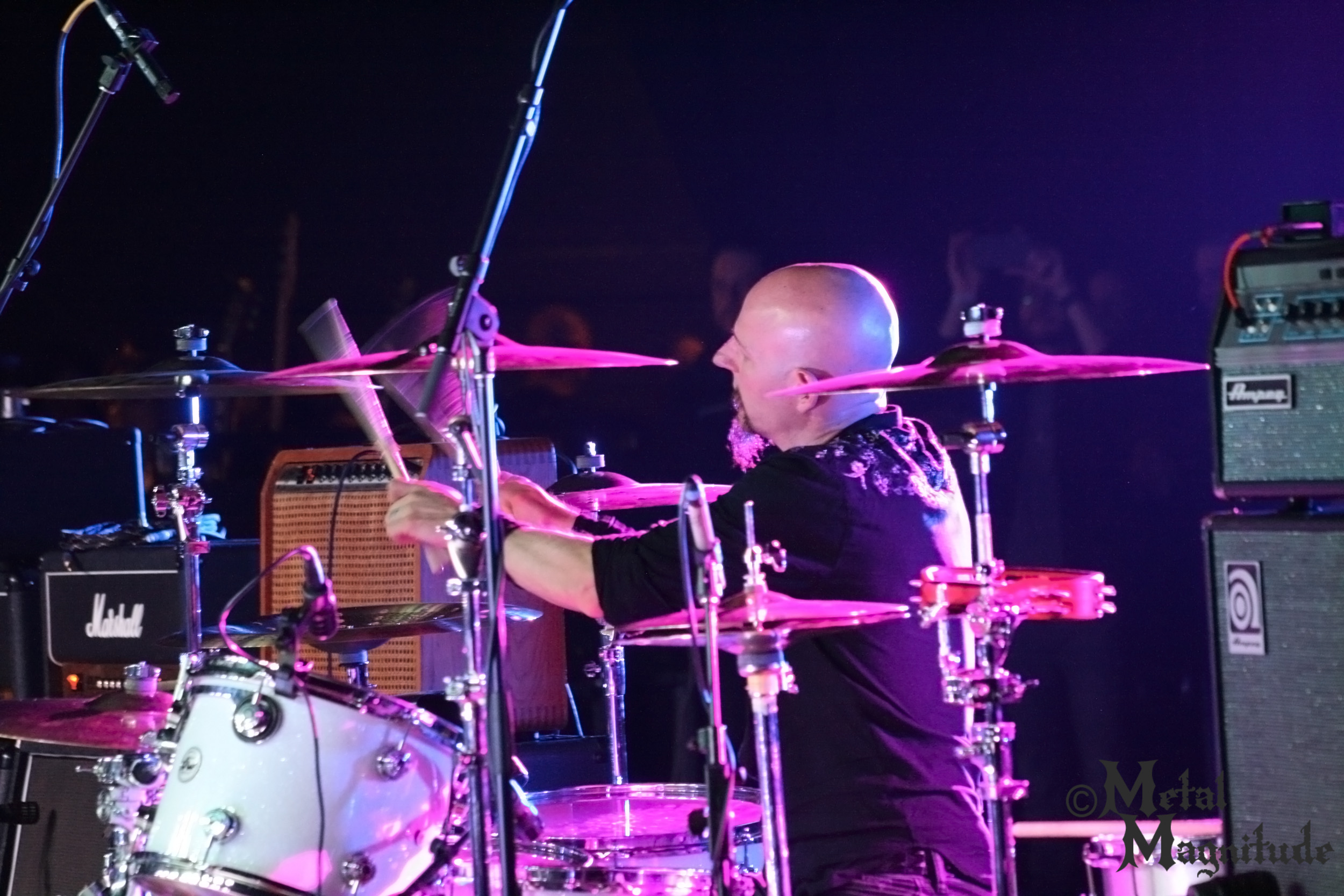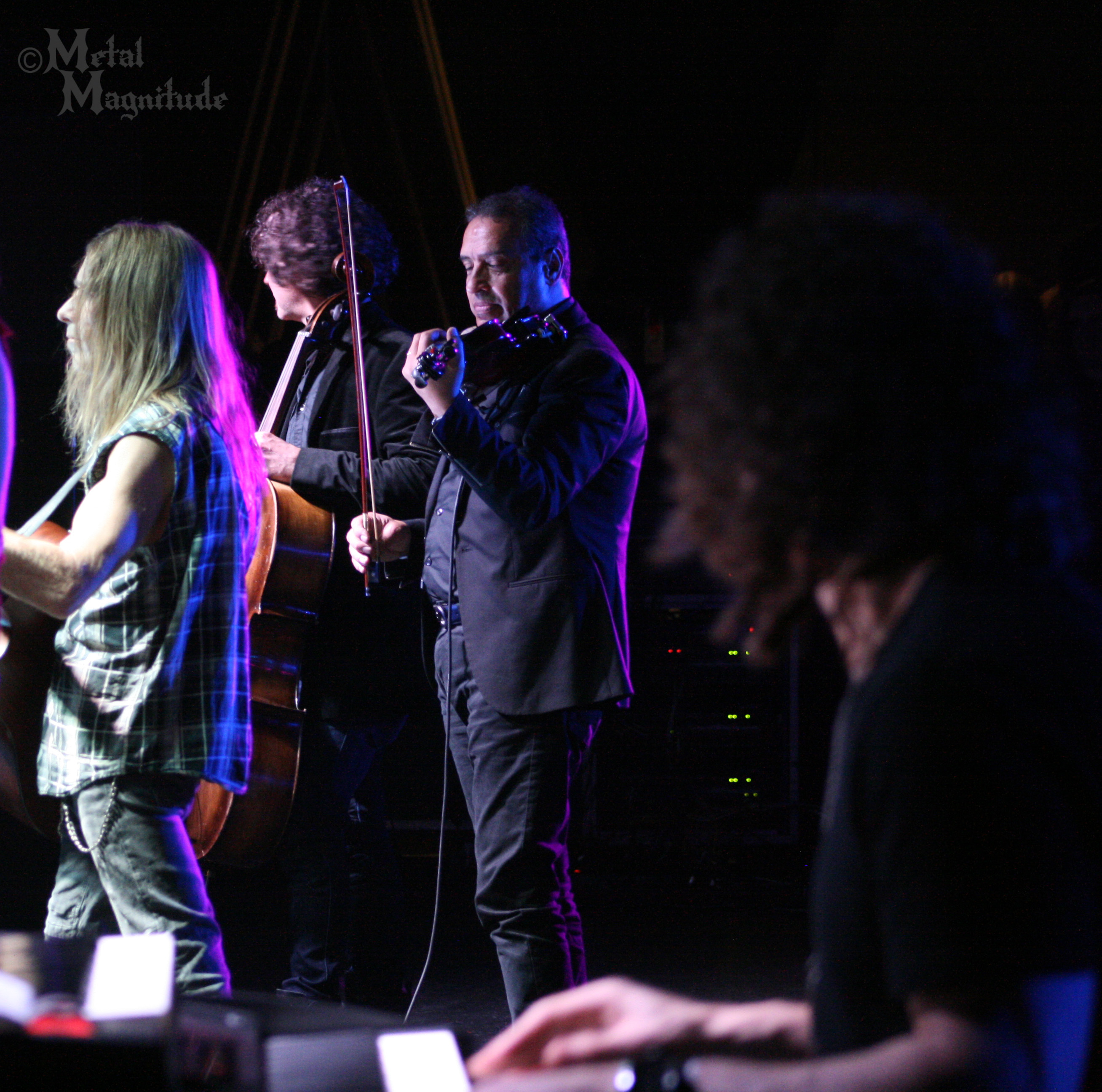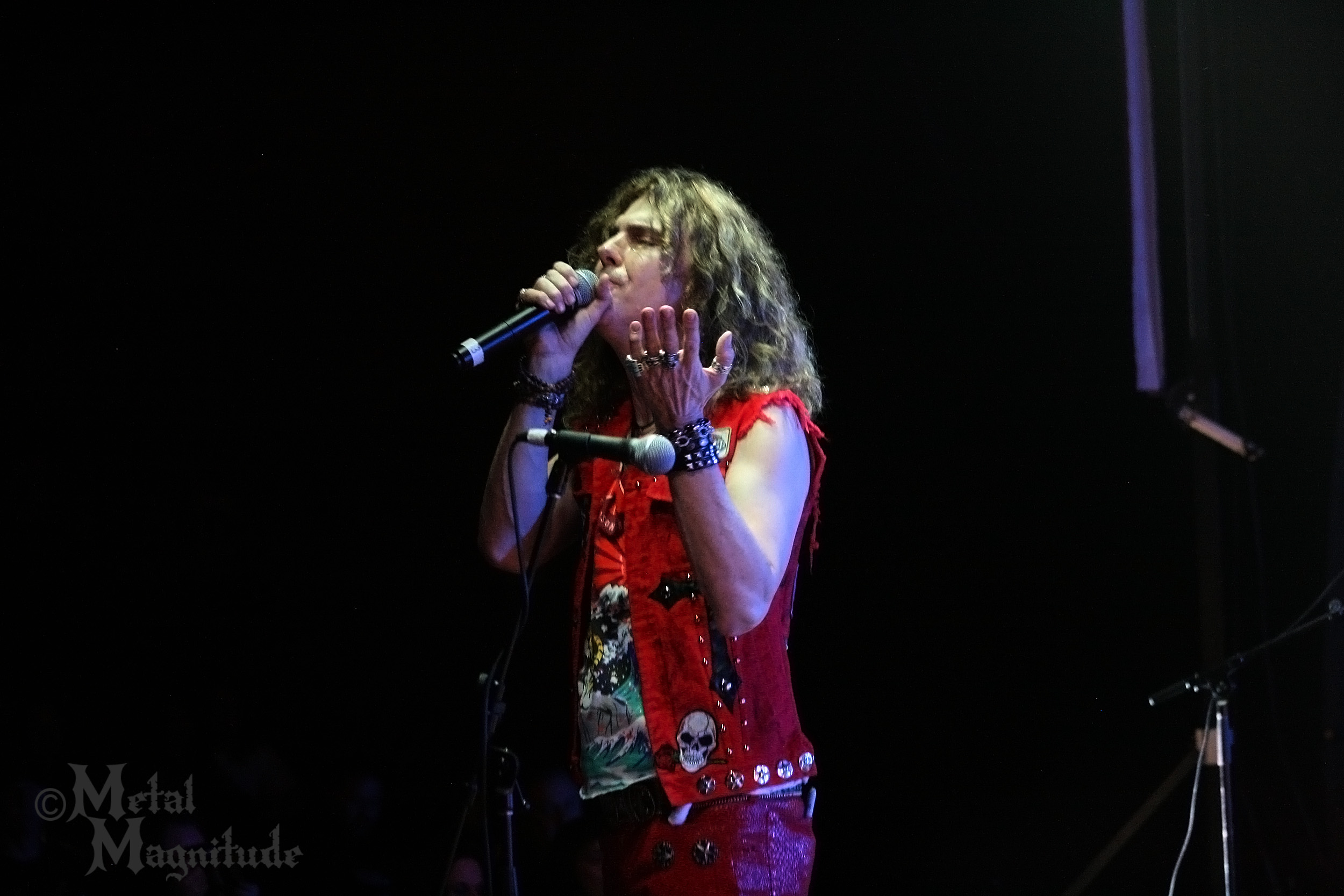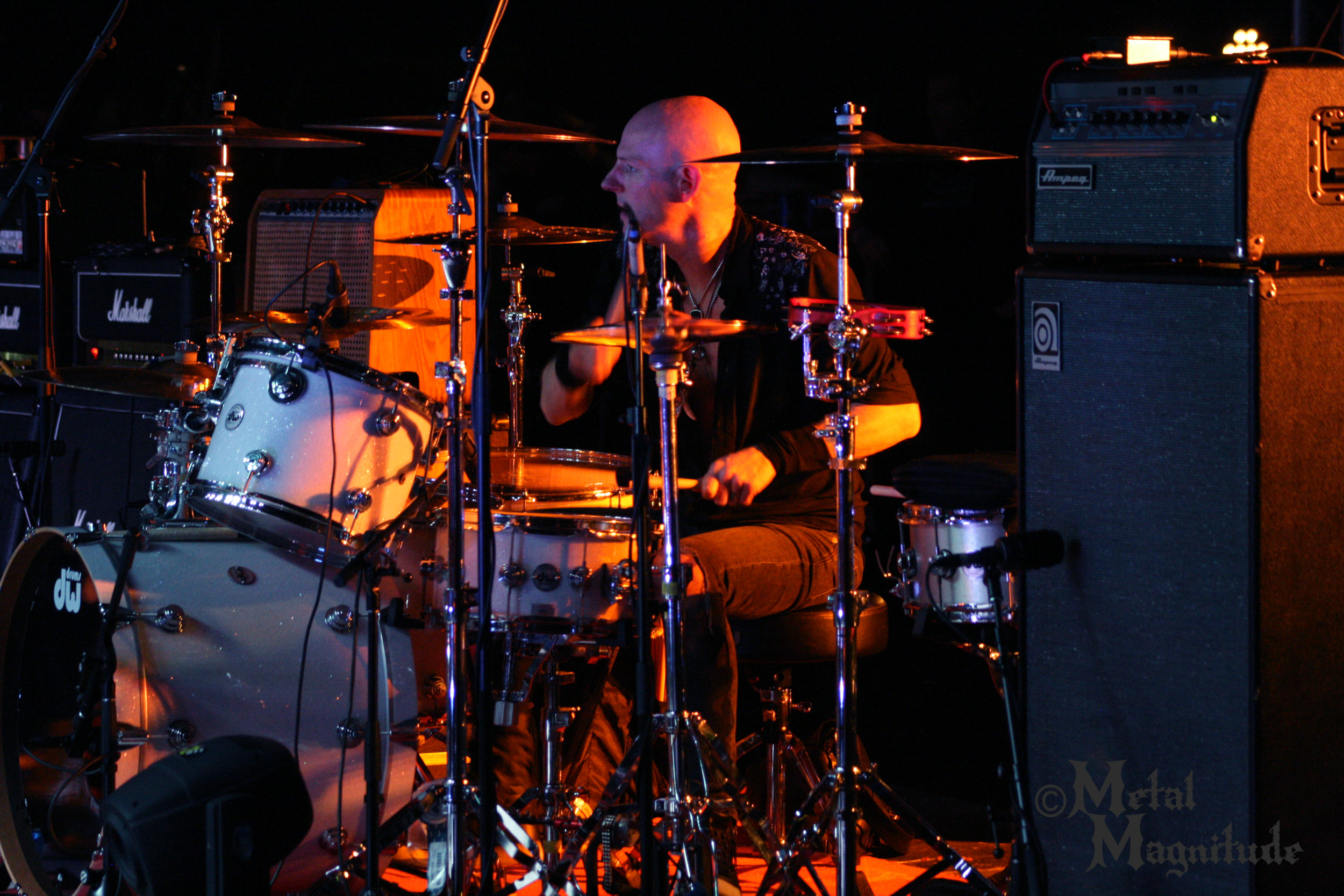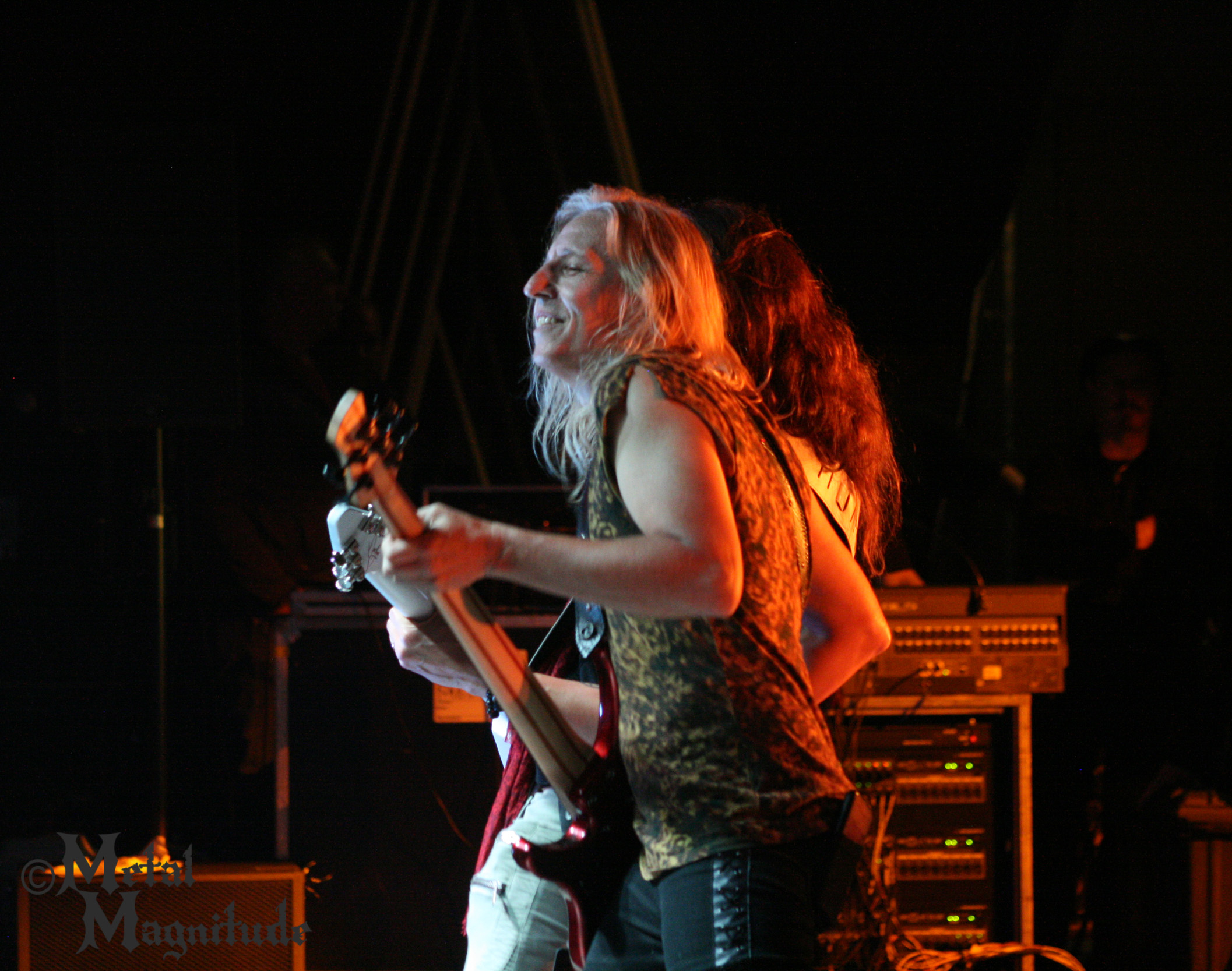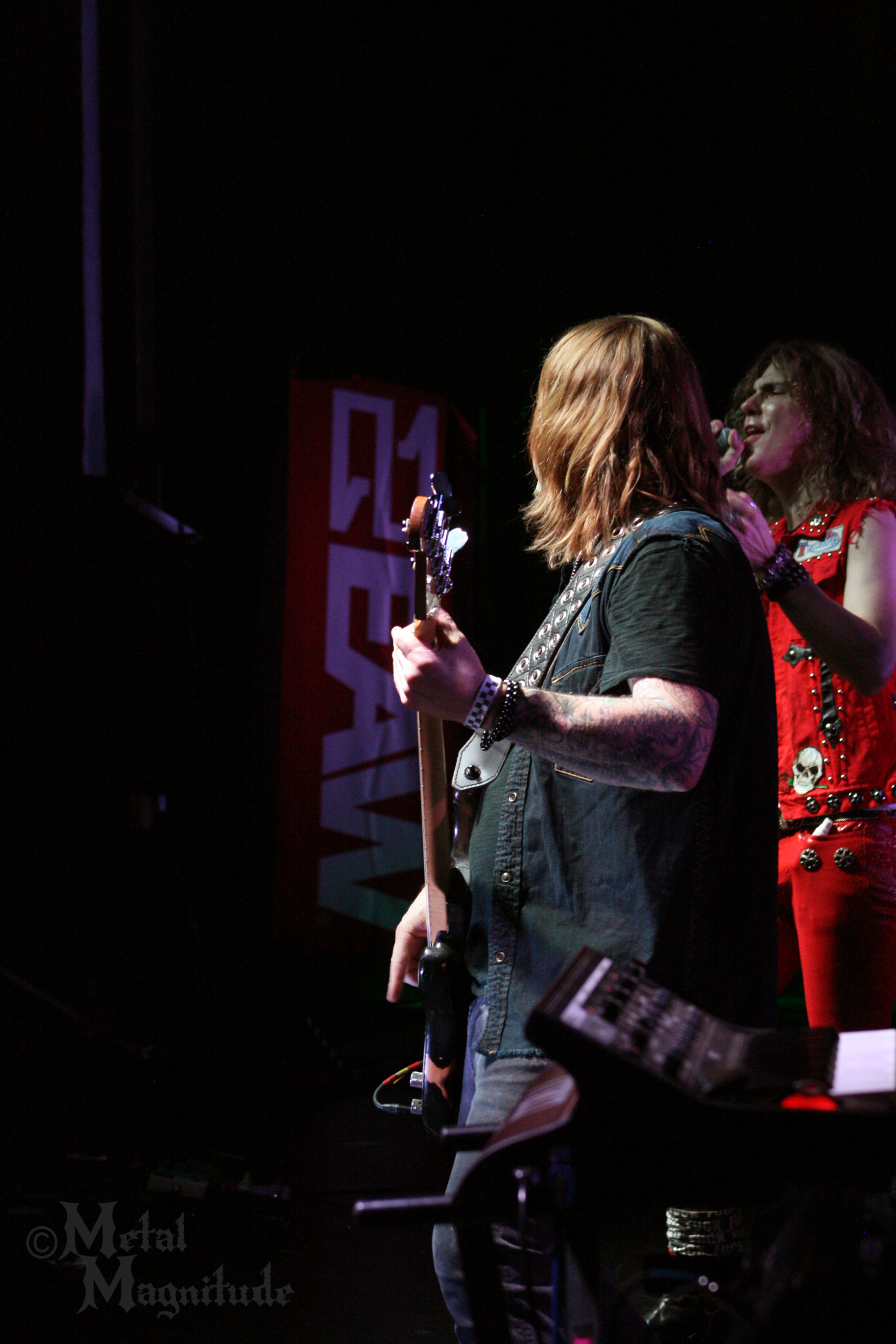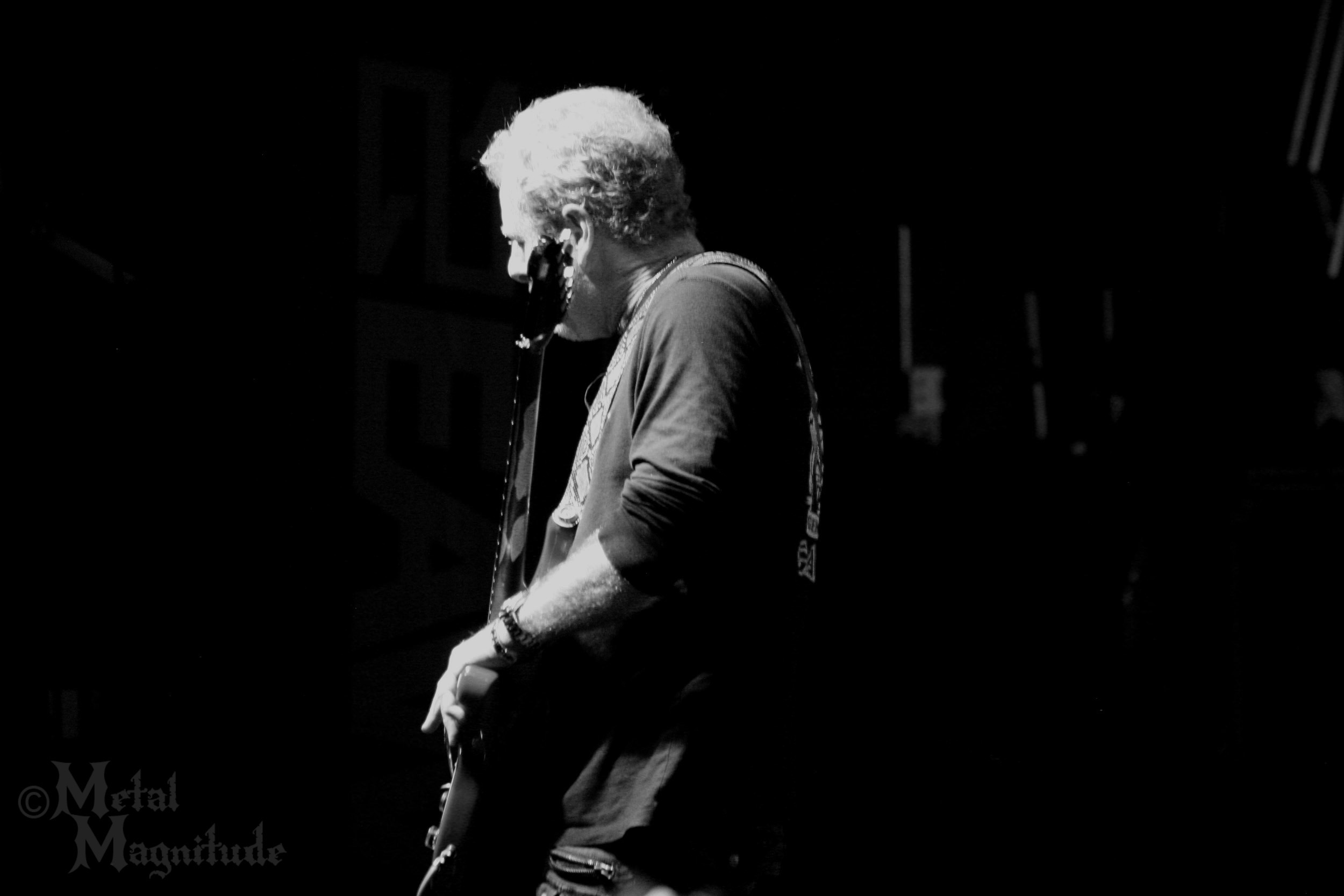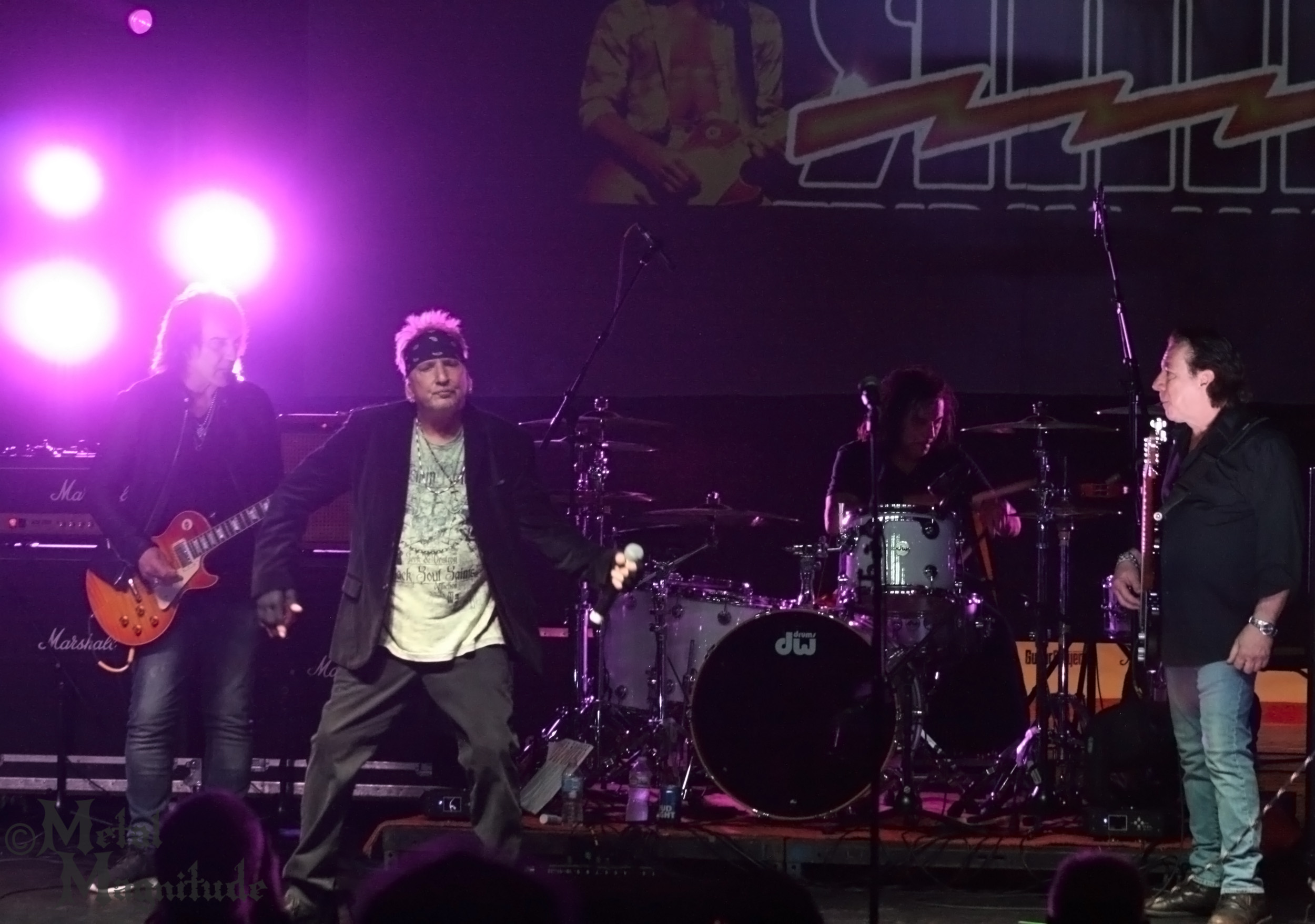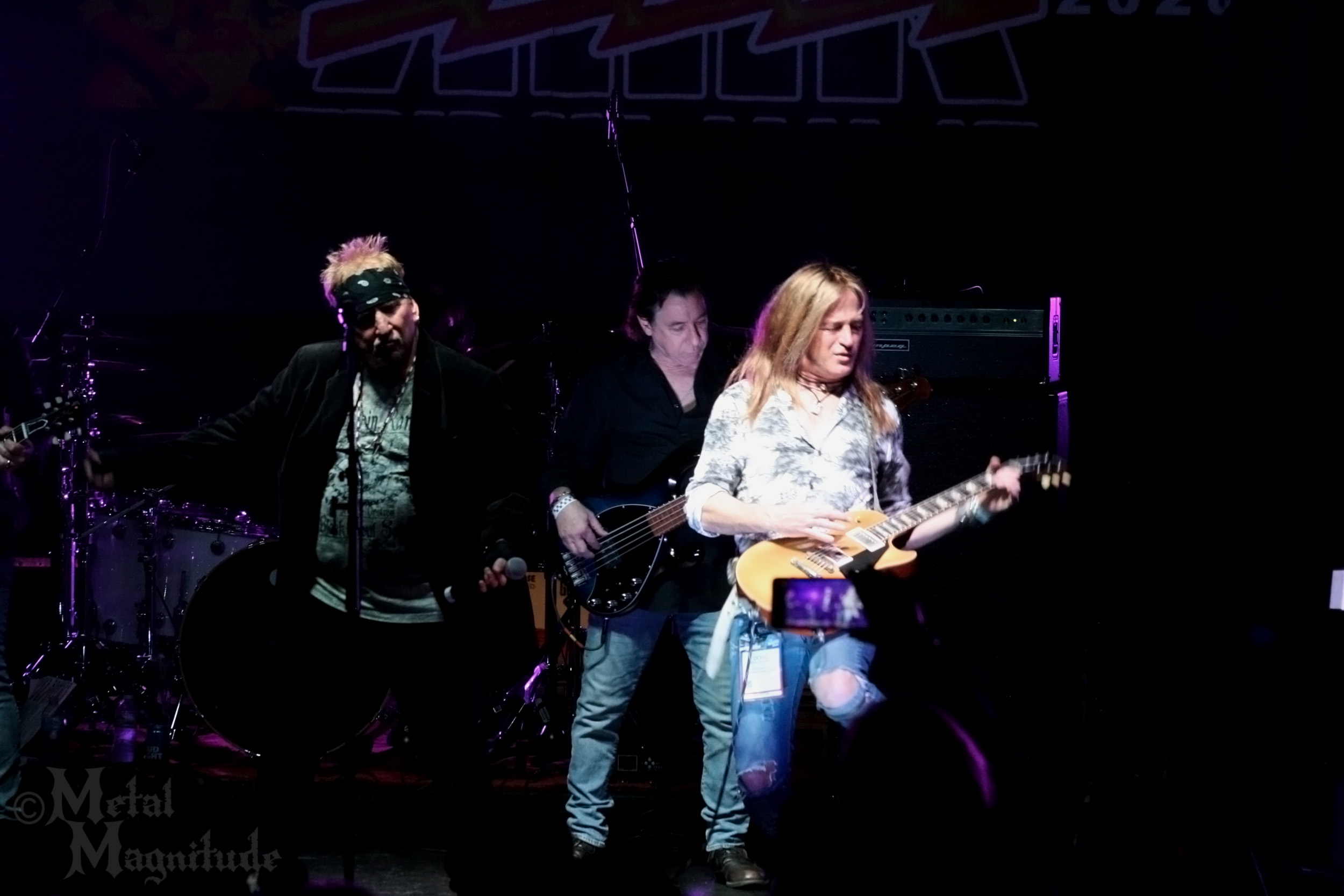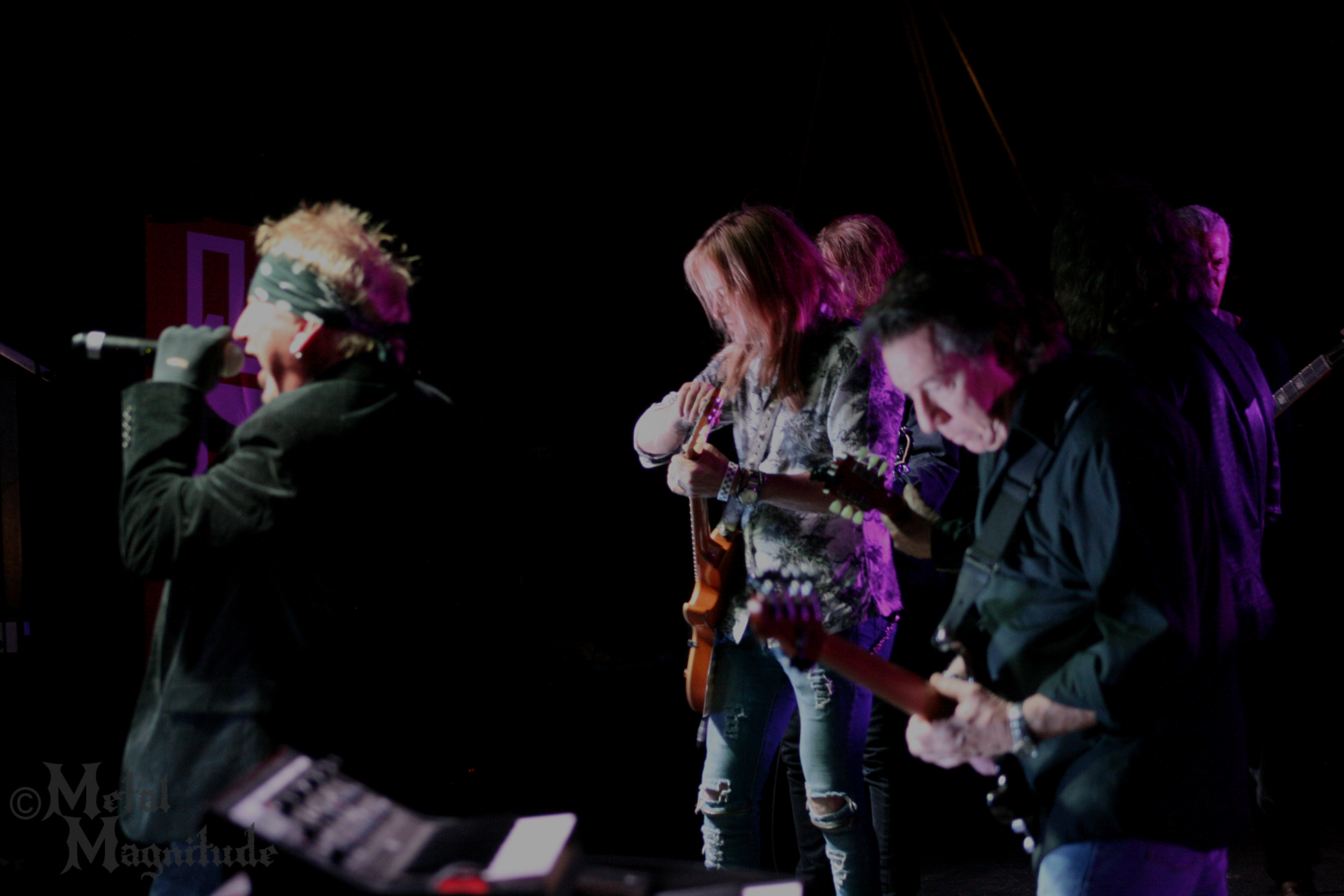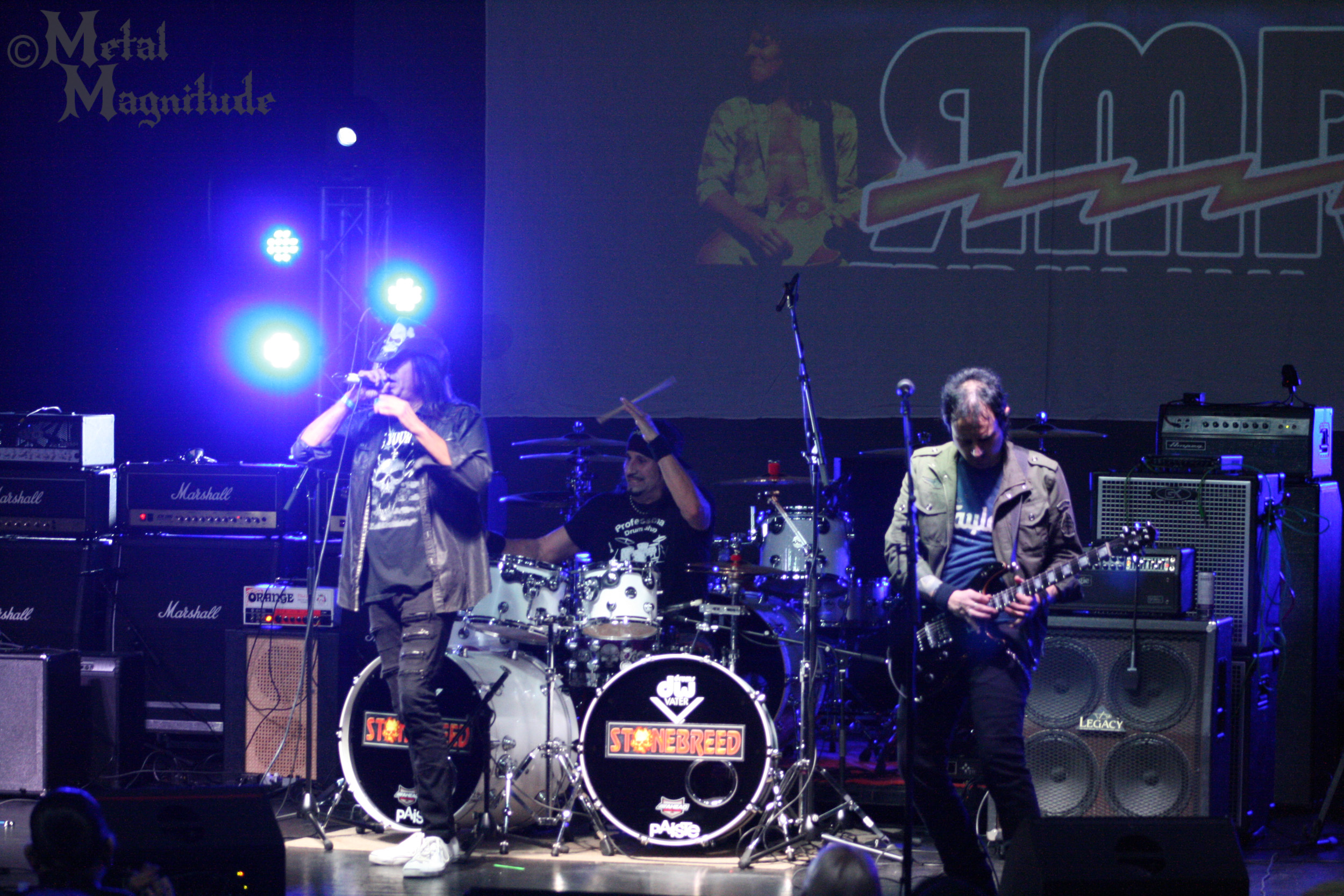



Guitarist Sammy Boller just made his solo debut with the instrumental album Kingdom of the Sun today, on CandyRat Records. We connected for an interview this week about his new venture into a solo career, his time in Citizen Zero, connections with Joe Satriani, Guitar World, and Friedman Amps, background as a musician, and more.
You’ve got the new album, Kingdom of the Sun coming out, and you have been a solo artist in your own right for some amount of time, so let’s talk about your first solo album, what are some things that went into it?
When my band got off the road a couple years ago, I started working on some new guitar techniques, and just came up with arrangements and melodies on the guitar, just for fun, and the more that I worked on it, the more melodies I came up with, and I started thinking I should really turn these into some full songs. So once I got a couple together, my best friend Steve Lehane is an engineer and producer and he works at Rustbelt Studios which is right by my house, and I was like, “Man, you want to try recording a couple of these, laying these down?”, so we turned a couple into full songs and we were like, “This is cool, we should finish this” *laughs*. So we did it kind of sporadically, wherever there was free time at the studio, we’d go in a couple of days at a time and lay some songs down. It took a while, but we finished it almost a year ago, I think we cut the last song in April of last year, and I’ve been sitting on it for a while, but sometimes when it’s your first album, it kind of takes a while to get all the finishing touches and everything lined up. So I’m excited to finally have it out, it’s going to be super cool.
That’s awesome, and it sounds like it came about very organically, you weren’t like, “Okay, I’m going to venture out and make a solo album now”, it was more of, “Hey, you know what? I think I’ve got something here, I want to roll with this”.
It was more for fun, yeah, but it’s one of those things where my old band was kind of ending when I started, so the timing just worked out. But for the first time as an artist and a guitar player, I feel like I’m at where I’m supposed to be in a sense, it’s a nice feeling, that you’re doing what you’re supposed to be doing, you know? It’s all good, it’s exciting.
And the band that you’re talking about, of course, would be Citizen Zero, so can you talk to me about that transition? You said the band was fading out while you were getting all this stuff into place as a solo artist, so how do you feel that band experience shaped you into moving onto the next step to do this solo instrumental work now?
I feel really lucky to have been in a band like that. I was actually just talking with a buddy of mine, David Black, he’s a phenomenal guitar player and an amazing musician. We were talking about how lucky we are to have been in serious bands that have toured and gone for it, you know, because it changes the way you play. I wouldn’t be playing the way I do now if it weren’t for being in a band for all those years. Also, just being in the music industry with them, putting a record out and touring and stuff, I learned what not to do and what to do when it comes to doing your own thing, you know? *laughs* It’s lucky I’m getting another go at it, because going into it completely fresh is tough, so I feel really lucky I’m able to navigate it a little bit easier than if, say, I would have done an album like this like five years ago.
What are some of the things you’ve learned not to do?
Well, I mean, it’s one of those things…my old band, we went through a lot of tough music business stuff early on, like the record label we were on went under pretty soon after our album came out, we ended up on another record label. A lot of times in the music business, things are out of your control, you know? So I think more than anything, I’ve learned to kind of proceed with caution on certain things. But it’s also, the music business changed so much even — that was 2016 when all that was going on, so in the past four years, for rock, it’s even changed since then. But I feel like I’m in a place now where the path is pretty clear.
That’s a good place for an artist to be, and that can be a difficult place, especially for new artists to navigate to, and I’m curious what kind of changes do you feel like you’ve seen, even in the last few years?
I think bands are starting to go a little bit more independent, depending on the genre, obviously – at least for straight up Hard Rock bands, just because a lot of labels are coming together. That was what was going on a few years ago, a lot of major labels were buying up smaller indie labels, stuff like that. Granted, what I’m doing now is different than what I was doing before, but I think, for me, the world I’m getting into, the scene I’m in, now it’s just completely different as far as being an instrumentalist. It’s a little bit more free to pave your own path, so it’s cool, but it’s kind of a challenge and I like that, I think it’s kind of exciting.
It seems like it, because instrumental is not something people always go for, up-and-coming guitarists, they usually want to be part of a band, or…I just feel like instrumental isn’t always the first choice of genre, which makes it really cool and unique to venture in that direction, following the paths of artists like Joe Satriani and Steve Vai, you know, the ones that usually come to mind for instrumental guitar. A lot of people are, maybe, too intimidated to follow that path sometimes? So kudos to you for heading in that direction.
Aww, thank you so much. I know you’re big on those guys, I am too, and especially when I was a kid, when I was trying to learn how to play, I really admired Steve Vai and Joe and all those types of players. Now, the electric guitar is so popular, it’s different than it was back then, obviously. Now there’s a lot more online, obviously that didn’t exist back then, but it’s a great time to be an instrumentalist now.
And speaking of online, you do a lot with Guitar World magazine, on the online spectrum, you’re not only just a player, you’re a teacher too, so how’d you first get involved with that?
I’ve been teaching since I was really young, I started giving lessons when I was in high school, just to make cash or whatever.
Good way to do it when you’re a musician.
Yeah, a lot of musicians teach, and I really love teaching too, it can be really rewarding. Now, I teach a lot more online than in person – I still teach a couple of people in my apartment, but the Guitar World thing came about a few years ago. The original Chief Editor of Guitar World, Brad Tolinski is from Detroit, and that’s where I’m from, and his brother used to come see my old band, Citizen Zero, all the time whenever we played in town. And he told Brad about me and said, “Hey, you should check this kid out”, and Brad was super cool, I think it was the Detroit connection. But he said, “Hey, if you want to do a couple of lessons, go for it”, so I did a few, and then he said to keep it going, so it turned into more of a column. They’ve been really, really supportive, and I just did a bunch more, so there’s going to be some new ones coming out. I haven’t updated in a while just because I’ve been kind of busy.
So for the column, how do you go about coming up with what you’re doing for the lesson, are there specific topics, or you just say, “You know what? I feel like teaching *this*”?
They let me do whatever I want, it’s cool. The majority of those are from a couple of years ago, but for me, I wanted to do more all-encompassing techniques, like things that you can own, maybe you can take it and run with it, as opposed to specific licks or something like that. It was more of a conceptual type of column. The series I’m doing now, since I’ve been doing more of the two-handed tapping melodies, I’ve been doing a couple of lessons on those, riffs from some of my songs, and just some exercises you can practice with that technique. Then, I’m going to show a couple of leads from the album too, sections of them. So it’s changing a little bit, but it’s all in the same vein. When I first started the column, it was more things that you can turn into your own, that’s a big thing with teaching for me, the goal is for the student to find their own voice, I think that’s really important.
You were talking about record labels before, and I’m curious because I saw Kingdom of the Sun is on CandyRat Records, is that an independent label?
Yeah, CandyRat’s an independent guitar label out of Milwaukee, I just signed with them at the end of last year, but they’ve been awesome to work with. The owner, Rob Poland, is a really great guy and they’ve been super supportive and helped me finish the album and get it out, so it’s been really great to work with them. I feel really blessed because now I have a lot of great people helping me, which, that’s just a blessing to have anybody believe in you and help you with your music, you know?
So you had already started the album – like you said, you just started it for fun, you weren’t necessarily planning out labels and how it was going to be released, but then CandyRat just came up along the way?
Yeah, it was already done, I finished it first. I have a lot of kids that I teach ask me those types of questions, like how do you get a record out, stuff like that. But there’s no set path to do it, for me, I knew I definitely wanted to finish it first then try to figure out the release later, but not everybody does that – sometimes, bands get signed on demos, they’ll be doing it for five years, then they get to a record – but, there’s a million different ways to do it now. I just like to play, I focus on the music and write songs, so for me, if I have people helping me out with things like that, it makes a big difference.
Of course, the more you can focus on what you do best and what you want to be doing, the better. Now, let’s go back in time two months to NAMM, actually, which is where we met, and you were representing Friedman Amps.
Yeah, I play Friedman Amps, and actually Dave Friedman, he’s helped me out so much, he’s a well-known amplifier designer for Friedman Amps, he was really well-known even before that, because he’s worked with all the big guitar players, he’s worked with Van Halen, Slash, and all that, so he’s just a real connoisseur of guitar tone, so we’ve become really tight friends from doing guitar clinics together and stuff like that. We travel all around and hang out, he’s a super good guy, man. He’s taught me a lot about guitar tones and about music.
That’s awesome. So, that’s what your NAMM activities consisted of, the connection with Friedman, and you were doing some demos at the booth – talk about your overall NAMM experience.
Yeah, we were playing two performances a day, I was doing some songs from my new album, and then my friend, Dave Black, who we were talking about earlier, did a couple of his songs, too. Dave Friedman introduced me to him, and we’ve become really tight friends, he’s one of my favorite guitar players, so getting to spend time playing with him is really fun.
Of course, and you were telling me about the Detroit connection there with the classic Detroit band he was in —
Seduce! Great, great. They’re awesome, man, they still play a couple times a year in Detroit and they always pack it out. Whenever they play a show, it’s just slammed to the wall, I think they intentionally oversell the place, it’s pretty cool.
Awesome! I love when there’s that local celebrity status, especially with classic bands, wherever they’re from, the hometown holds onto them like that, I love that.
Oh yeah, it’s crazy, they definitely have that going on here. But I gave my buddy, Frank, who lives in Nashville, a Seduce shirt after I went to see them a couple of years ago, he’s a bartender and he wears it, and he calls me like, “Every time I wear that, somebody comes up to me like, ‘Dude, you know that band?’”. They’re kind of underground, they’ve got that thing going on.
Underground legends, if that’s a thing? *laughs*
Yeah! Even after all these years, it’s really cool.
Since we’ve been talking about NAMM, I do want to talk a little bit more about gear, do you exclusively use Friedman Amps, or do you have a whole array of gear that you use?
No, those are my main amps for sure. The amp that I use is the BE-100, on the record, that’s the main sound. And I’ve been using their guitars too, there’s the NoHo 24, it’s like a Superstrat-type guitar, they’re just an awesome company, man. All their stuff is top notch, and what’s really cool is it has really powerful guitar tones, but they also have super modern features. For me, I started using one of the amps because all the stuff I do goes from really clean to really heavy, really fast. So with them, they’re the only amps out there that have the versatility where you can set that all in one amp, you don’t have to use a lot of different gear.
So is it a digital modeling amp?
No, it’s a tube amp, the one I use is a British-style tube amp. I’m more old-school, like a classic plug into a half stack and go, you know? It’s more rock ’n’ roll.
Yeah, totally old-school rock ’n’ roll vibe! I mean, that’s what made me stop in at the booth you were playing, I feel like a lot of people were drawn by that too, it’s like, “All right, this sounds old-school, but he doesn’t look that old-school, so let’s check this out!”
Ah, there you go! That’s awesome. Yeah, they’ve got a really neat setup because you can really crank up in the sound iso booth, crank up and wail and not get attacked by the NAMM police who walk around, I don’t know if you saw that.
Oh, yeah, that was happening so much in the drum room – actually, you know where that happened was at the Sawtooth/Chromacast booth, and Vinny Appice was doing drum demos there, but he literally kept getting shut down. NAMM police kept coming by like, “Hey, you’ve got to quiet it down”, he was like, “yeah”, then just goes back to playing full blast.
That’s hard to tell him to play quieter, he’s a total legend.
Exactly! So we’ve talked about some of your influences before, obviously in the instrumental guitar vein, the Steve Vai and Joe Satriani world, and actually, I heard that you were handpicked by Joe Satriani himself for one of his competitions?
Yeah, it was a few years ago. There was this Guitar Center contest for covers of Satriani’s songs, and I did a cover of “Satch Boogie”. It was cool because he picked ten winners, and we got to go to LA and watch him do a master class, it was really cool and I’d never been to LA before, that’s a crazy way to get out there for the first time. It was sweet! And just getting to talk to him for a few minutes was cool, he’s the nicest guy.
That’s a very rock ’n’ roll way to go to LA for the first time, too.
Yeah, it was awesome! It was a short trip, I think I was 19 or 20 at the time, and it was cool.
Aside from the instrumental shredding, what would you say some of your other influences are?
You know, I grew up a metalhead like you. I started out getting into rock with Van Halen, Ozzy, the classic stuff. And that’s kind of where I really started to learn how to play guitar was trying to learn some of that stuff, but after that is when I really got into more instrumentalists, Steve Vai, Joe Satriani, and…I really love Paul Gilbert too, if you’re into him.
Yeah, totally!
He’s a total badass. So those were the ones when I was really cutting my teeth, starting to play. Now, I listen to all kinds of stuff though, I listen to a lot of singer/songwriter type music. I do a lot of production stuff in Detroit, with my buddy Steve, who produced my album, but we’ll produce stuff together a lot. We don’t only do rock records, we just worked with this great folk band named Jackamo, they’re a local band. And we did all kinds of stuff, we worked with this great band from Louisiana called Whale, they’re more like Alternative Rock. So even though I’m definitely a metalhead at heart, I love all types of music, and I love playing all types of music.
That’s cool, especially when you’re into production, you have to have that open mind to different kinds of music.
Oh yeah, and one thing when I’m teaching, I always try to tell kids, no matter what musician you’re playing with, you can always learn something from them, everybody’s got completely different backgrounds. There’s always something you can learn from other players, and working with other artists. It’s cool to work on a song and not just be playing guitar on it, too, you know? It’s exciting and fun.
With your students, do you get a large majority of them saying, “I want to do heavy metal, rock ’n’ roll”, or is it just all over the place?
It’s a little bit all over. And lately, I’ve been doing a lot more of the two-handed tapping stuff, so I end up teaching a lot of that. It’s a lot of that and then a lot of shredding, which is fun, but it’s always changing.
People don’t exactly become shredders overnight, so I know you said you were originally cutting in to Van Halen and Ozzy – were you more of the listen, play it by ear and try to figure it out type, or did you have tabs, formal lessons, or maybe a combination of it all? How did you actually learn?
Aww, thanks, good question. You know, I started before YouTube, so I’m really lucky I’ve been around music my whole life, my parents are both musicians.
That helps.
Yeah, it helps a lot. I started playing piano when I was 5, and I took lessons, but I started playing guitar when I was 10, and mostly learned by ear. I had this program on my computer that I still have, it’s called Transcribe, you can slow stuff down, so I’d just spend hours and hours slowing down stuff and trying to figure it out. Solos, whole songs, and albums, but I’m lucky because doing it that way when you’re that young, inevitably, you have some stuff you’re just not going to get right. So my dad would come upstairs and be like, “Man, you’ve got to listen to that again, that’s just…that’s not happening”. *laughs* But it helps, because now it’s so easy to just look it up online, but learning like that really forces you to just work on your ear. And it was the early days of tabs, like MXTabs, I used to use that a lot, and unfortunately, a lot of those tabs were totally off, so navigating through the sea of tabs online is interesting.
That’s still a thing too, that’s difficult when you pick one out like, “Okay, this looks good”, then play it like, “Wait, that does not sound right at all”.
Yeah, it’s crazy, so I was mostly by ear. When I got to high school, the orchestra director at my high school was formerly a classical guitar instructor at Wayne State, which is a big college here. His name is Peter Tolias, and he started showing me how to read music on guitar, and he got me into trying to play Jazz, learning the changes and stuff like that. I started studying my music theory with him, so I guess that was the initial way I got into playing.
Jazz is tricky, man. When I was in college, I took jazz guitar lessons, and that was some of the hardest stuff I’ve ever done *laughs*.
Oh nice! Awesome, that’s cool, yeah, I was like a jazz guitar major in college, too, I didn’t make it, I only did it for like three semesters, then I started playing in a band, so I split. *laughs* But, I feel really grateful for that time, I went to University of Michigan, and they have a really unique program called Jazz and Contemplative Studies, so for me it was jazz guitar, and the Contemplative Studies part was meditation in relation to music, which was super super great, I feel really lucky to have been in those classes. I think out of everything in school, that was probably something I got the most out of.
Wow, I need to hear more about this, that is an extremely unique program in terms of incorporating the meditation. That’s really cool.
It’s really unique, I think the guy who started the program is a guy named Ed Sarath, and last I checked, he was still at the school. It’s really cool – more than anything, with music, in order to be playing from your heart, you’ve got to be totally in the moment. Music is a direct reflection of who you are, so the more you work on yourself, the better your music gets, you know?
Absolutely! Do you feel that you’ve continued to incorporate that thought and philosophy as you continue on?
Yeah, and I’ve especially delved back into it the past few years pretty hardcore, so I feel like now it’s a huge influence on the music I make for sure.
That actually reminds of something you had mentioned before, about Ram Dass? Can you talk more about your connection to him with your music?
Oh, I love him, yeah, he’s one of my favorites. I was kind of going through a tough time a few years ago, and I read Be Here Now, that was his famous book in the ’60’s, when he just got back from India. That book just totally flipped my world around, and I started really getting into — he met an Indian Guru while he was there named Neem Karoli Baba, and that’s the big part of Be Here Now, and I started reading a bunch of books about him after I read that, and there’s actually a song on the album called “Cloak of Light”, which, that’s my favorite song on the album, I actually sampled that Guru chanting the Indian chant “Ram”, it’s at the beginning of that song, it’s actually at the bridge and the end, but you can hear him chanting, we tried to incorporate it in the melody, so it was kind of cool. That was my little tribute to him.
That’s awesome, and also very unique, and I feel like that just ties right back to the unique program, unique perspectives, and that aspect of your life that you’re putting into your music. It’s good when there’s a very personal touch thrown in on an artist’s album, and that’s something that’s personal to you.
Aww, thank you so much. I don’t know, I feel lucky to be able to do something like that, it’s just fun.
So let’s get back to the album, then, Kingdom of the Sun, and what you’re looking forward to – you said you were booking some tour dates, so that’s going to be your solo work, and what else can we expect?
That’s pretty much it for right now, that’s what I’m working on. We just did a video for “Cloak of Light”, so that’s coming out the same day as the album. After that, we’re just going to be going on the road, I’m excited to go out with my band, my band are my best friends, so I know it’s going to be a blast.
How did you gather your current band, everybody that’s going to be going out with you?
Well, Steve plays bass, he’s my buddy who produced the album, and he’s like my best friend, so …
So he has to be involved, pretty much.
Yeah, of course. So even though the album’s under my name, he was a huge, huge part of the album. And then on drums, we have my buddy, Miguel Gutierrez, who I was just hanging out with earlier today, he’s a phenomenal drummer and another really good friend of ours. So it’s just a three-piece, and it’s killer, really fun. It’s cool being in a band like that where it’s just guitar, bass, and drums, it’s kind of like an open palette to work with, you can really take up a lot of space.
Definitely, a lot of room for jamming there, I feel like when rock power trios happen, they almost recall jazz trios in a sense, with three instruments just going off.
Oh yeah, it’s really fun, and I’m lucky because the guys in the band are such amazing musicians, it’s just a real pleasure to play with people like that, you know? They hold it down so hard, I feel like I’m free to do whatever I want.
Yeah, that’s awesome. It sounds like you’ve got a lot of great stuff going on, I’m looking forward to the album and I know it’s going to be a great debut solo record for you!
Thank you so much, Chelsea!
Keep up with Sammy Boller here: https://www.sammyboller.com/, and find his solo debut album, Kingdom of the Sun in physical and digital form here: http://smarturl.it/kingdomofthesun.




